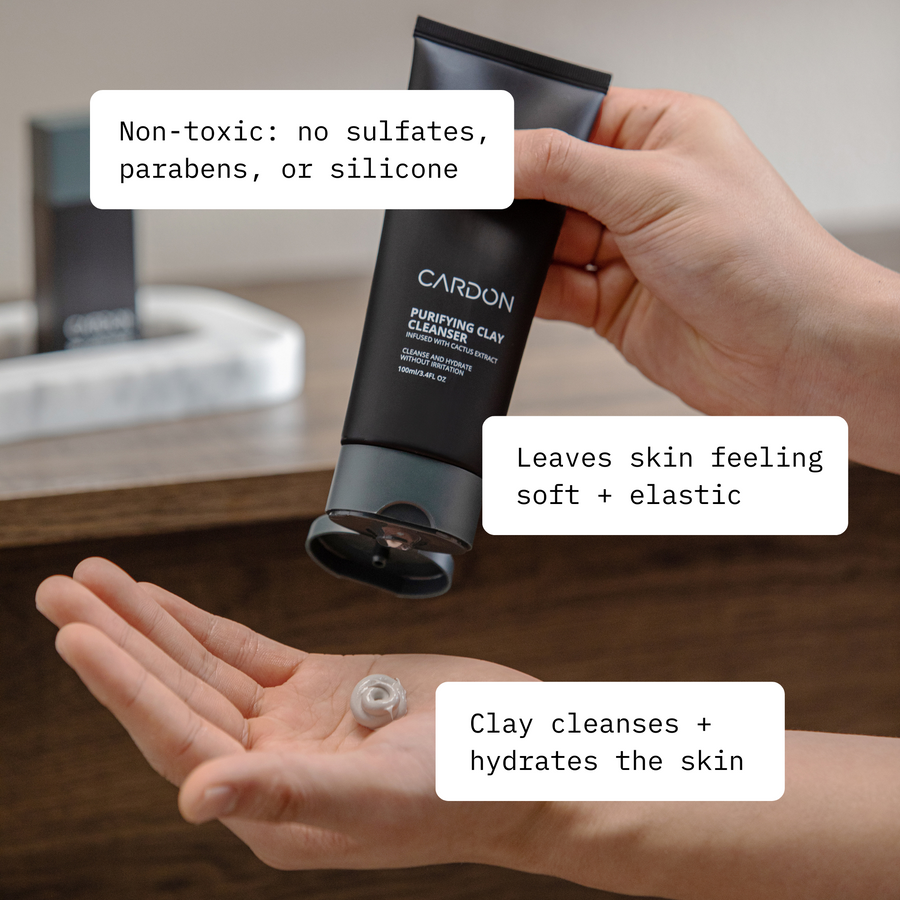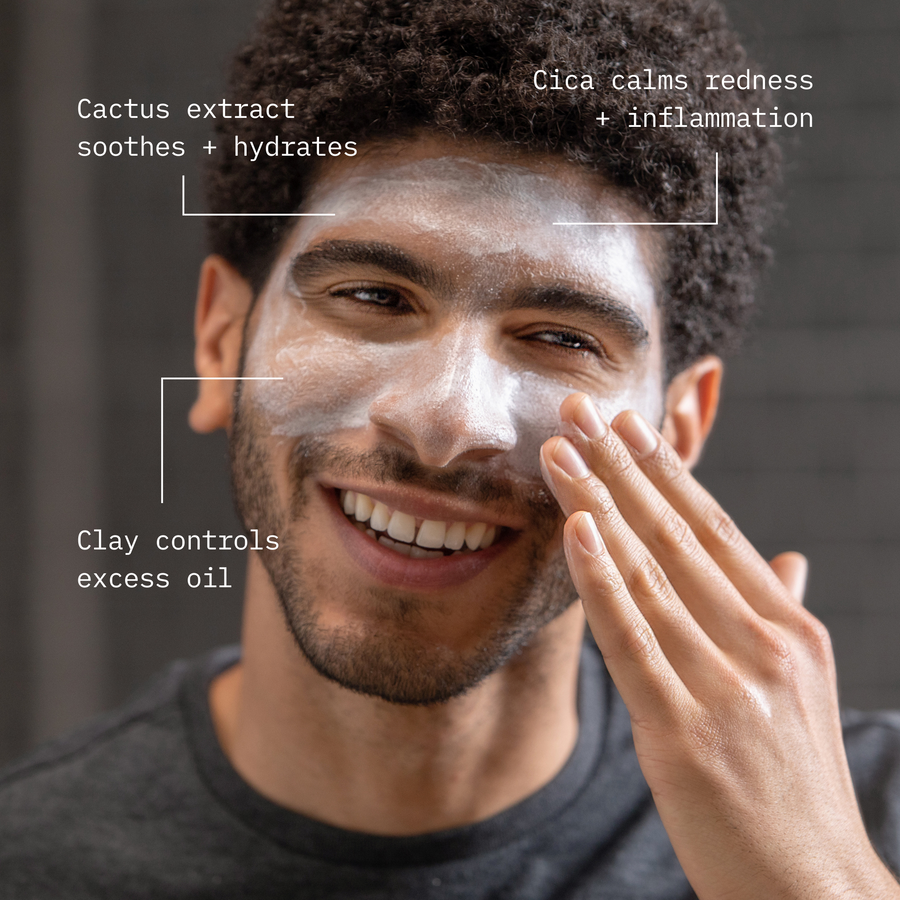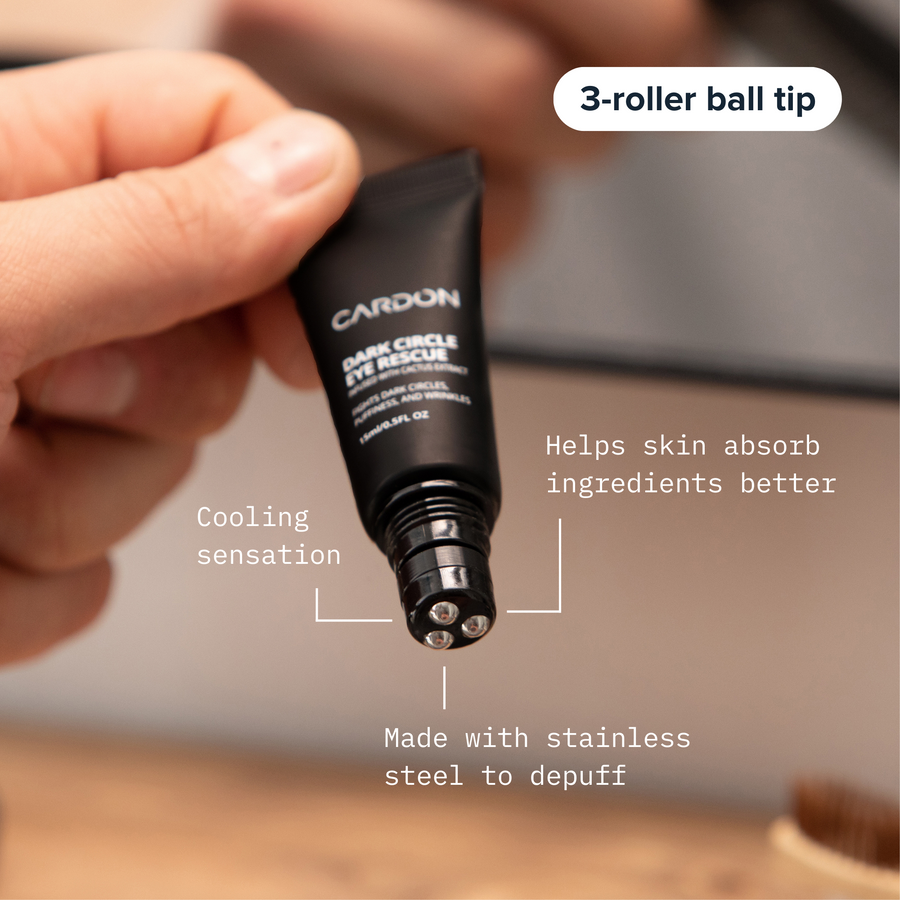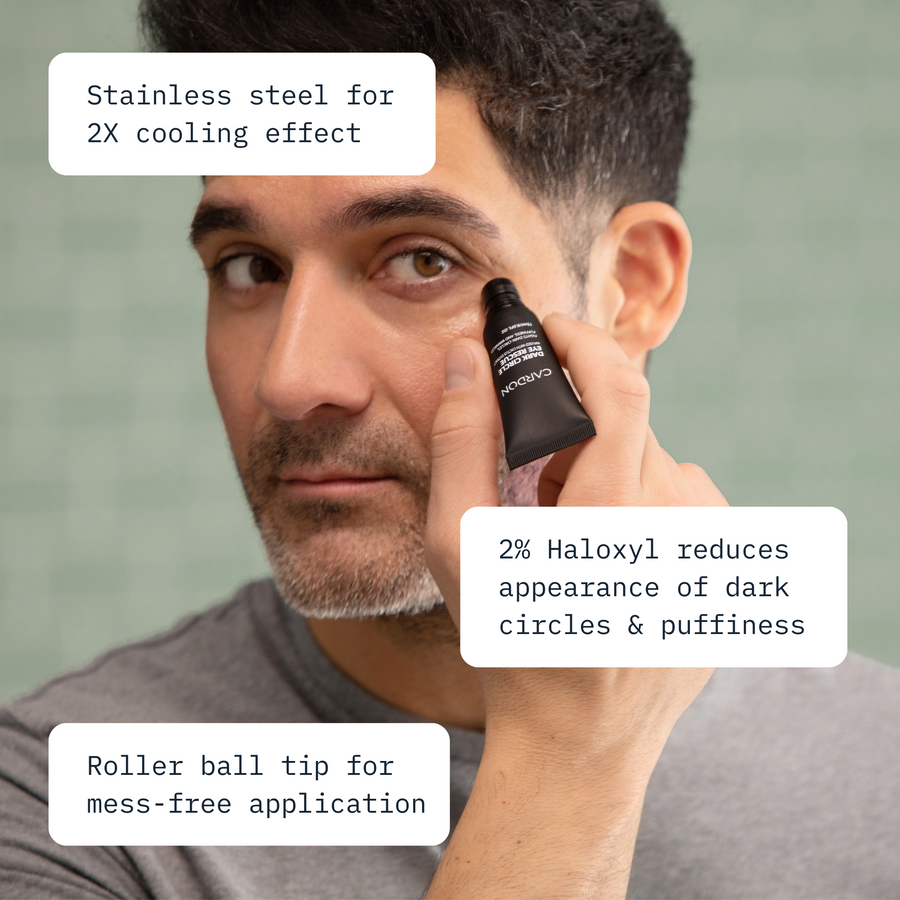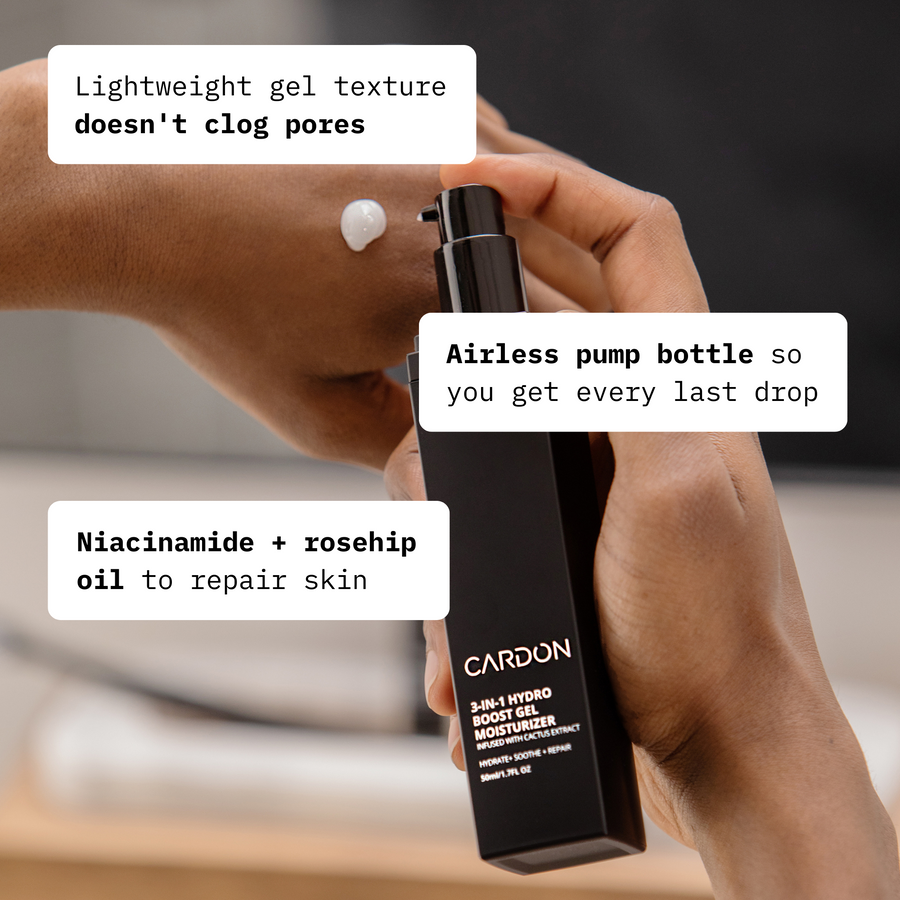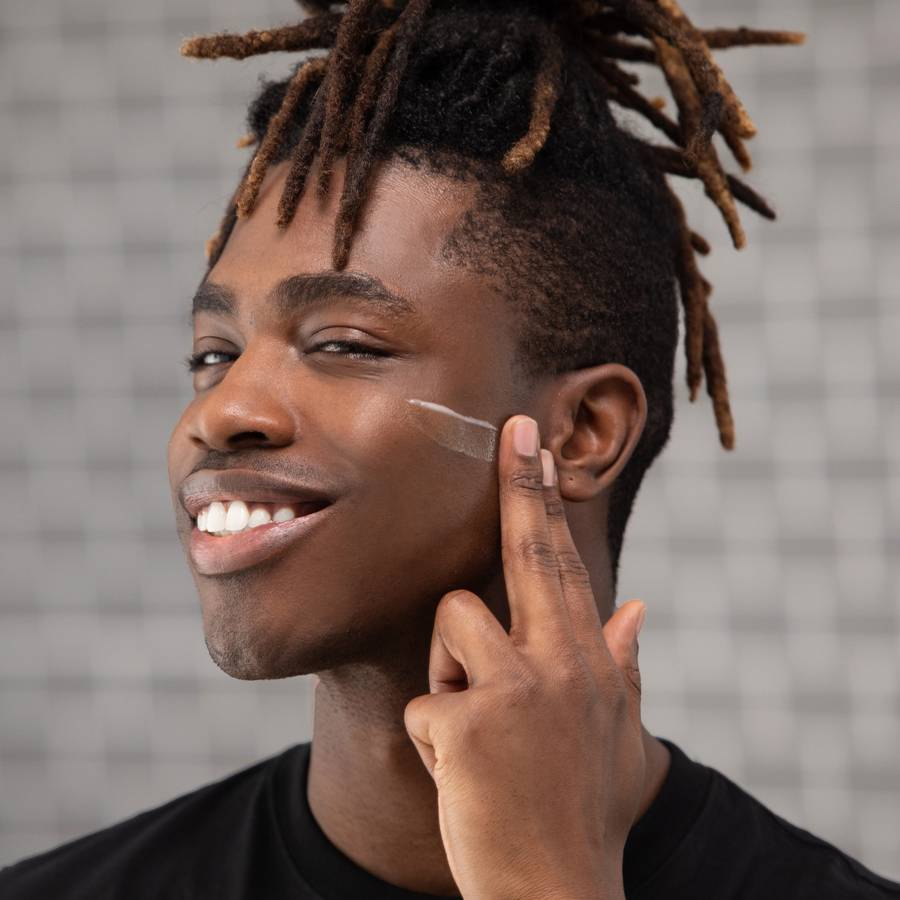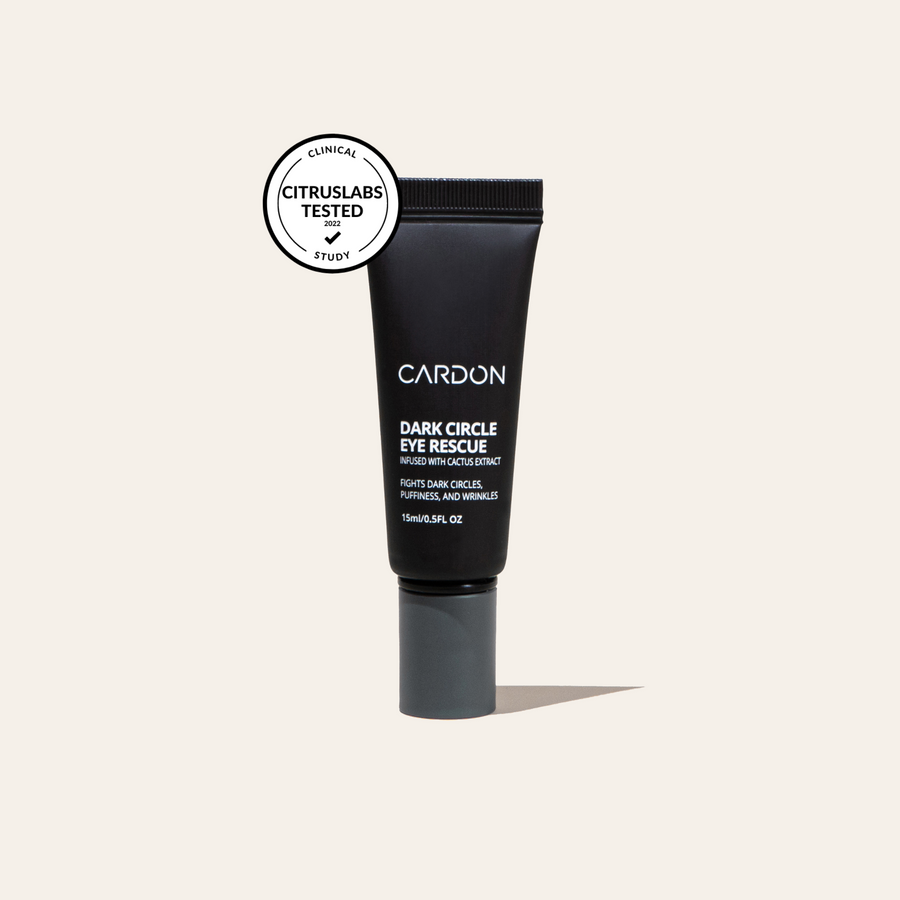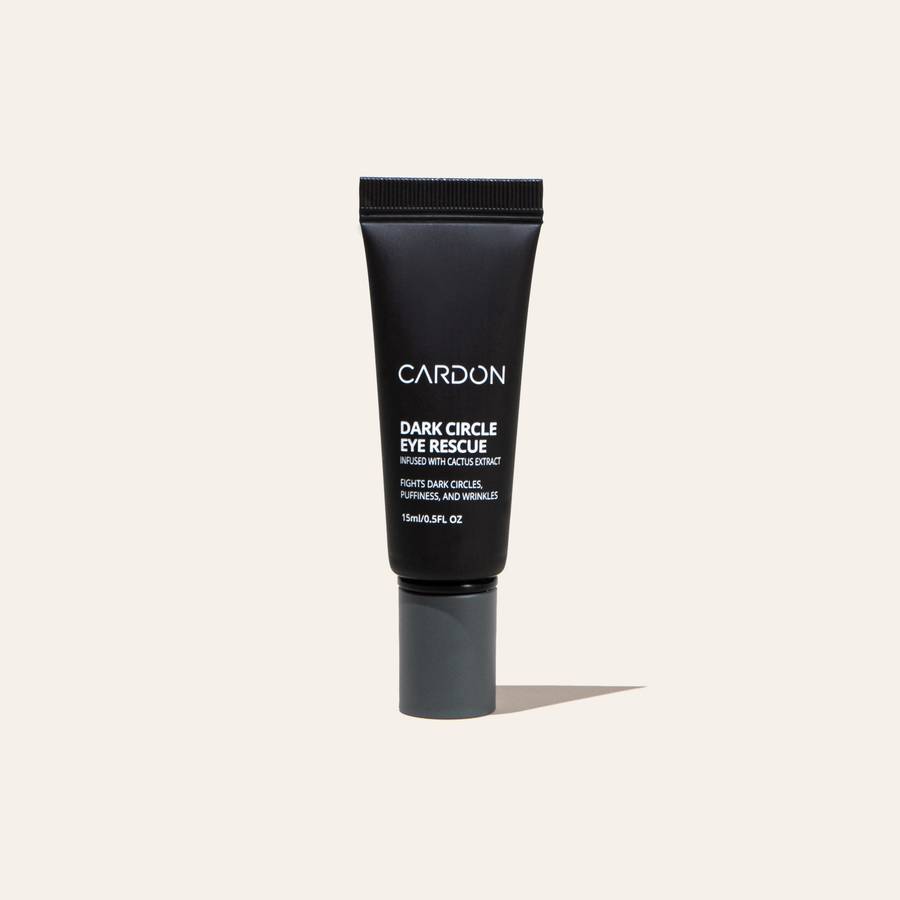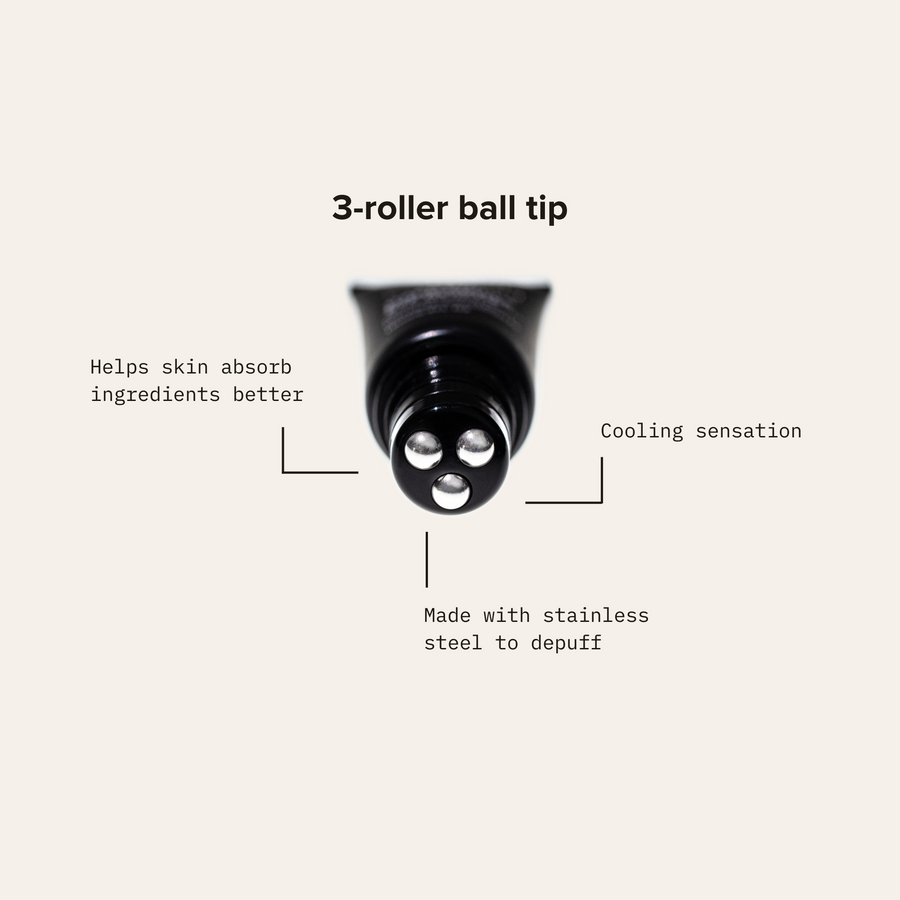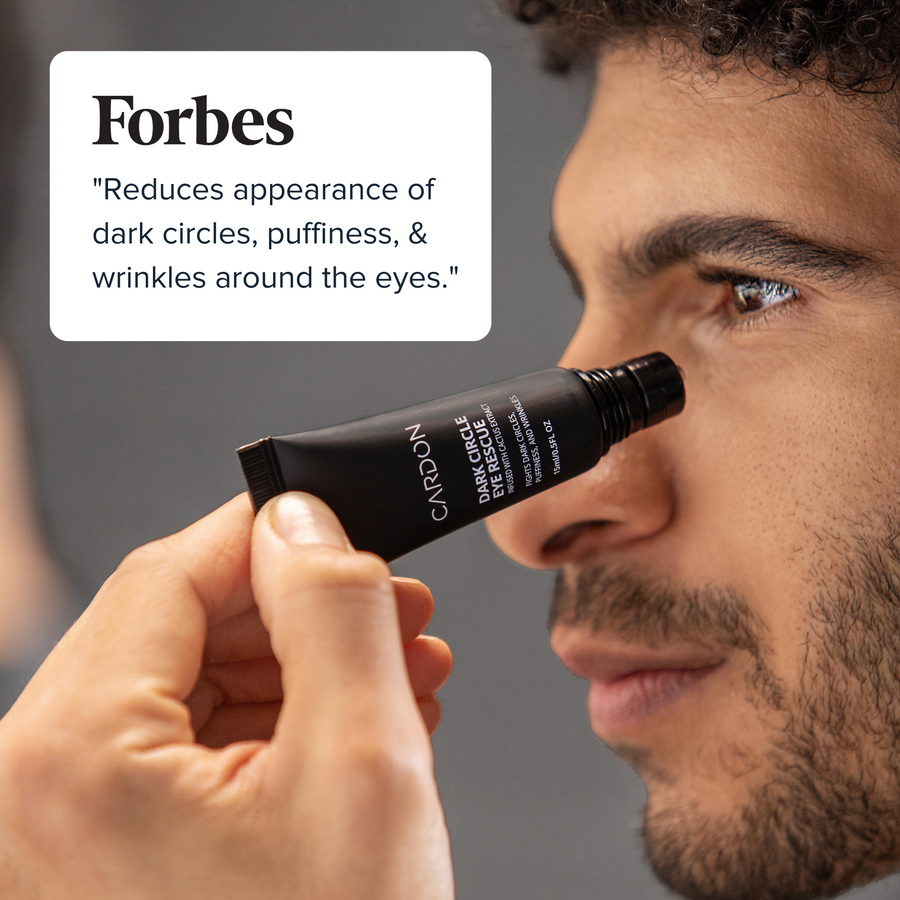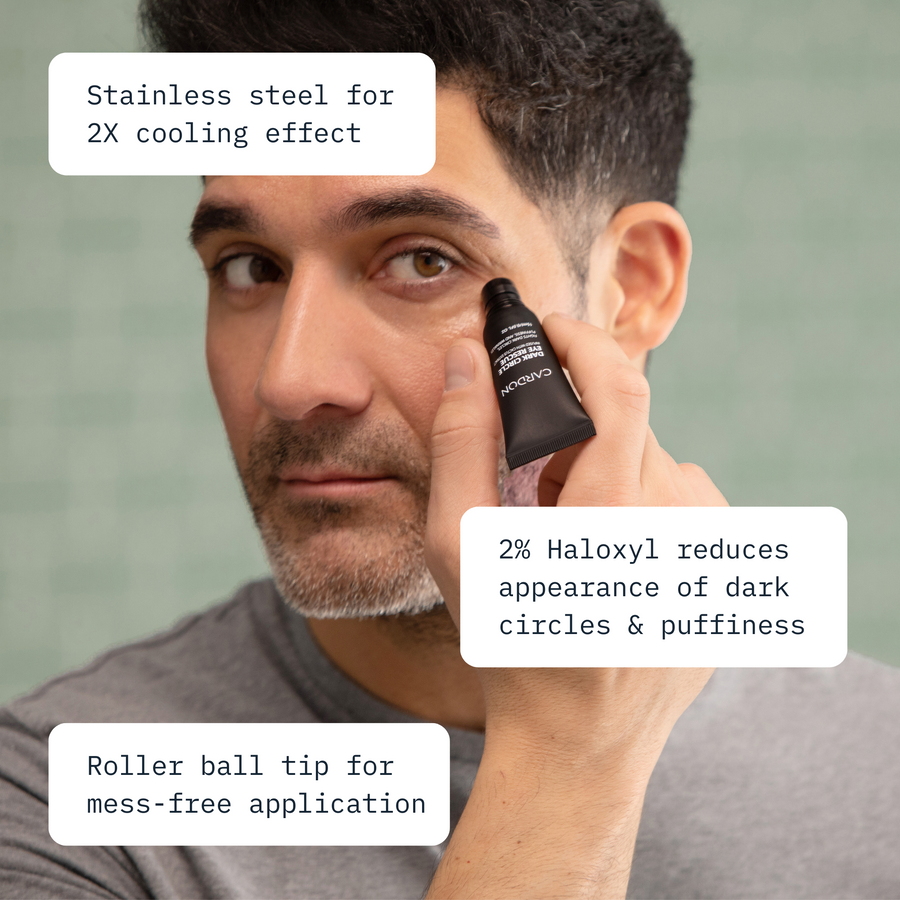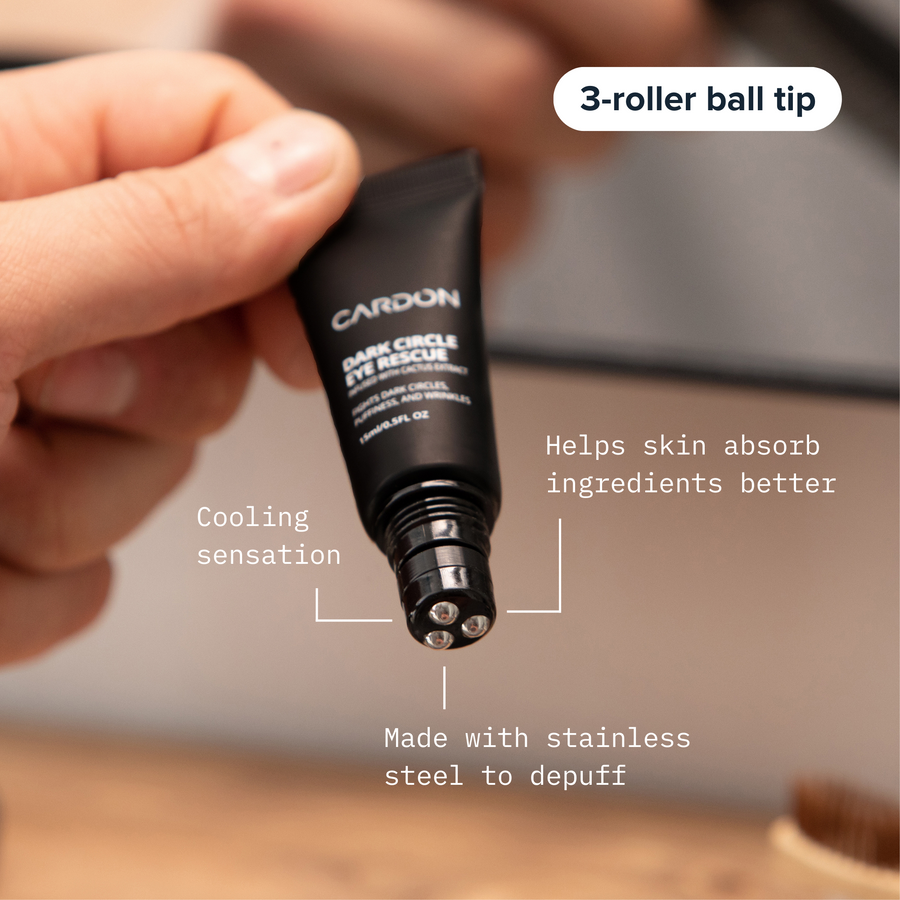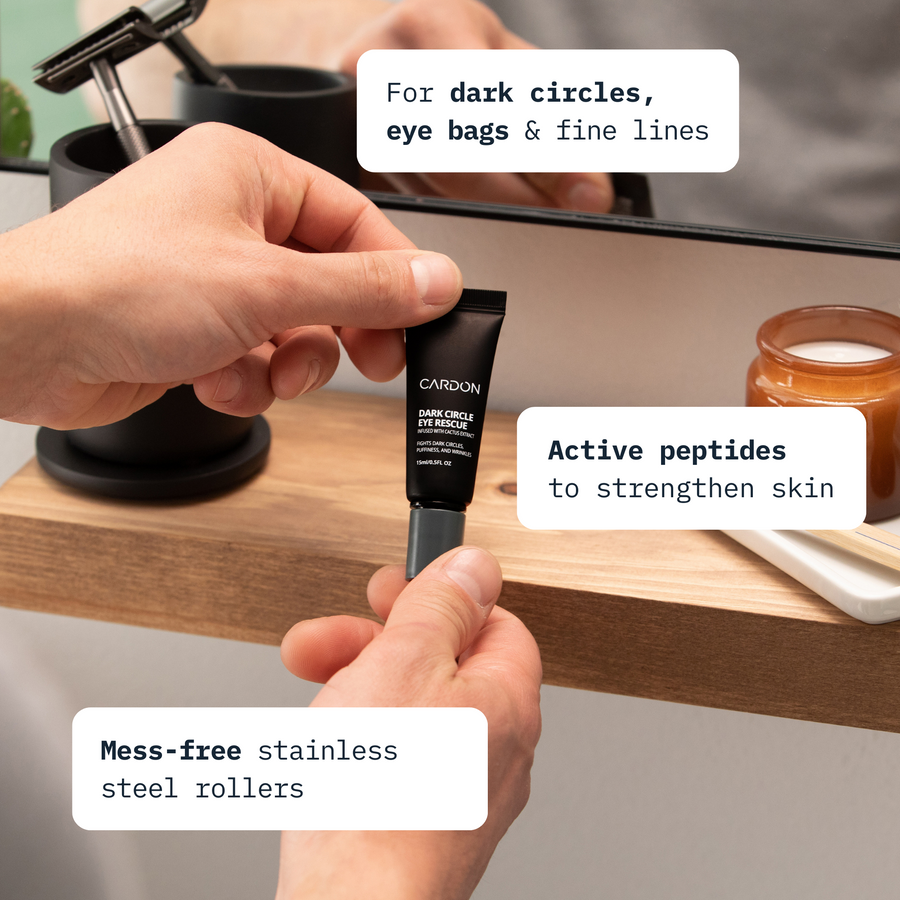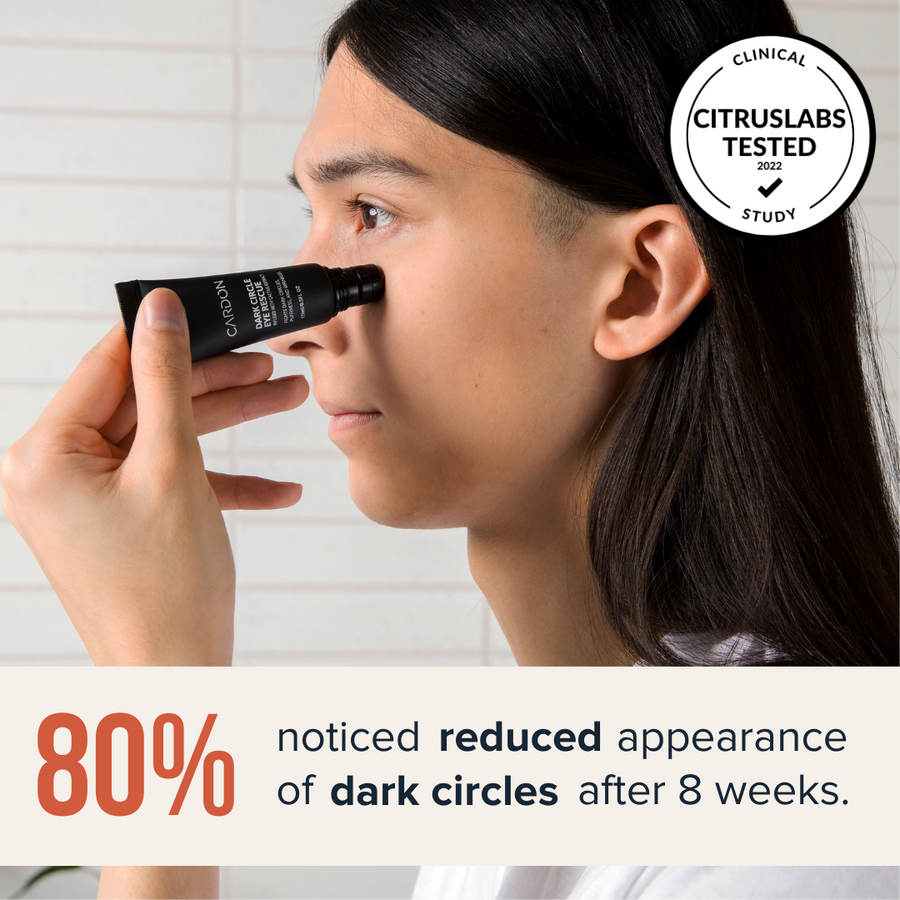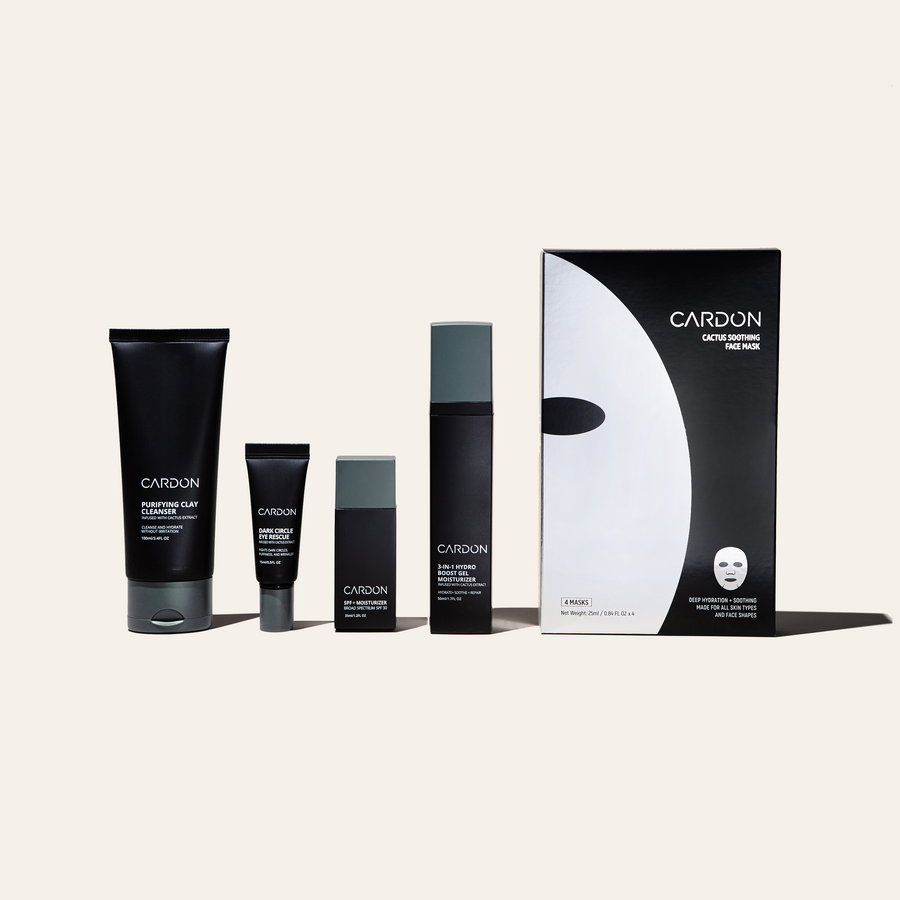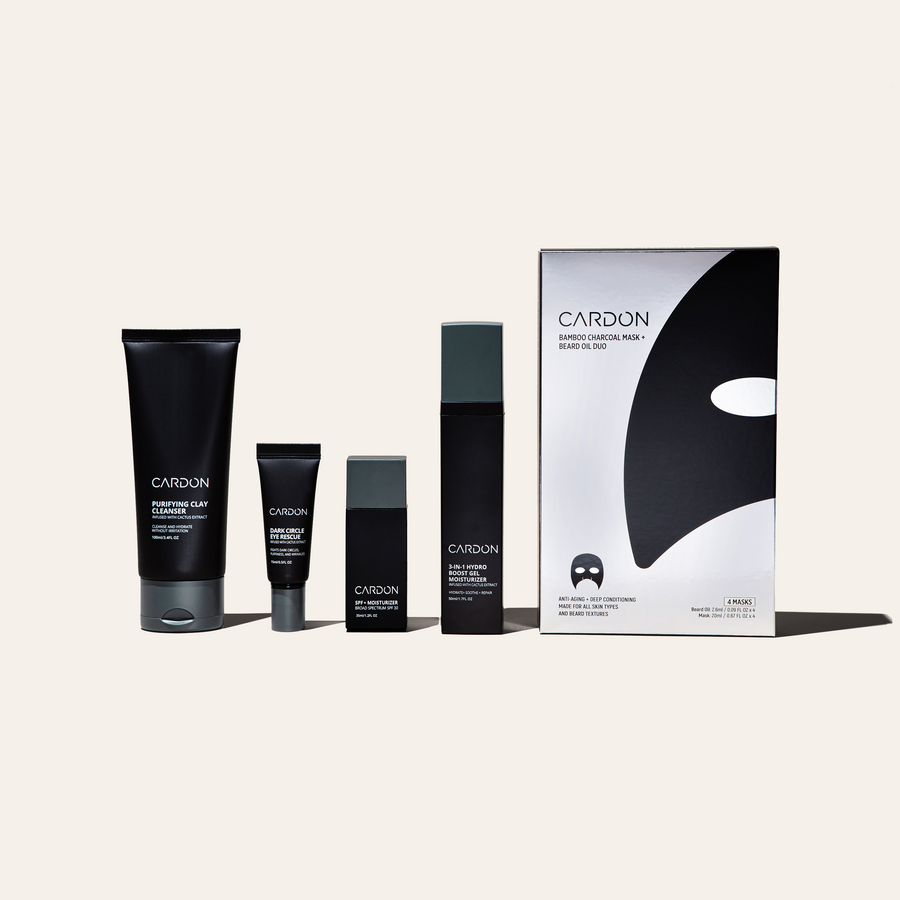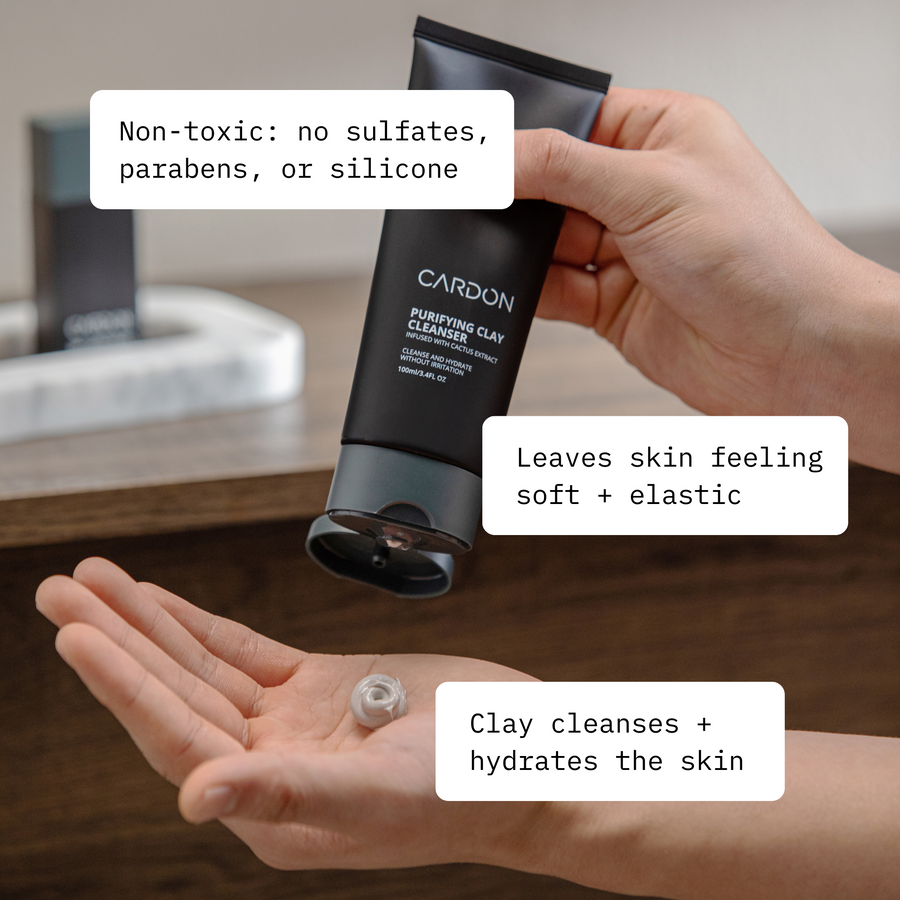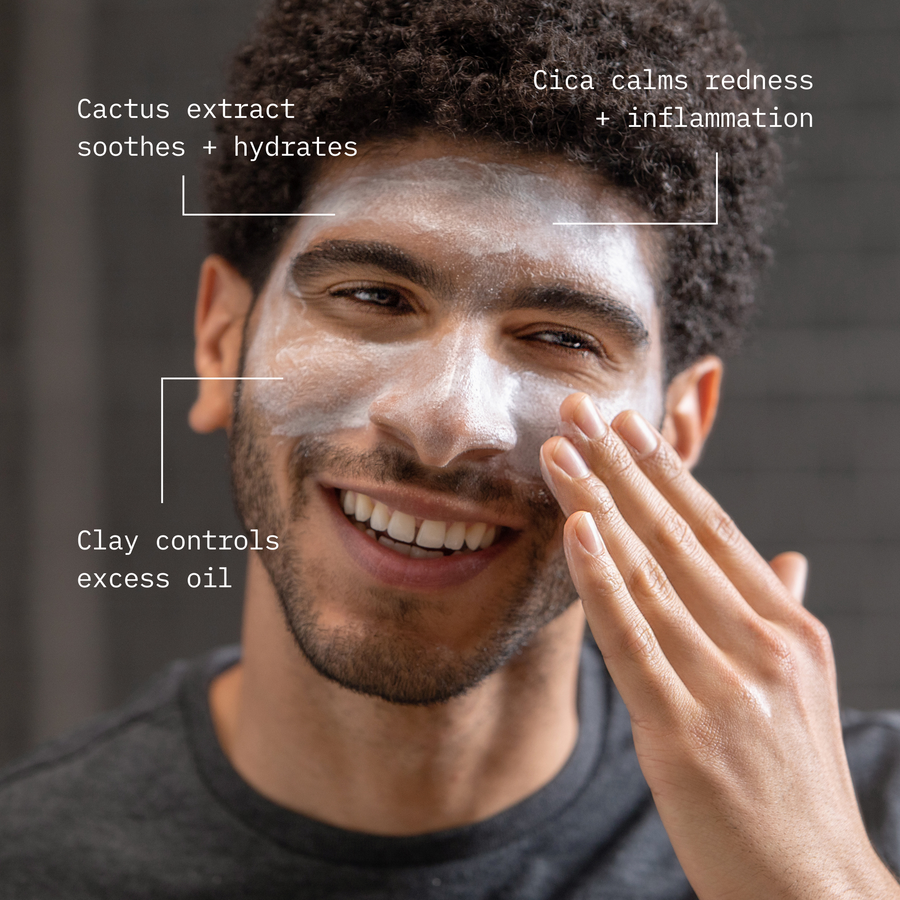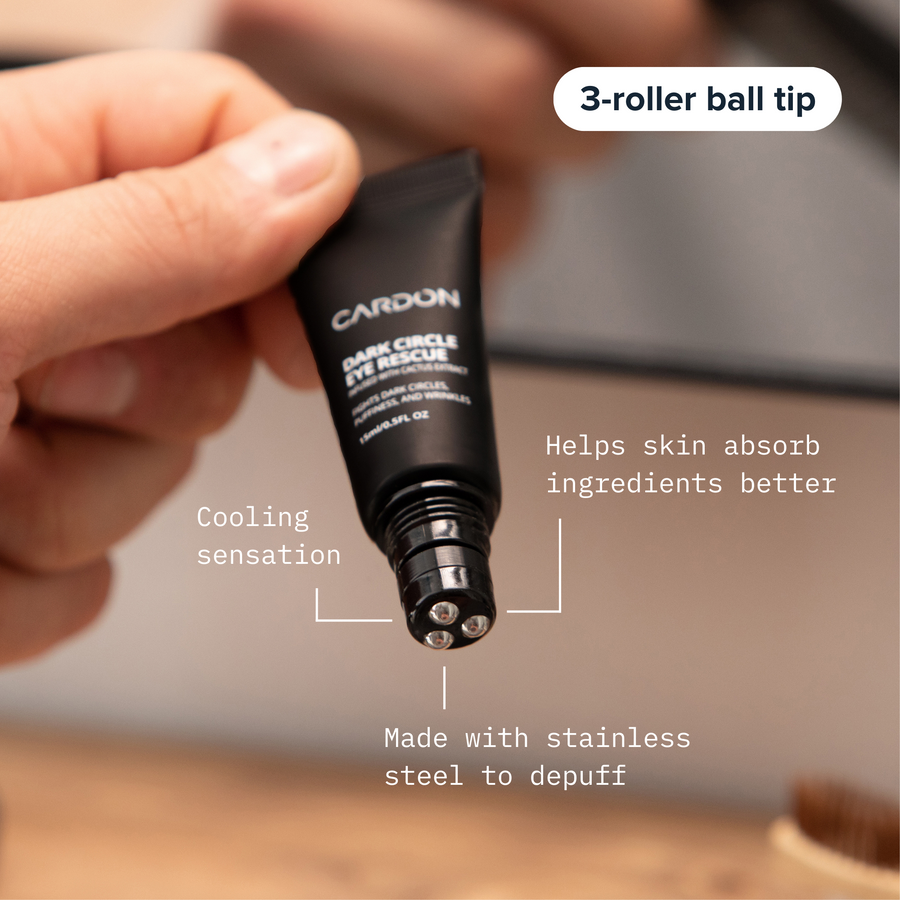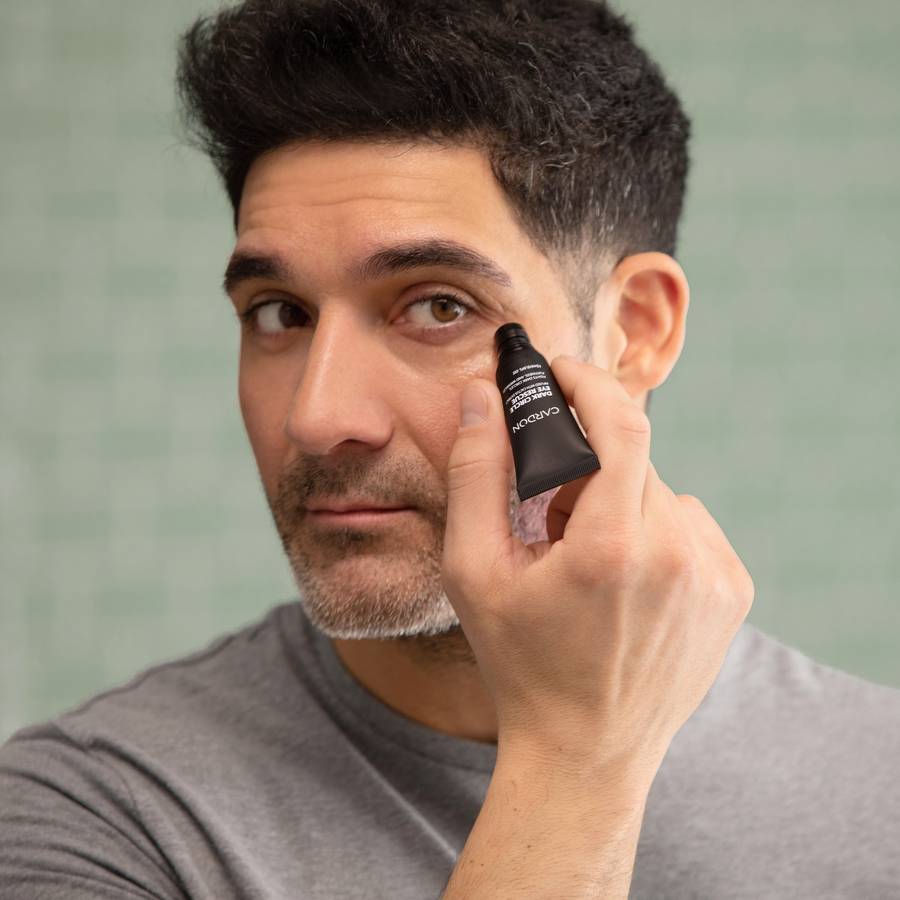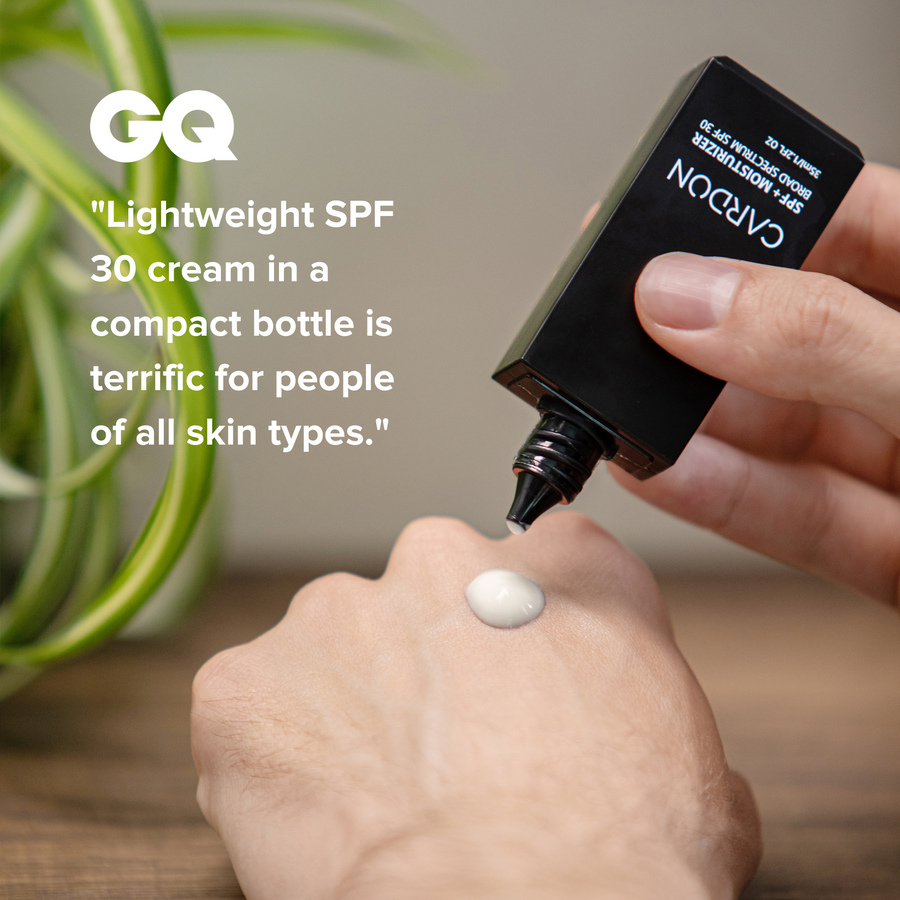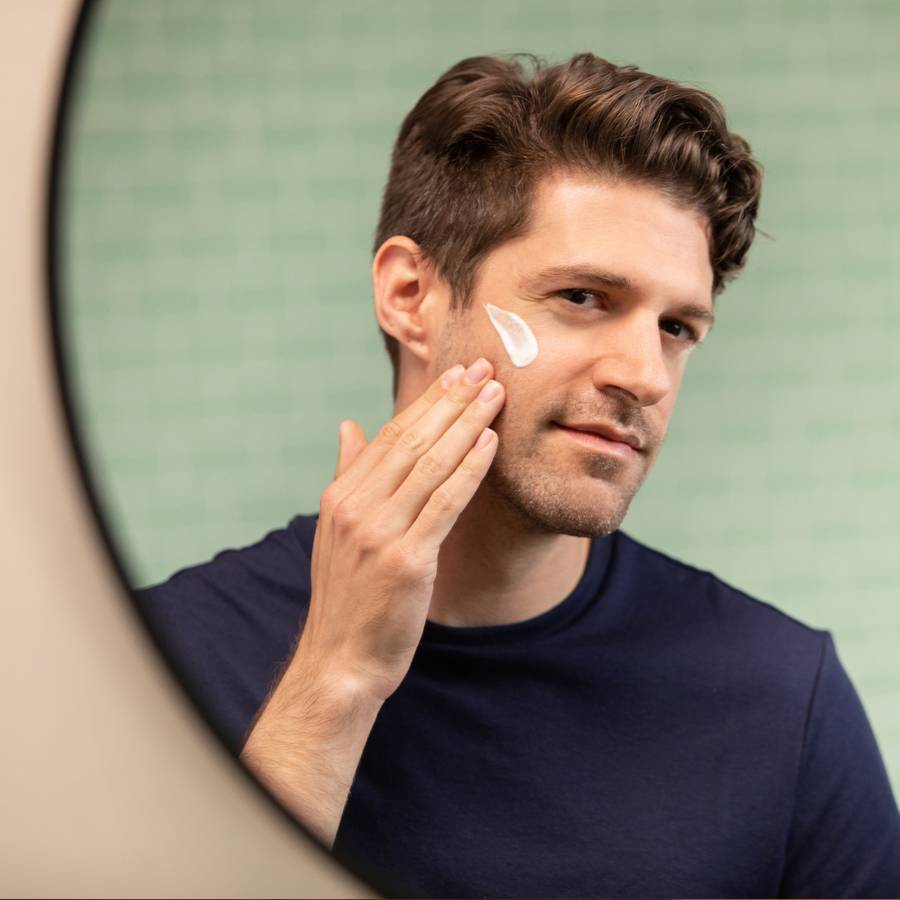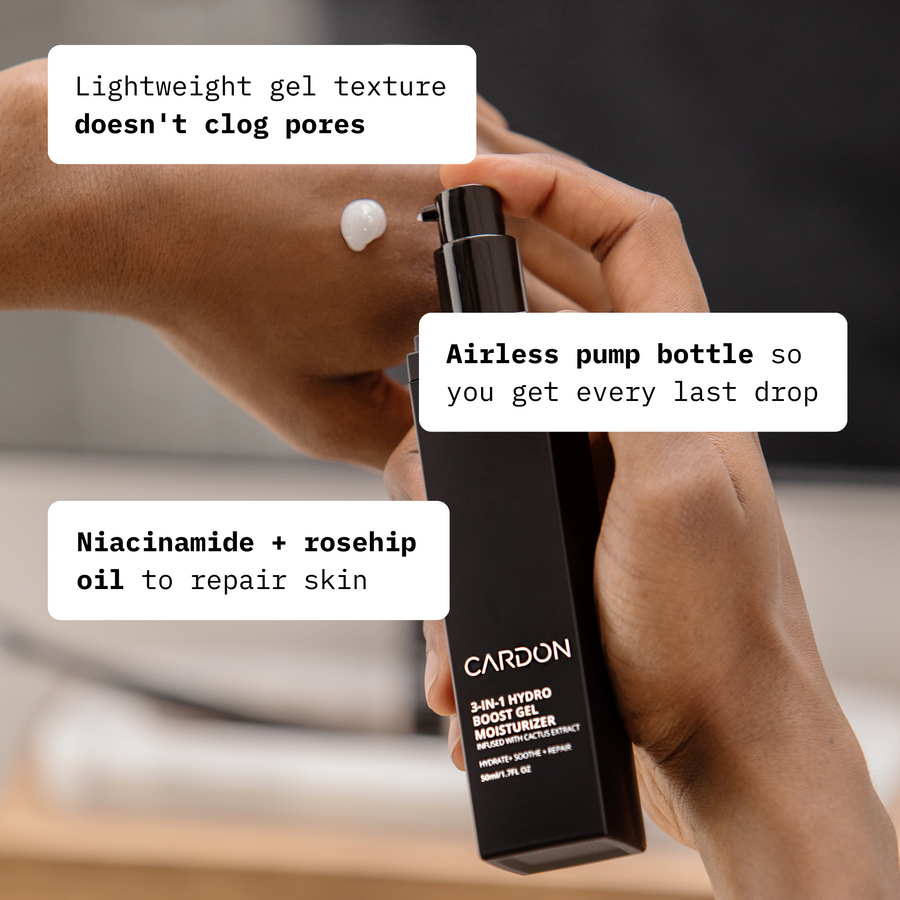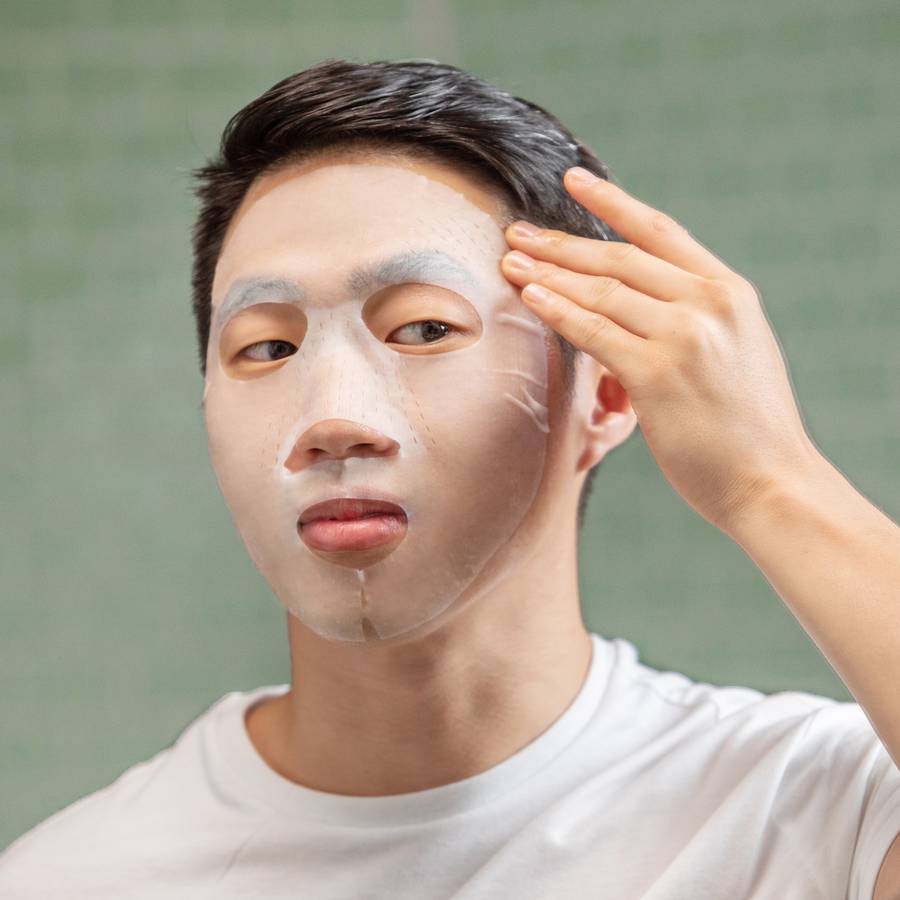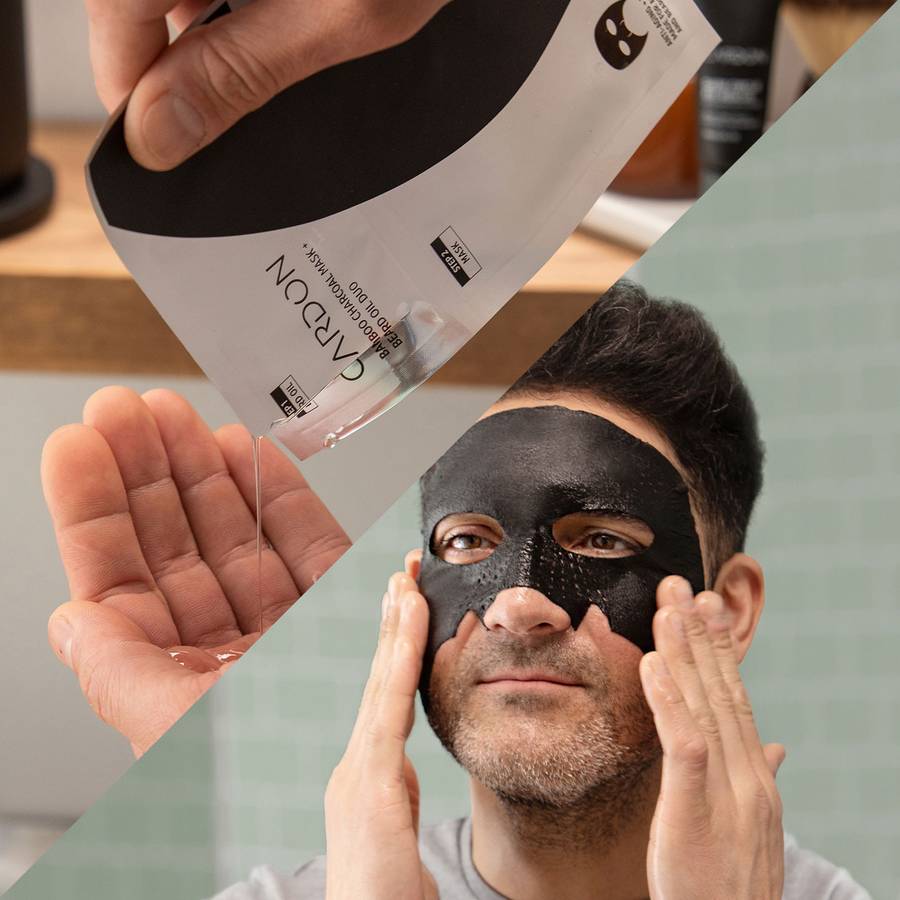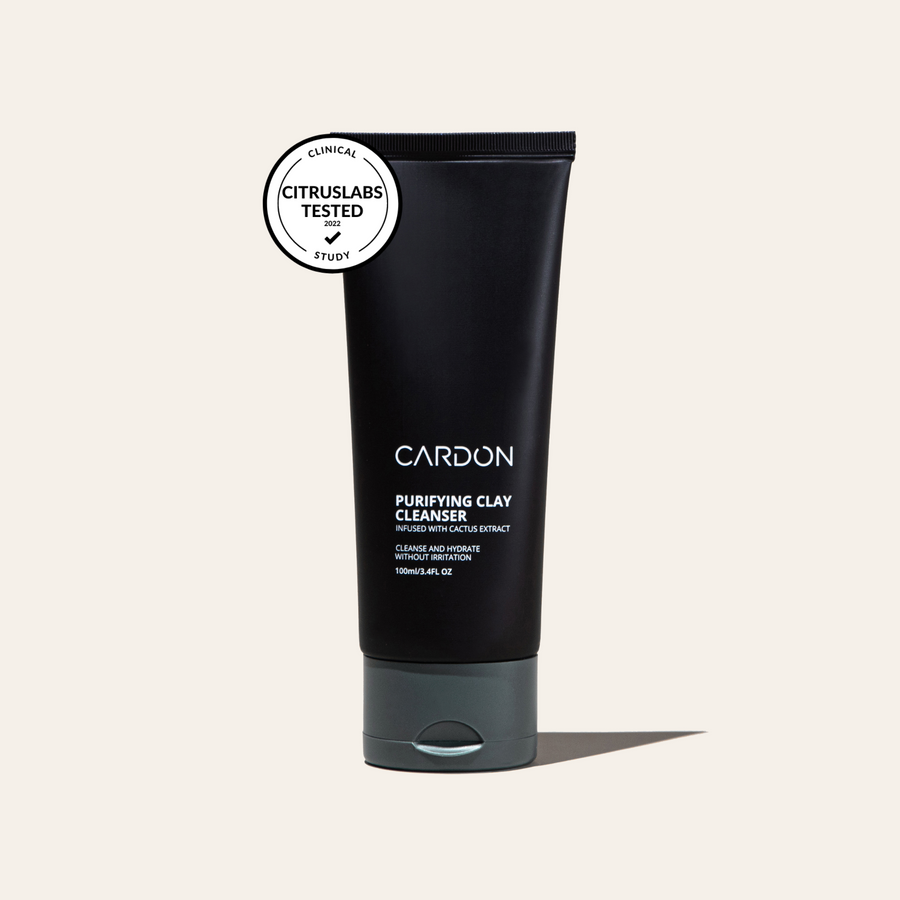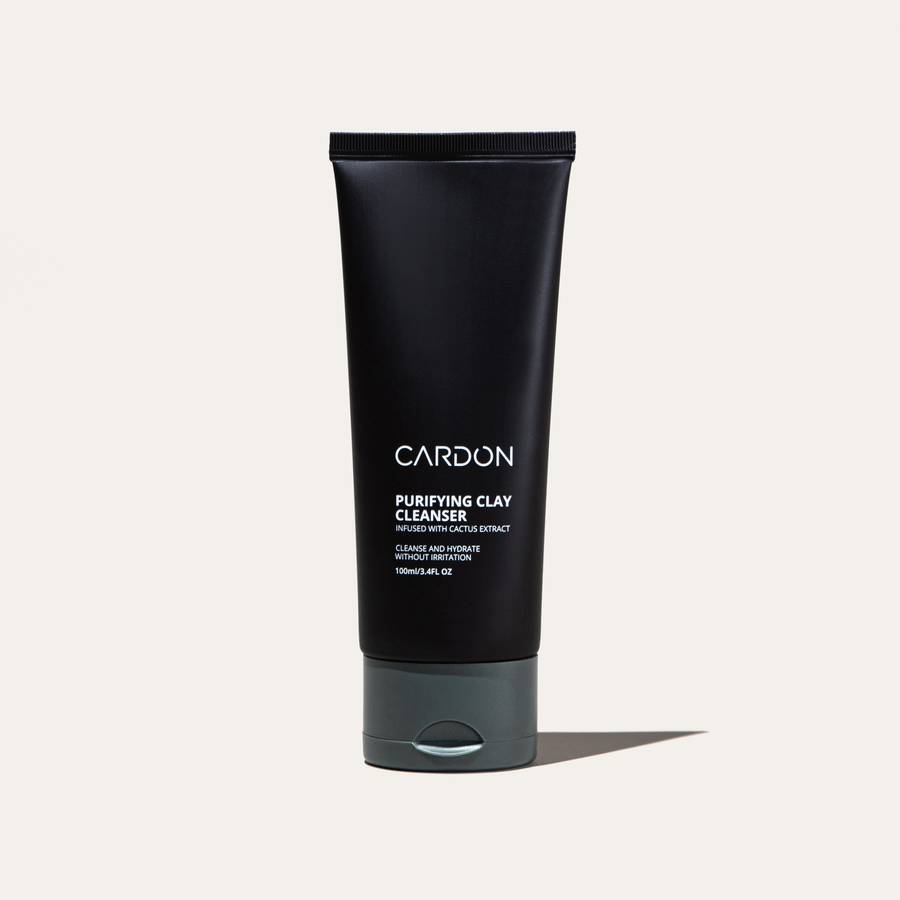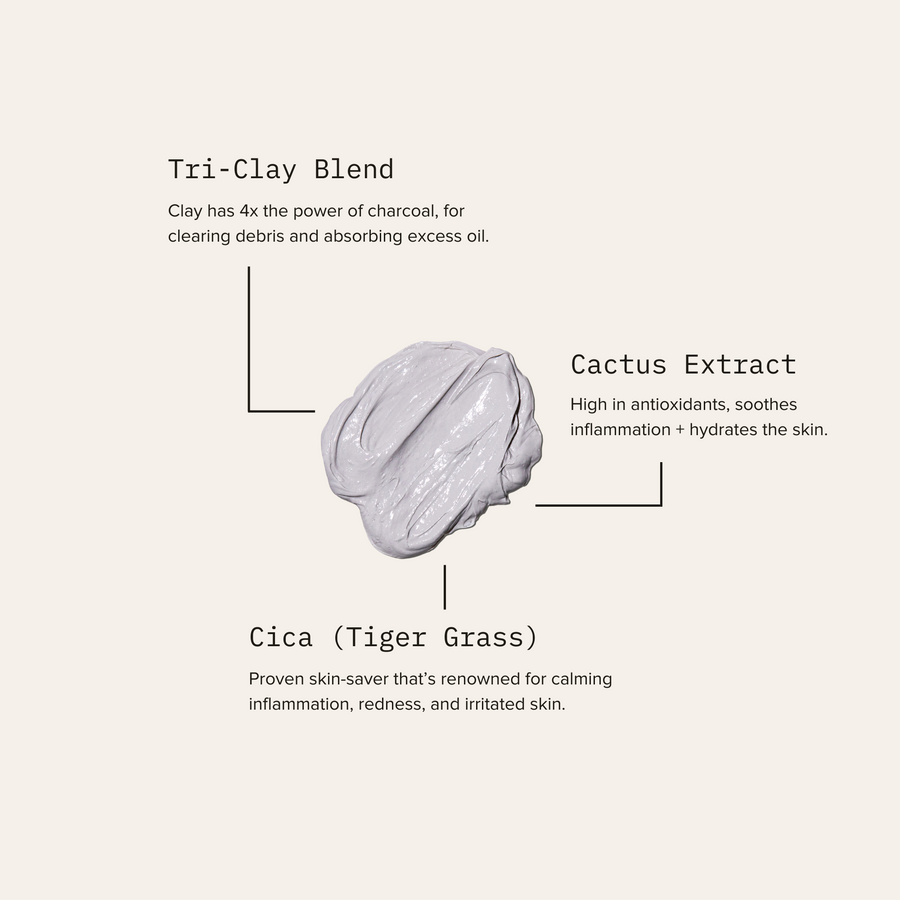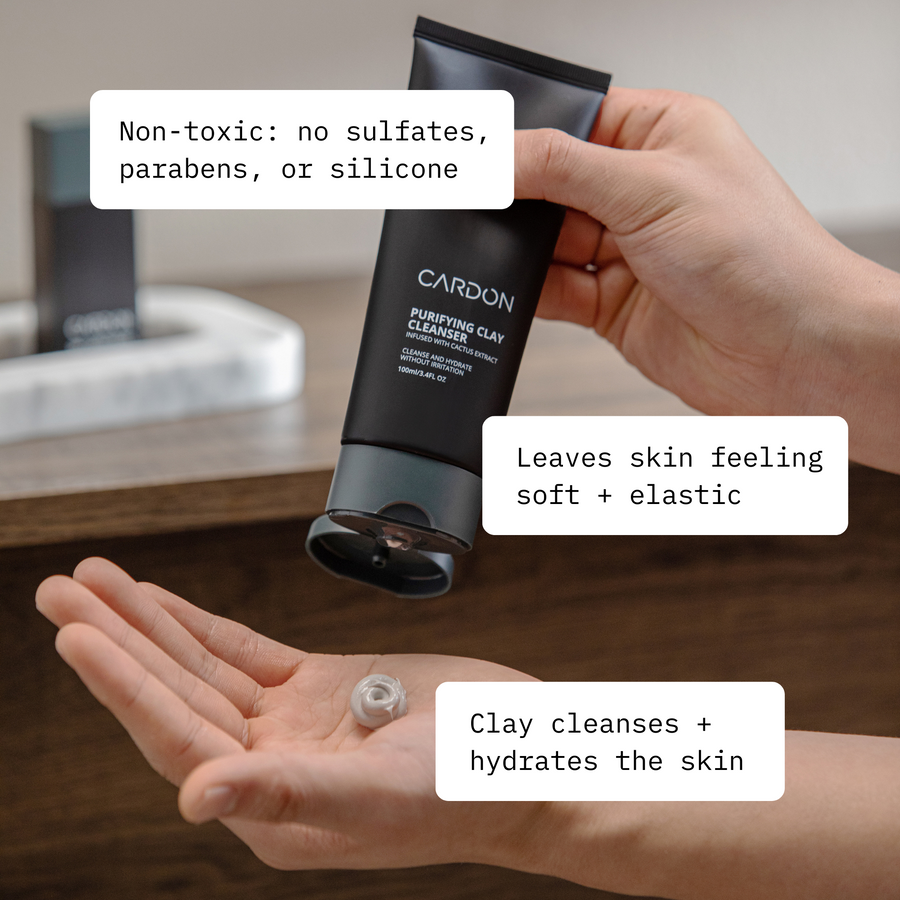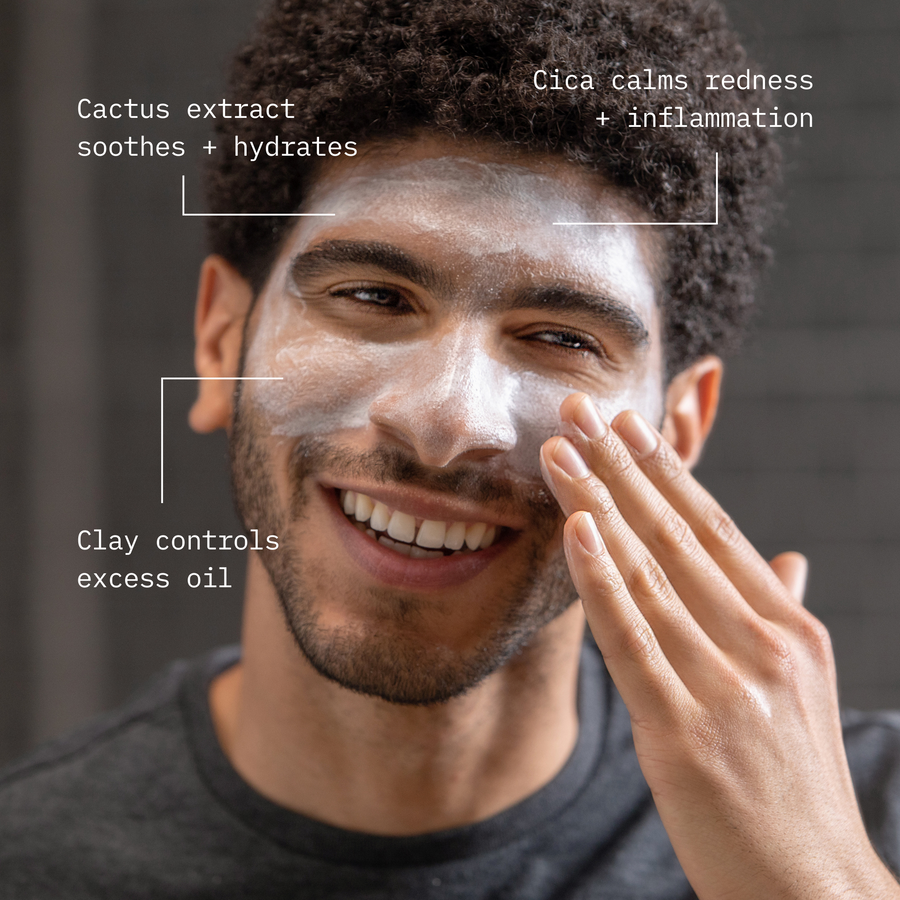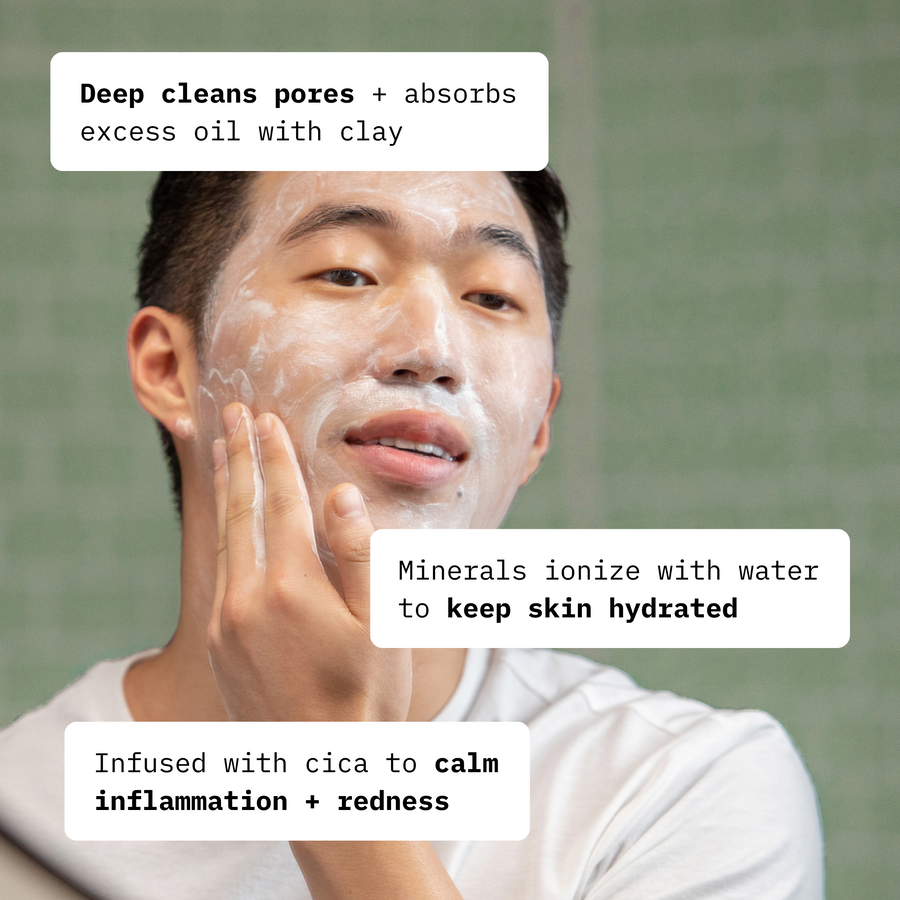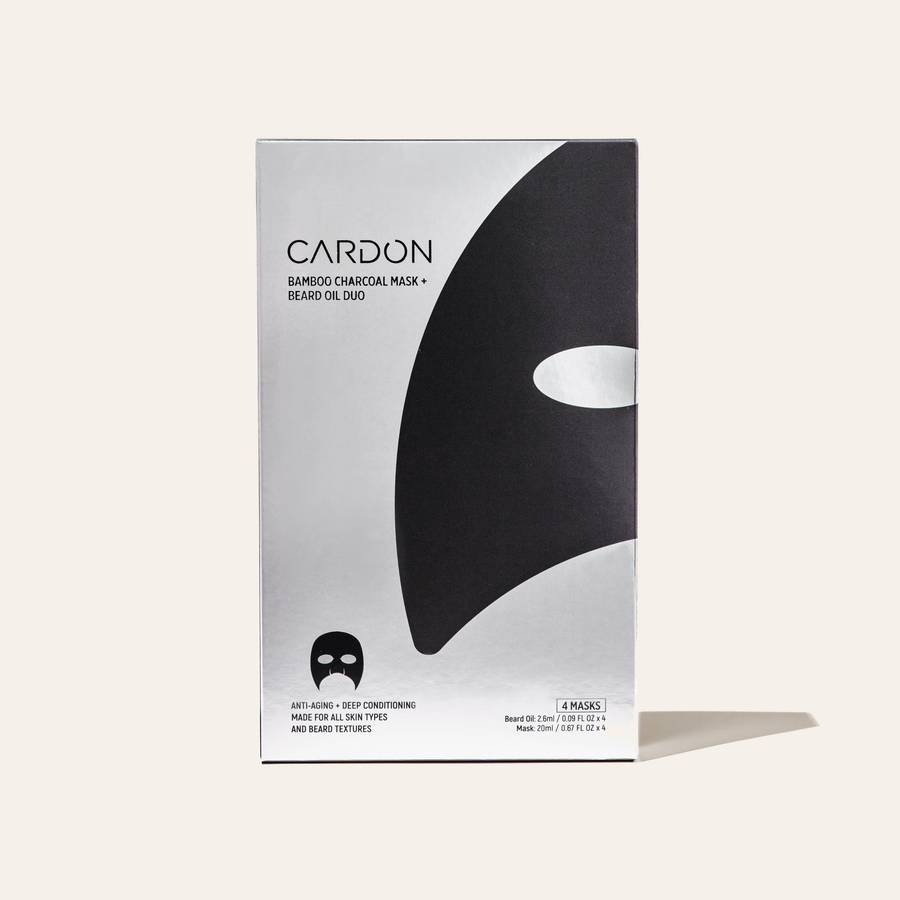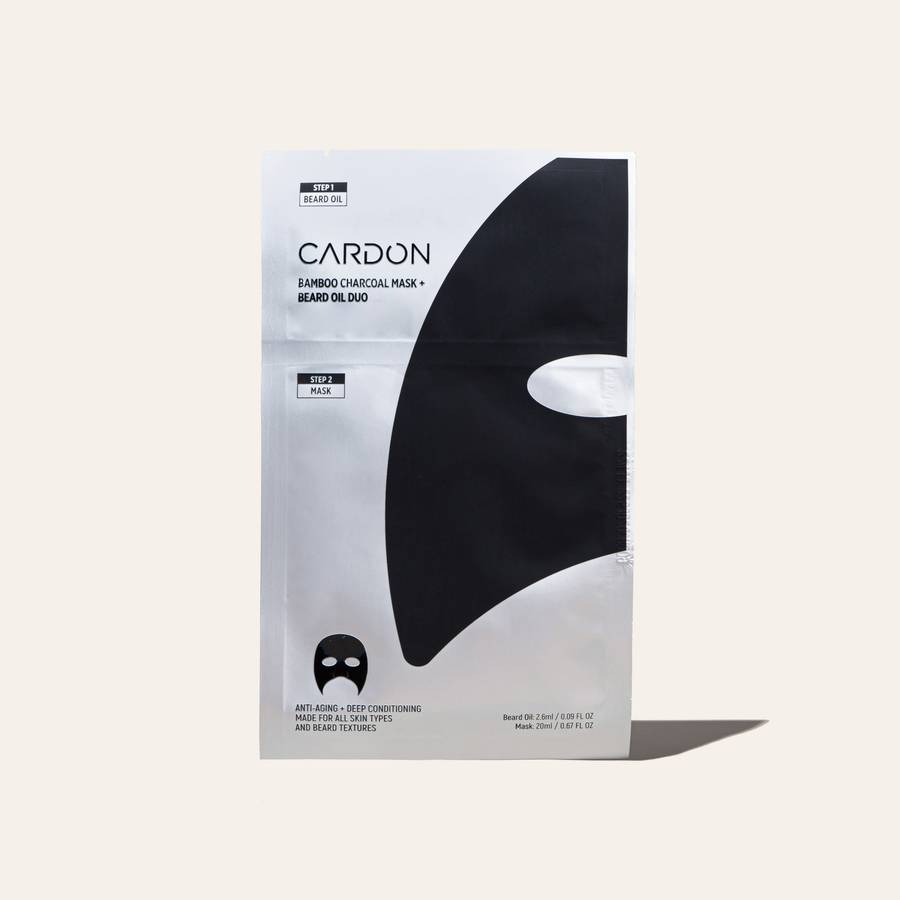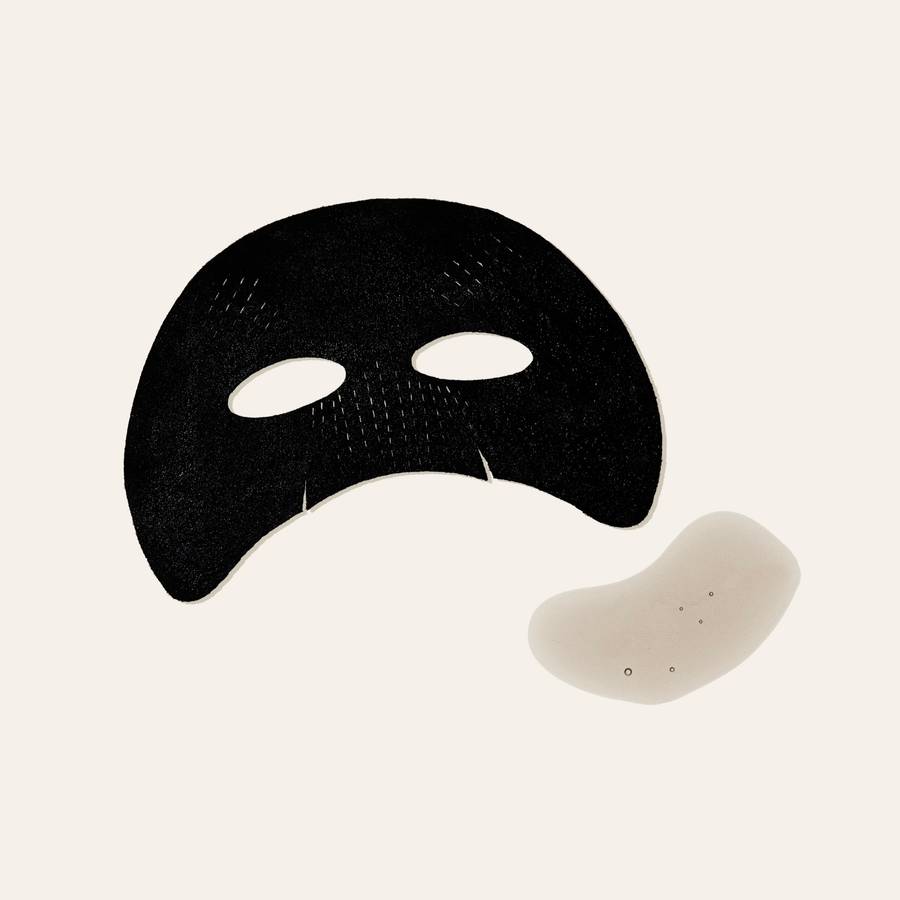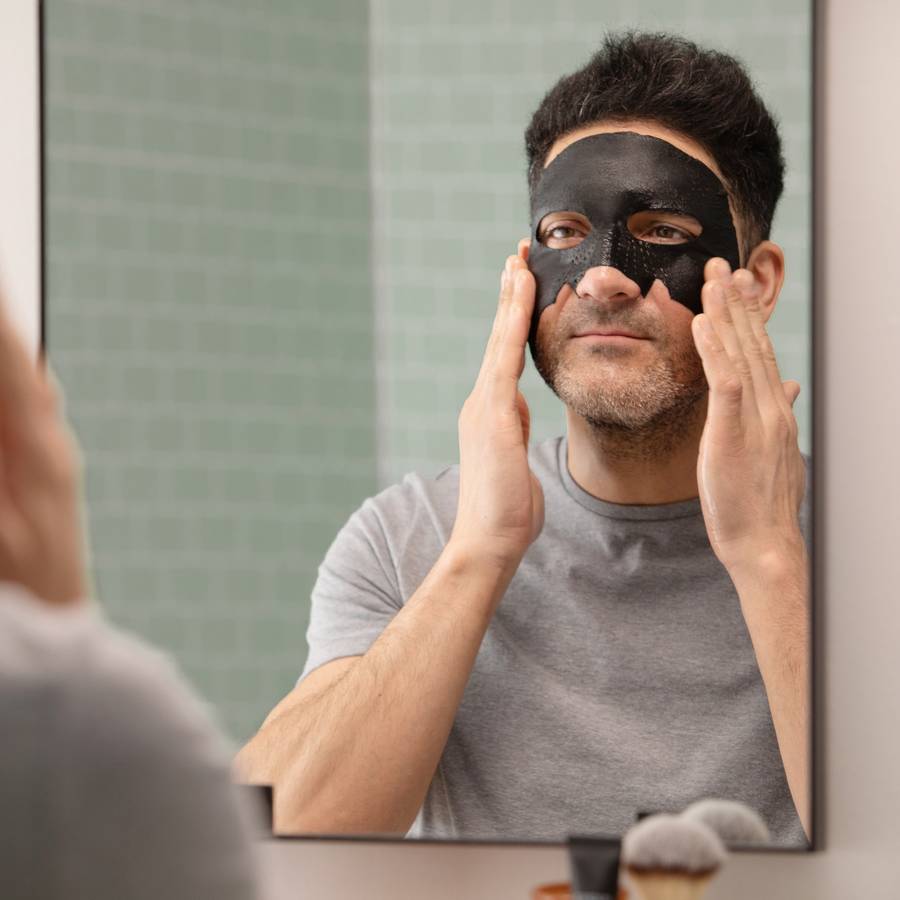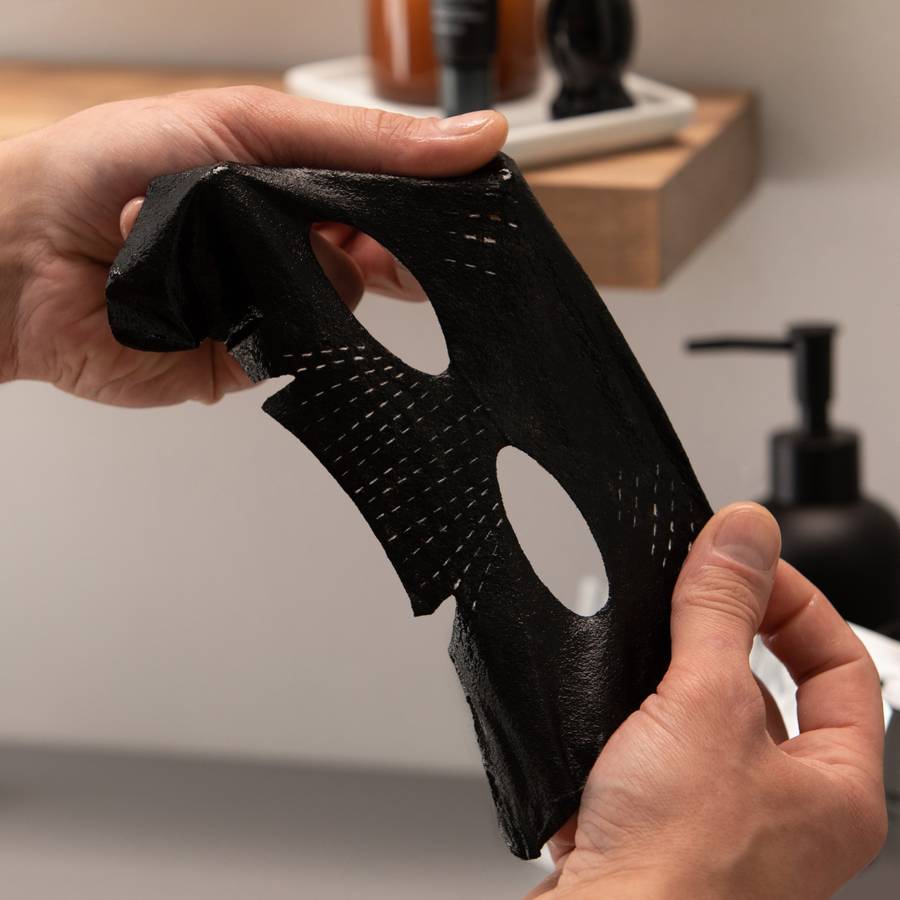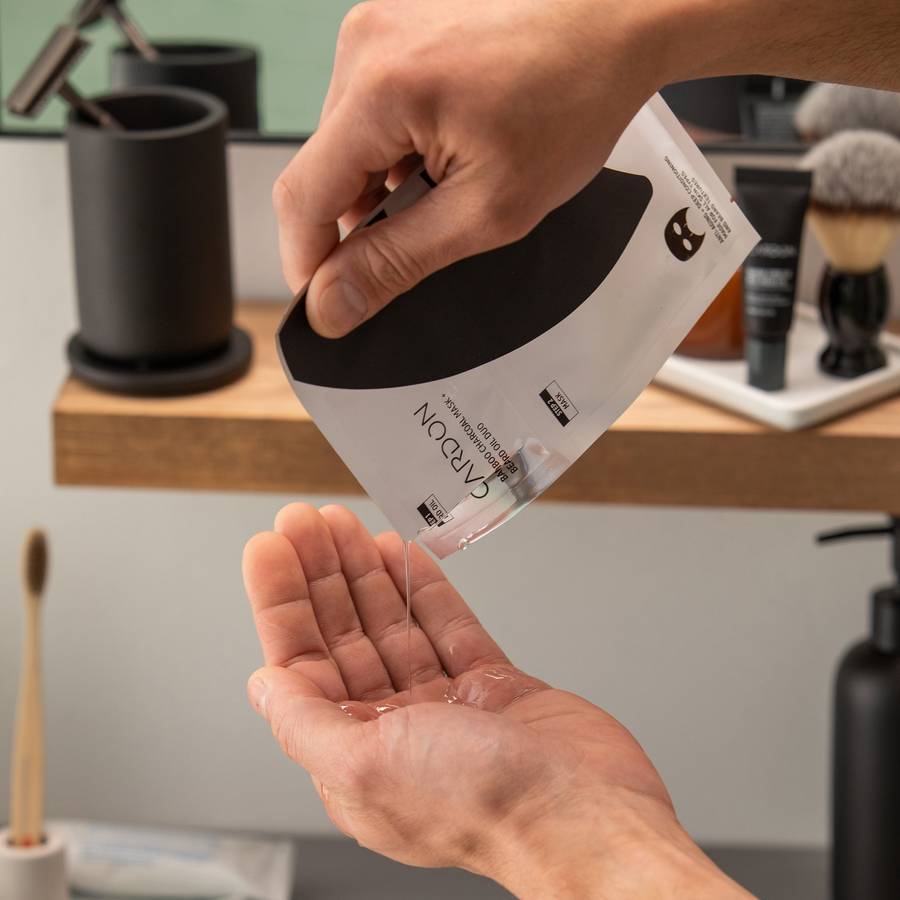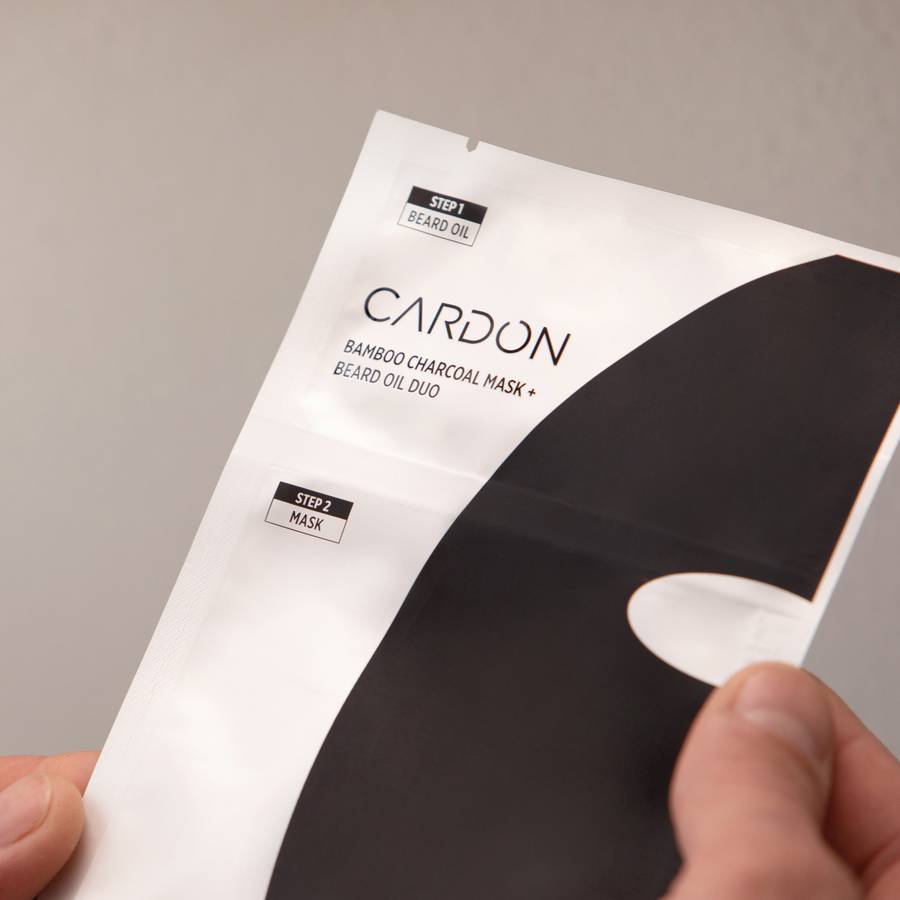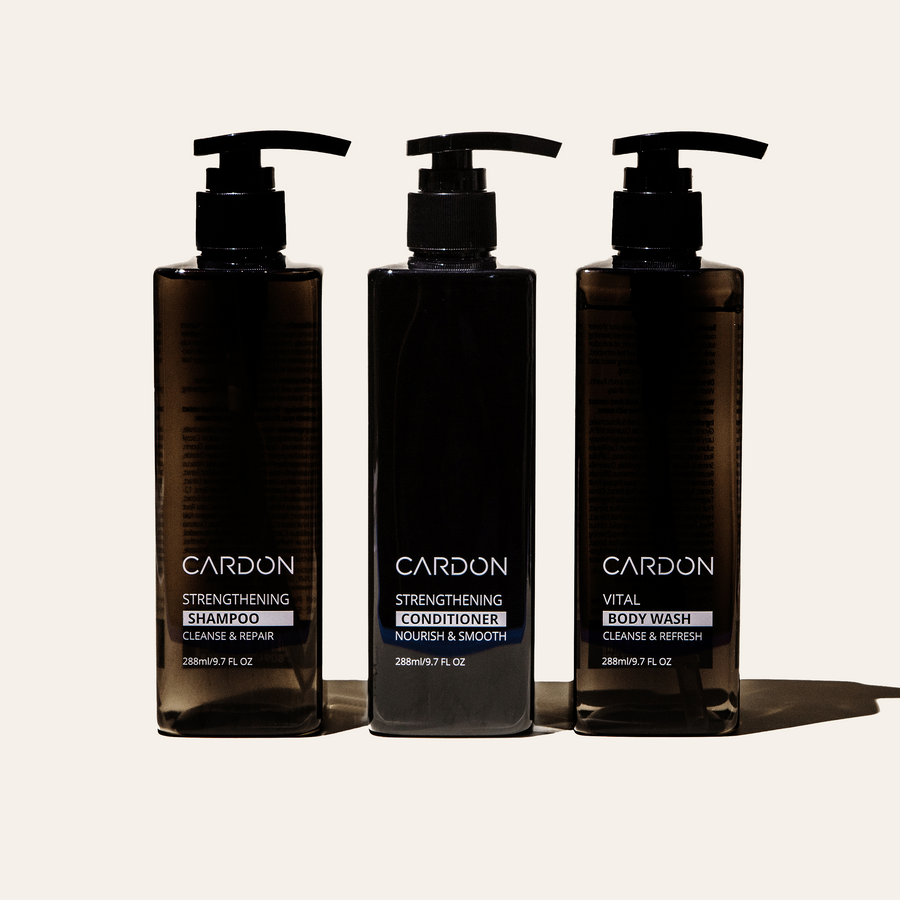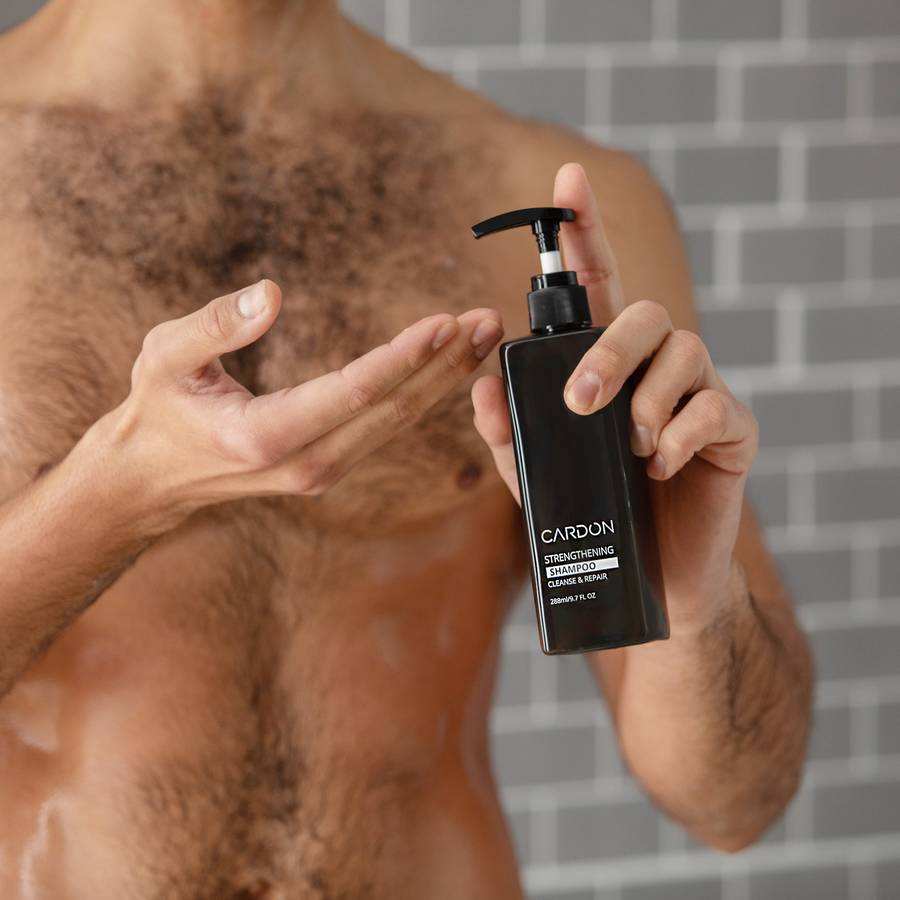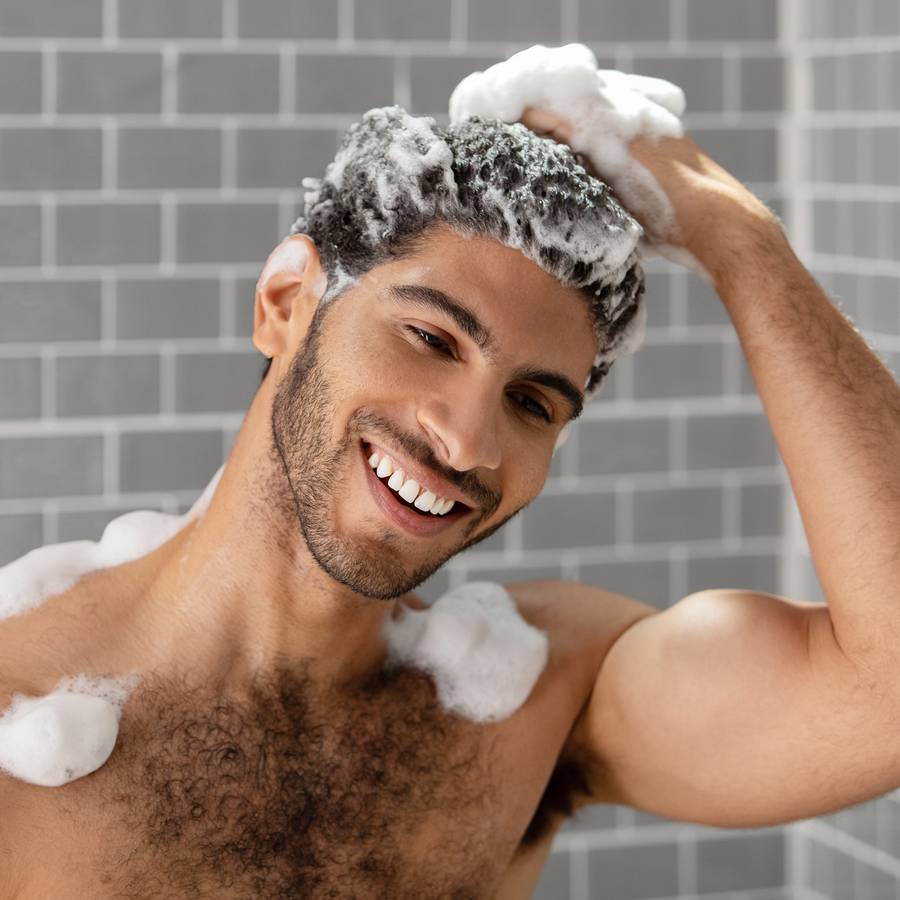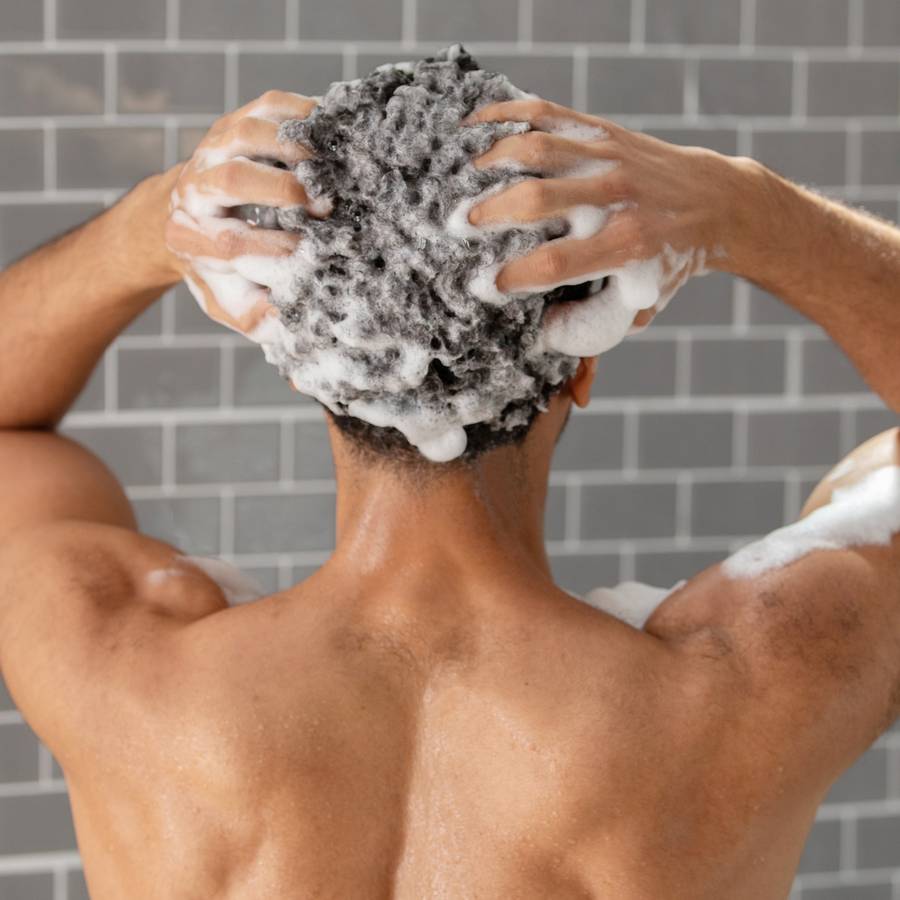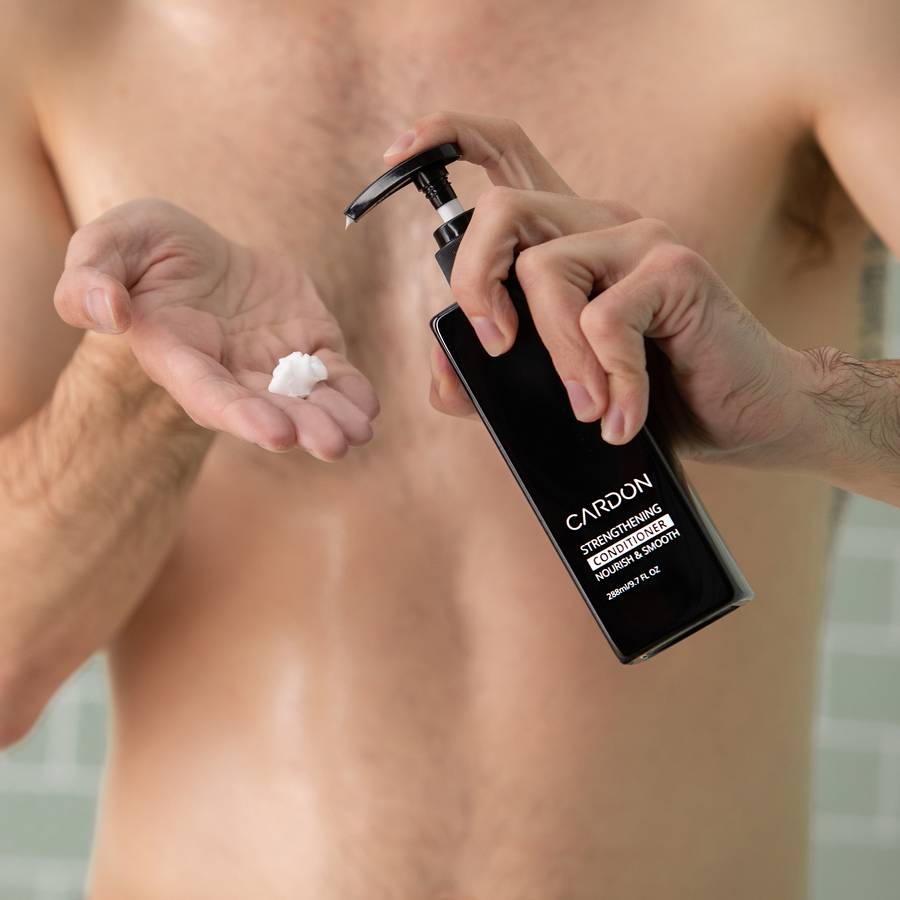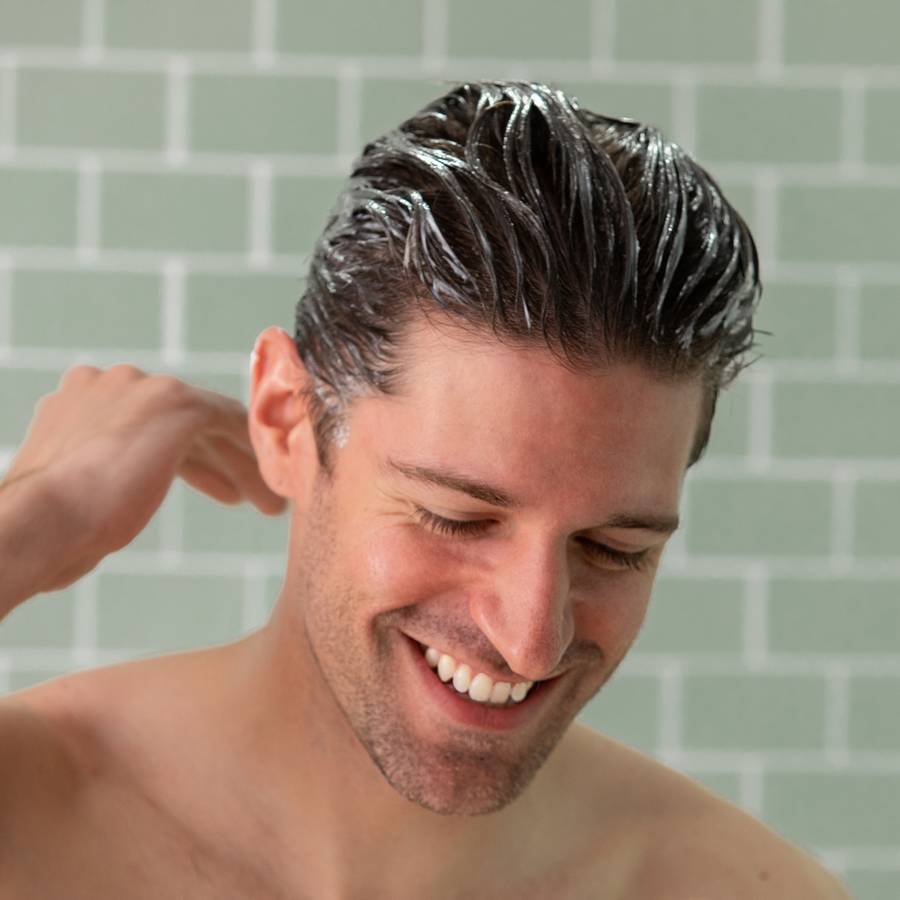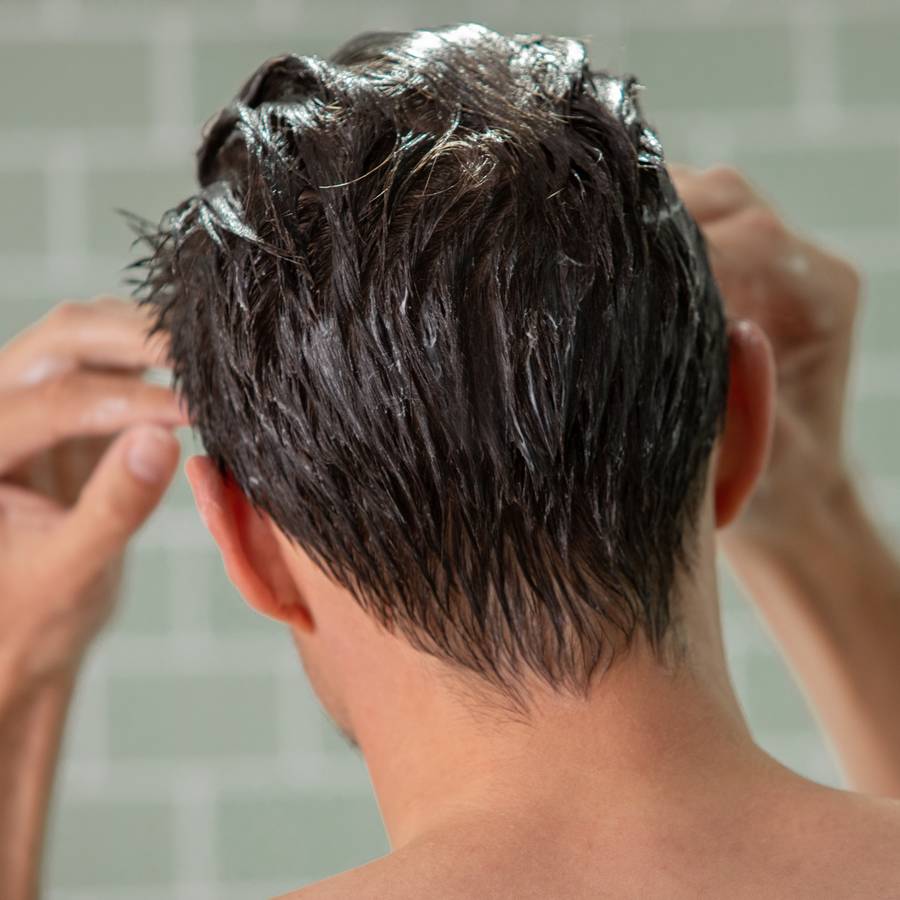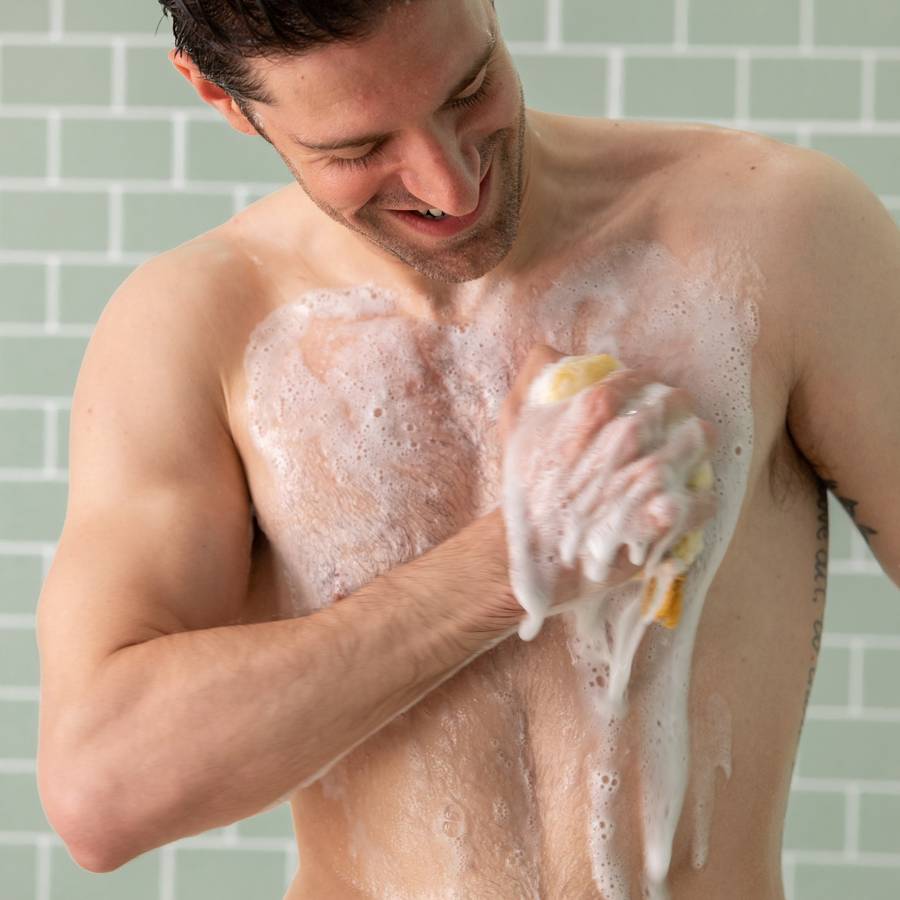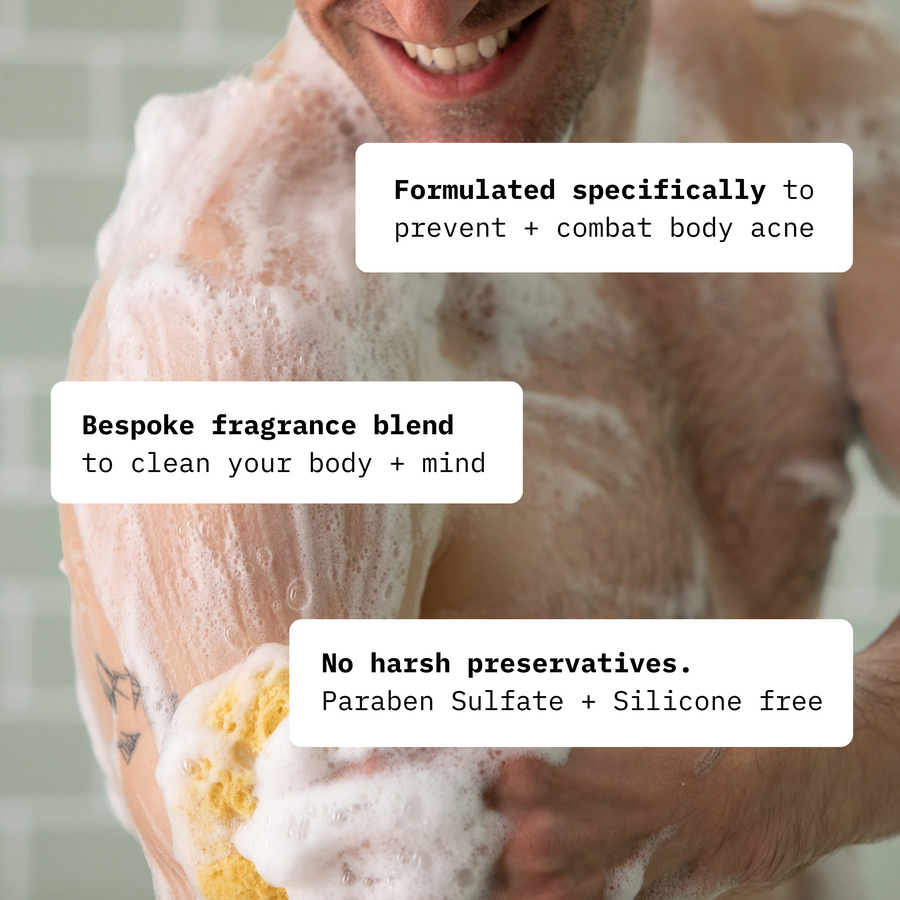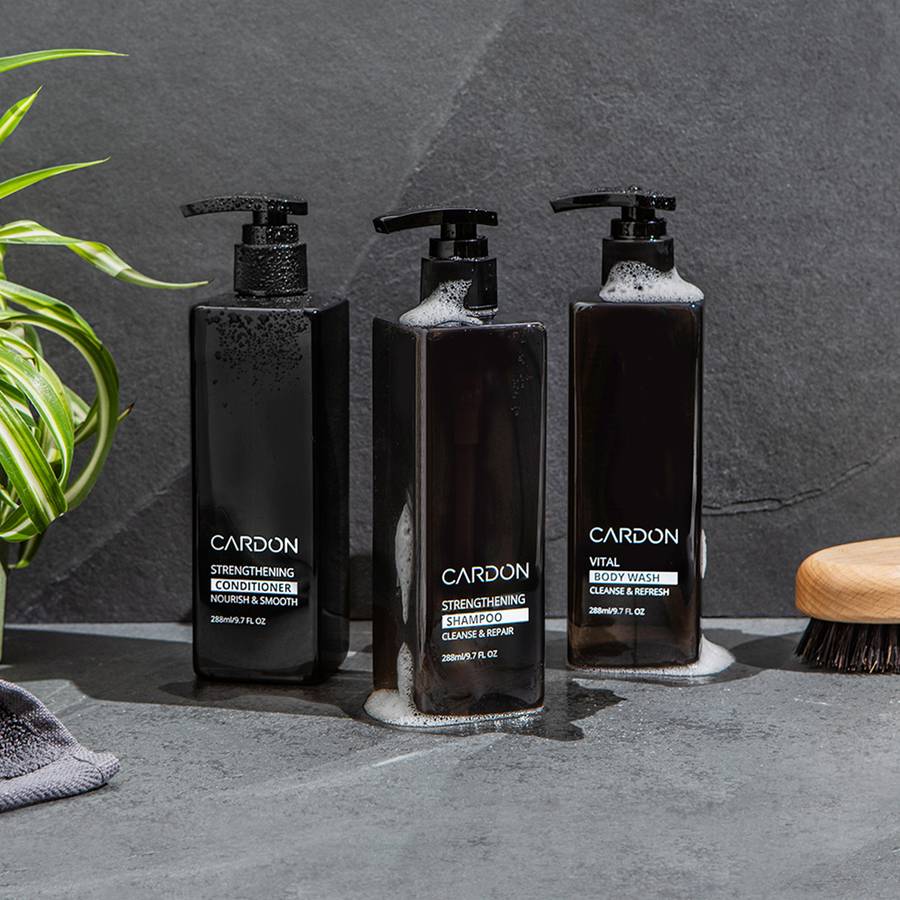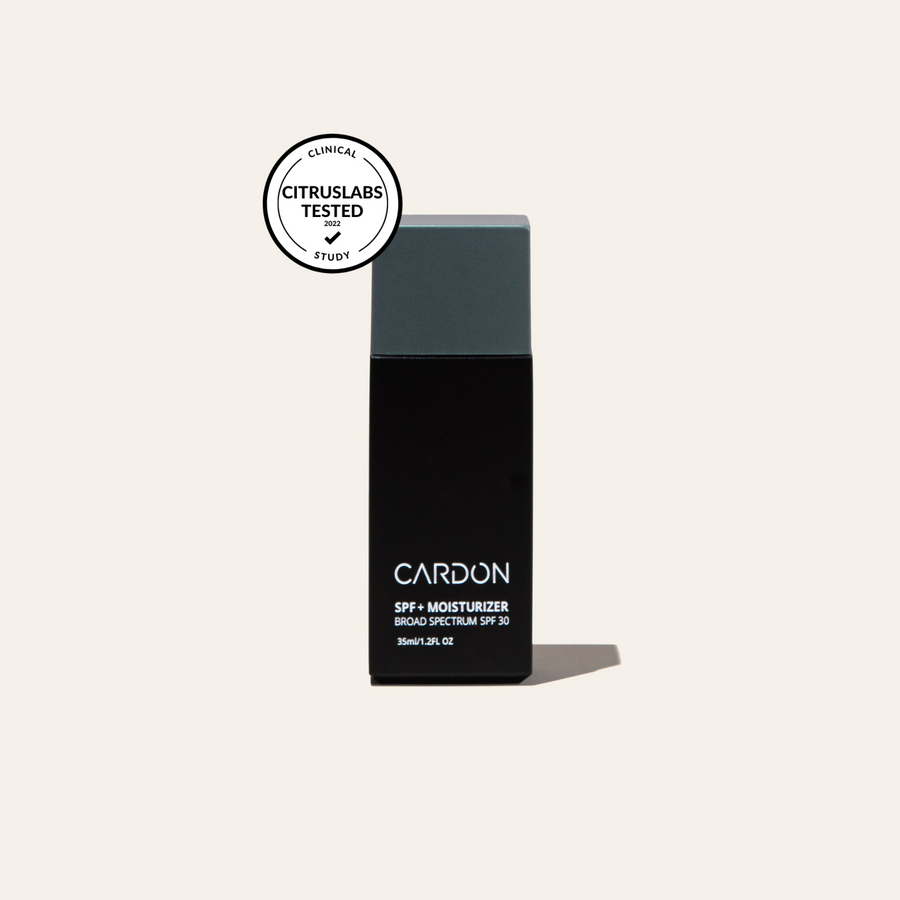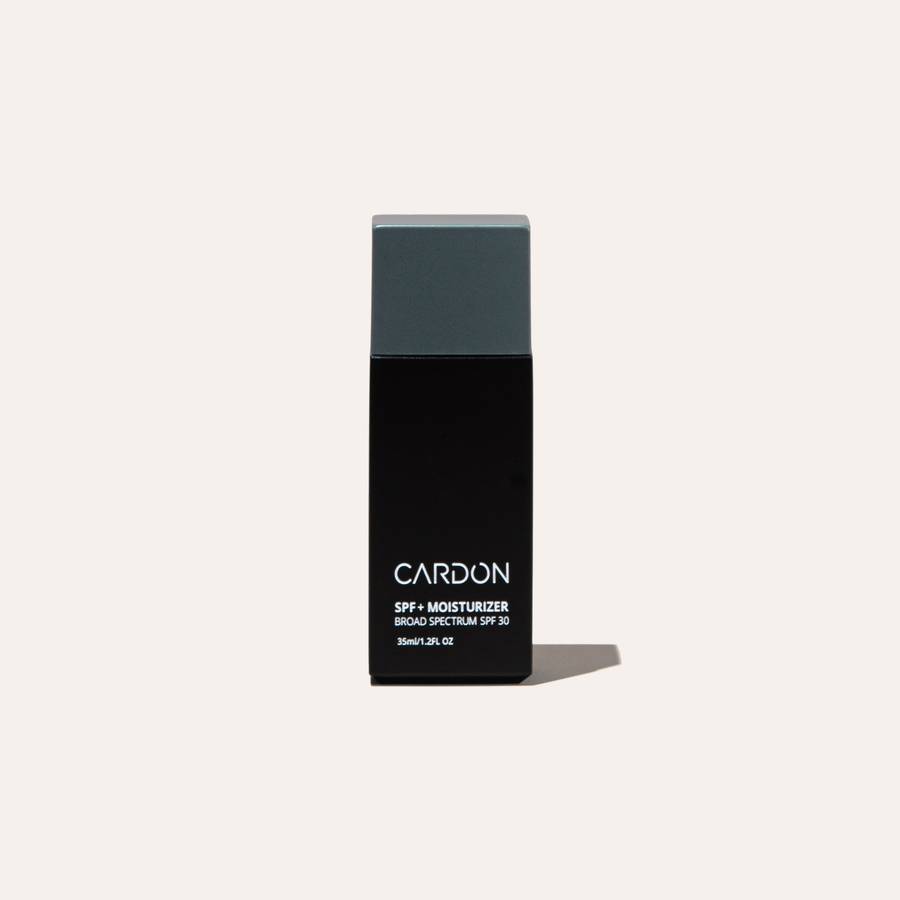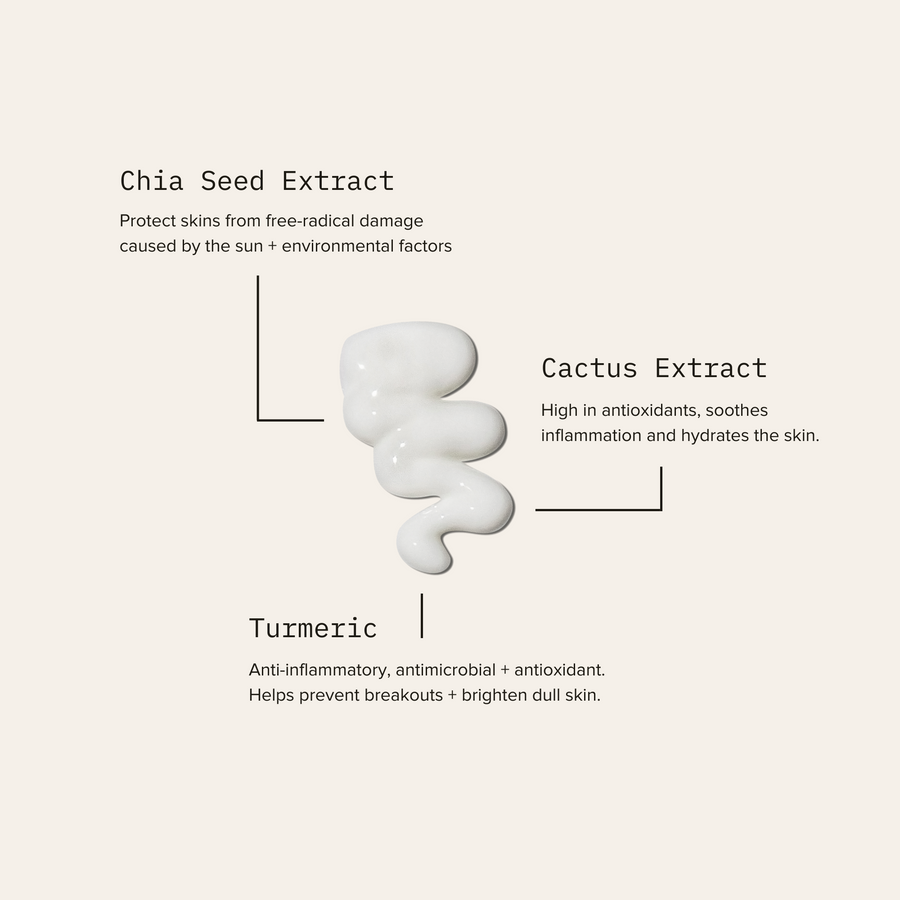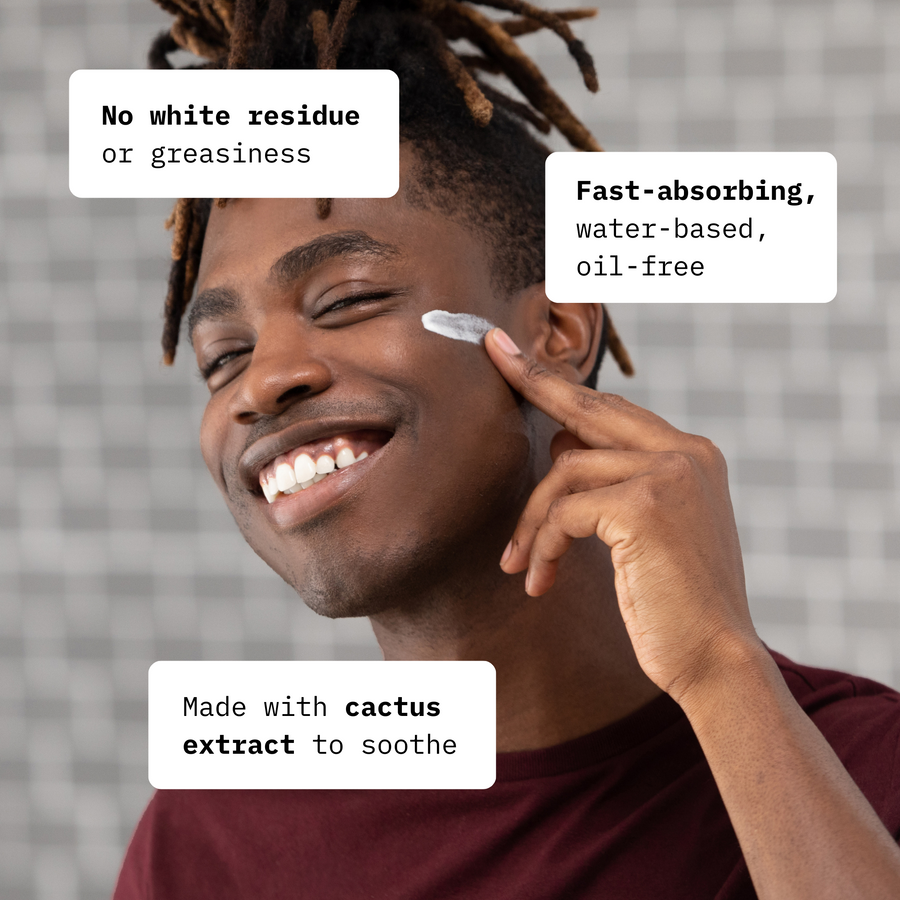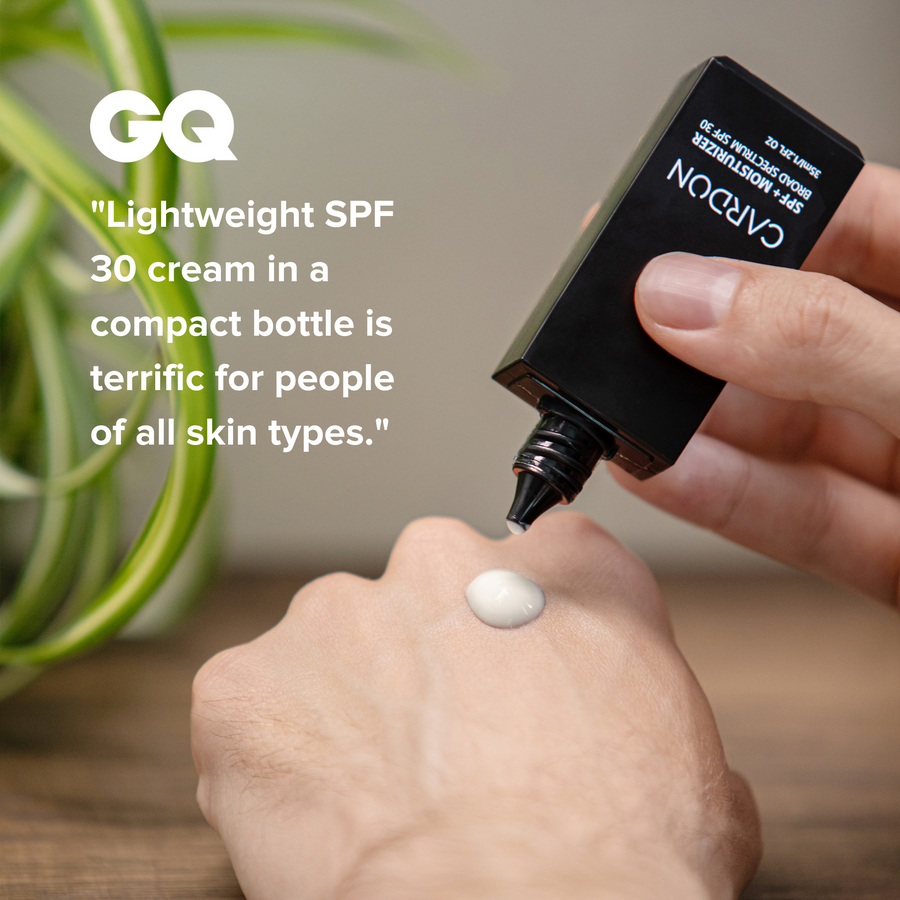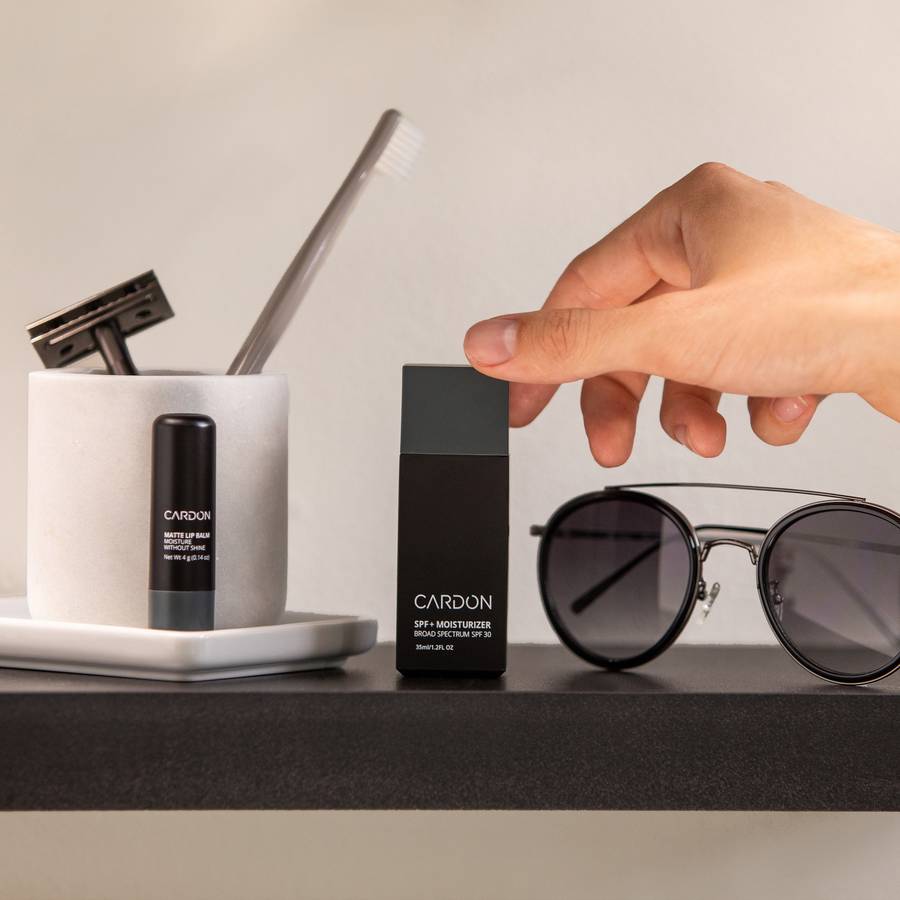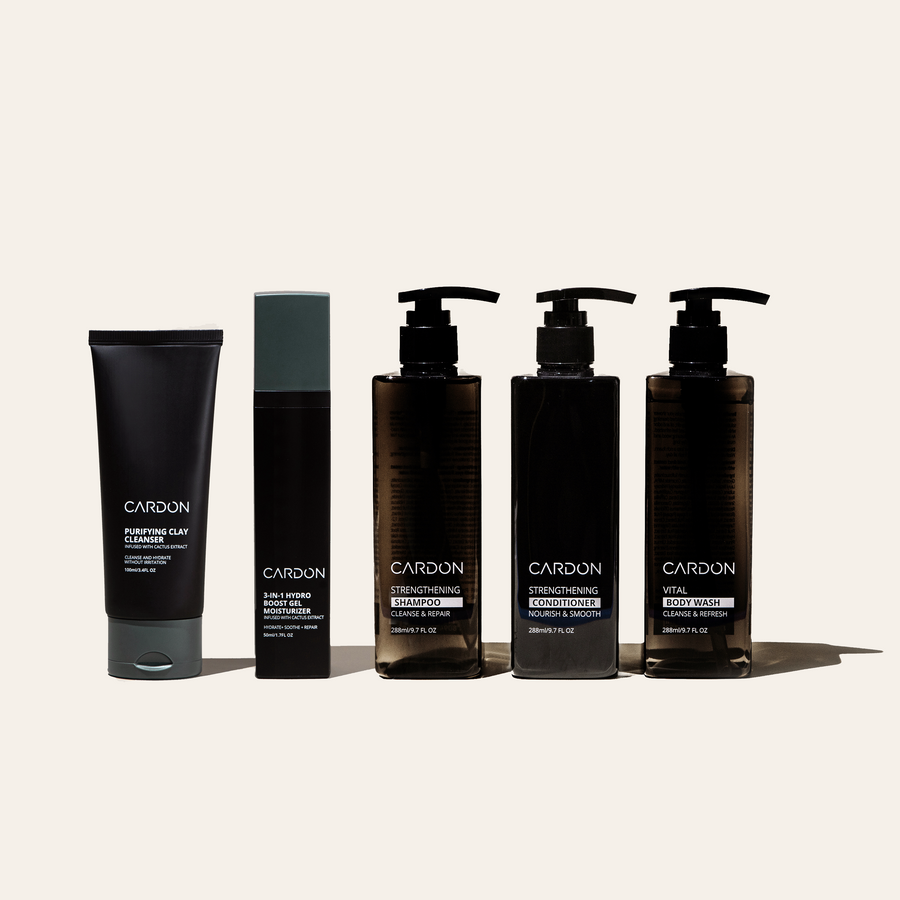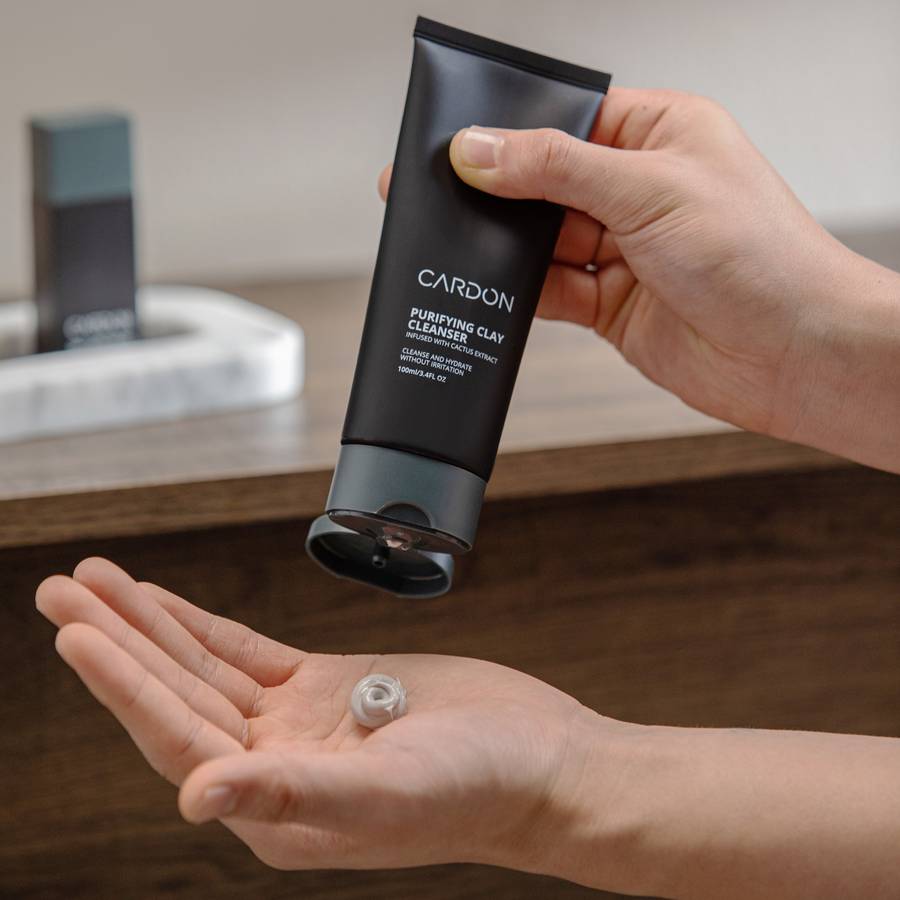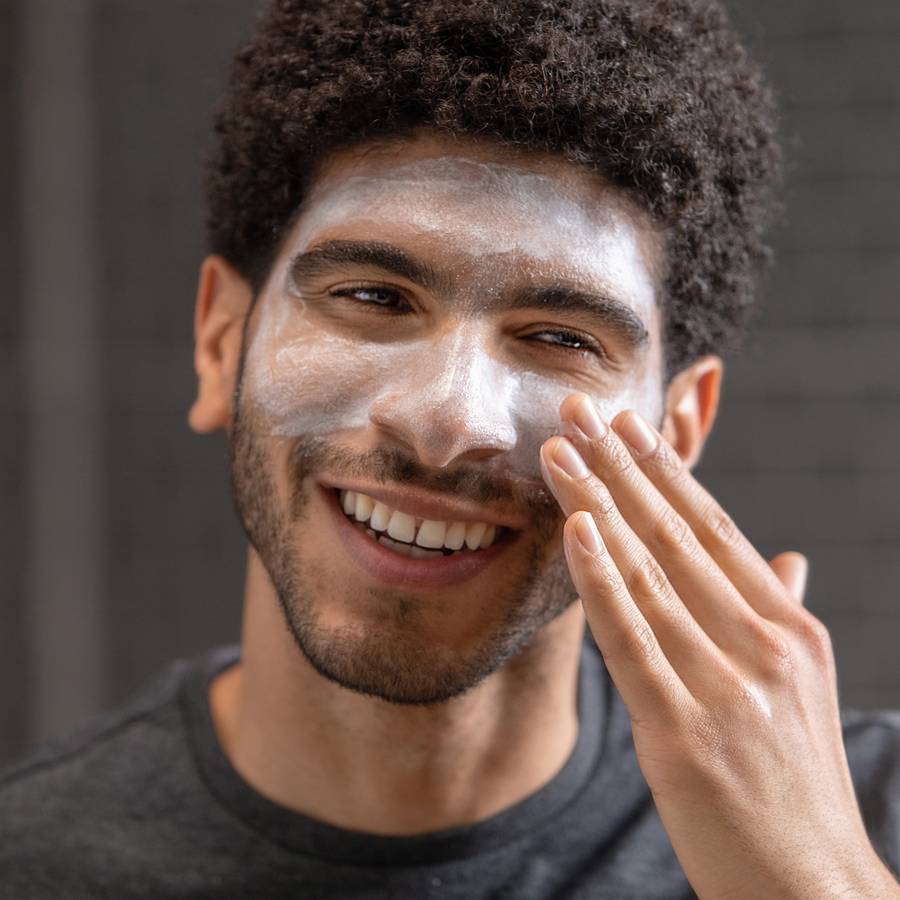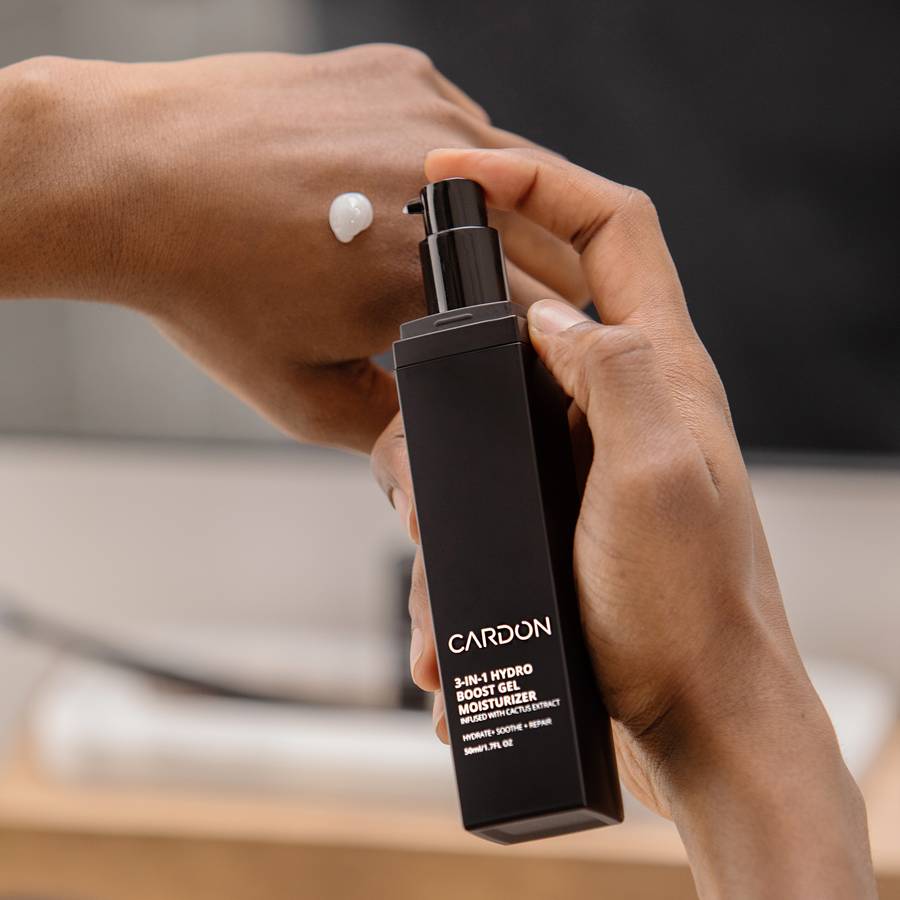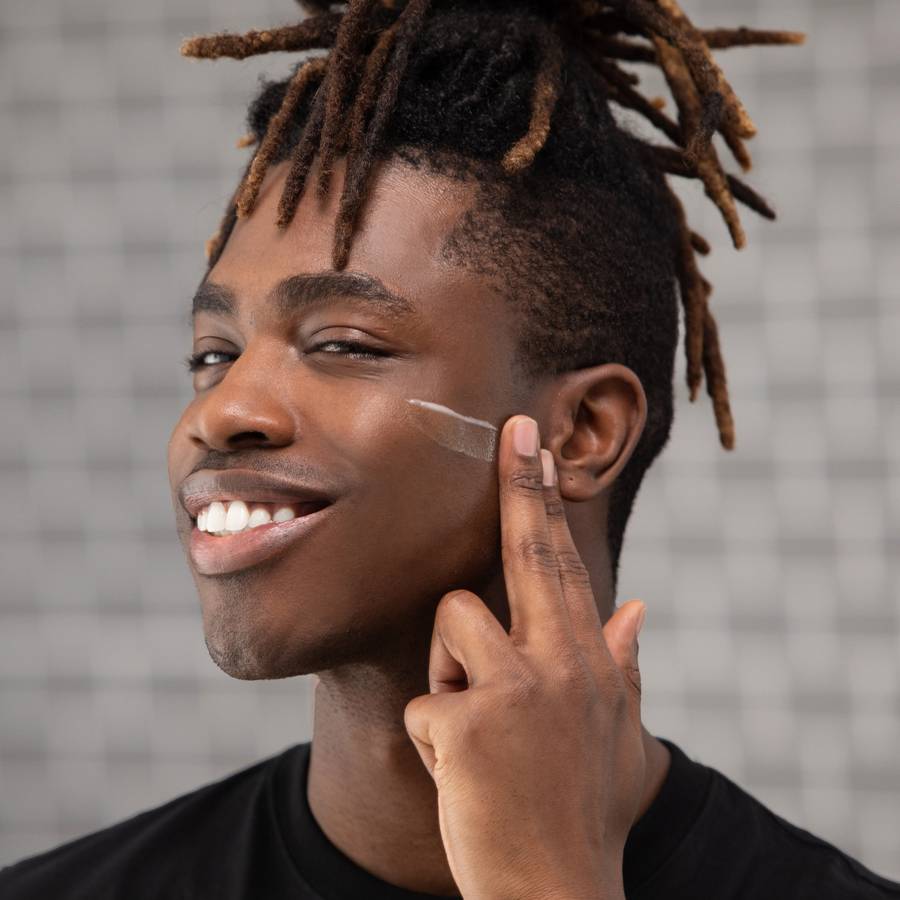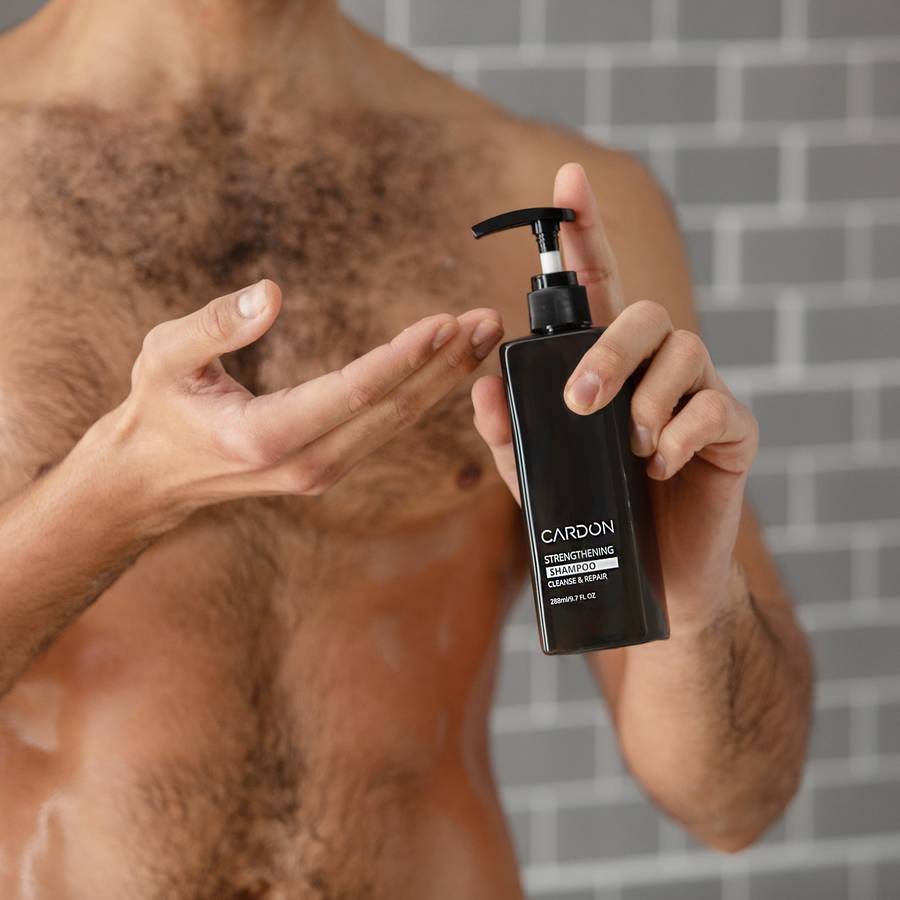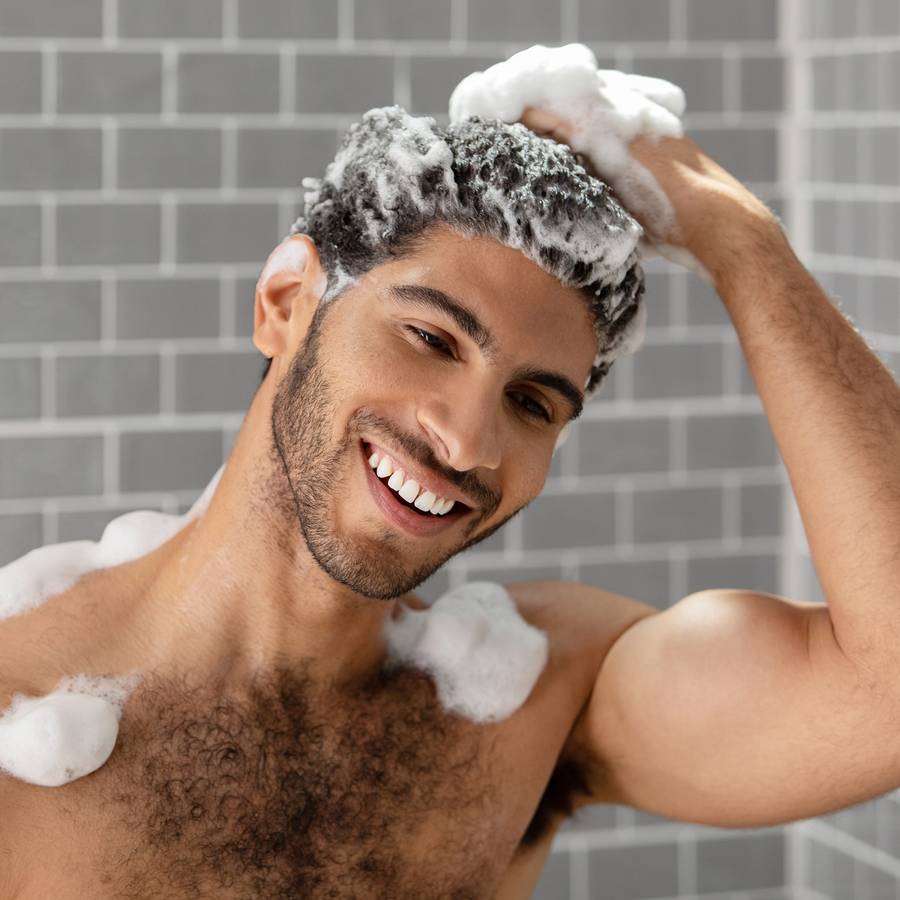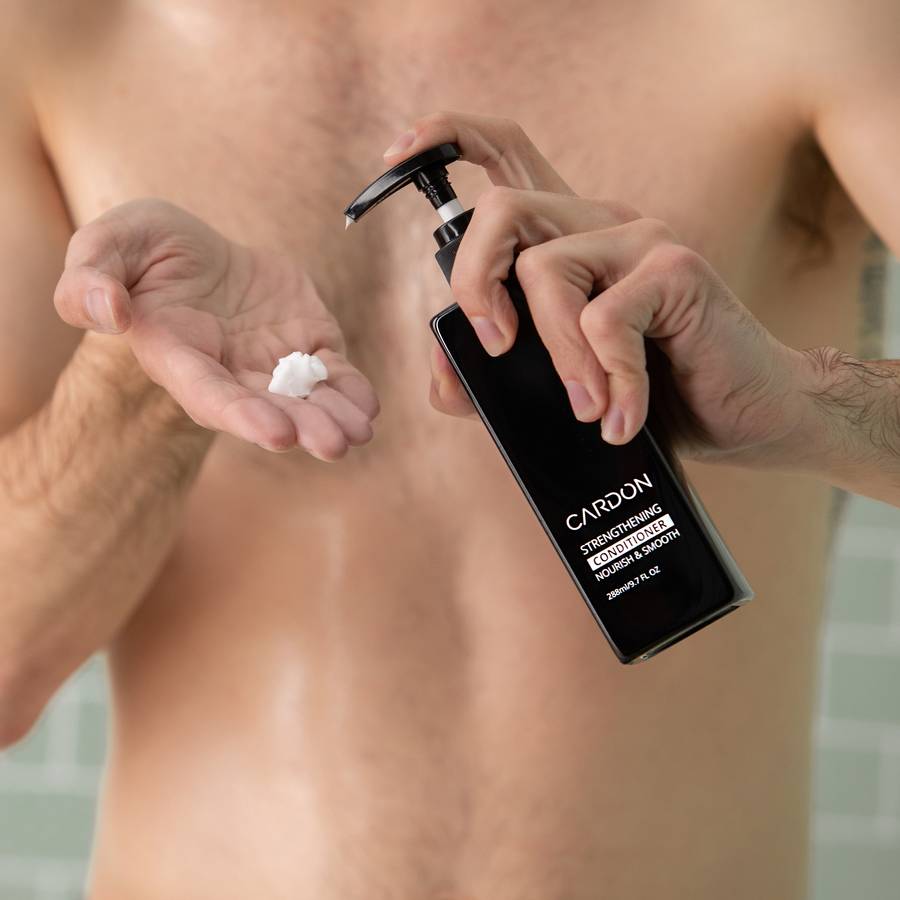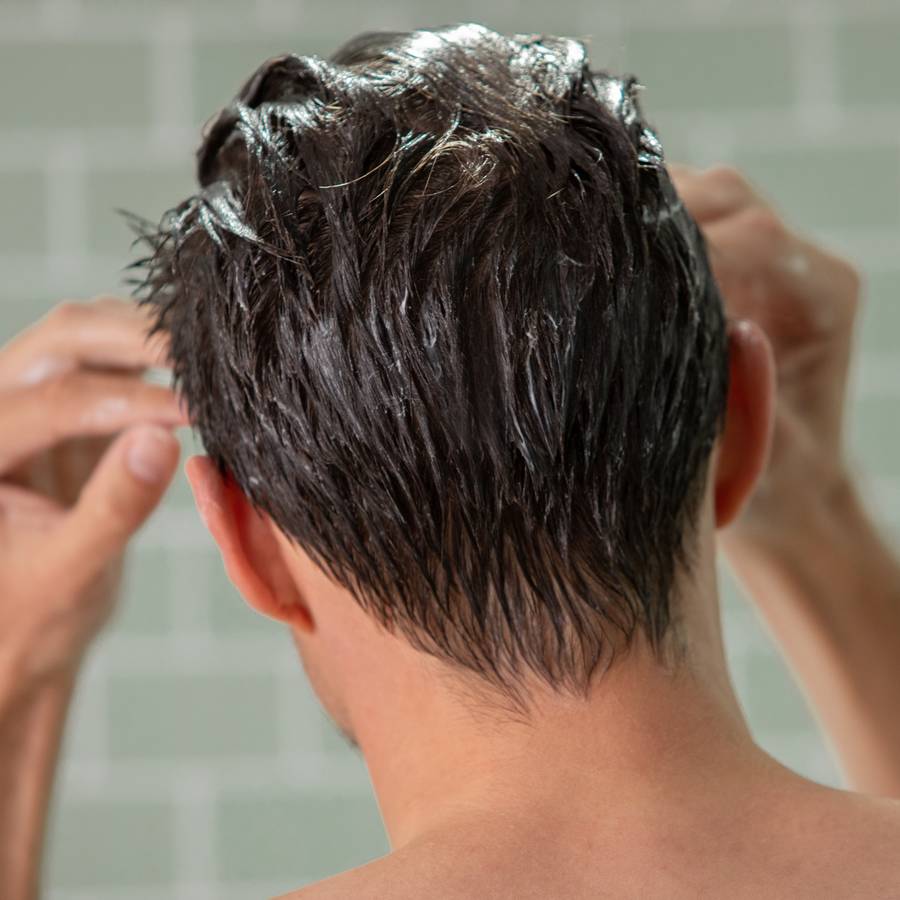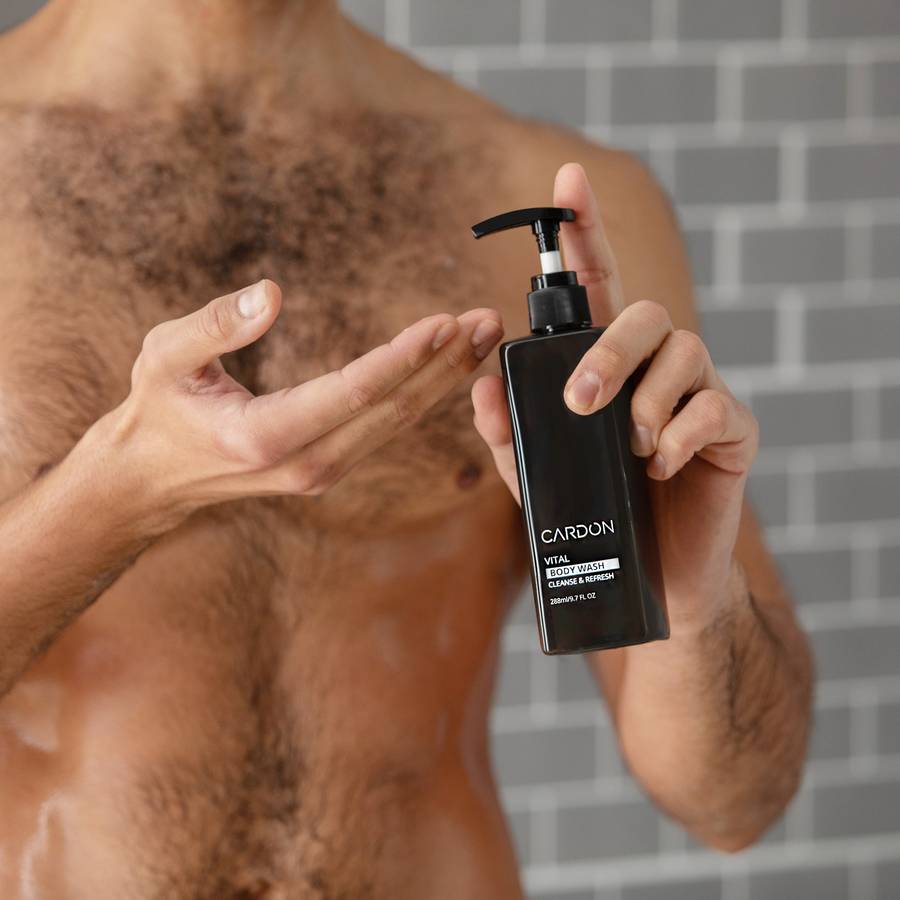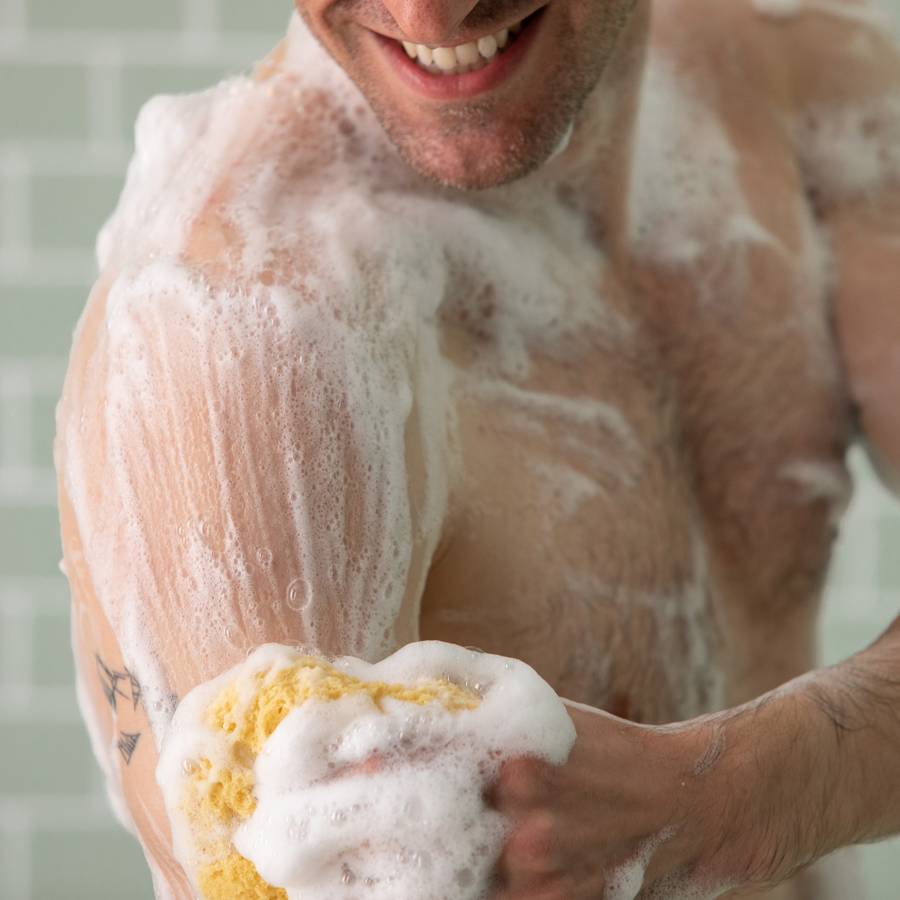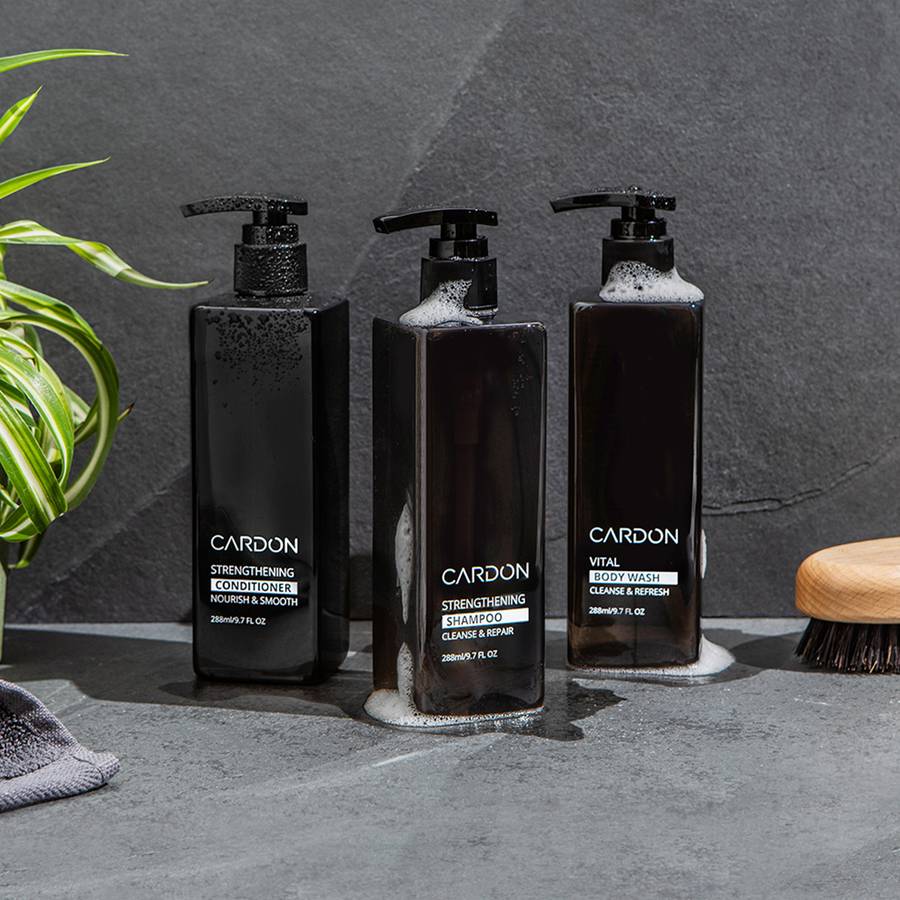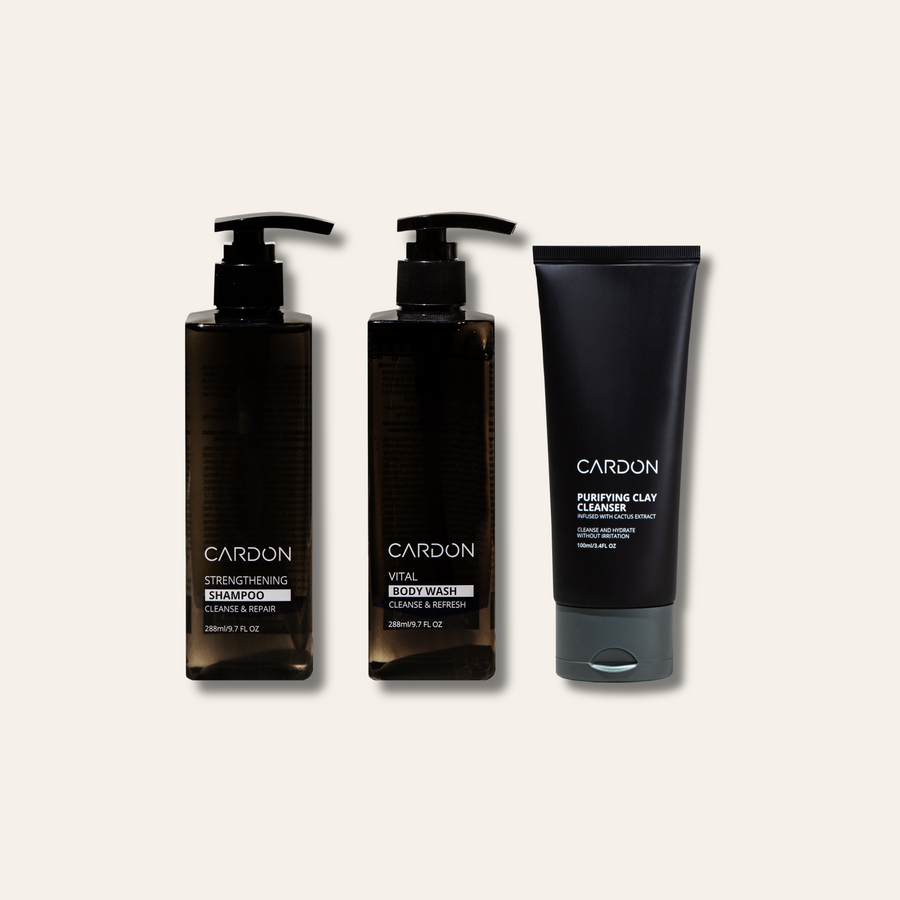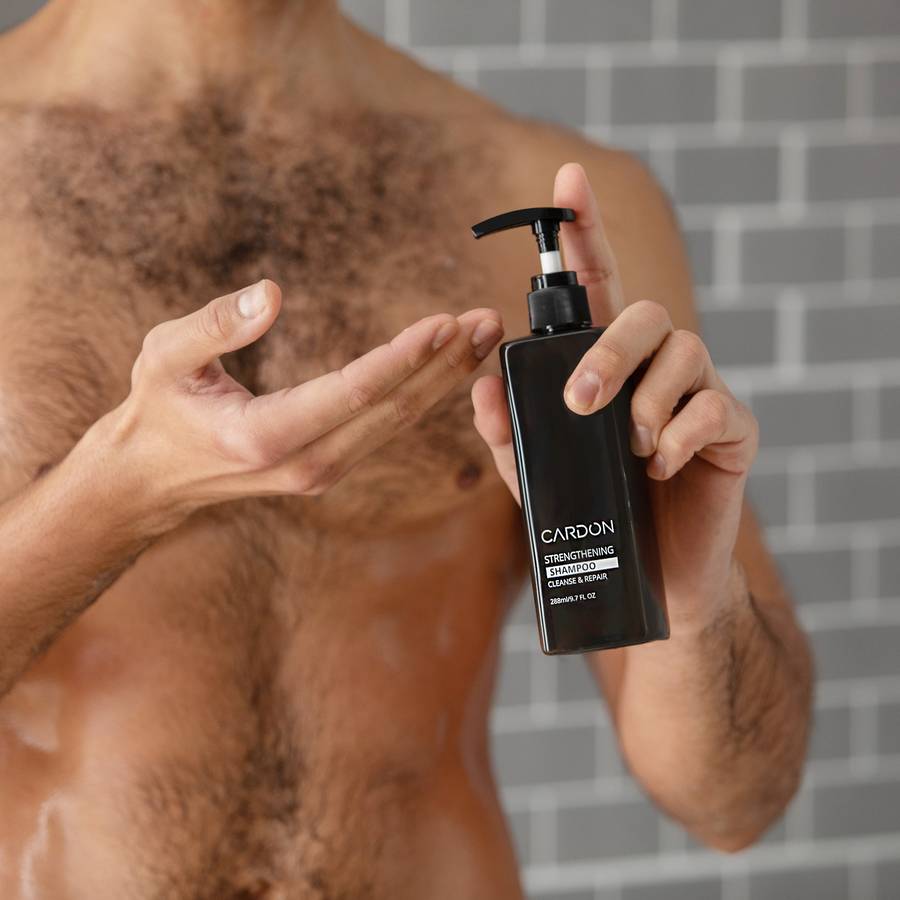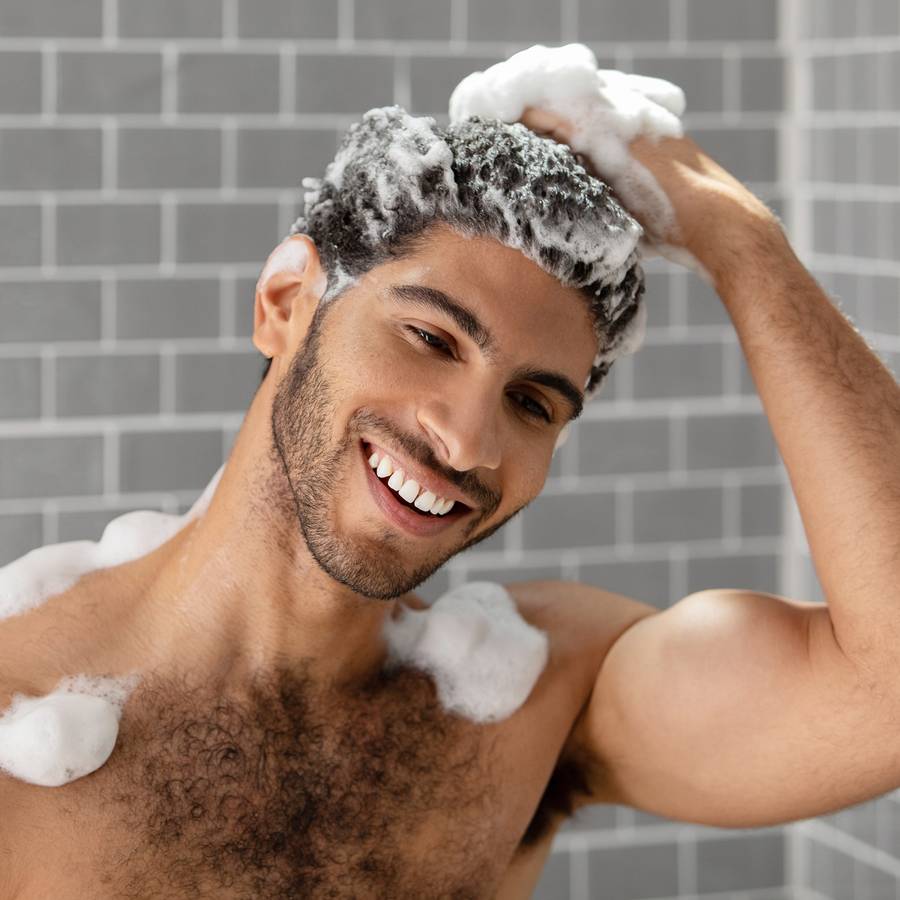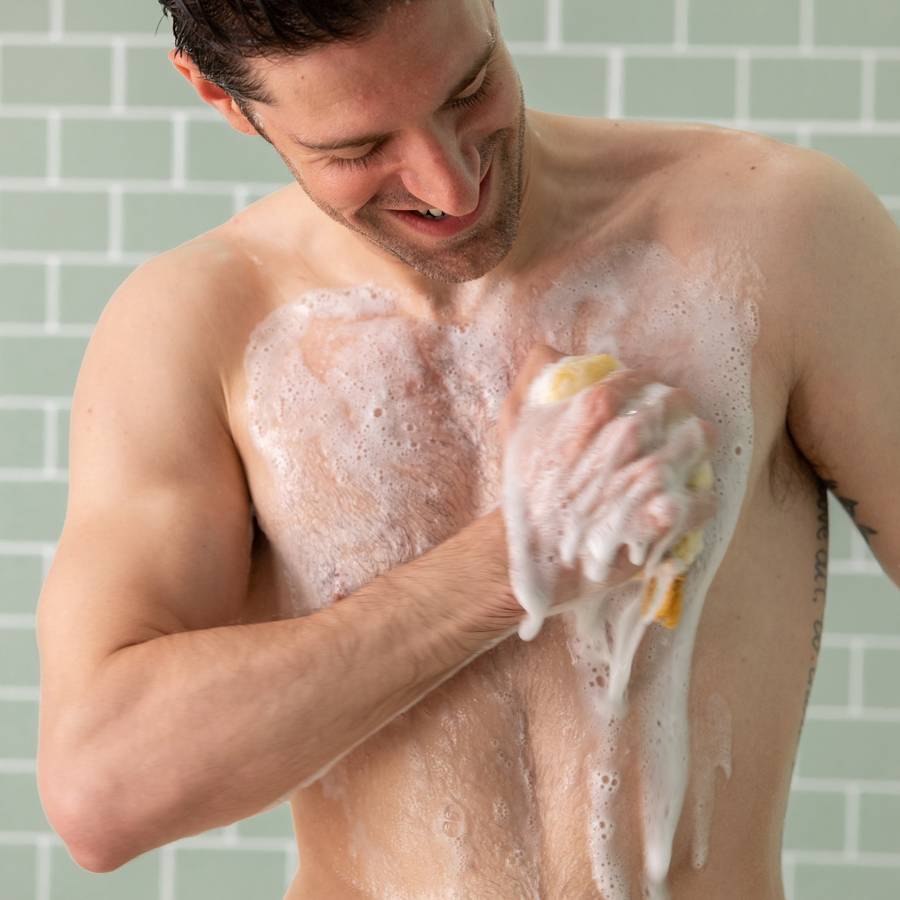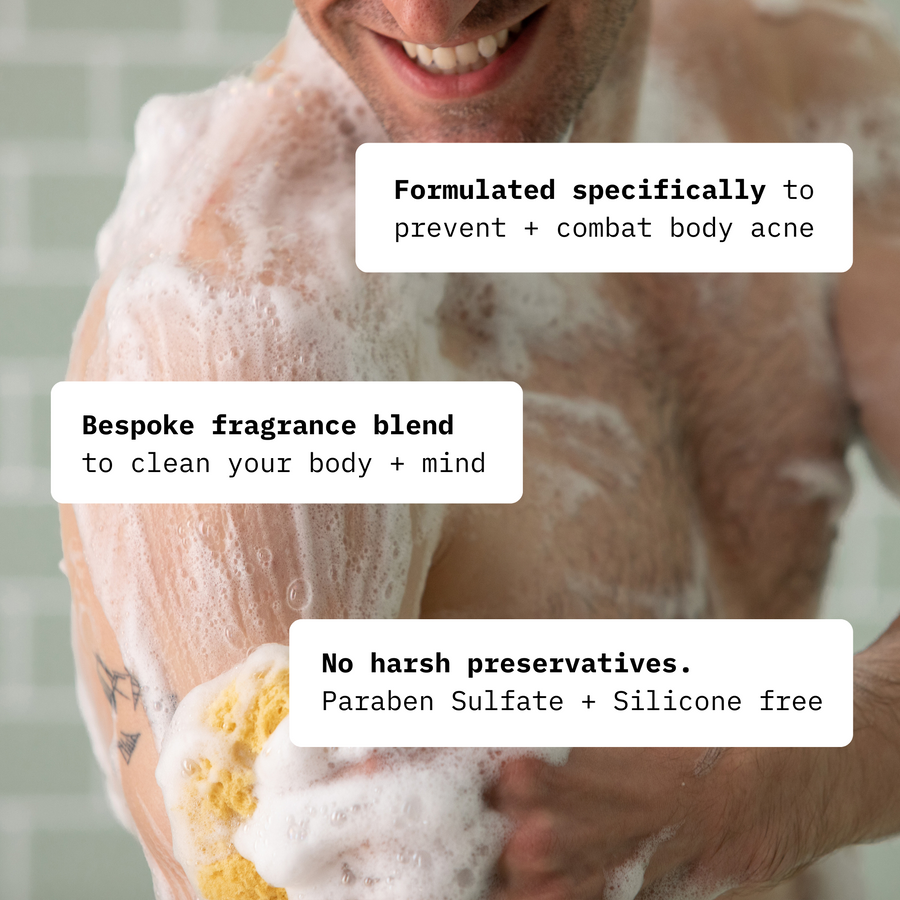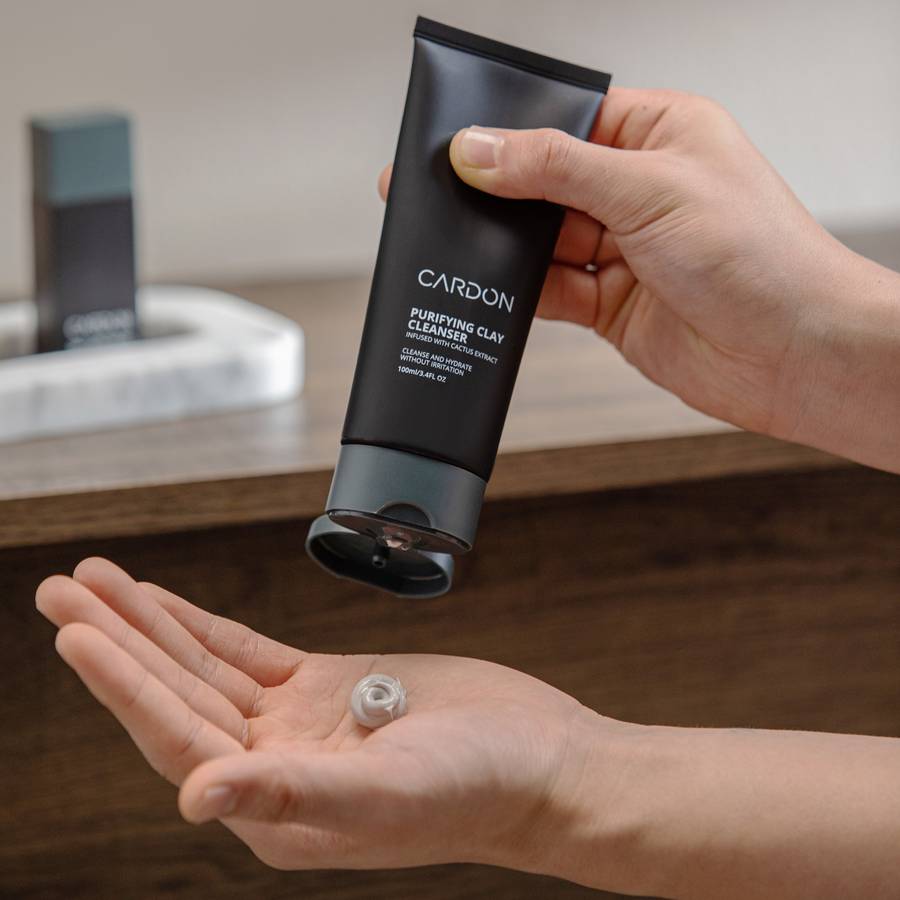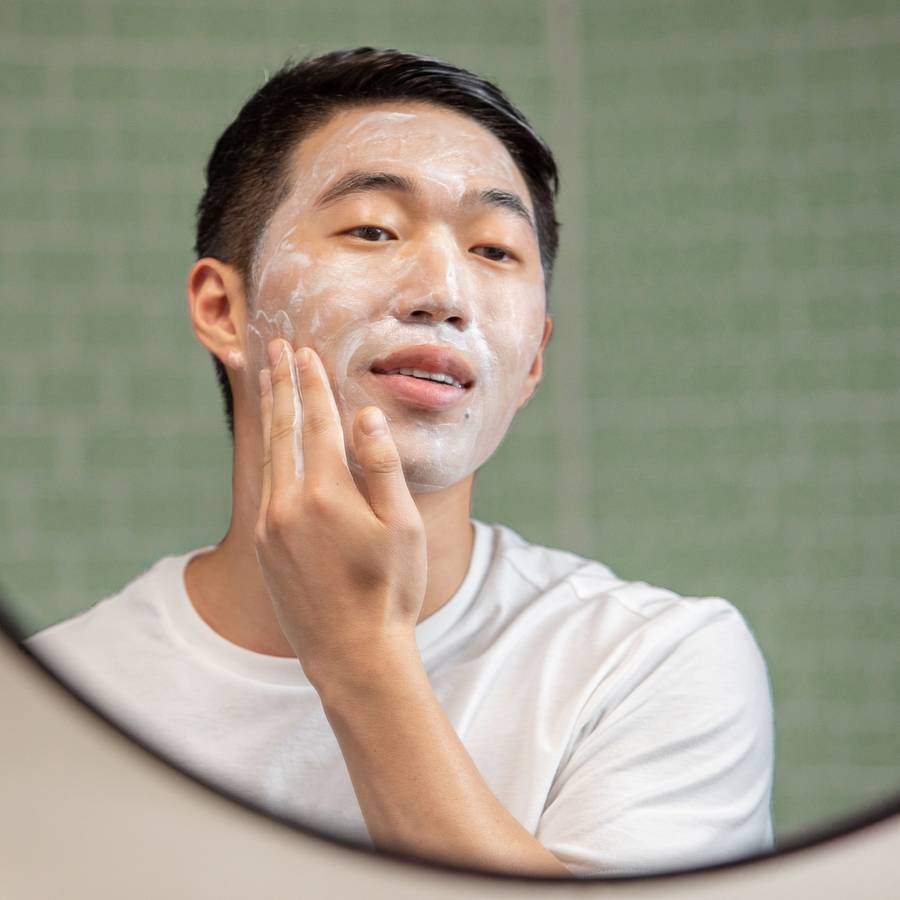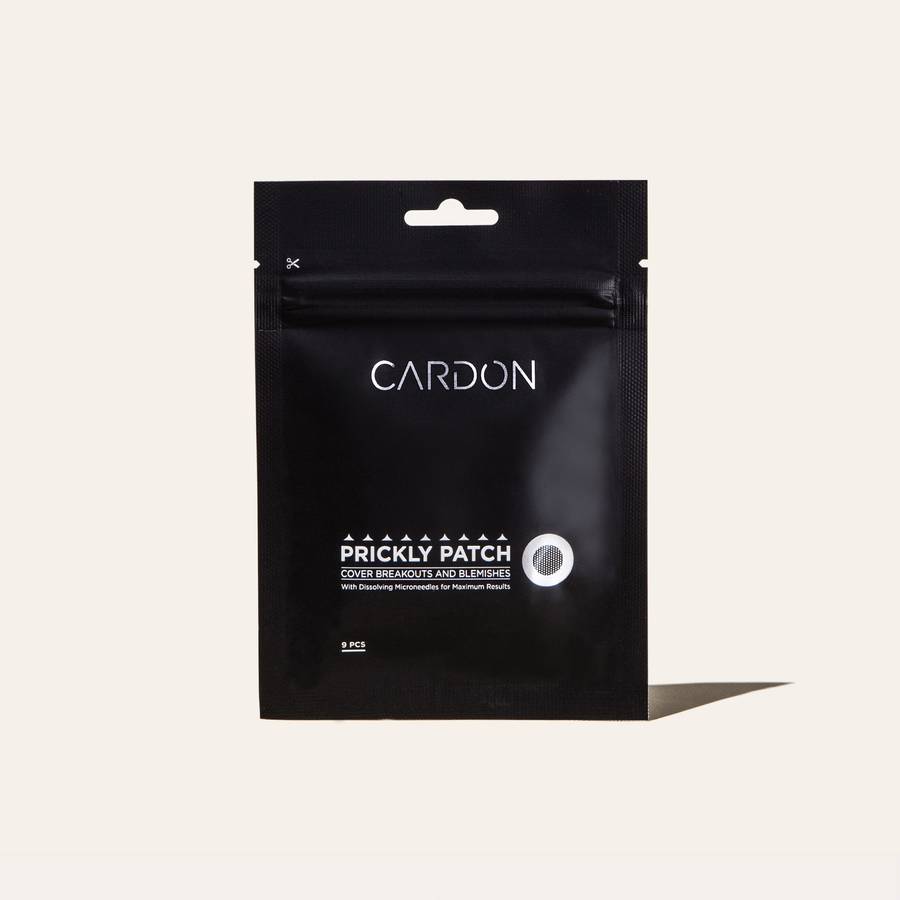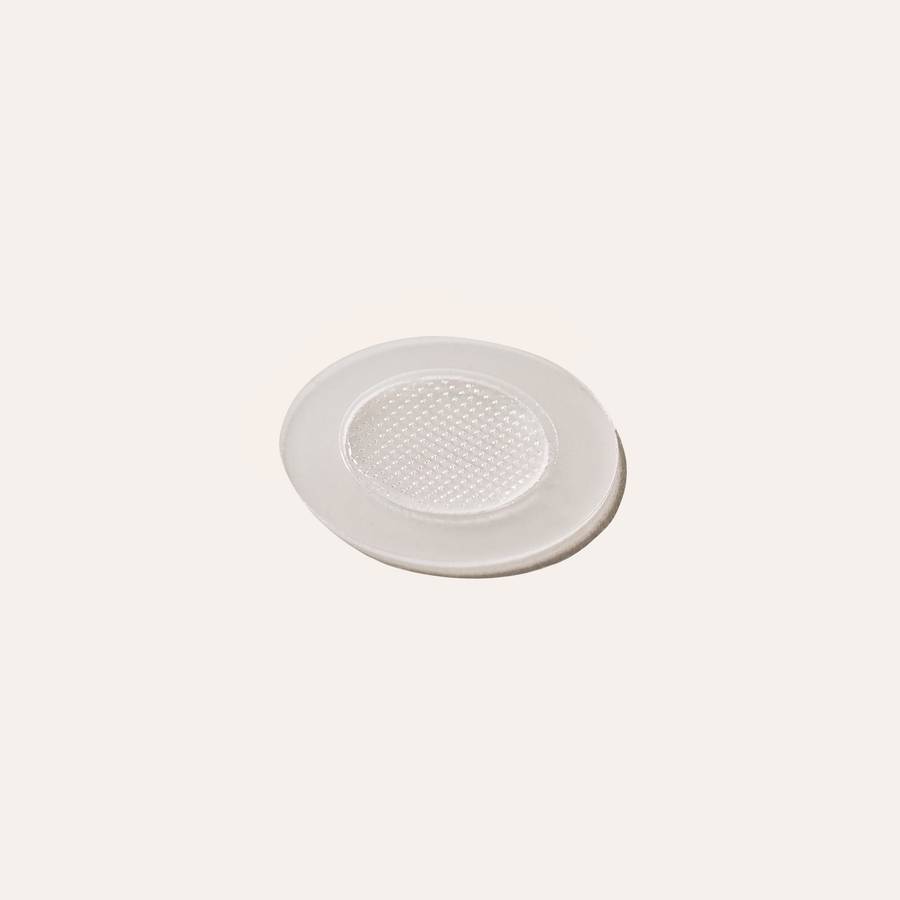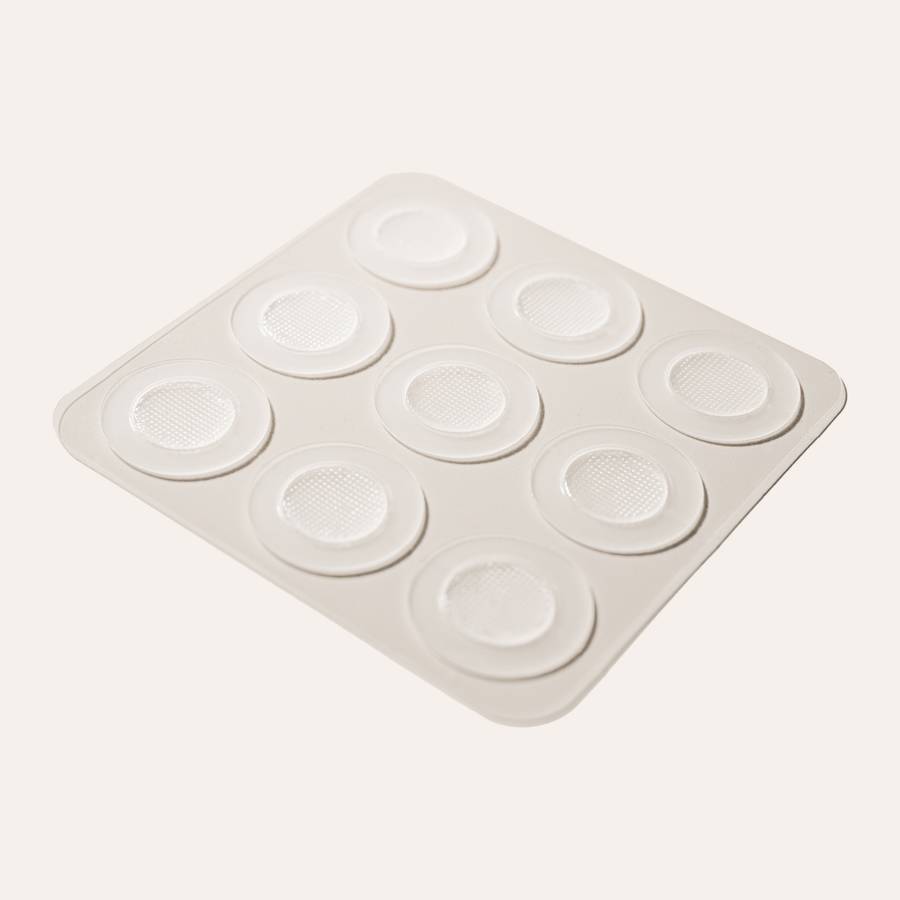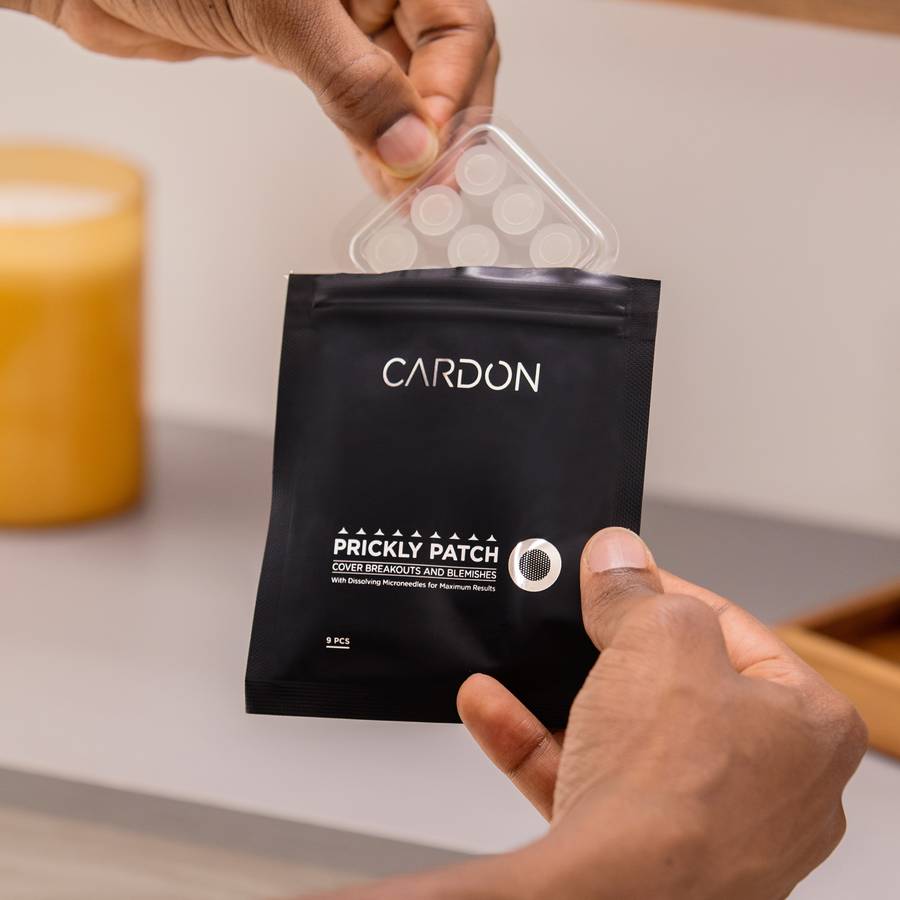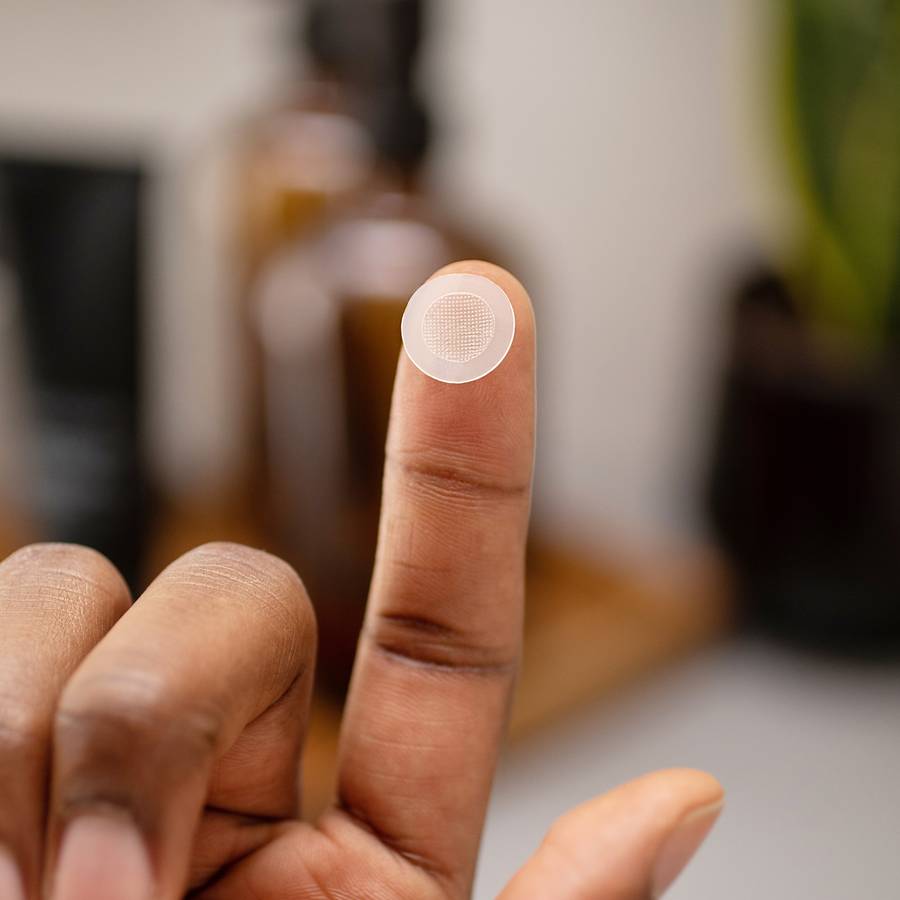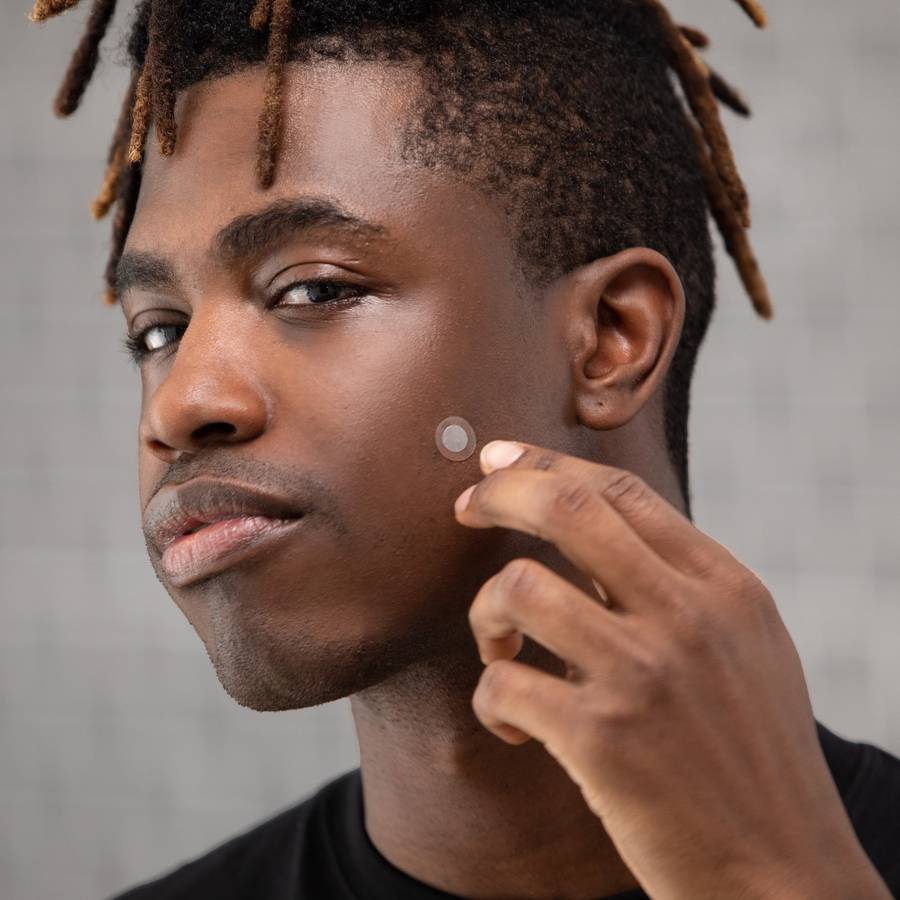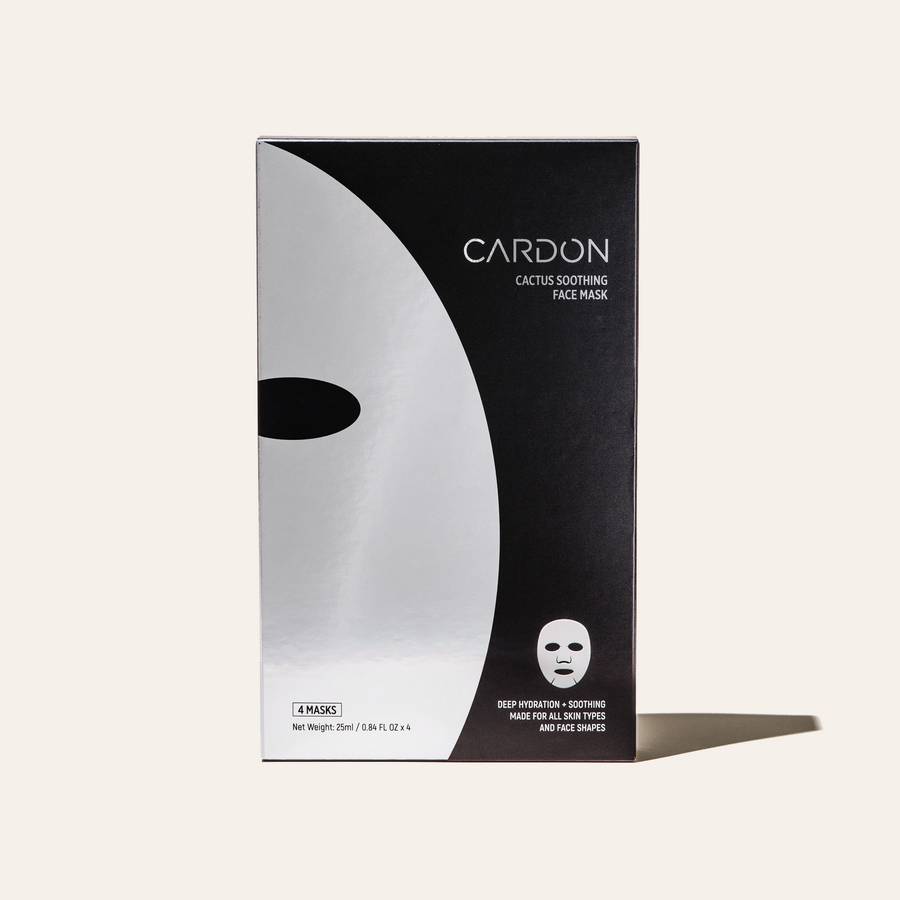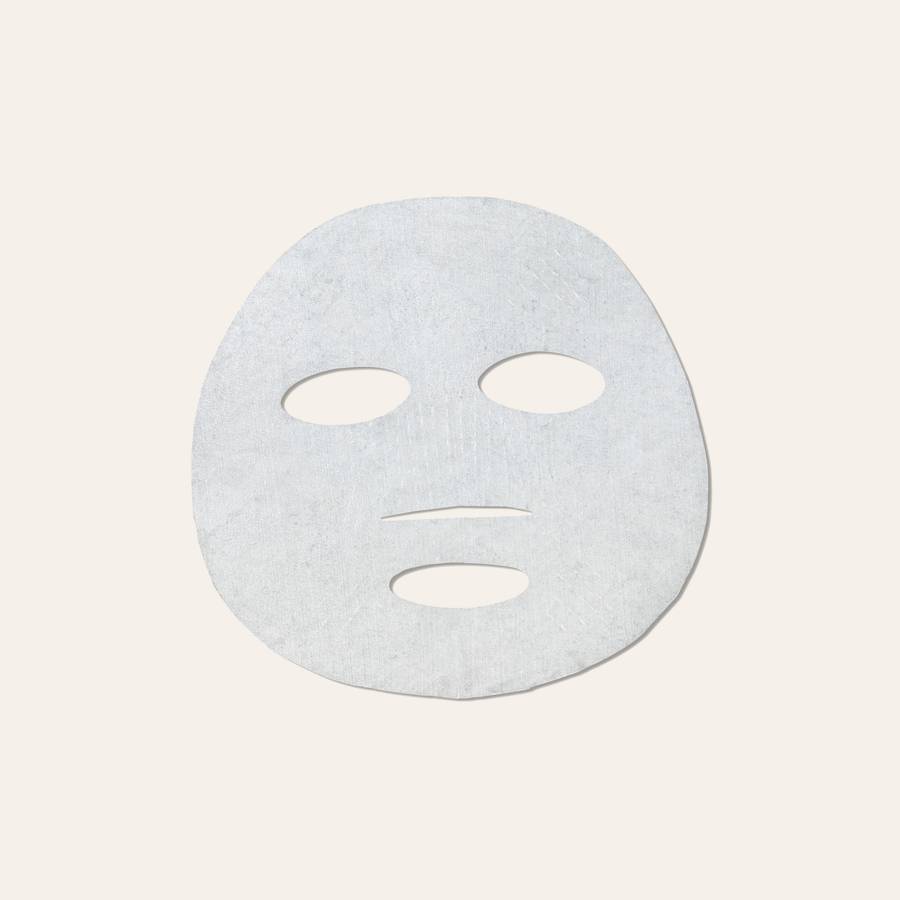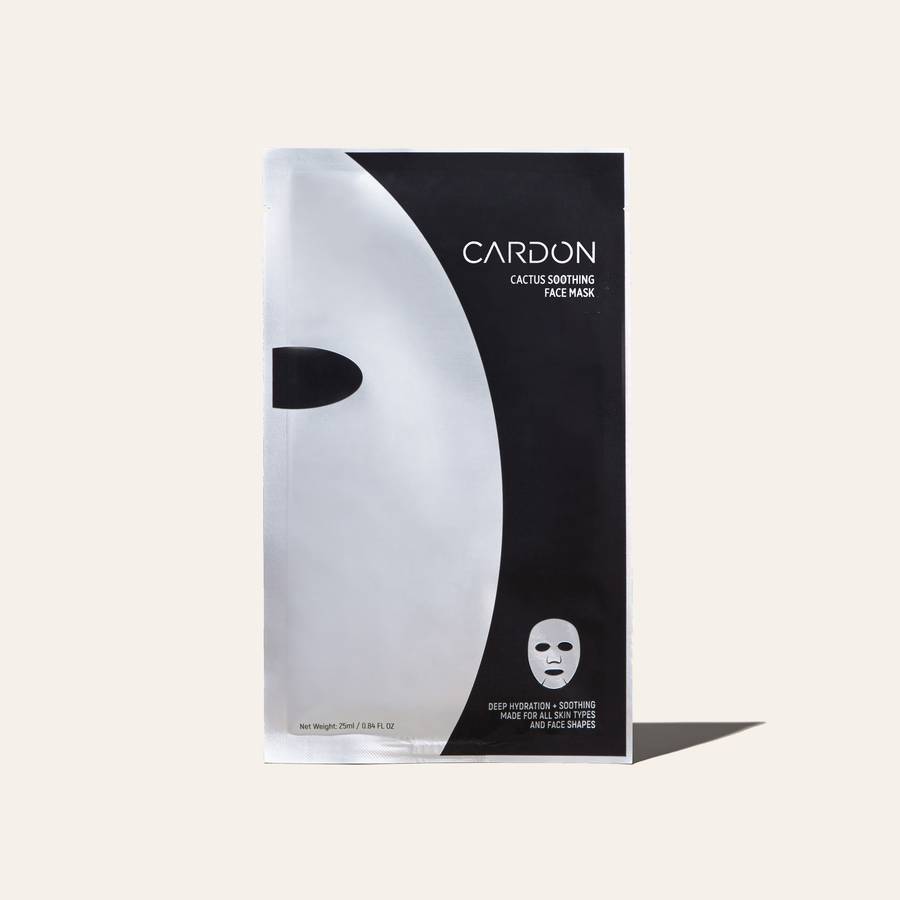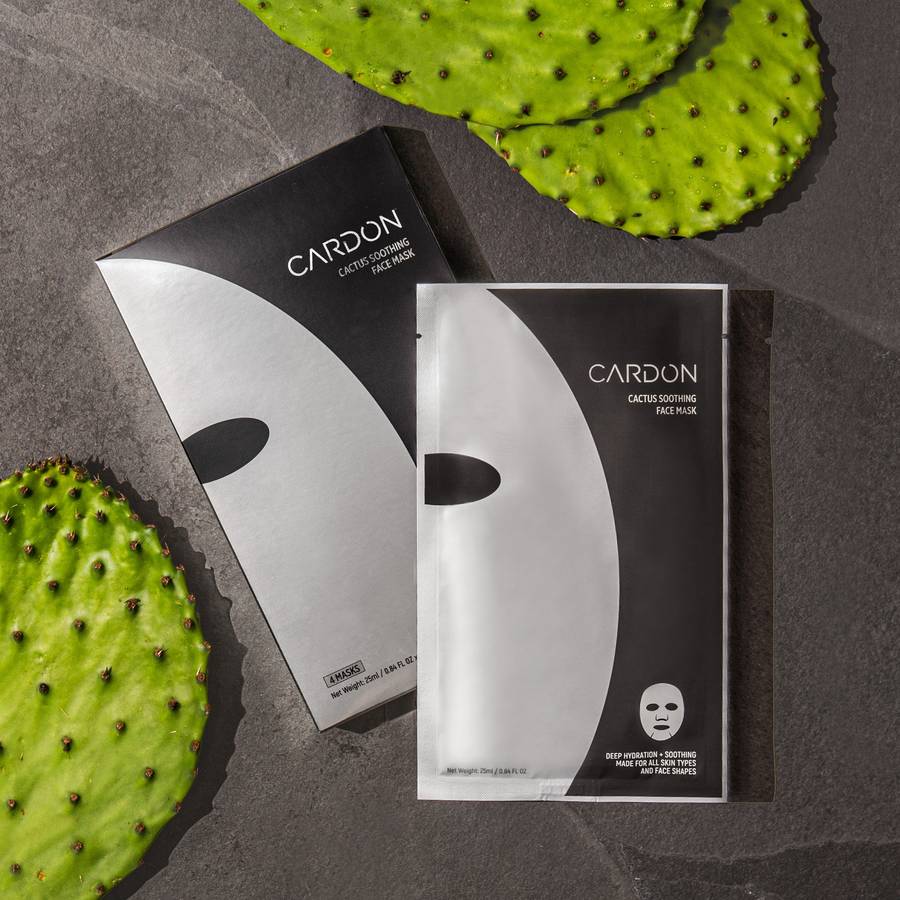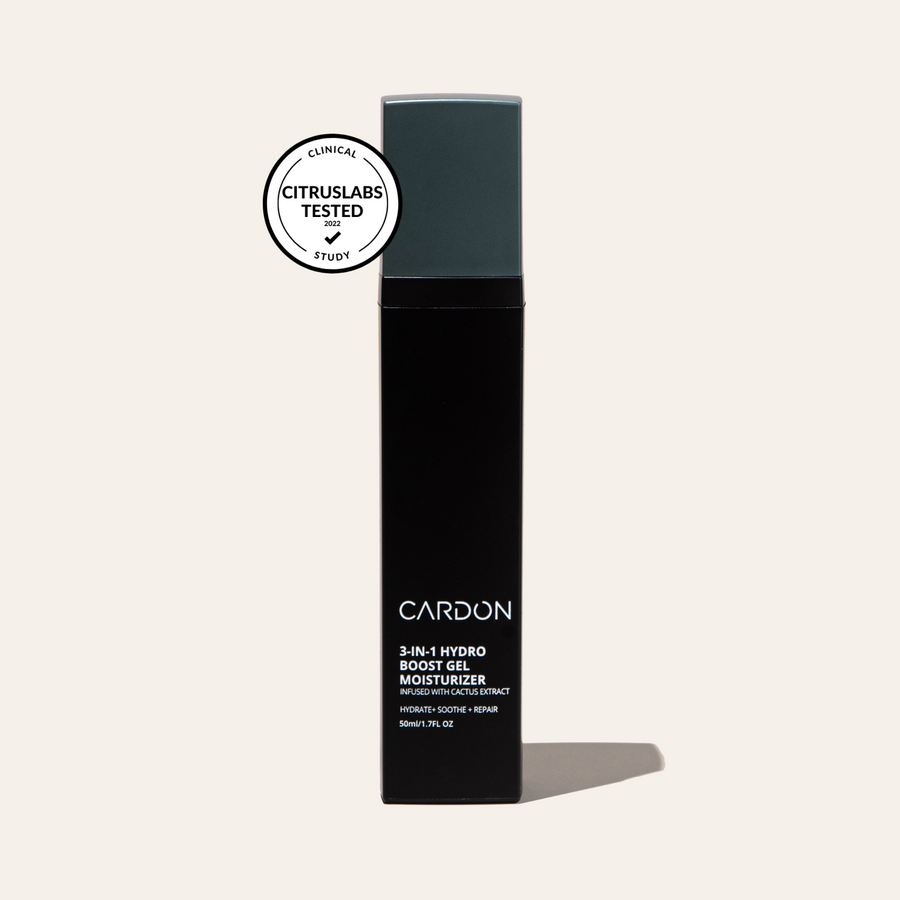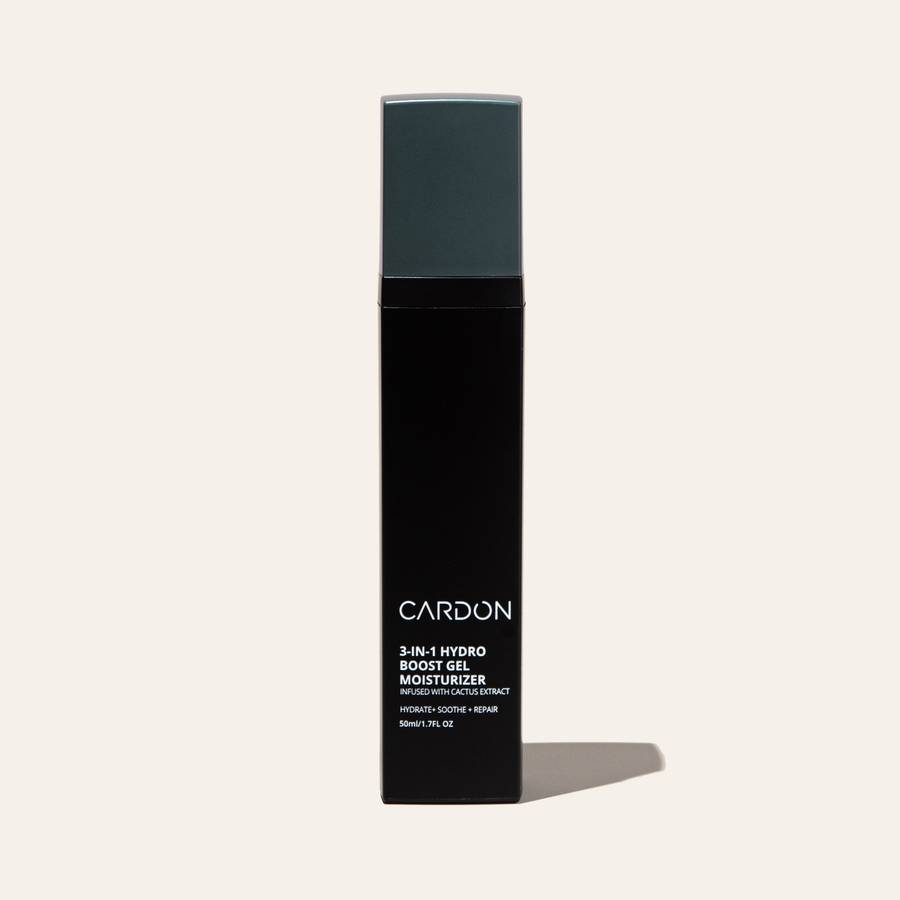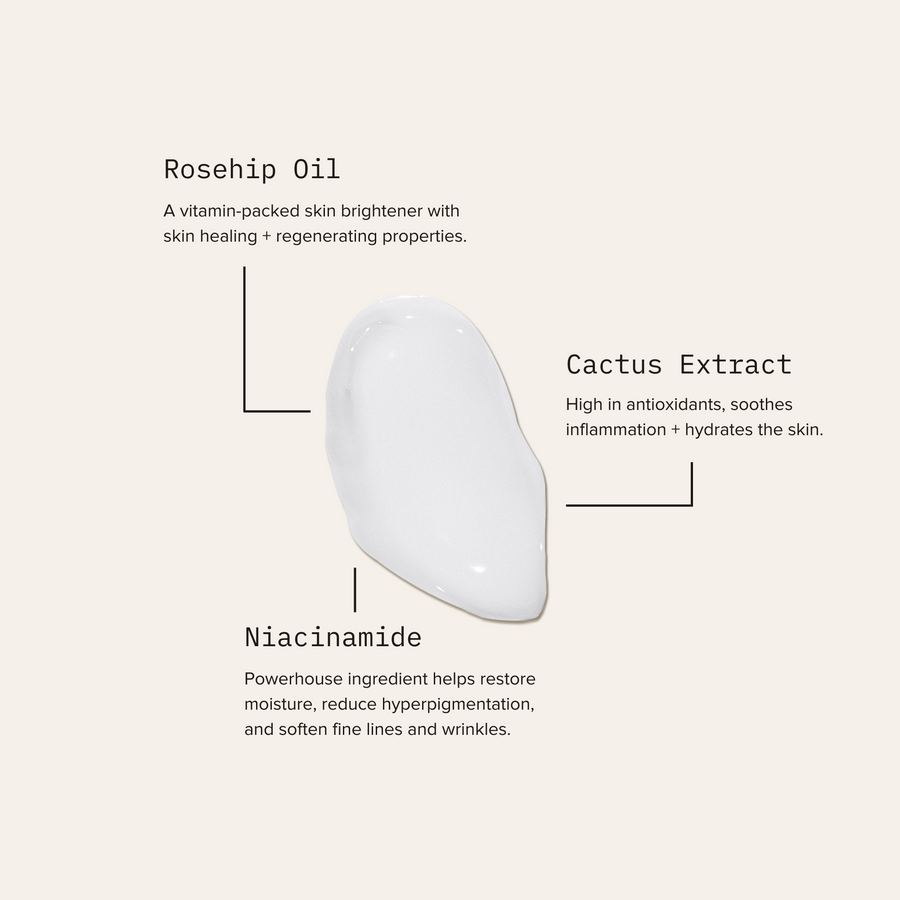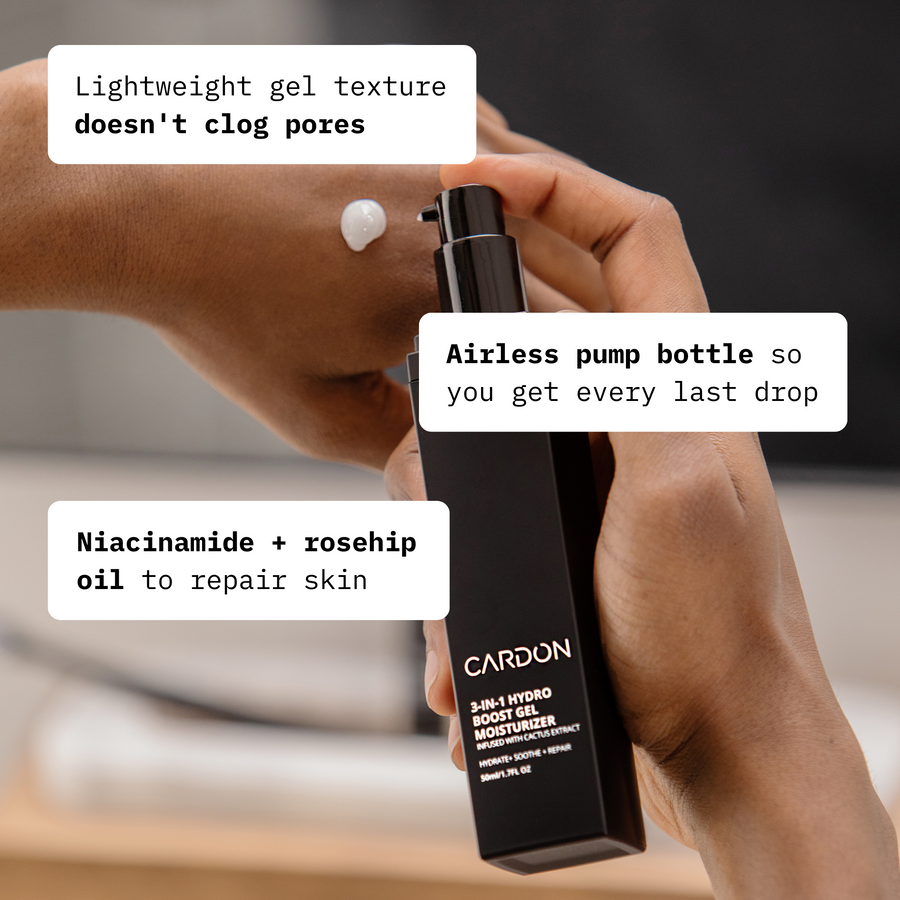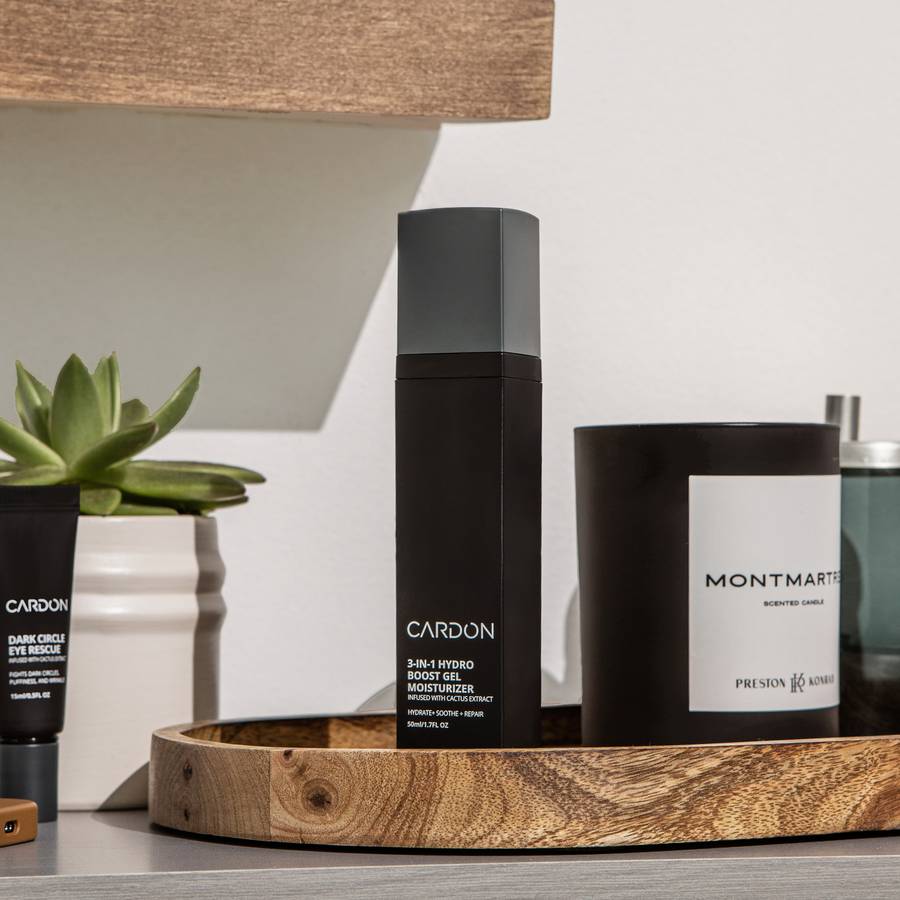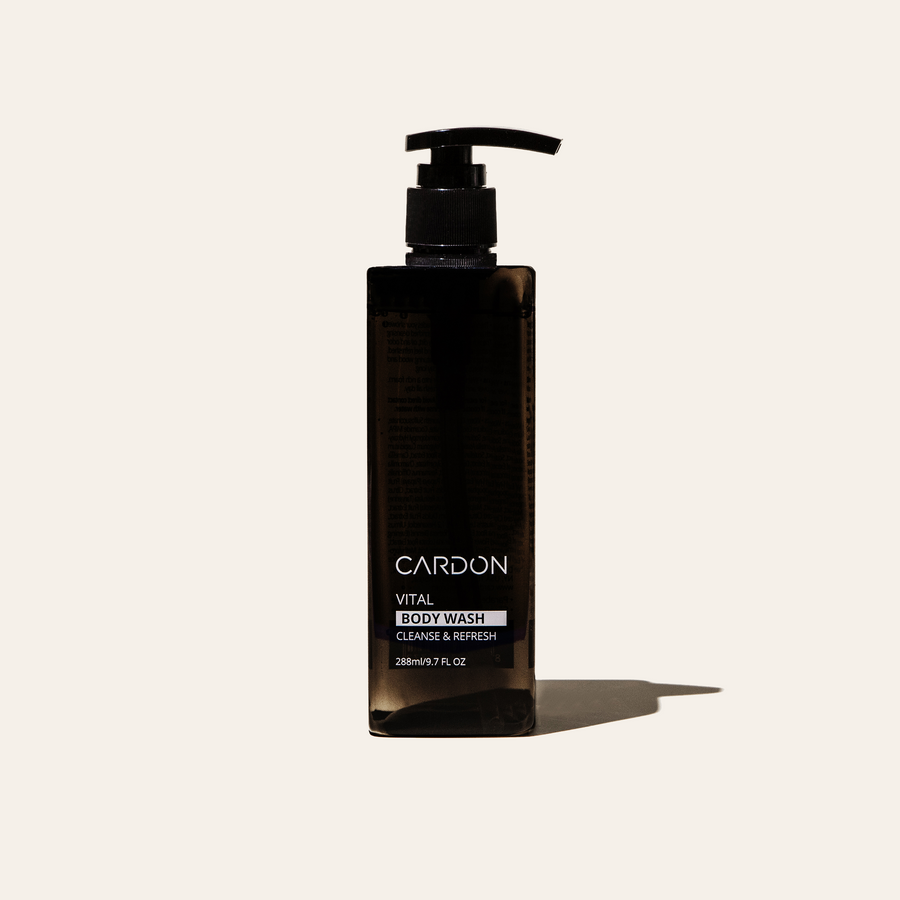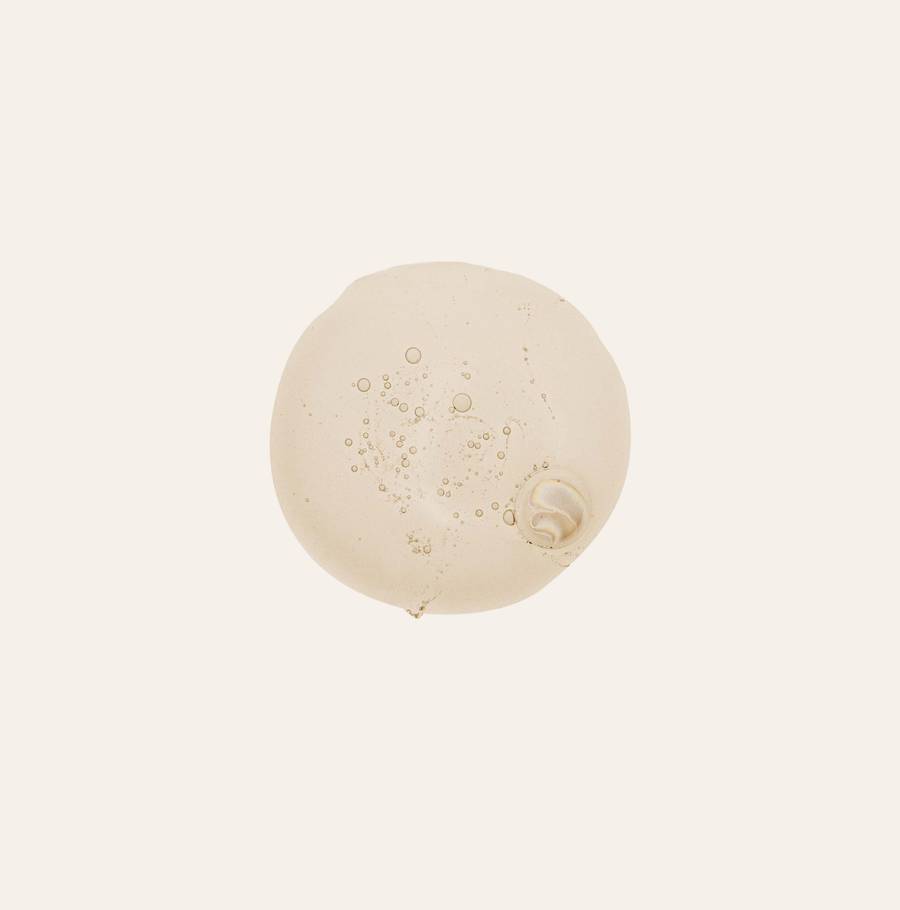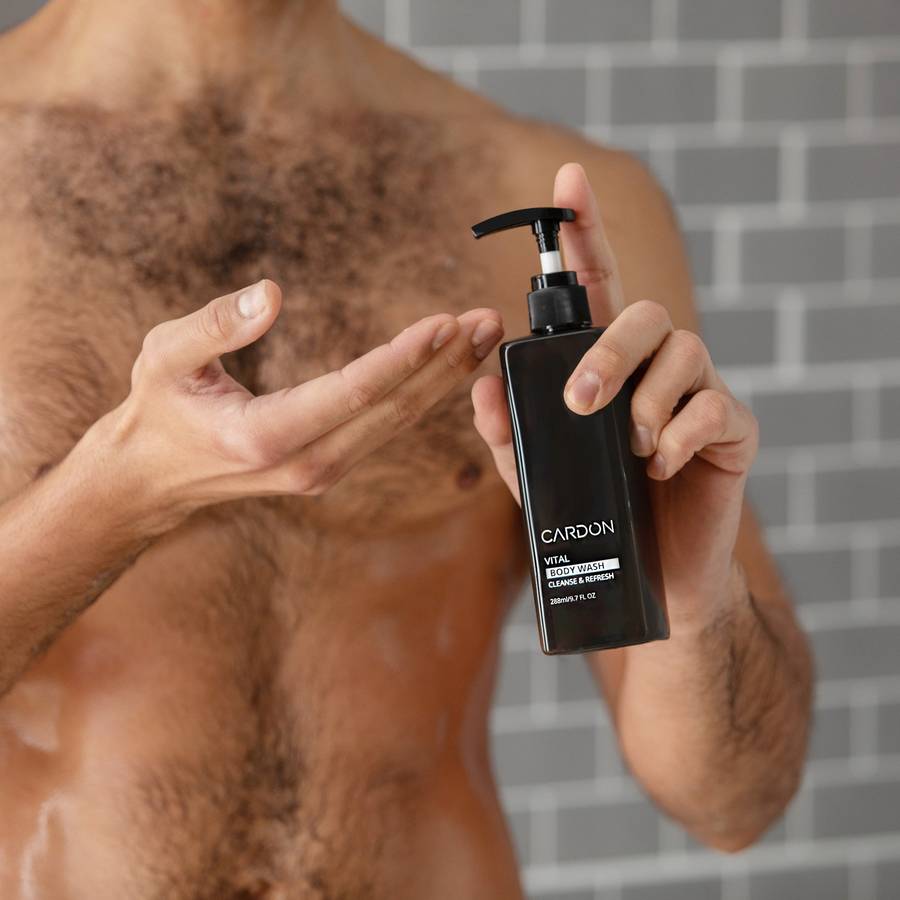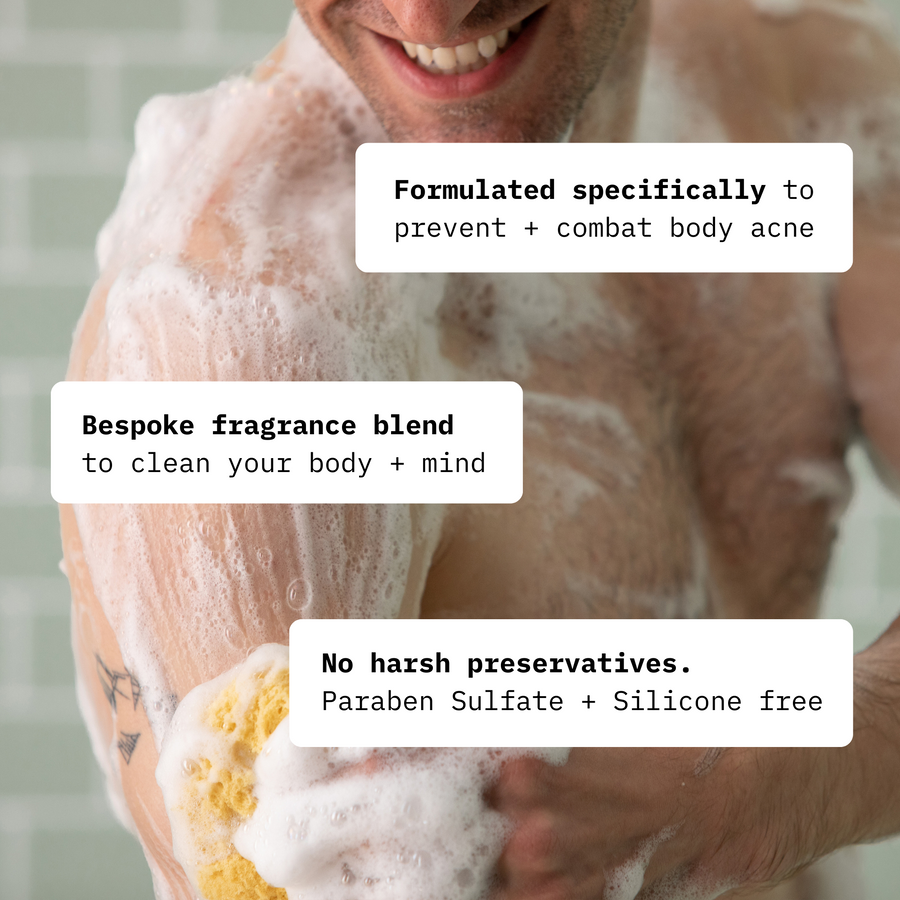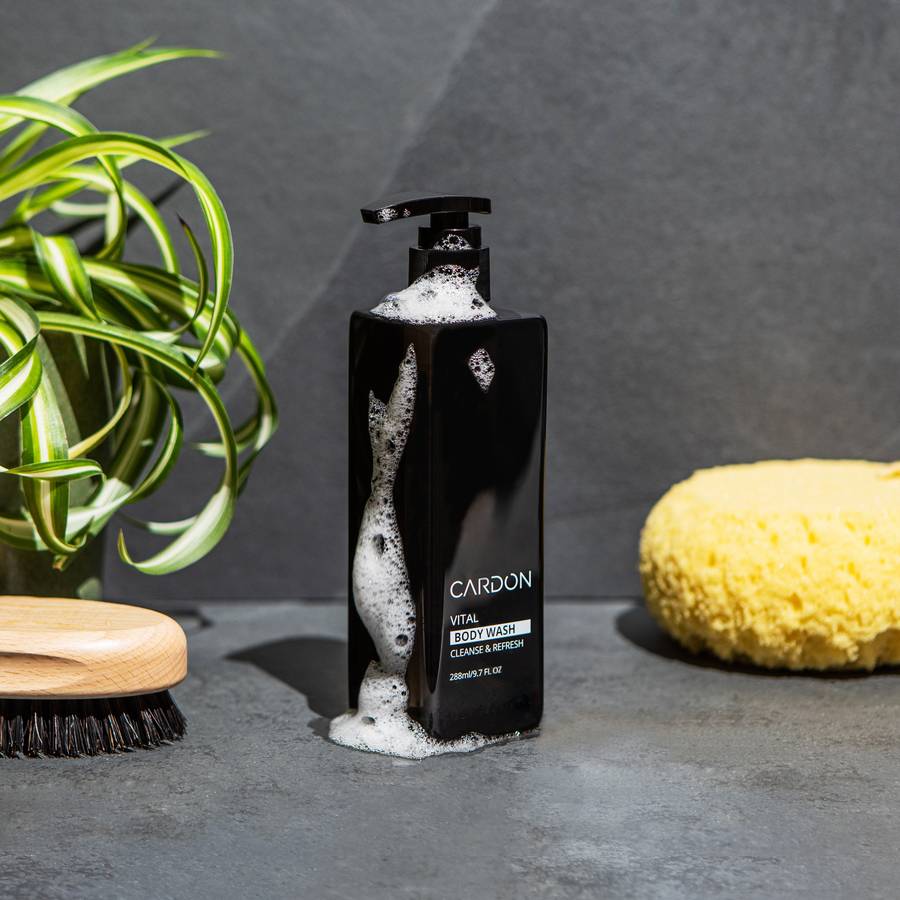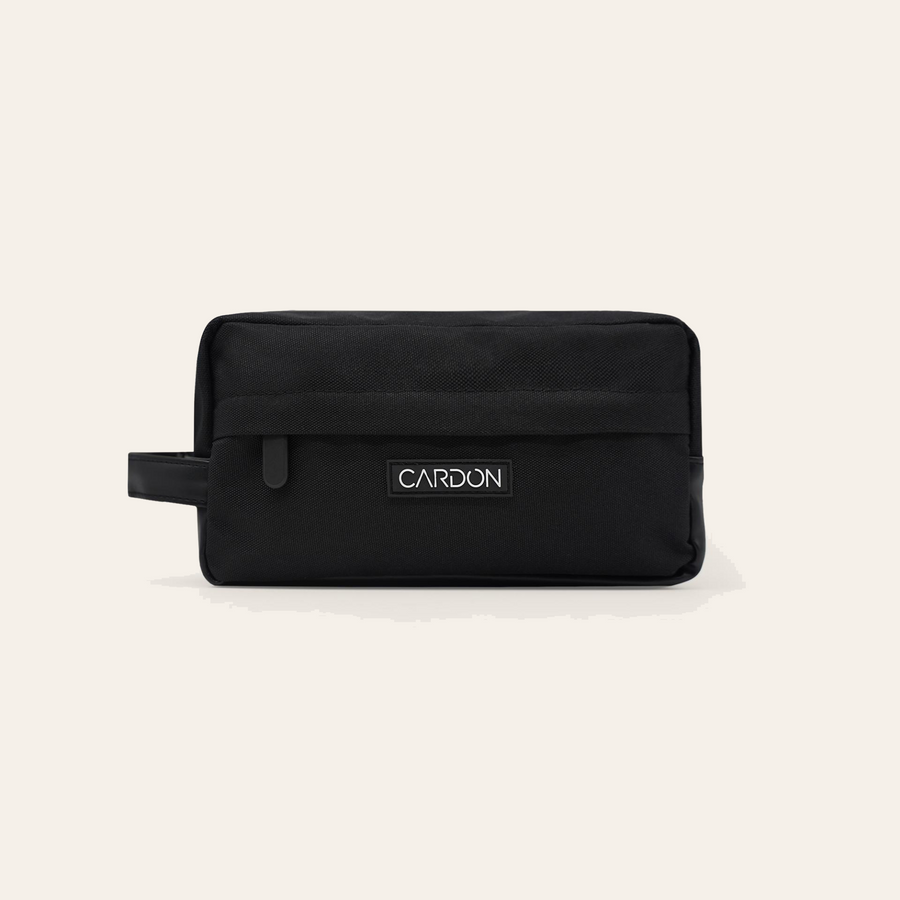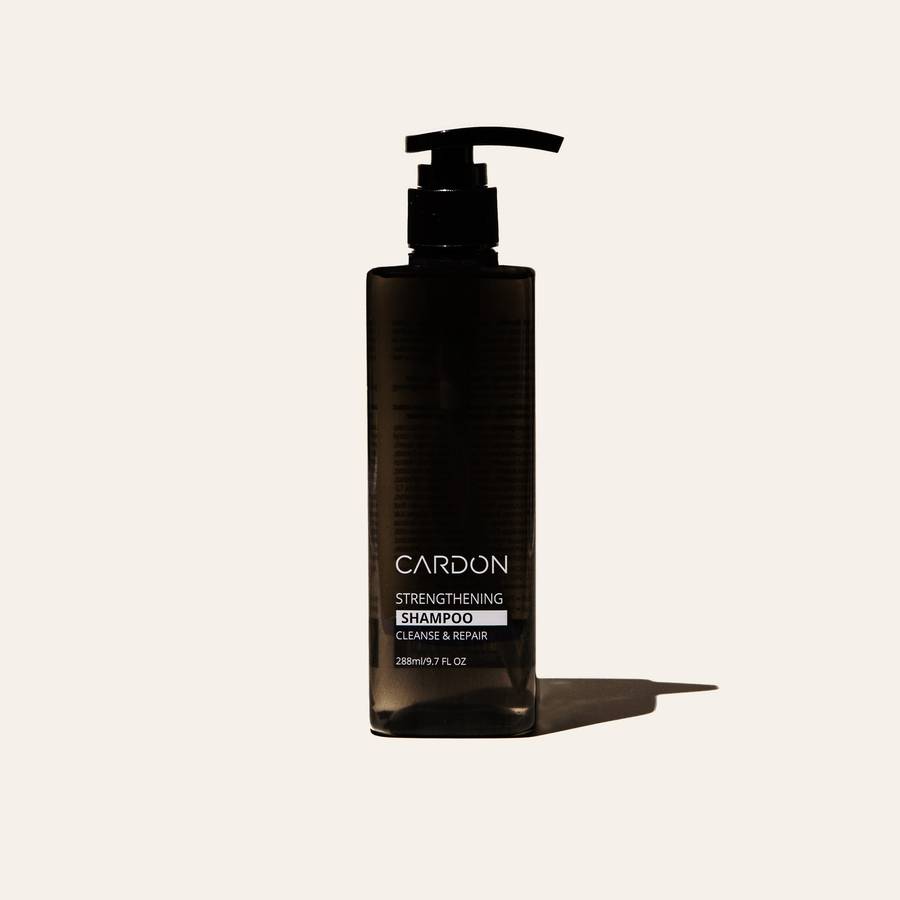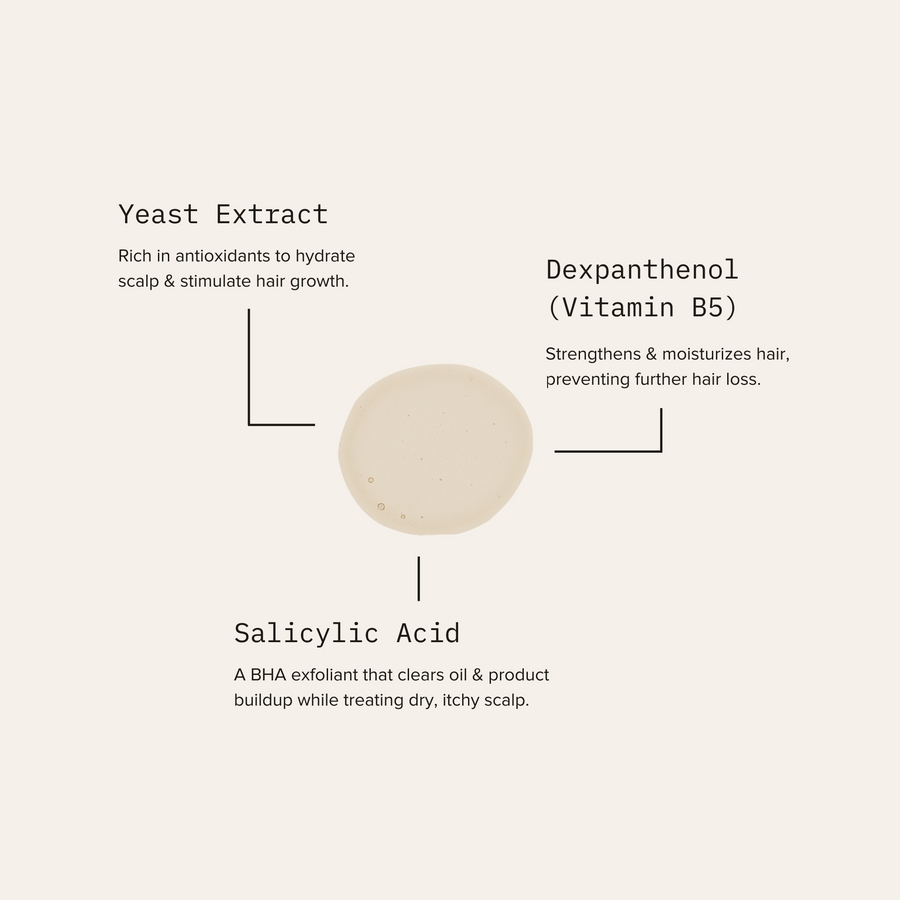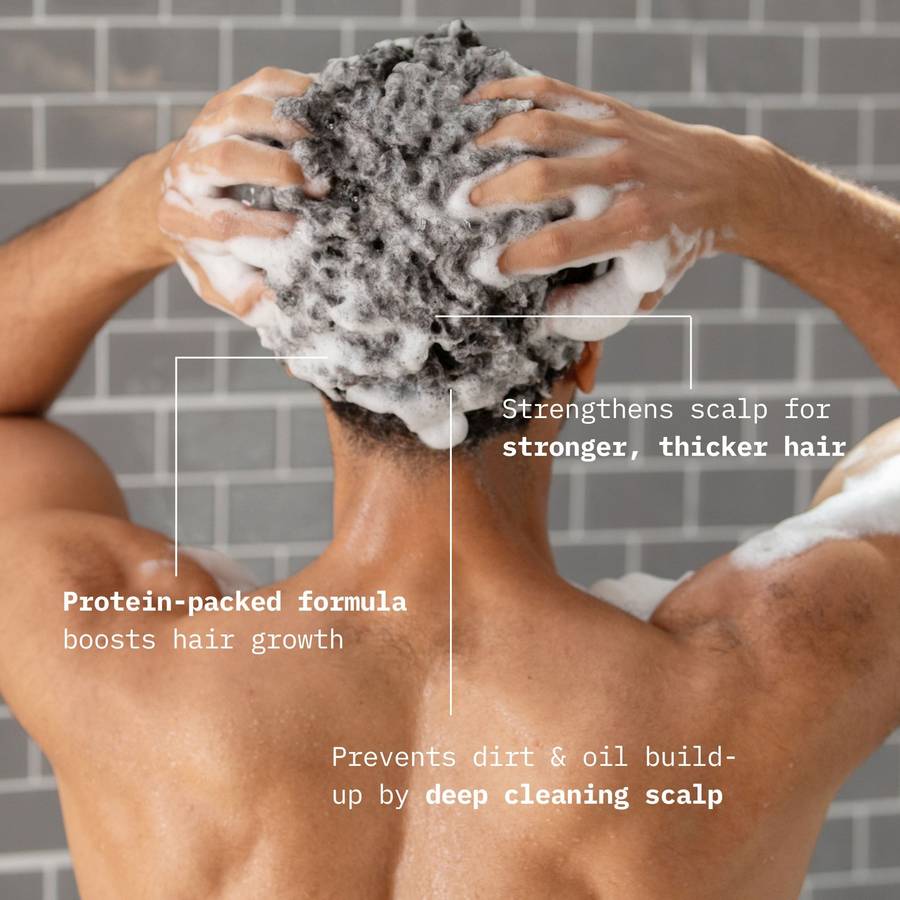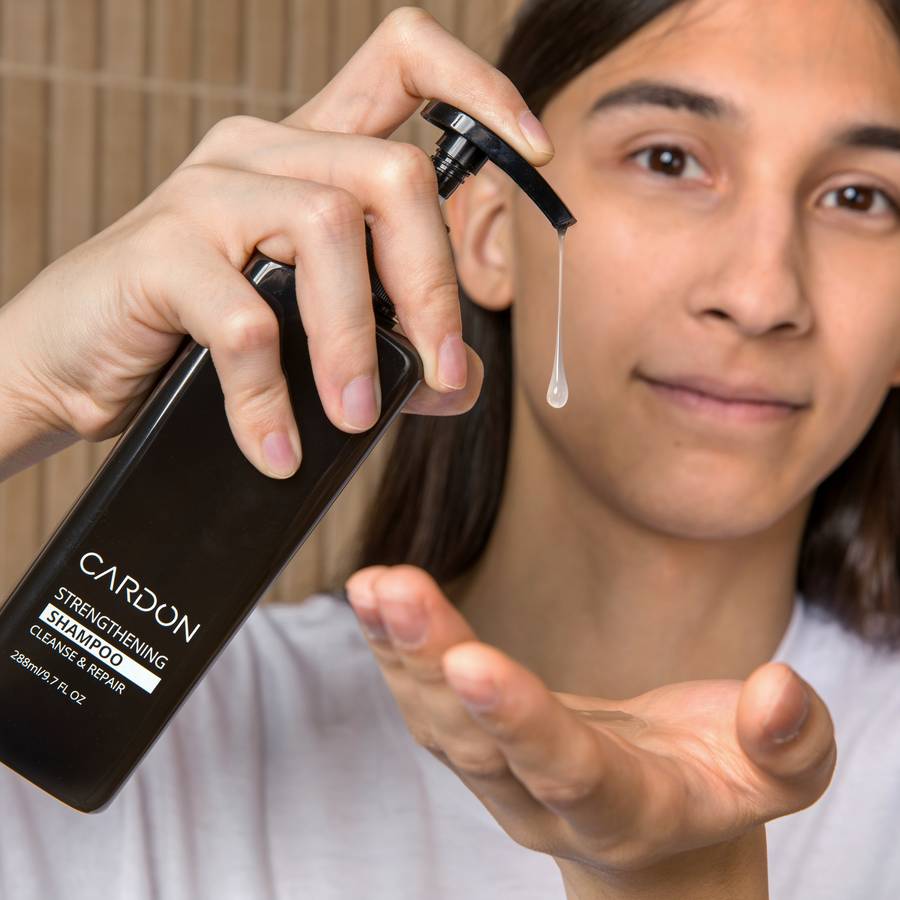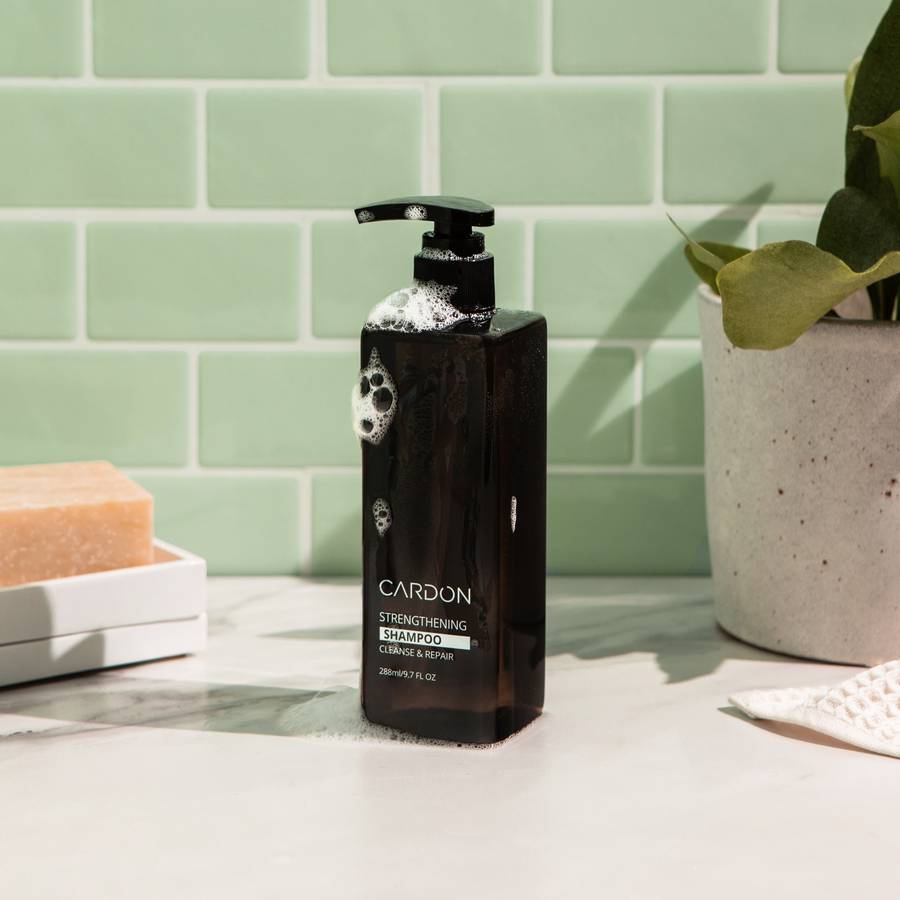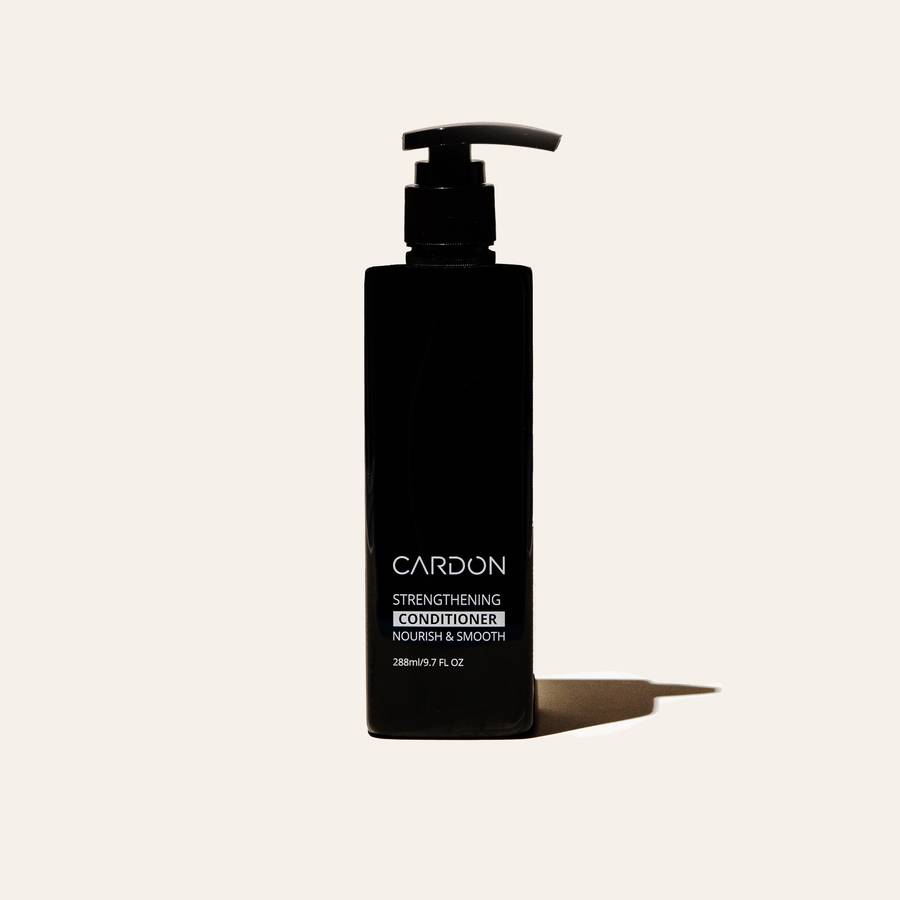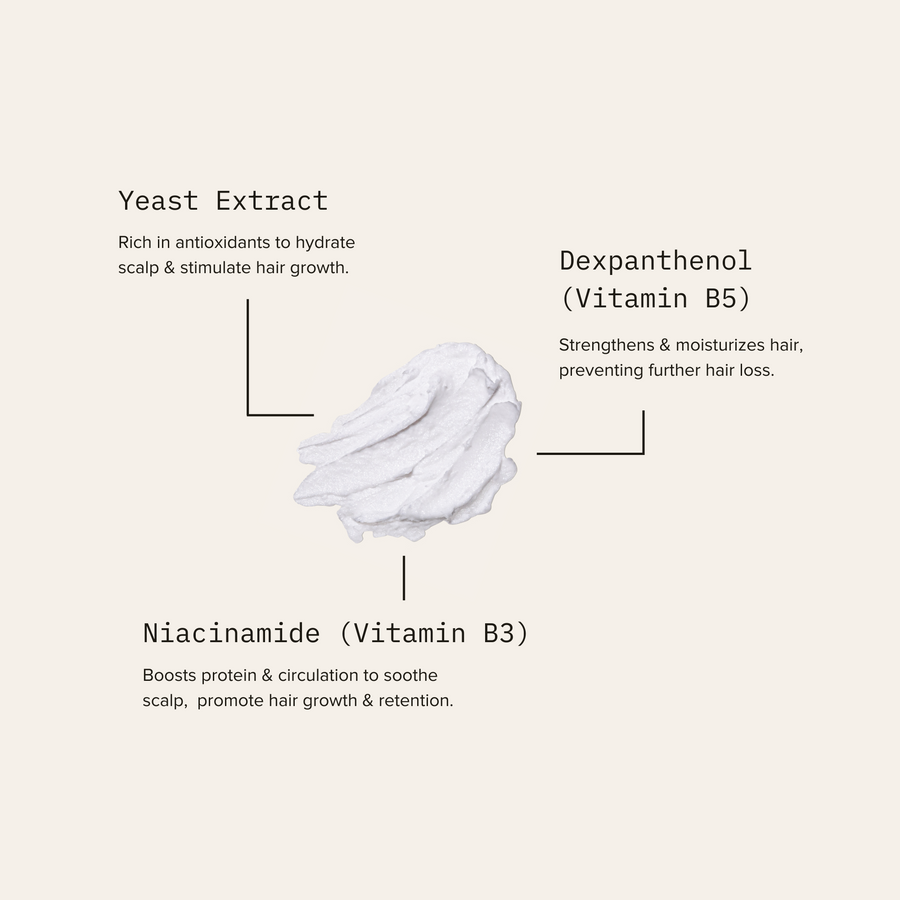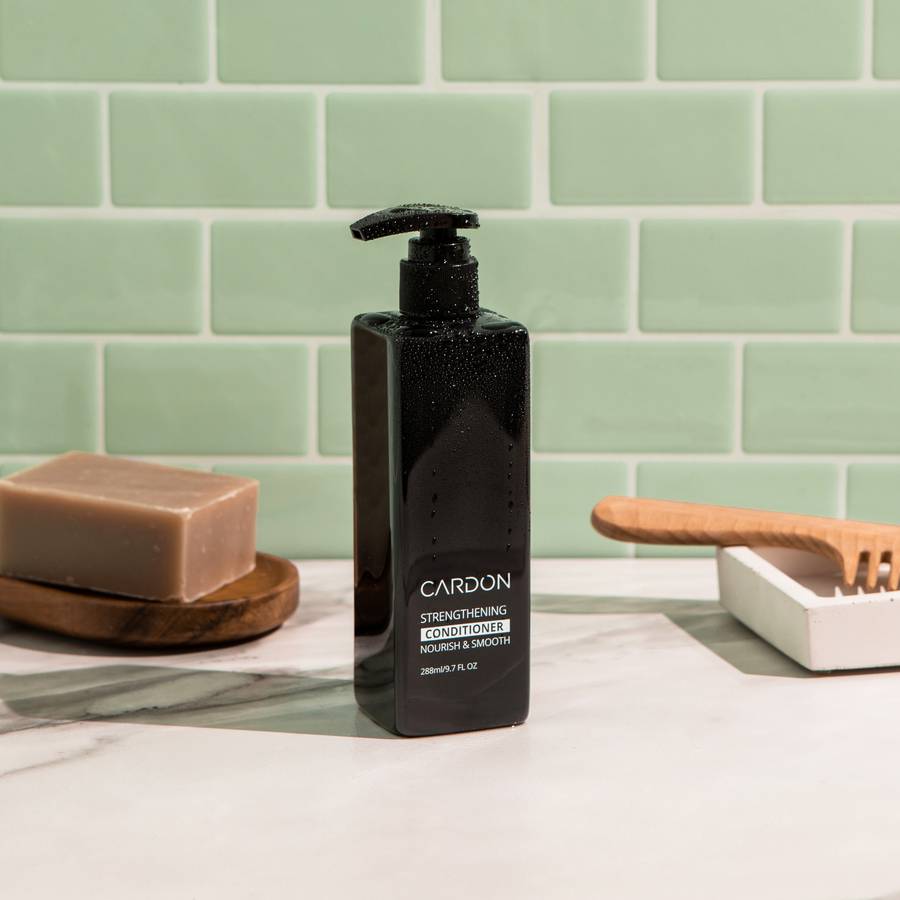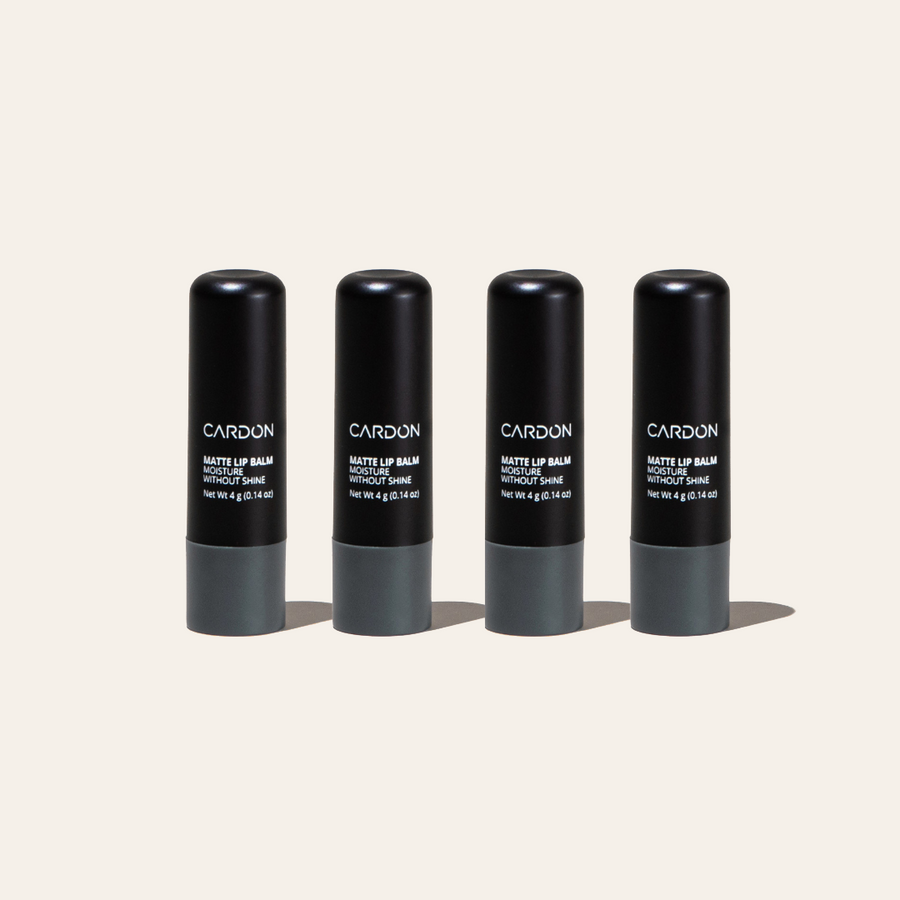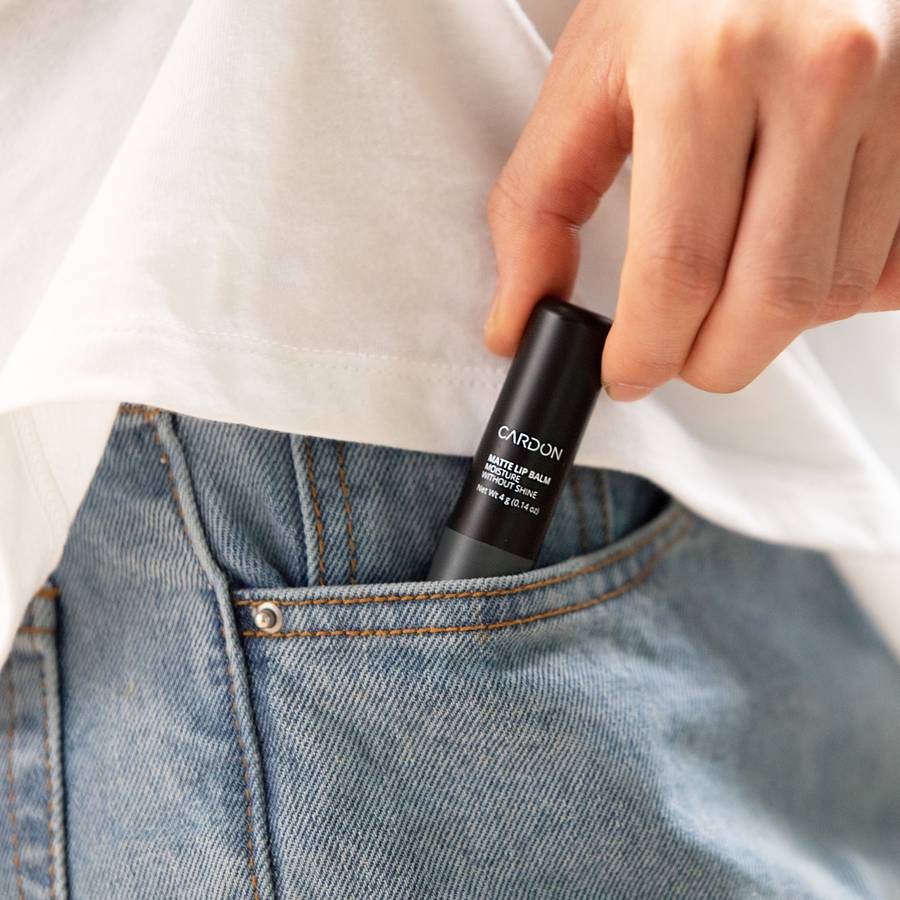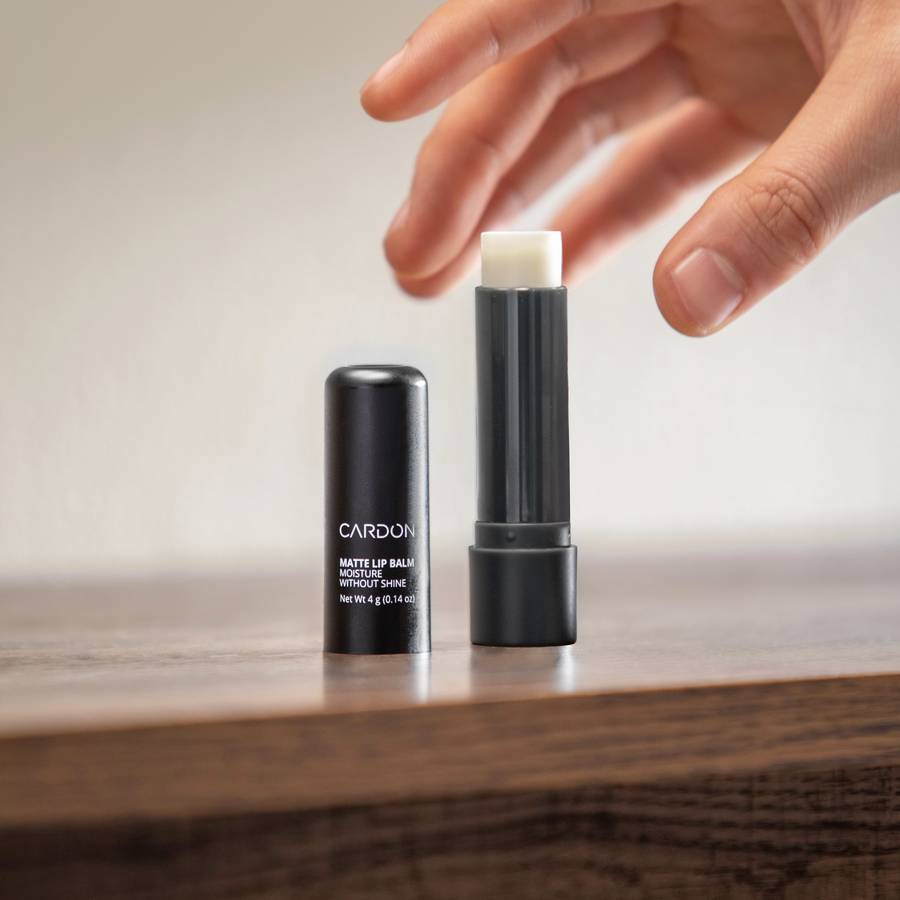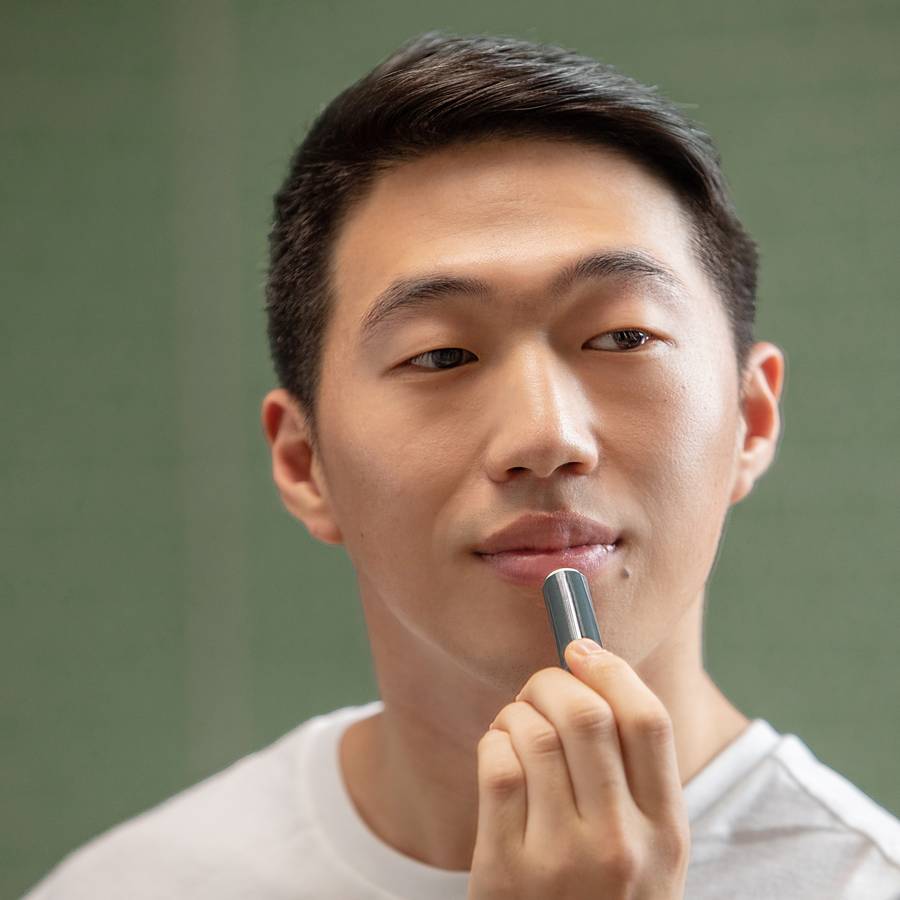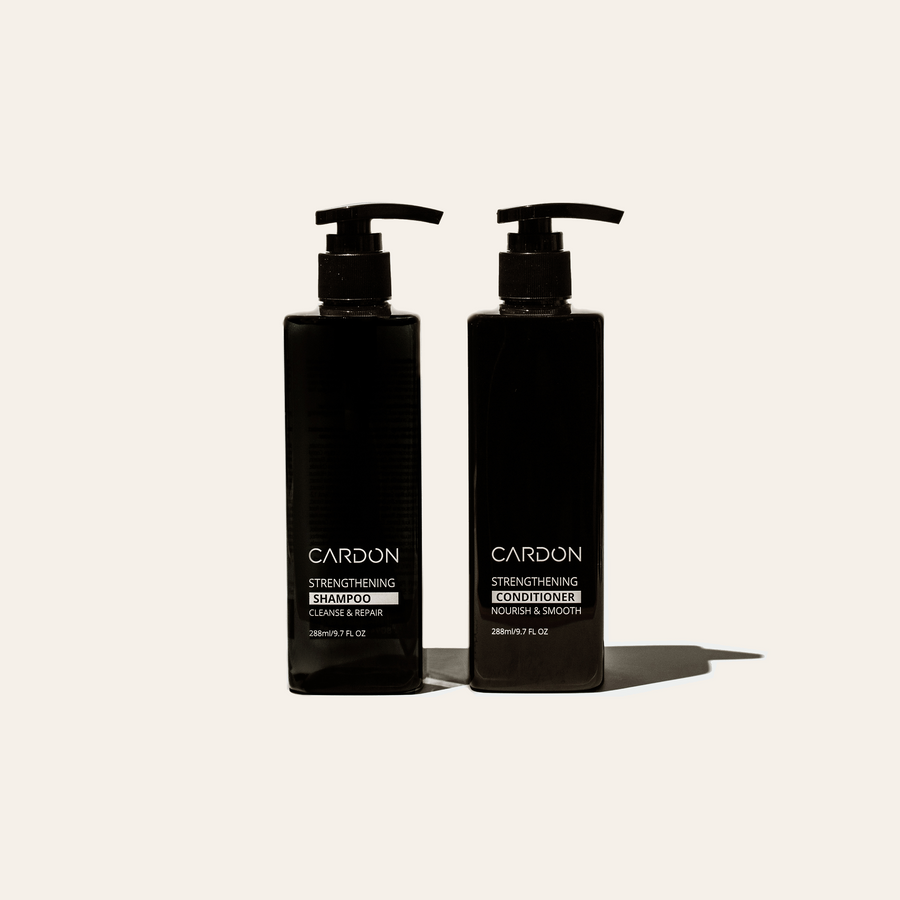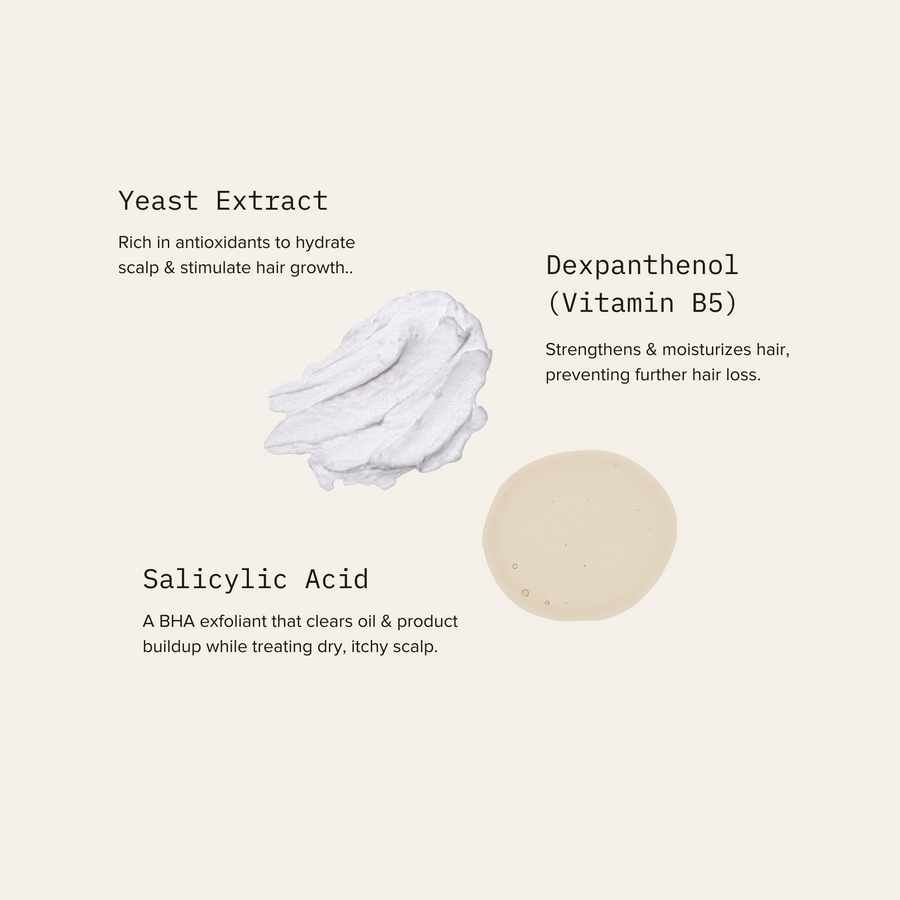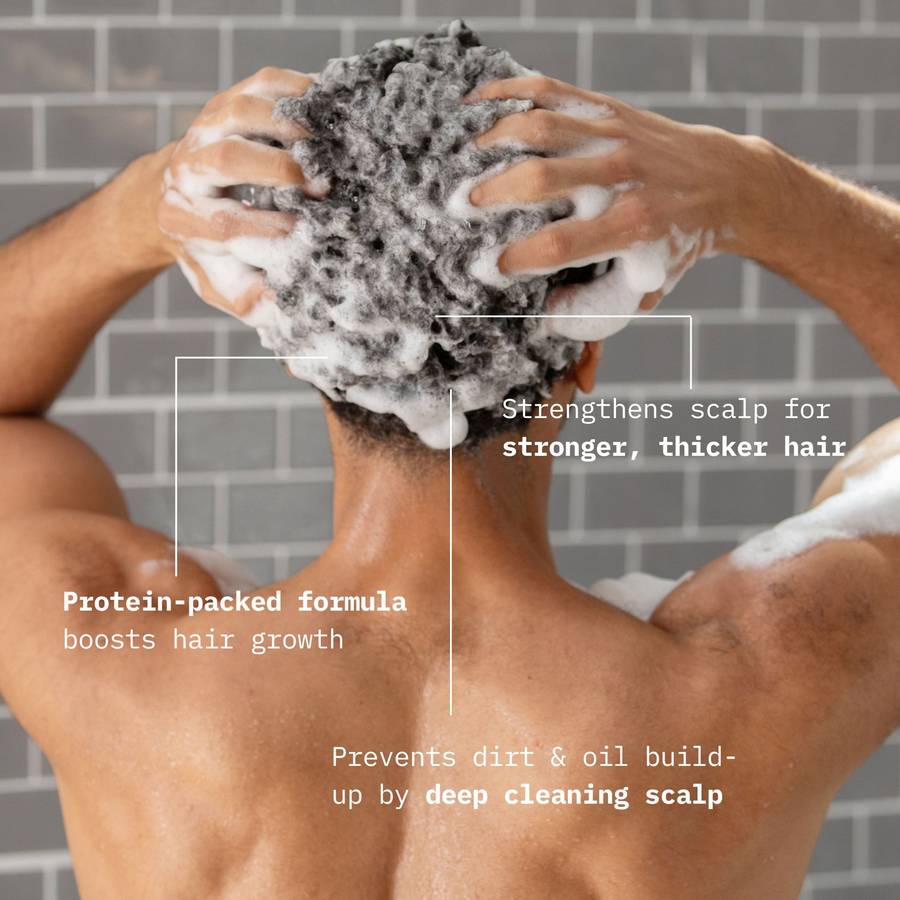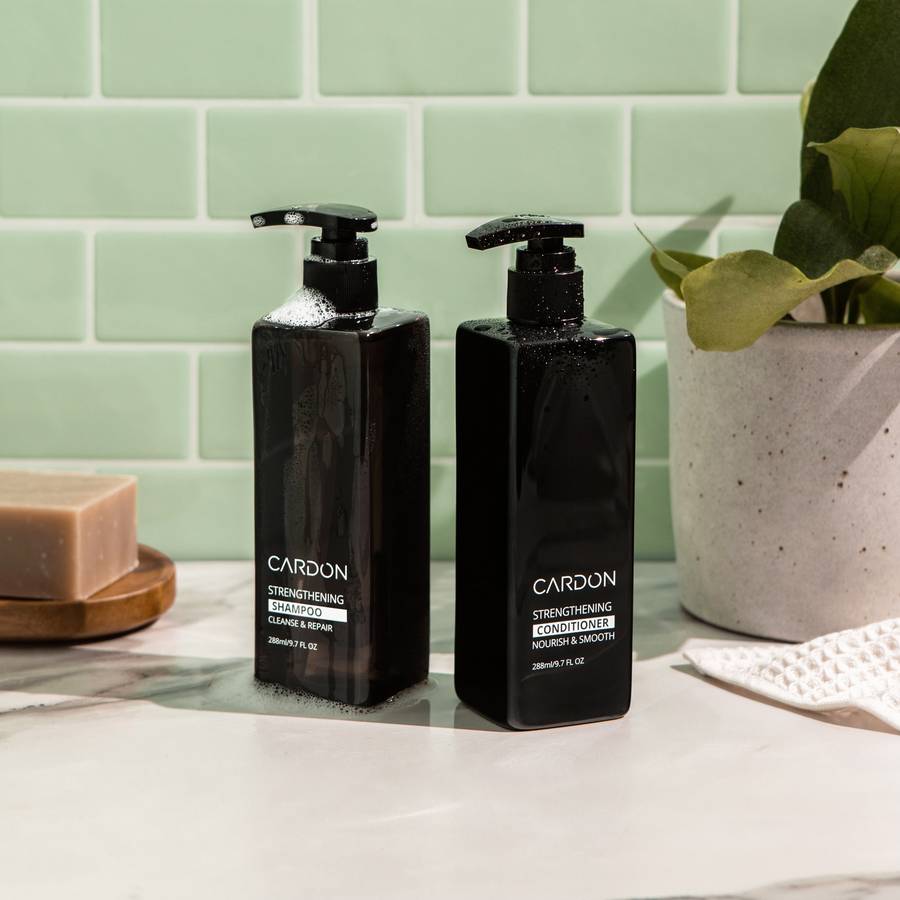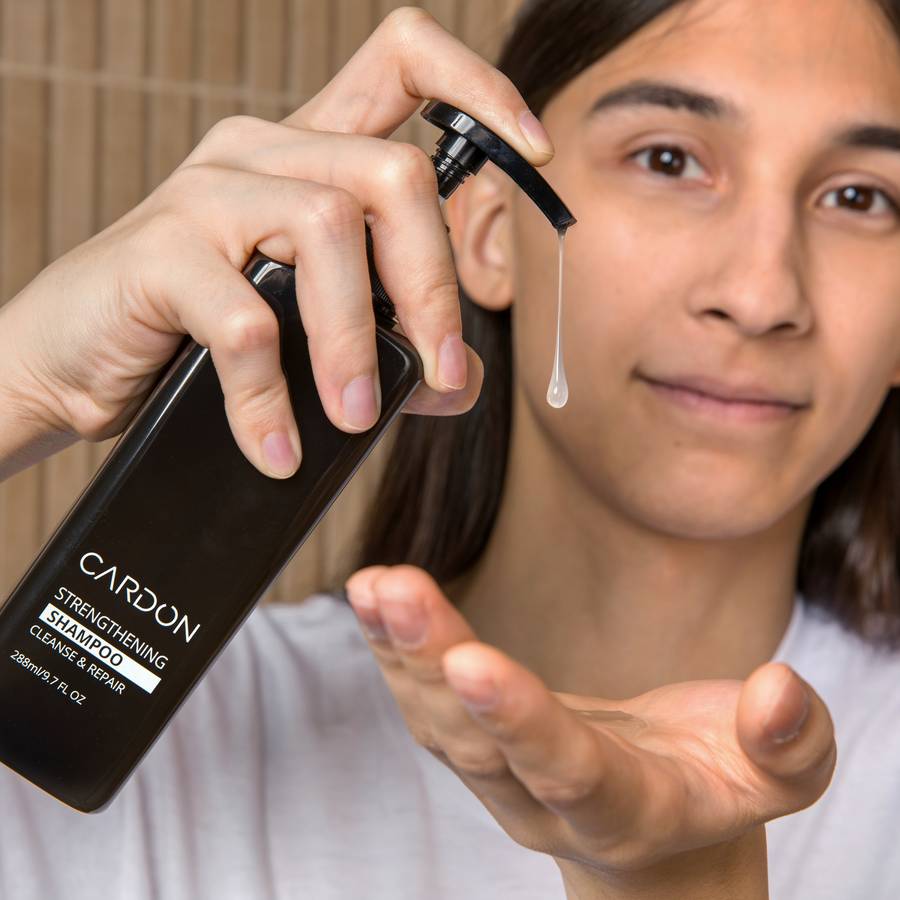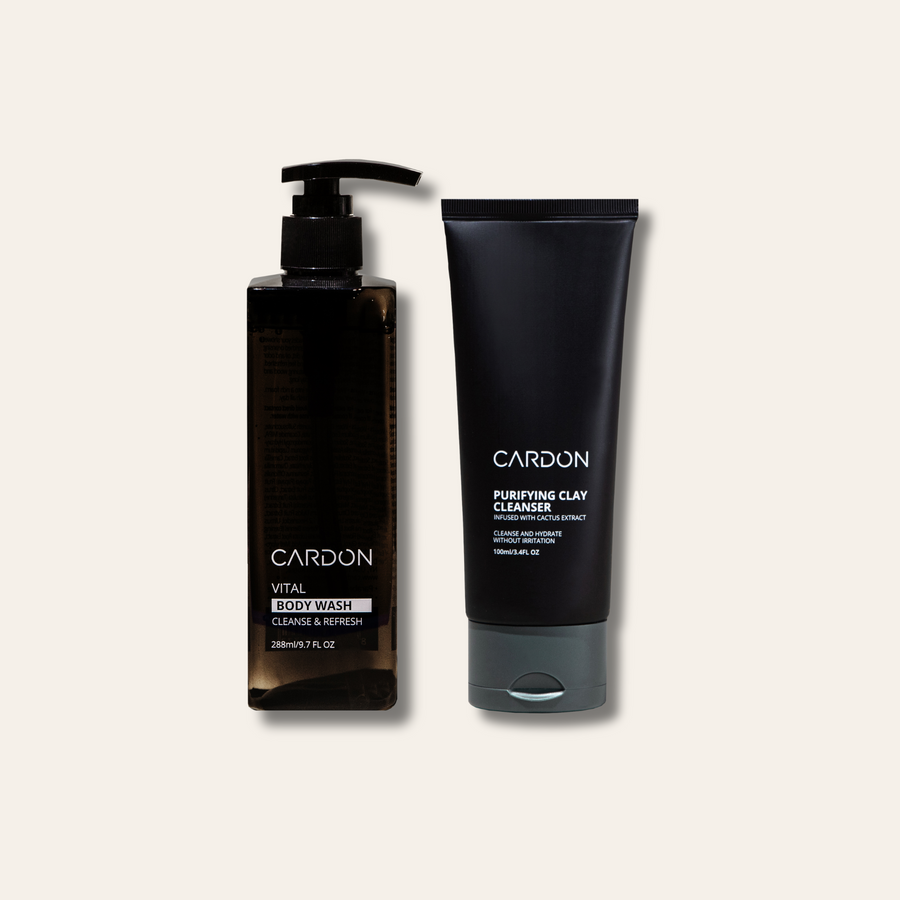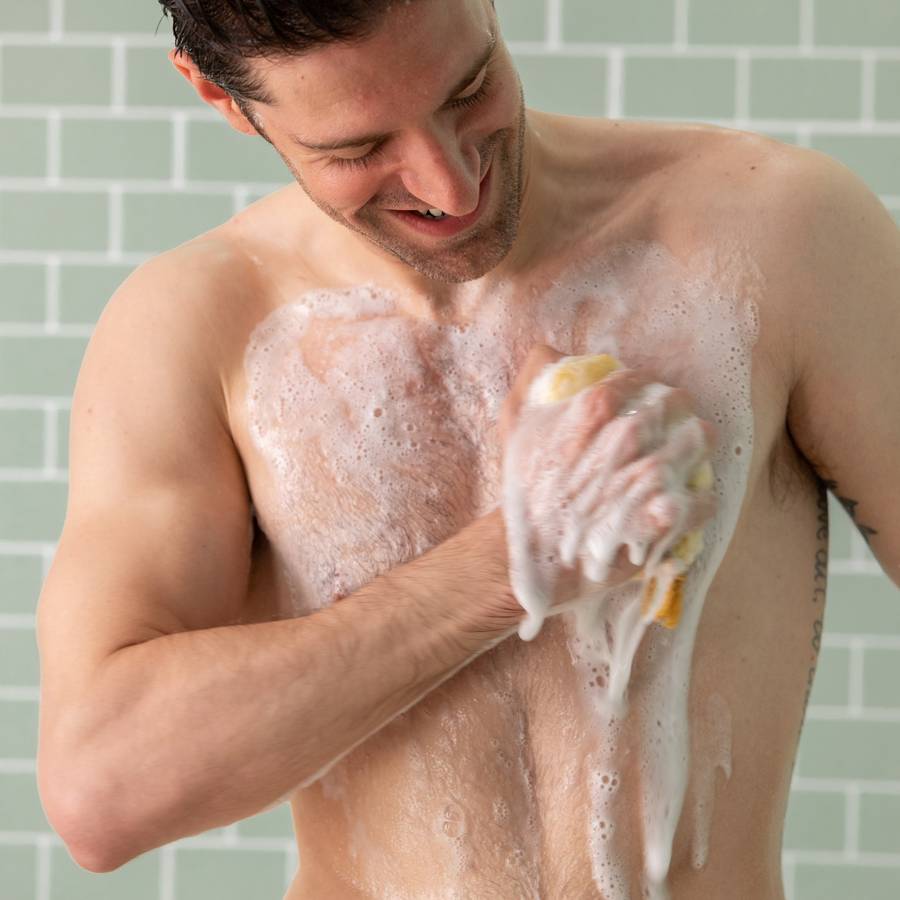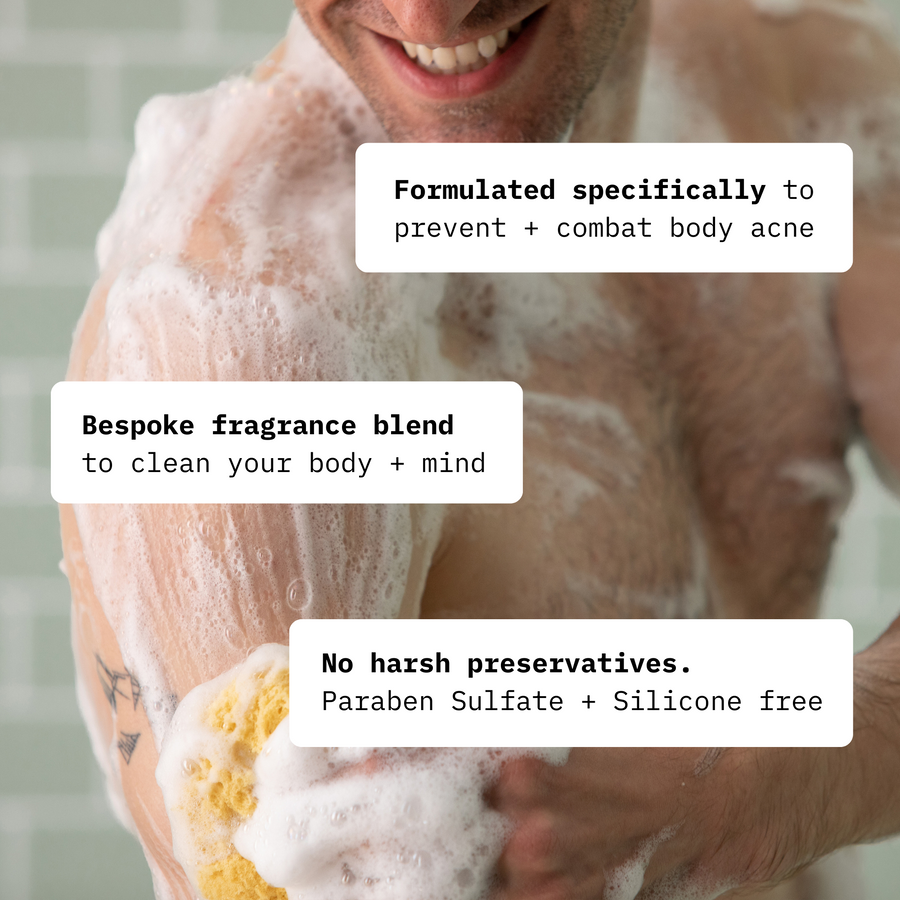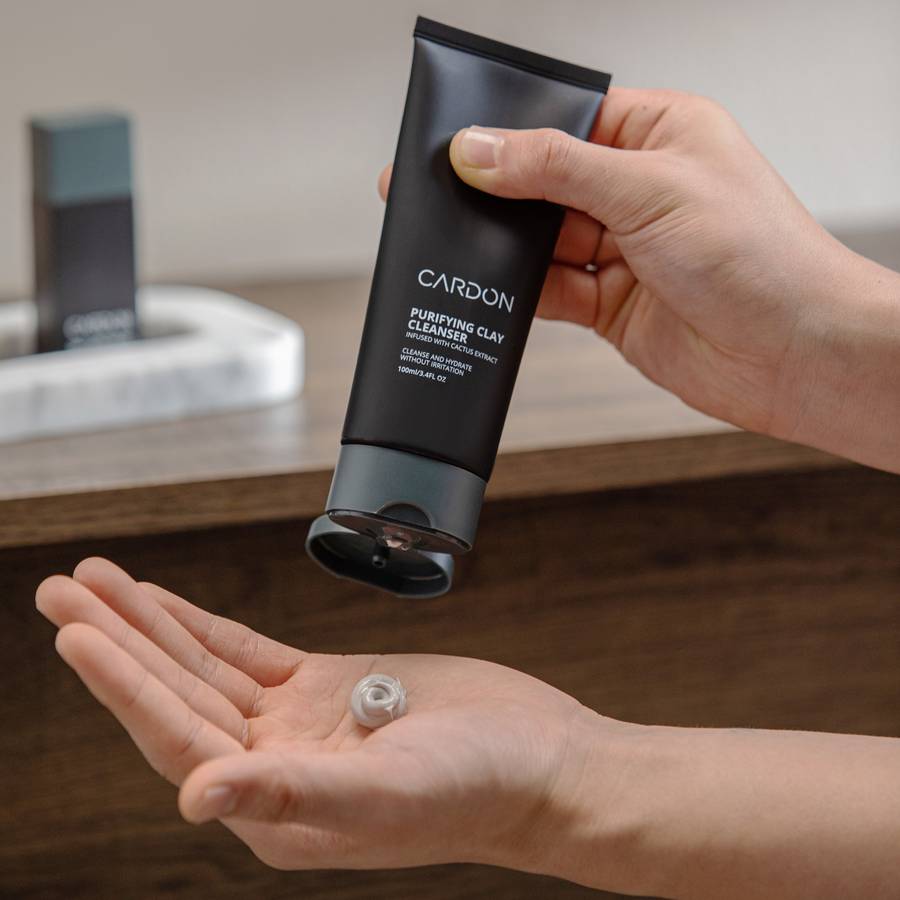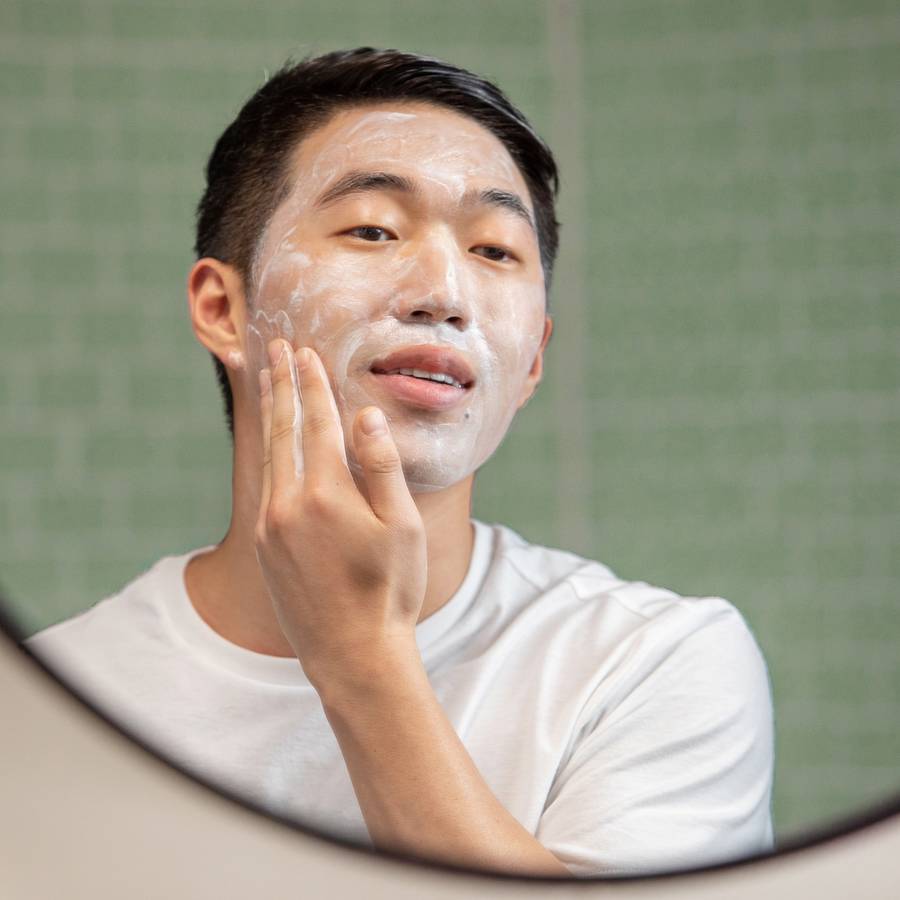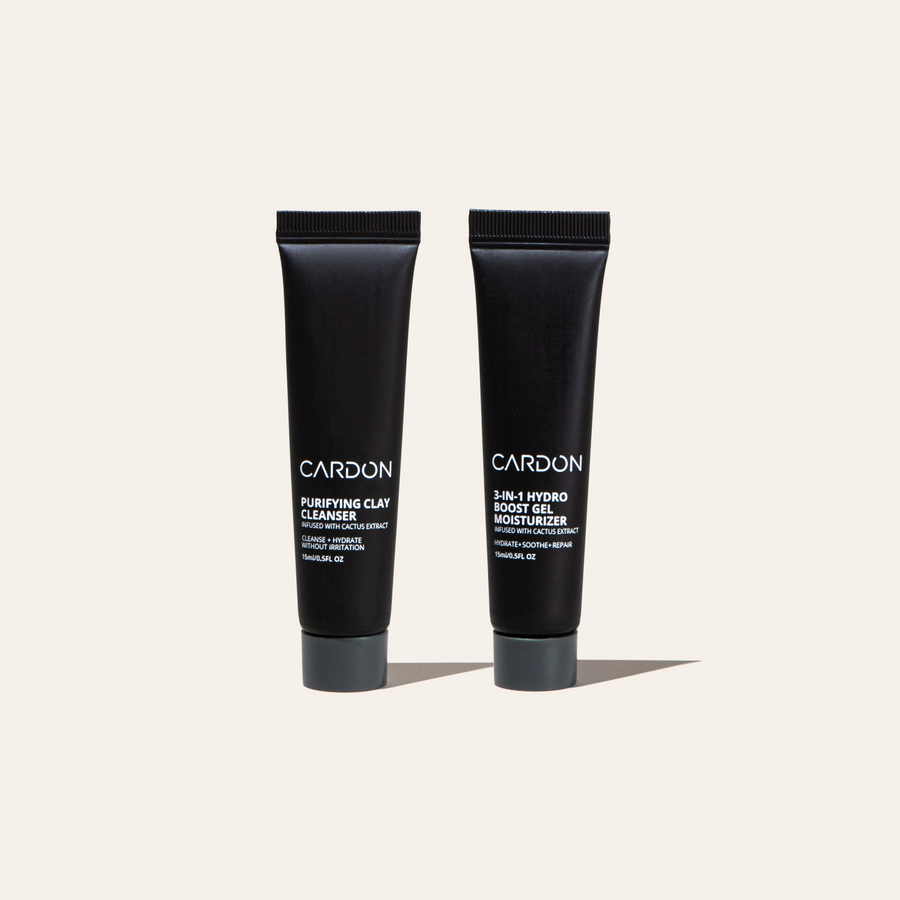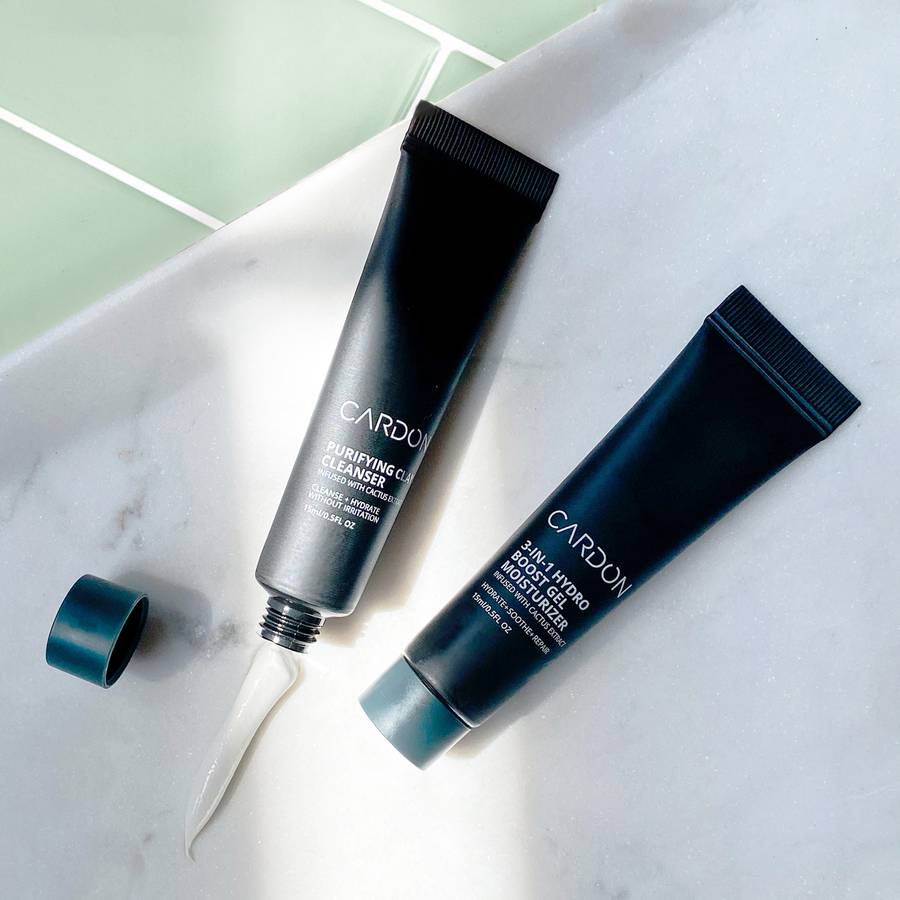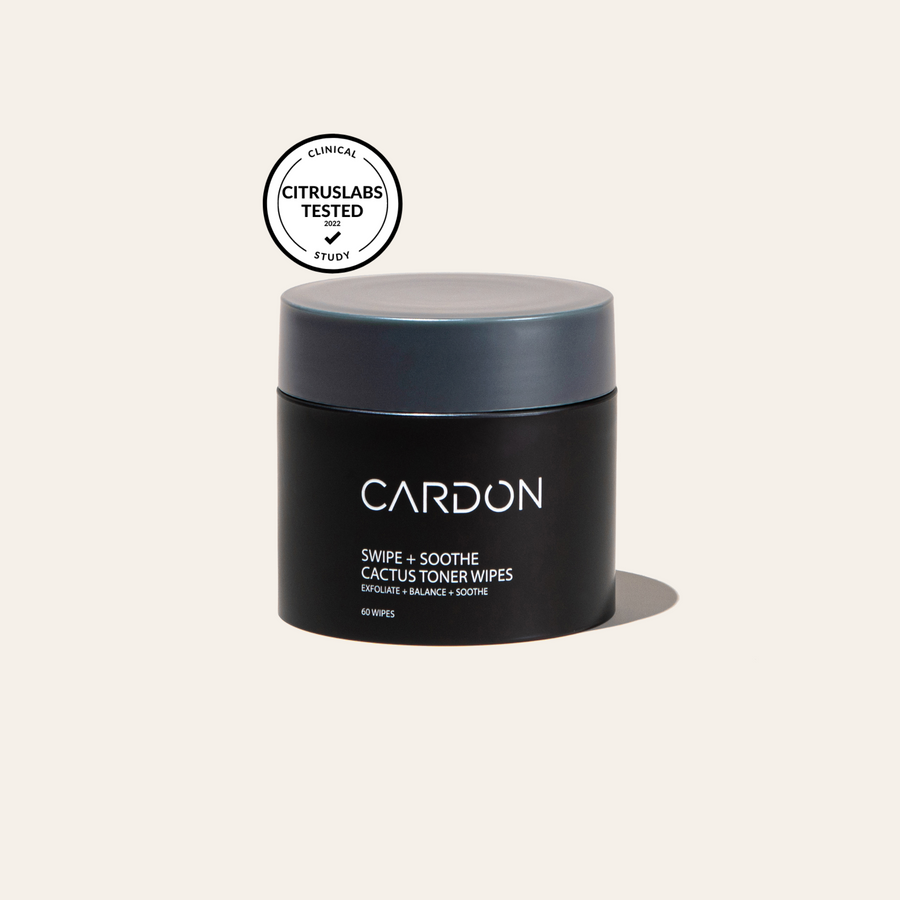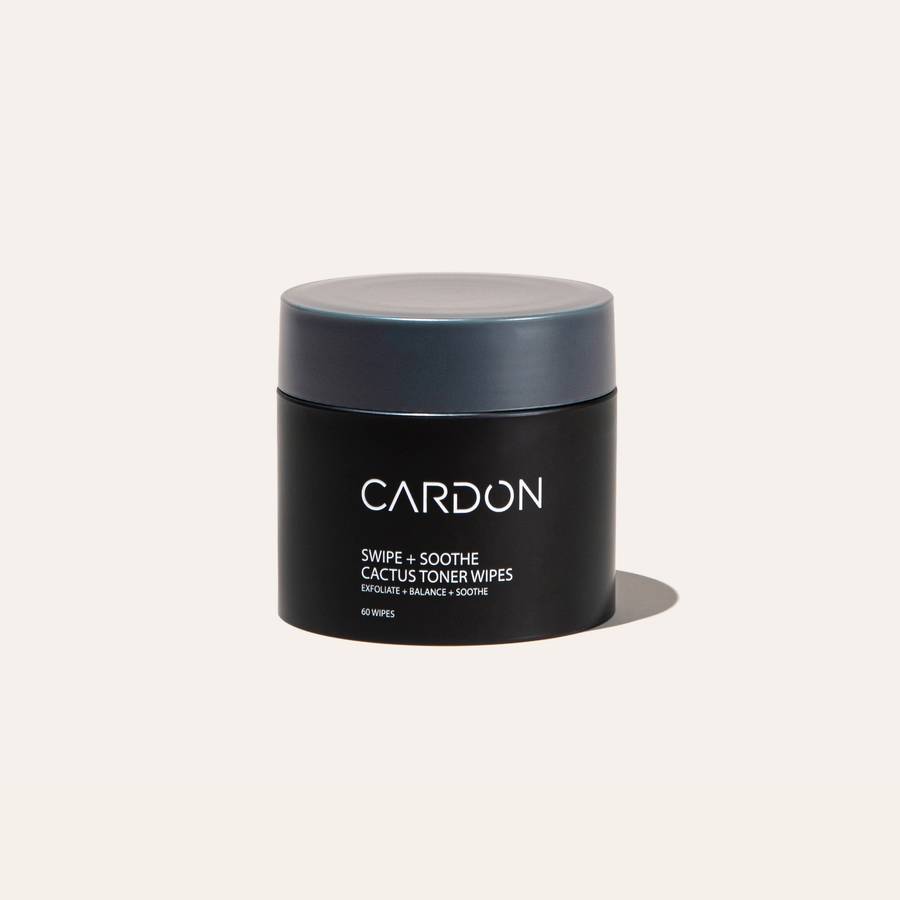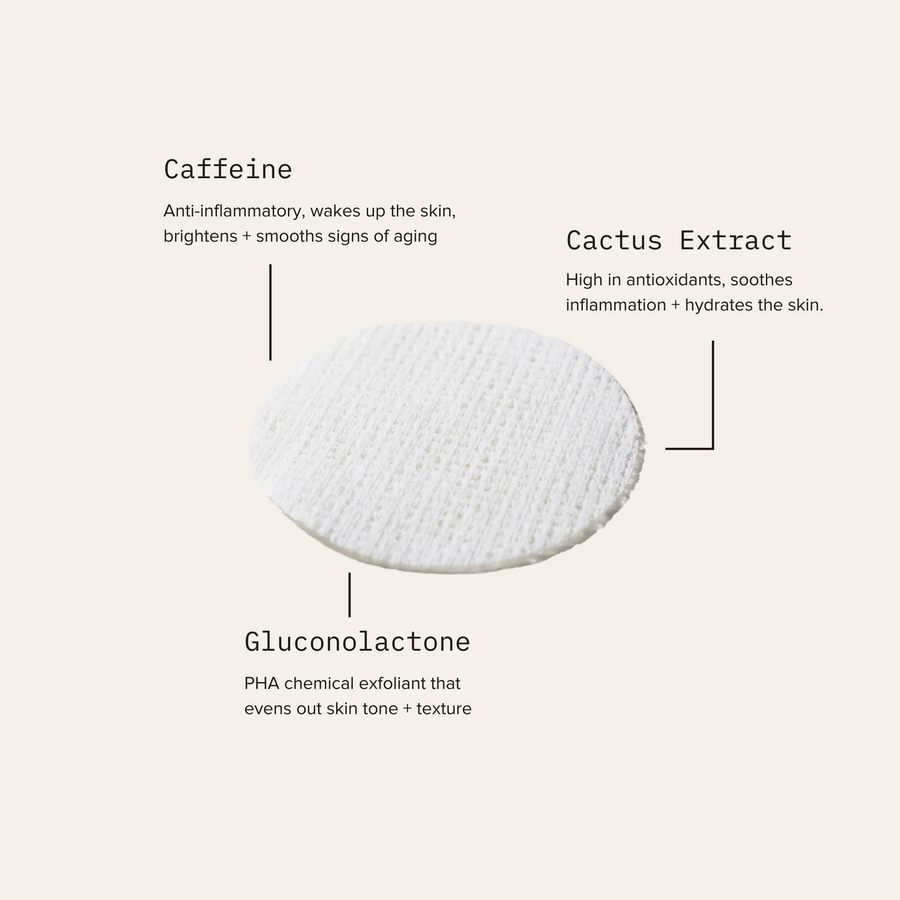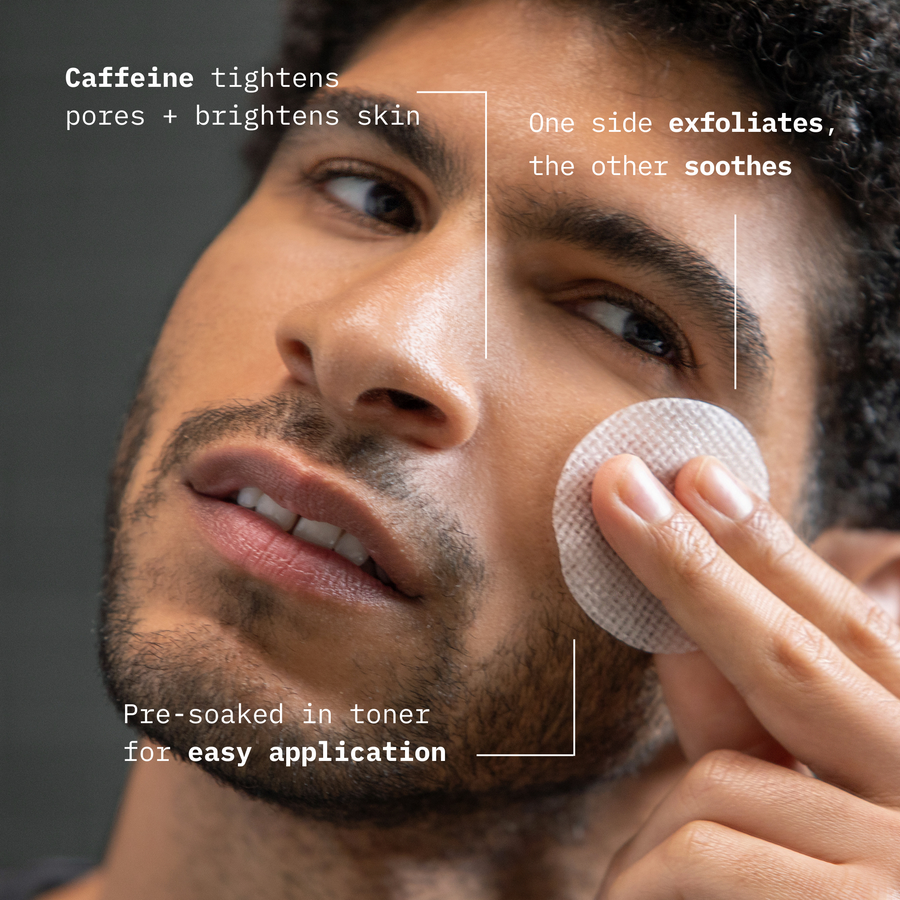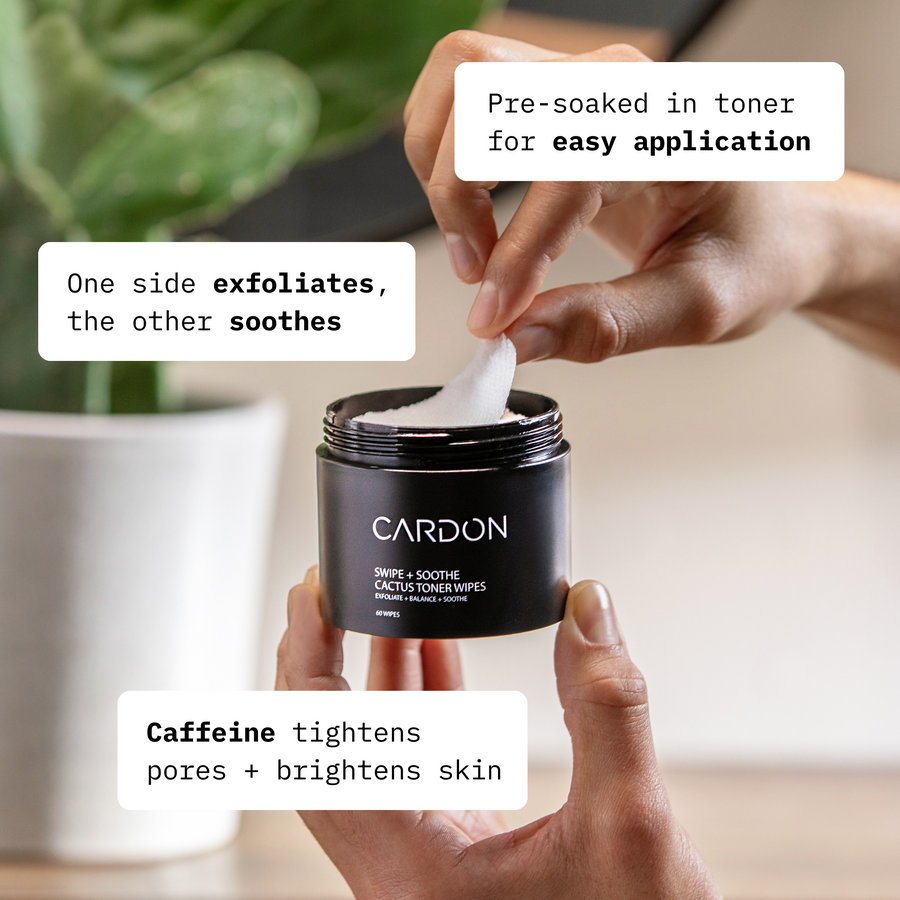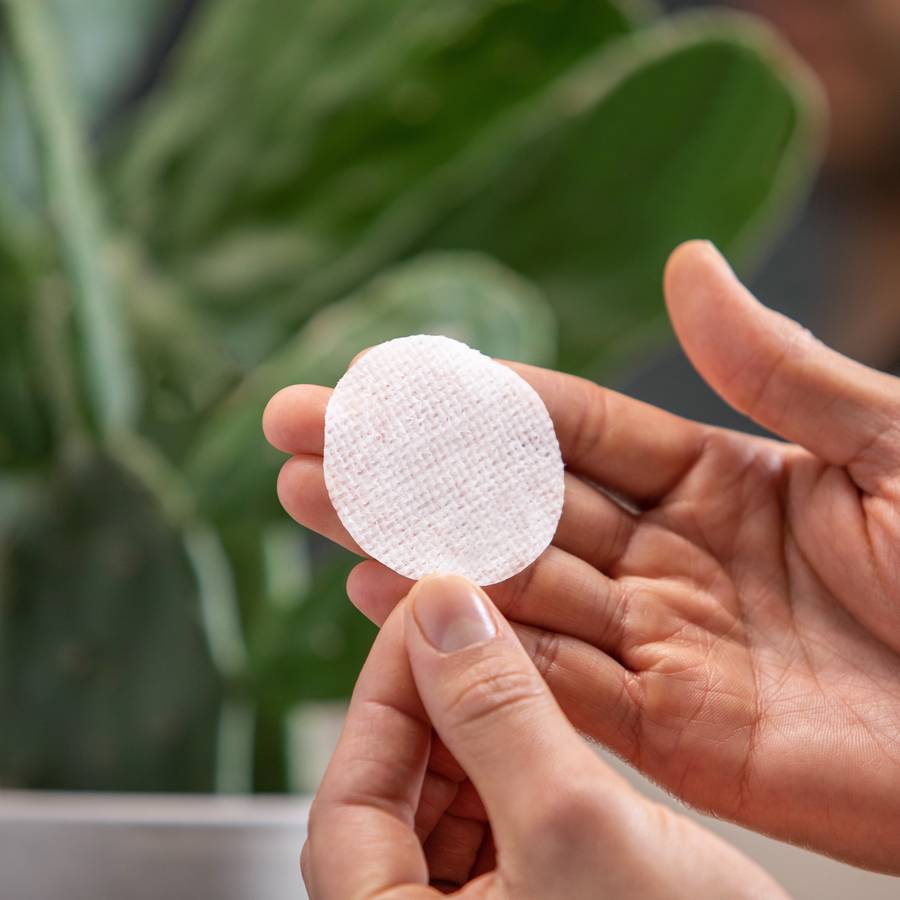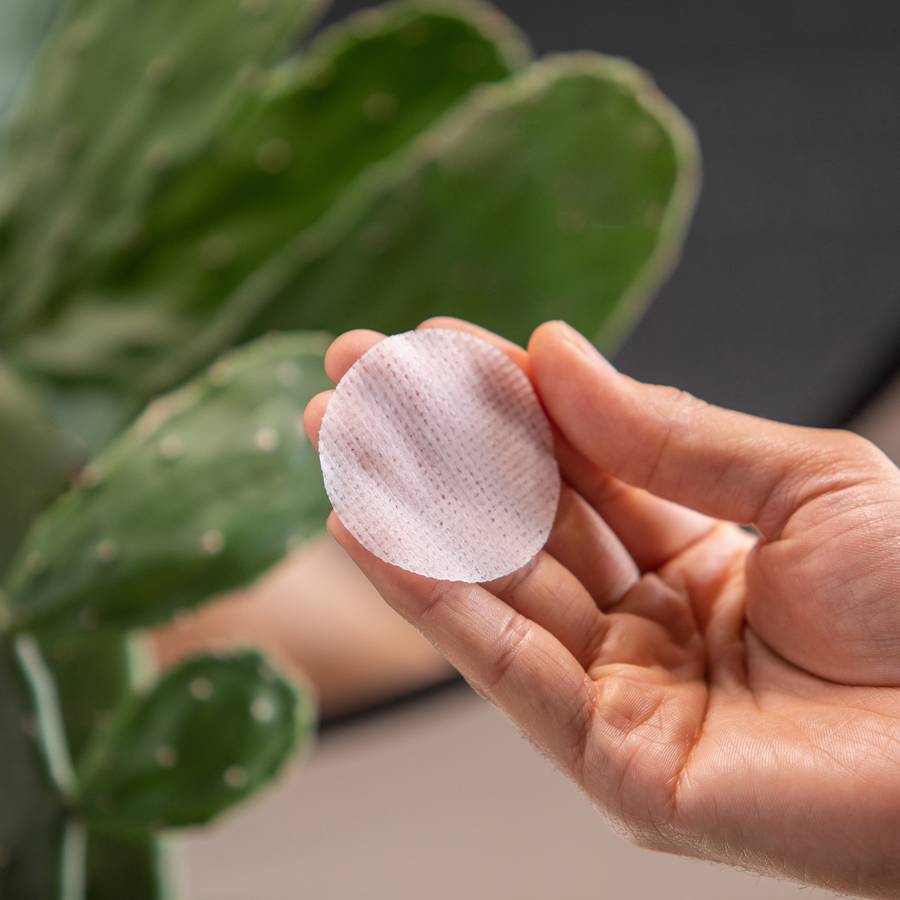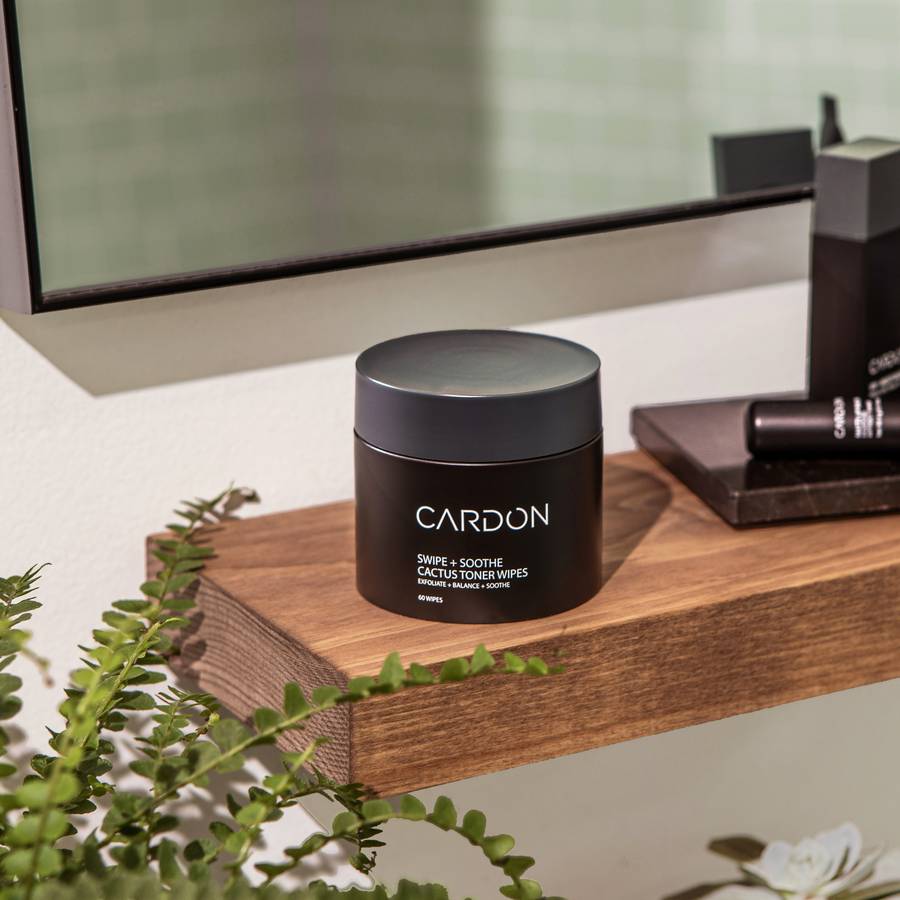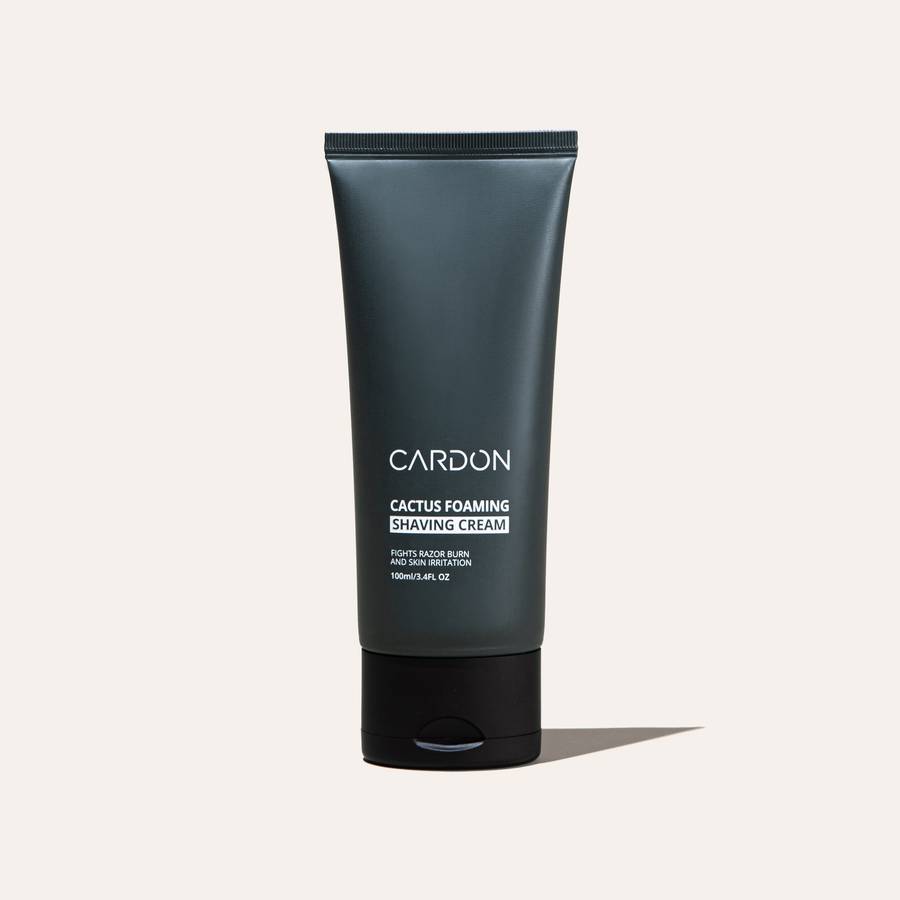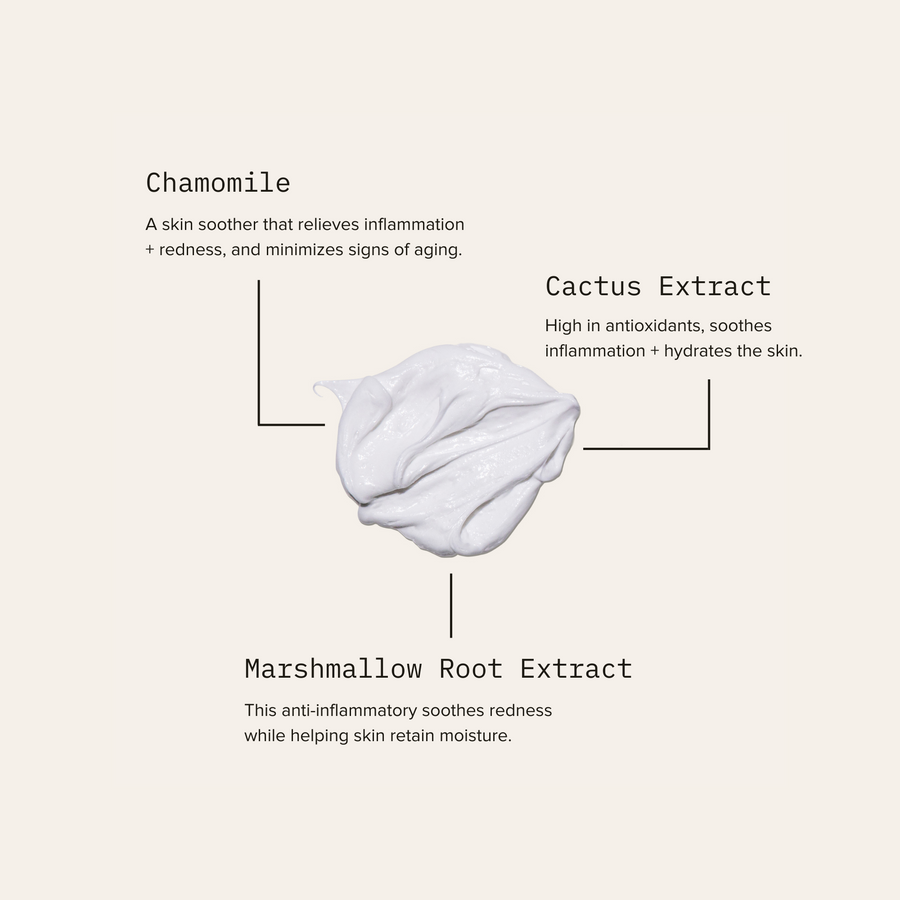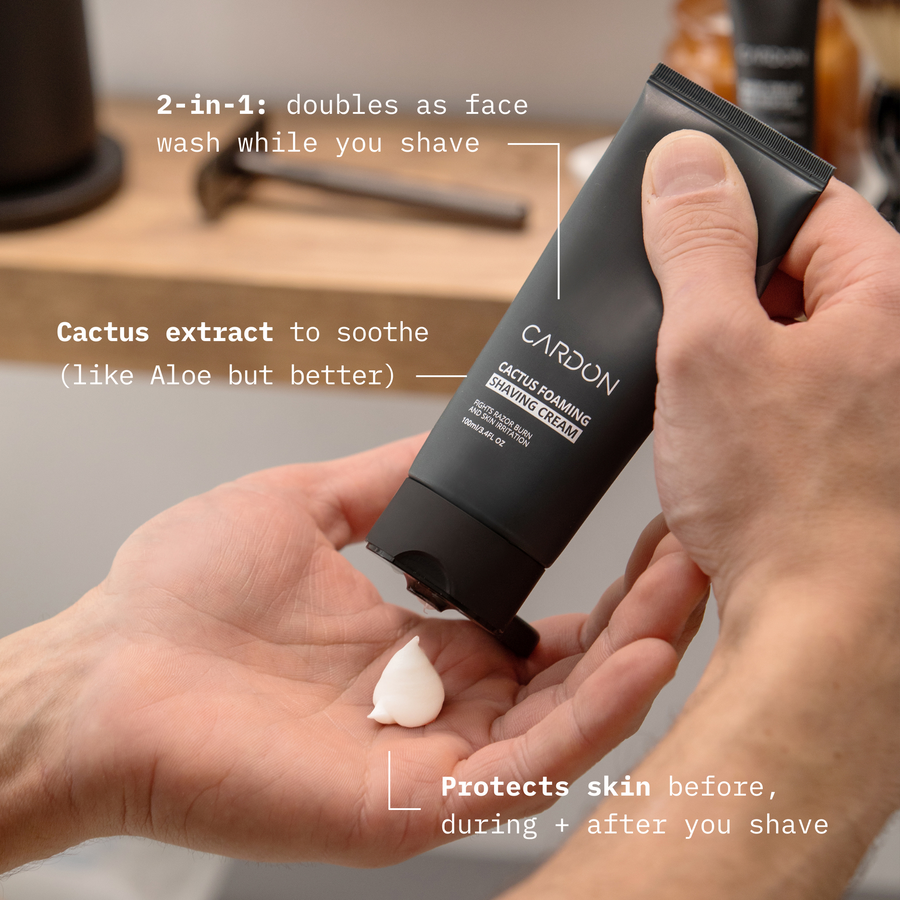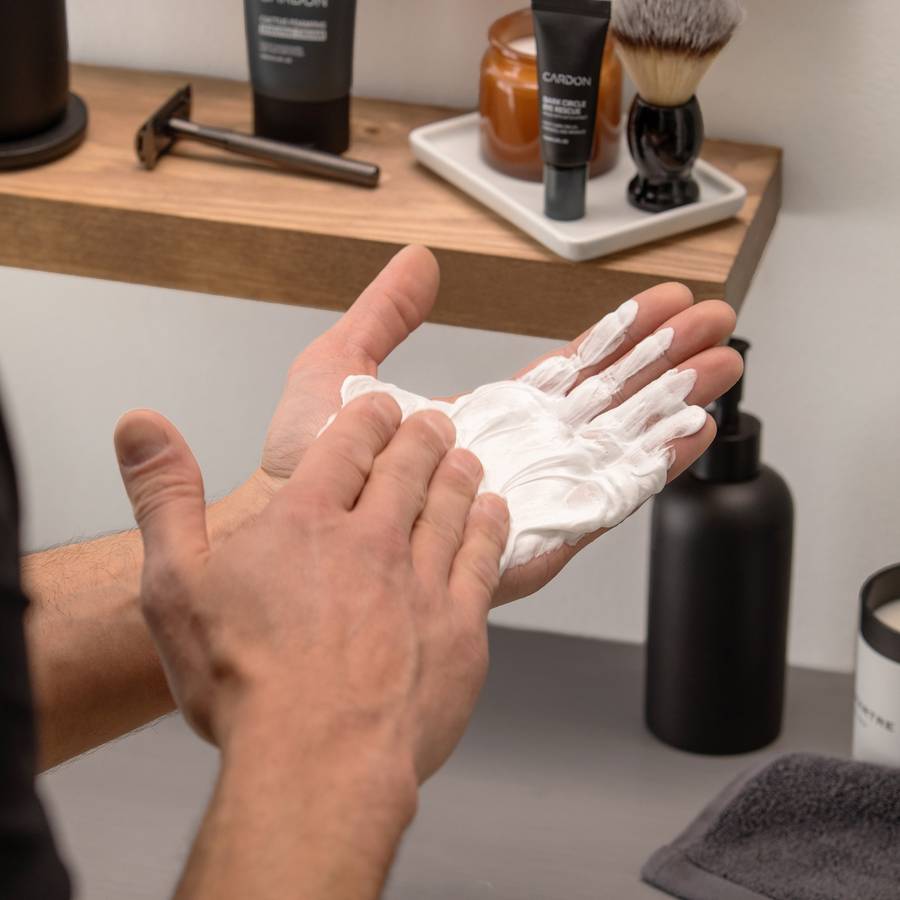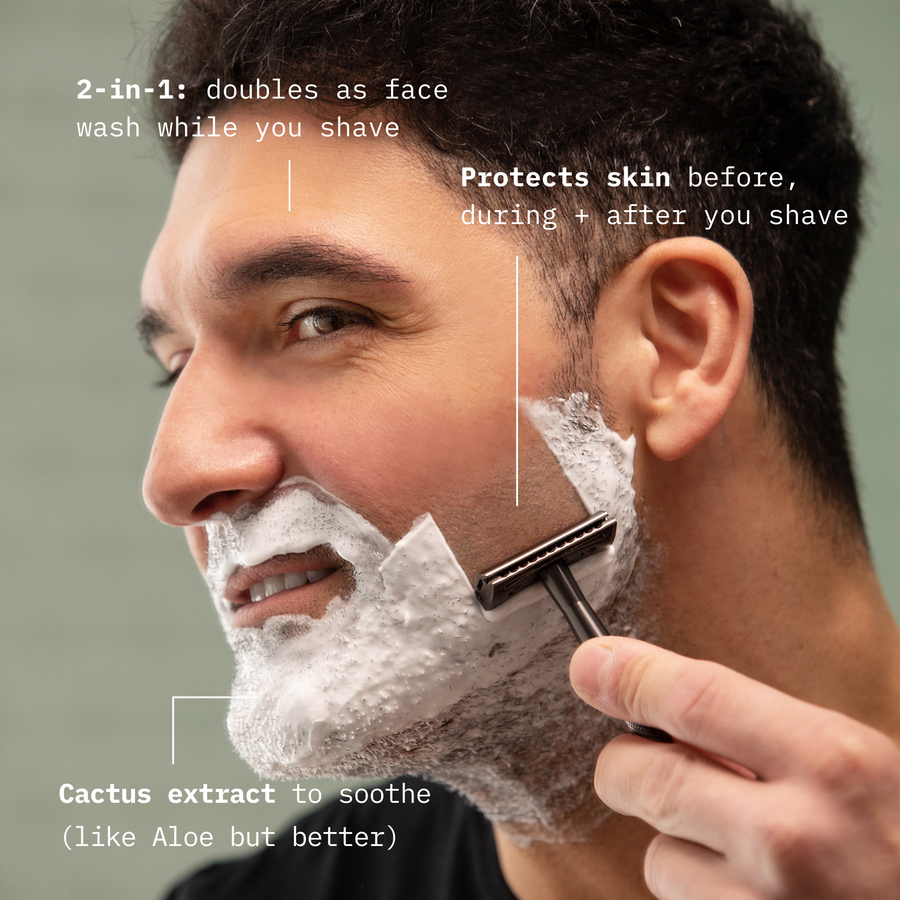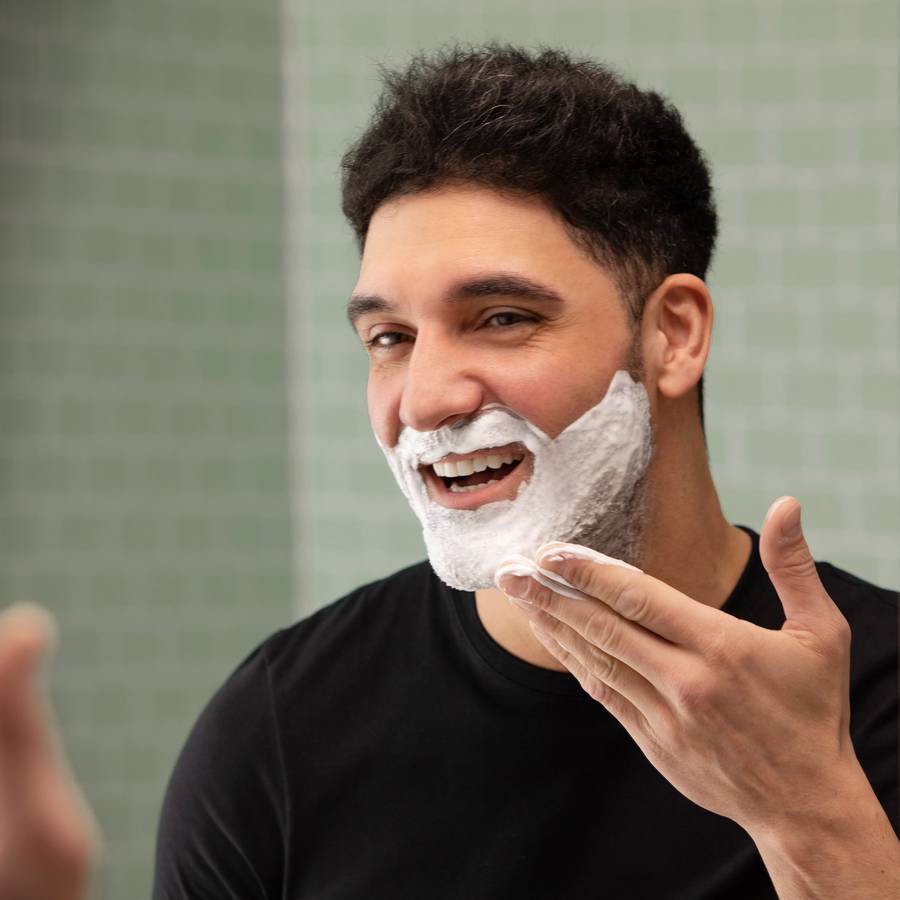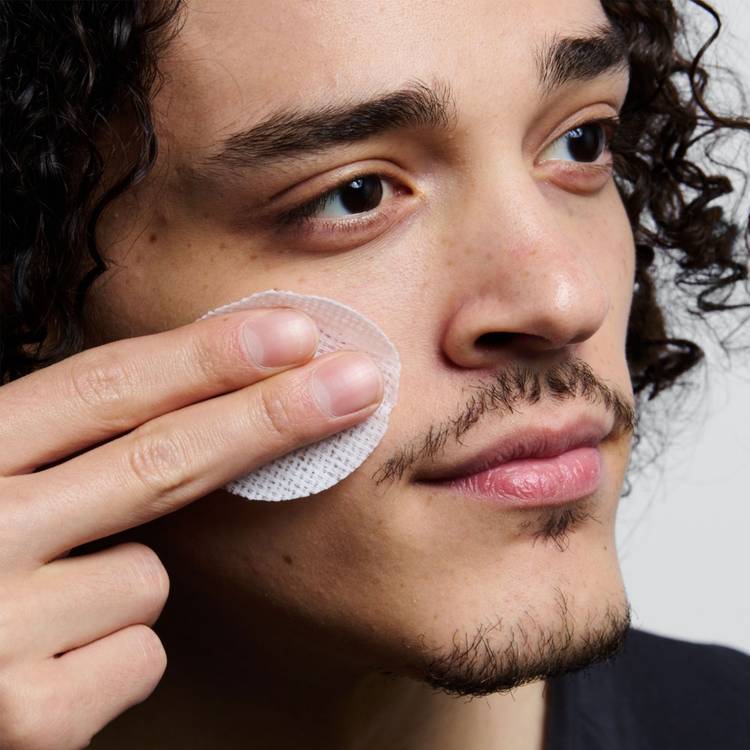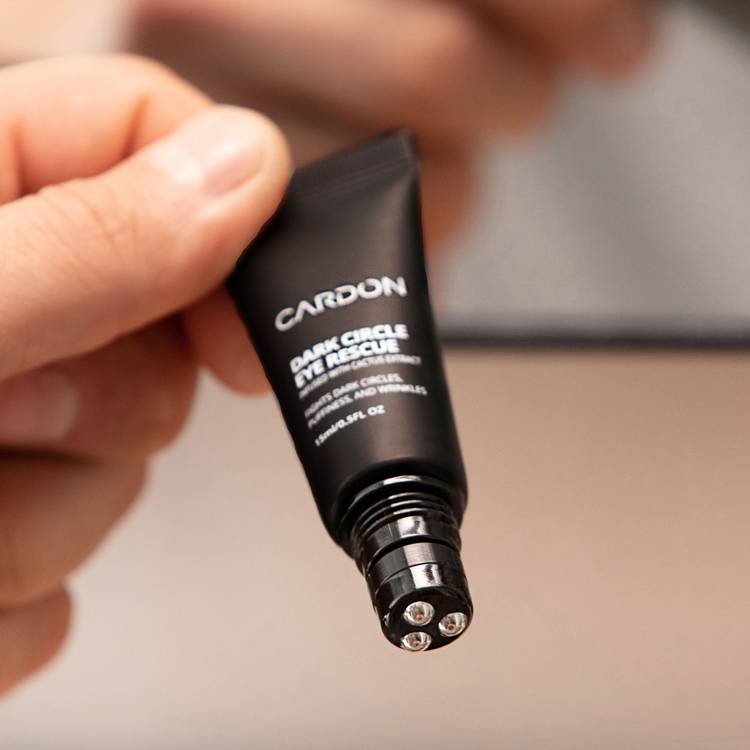October Man of the Month: Andrew Reiner
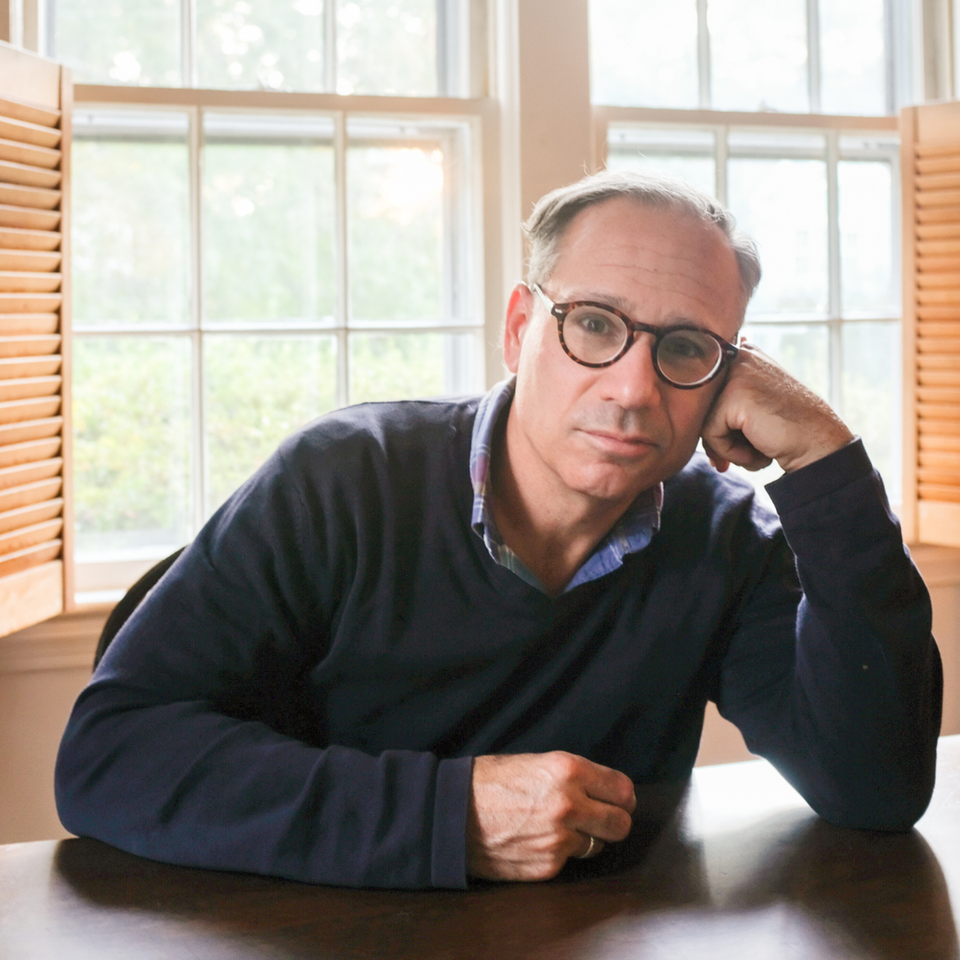
MAN OF THE MONTH SERIES
In our "Man of the Month" series, we feature people who inspire us and are creating positive change in the men's self-care space. This month, we are excited to feature Andrew Reiner, a pioneer in the field of research on healthy masculinity and emotional honesty.
Andrew Reiner a writer and full-time lecturer at Towson University where he teaches writing, men’s studies and cultural studies. Hecreated two popular courses: The Changing Face of Masculinity and Leading Lives That Matter. Reiner’s work has been published in the New York Times, Washington Post, among other publications, and he has an upcoming book, Better Boys, Better Men that will launch December 1, 2020.
Career life
Let’s start at the very beginning: what inspired you to dedicate your work to researching healthy masculinity?
When I was around seven years old, I got into a brutal, long fistfight with a neighborhood kid. The other boy pummeled me even when I begged for him to stop and, when I tried to run away, he hunted me down and kept punching me. When my oldest brother heard about it, I thought he was going to try to comfort me or stand up for me. Instead, he ranted to my parents about what a “disgrace” and “blacksheep” I was to our family. For the rest of my childhood and adolescence, he never let me forget that this was my identity. I got into a lot of fights after that, trying to beat back my shame. I stopped fighting when I was in the sixth grade, and when that void was left open, I started realizing how horribly many boys treated each other—all in the name of competition and dominance.
During my late 20s, I was reading a novel on a flight home from a vacation with my then-girlfriend. For a bunch of reasons, the ending of the book touched something deep in me, and, for the first time since I was 12 or 13 I cried—loud and hard. To my own surprise, I didn’t try to hold back. My girlfriend was mortified and a lot of other passengers gawked at me, surprised to see a guy openly weeping. That triggered something in me.
"I wanted [my son] to find a masculine identity that gave him permission to experience the full range of his deeper emotional life—of his deeper humanity."
When my son (now nine) was born, I was overcome with an urgency to rewrite this script any way possible; I wanted him to find a masculine identity that gave him permission to experience the full range of his deeper emotional life—of his deeper humanity.That birthed the popular college seminar “The Changing Face of Masculinity” and some essays in the Washington Post and New York Times that got viral attention. (This ultimately led to my book, as well.) Both of these developments made me realize that my mission on behalf of my son could potentially benefit more boys—and men.
Thank you for sharing those personal experiences with us. Can you tell us more about the course you created and currently teach at Towson, “The Changing Face of Masculinity”?
In the beginning, the course was focused exclusively on unpacking the problems with traditional masculine identity and norms. The longer I taught the course, though, the more I realized that the vast majority of boys and men who blindly follow and embrace this identity do so because it’s the only identity available to them. It's what many of them were force-fed growing up. And it’s what they were taught by parents, teachers, coaches, even girls, and the media they consumed. The ways we talk—and don’t talk—to boys during childhood, for instance, are deeply imprinting and send the message that emotional language isn’t the lingua franca of boys, that they aren’t supposed to integrate their deeper emotional lives into the fabric of their being. What I aim for in this course and in my writing is an understanding of American masculinity that is justifiably critical and also objective, contextual. Yes, it’s absolutely important to expose what’s no longer serving boys and men with the limitations of traditional masculine identity. And: It’s important to understand that this is the identity parents hand boys at an age when they are far too young to understand its complex, far-reaching implications.
On top of teaching, you've also been working on a new book, Better Boys, Better Men. Share with us what it's about.
My book Better Boys, Better Men (HarperOne Publishers) is coming out December 1st. Through a lot of powerful interviews with boys and men, well-researched studies and some memoir, BBBM explores why boys and men need a new masculine identity that gives them the resiliency, courage and strength so many of them presently lack. The book unpacks the unhealthy fallout from traditional masculinity, of course. But, unlike many books, it doesn’t end with all the reasons we should torch this identity. Through stories of boys and men who are struggling to find a way forward that’s healthier, more productive for themselves and everyone else, Better Boys Better Men also illustrates how we need to move forward—how to build from the ashes.
“Andrew Reiner decodes the hidden language of guys, thus pointing the way to a better, deeper, more authentic masculinity... This is a much-needed book that advances exactly the conversation we need to be having right now!”
—MICHAEL KIMMEL, Distinguished professor of sociology at Stony Brook University and author of Guyland: The Perilous World Where Boys Become Men
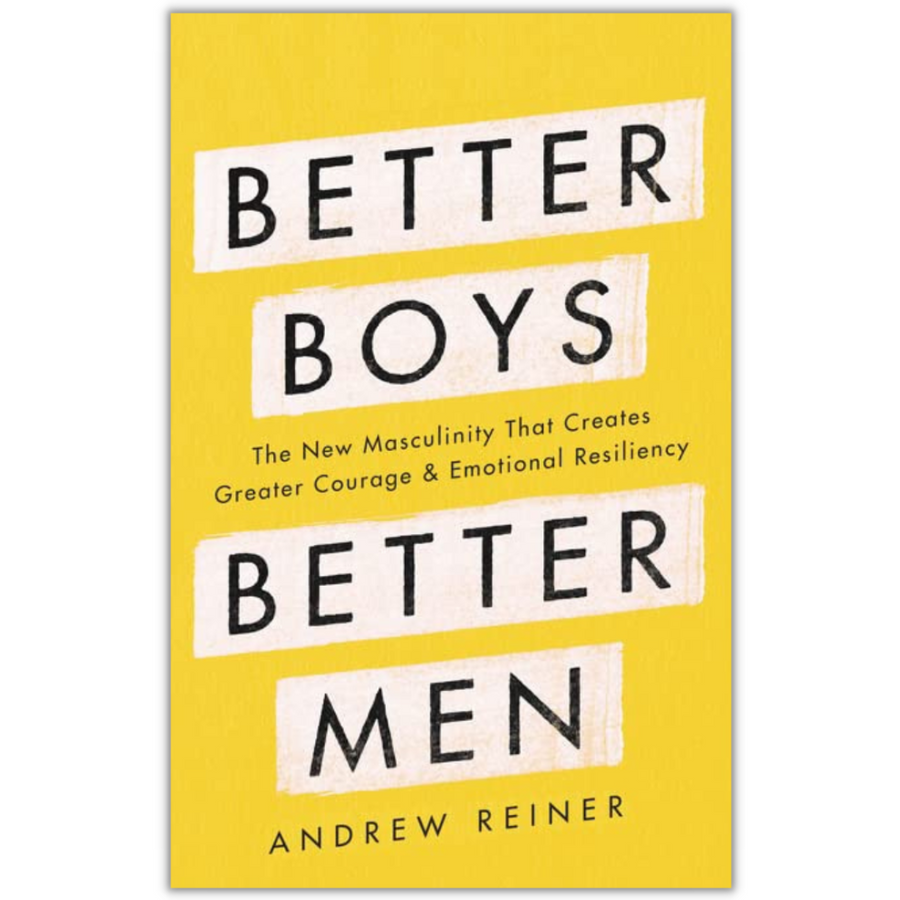

Industry Trends
How has the definition of masculinity changed over the past few decades?
The old school American masculinity doesn’t serves boys or men anymore. It’s far too narrow, limiting and damaging—for them and for the rest of us. There are a lot of promising changes afoot for a new, more expansive masculine identity—and there are still a lot of static beliefs that young and older men cling to which are amping up their loneliness, anxiety and depression and, in turn, destructive behaviors.
There are some really encouraging changes being made to contemporary American masculinity and some not-so-welcome changes. In some ways, masculinity has devolved. For all of the bad lip service we give Baby Boomer and, to a lesser extent, Gen X men, there are parts of the masculine identity they developed that are healthier than the one being marketed today. They didn’t/don’t suffer from male body dysmorphia—specifically, a need to have a cartoonishly inflated upper body that pumps them up with skin-deep confidence. Also, if you look back at the popular movies and TV from 20 or 30 years ago, you’ll find more diversity in presentations of masculinity—from the grunting hypermasculinity of Stallone’s Rambo to the kind, smiling, more emotionally aware characters that actors such as Alan Alda and Billy Crystal portrayed. Alda’s and Crystal’s characters often modeled vulnerability.

Look at what sells at the box office today—action hero movies. These are characters who are wise-cracking, cocksure, always in combative motion, always confident, shielding themselves from vulnerability with buffed torsos and super powers. A lot of guys say, Oh, these action hero characters are just entertainment; we don’t take them seriously. But that’s not true—so many boys and men in their 20s I interviewed for my book hinge their sense of manhood on these guys. We live in an age when our consumption of pop culture mirrors and influences our self perception and, in turn, our identities. These hypermasculine action heroes—whose only complexity lies in their moral compasses—perpetuate so much of what’s men holding back from the very thing they need for greater resiliency and overall well-being: access to the deeper range of their authentic emotions. Their humanity.
What are your views on how Millennials and Gen Z view masculinity?
A lot of younger men are much more tolerant of and versed in the complexities of gender and racial issues. There are other important differences. Millennials and Gen Z men are breaking new ground with masculinity on quite a few fronts. For instance, younger men are far more comfortable than older men in their own skin—literally. It’s so great to see younger men embracing body care and fashion in ways that make older guys who fear appearing ‘feminine’ squirm. Here’s something else Millennial and Gen Z men are doing better than previous generations: They’re breaking down barriers when it comes to intimacy in their friendships.
"It’s so great to see younger men embracing body care and fashion in ways that make older guys who fear appearing ‘feminine’ squirm."
They are much more likely to share a problem with a guy friend or to hug or hold him. The next step I hope these younger men take—not just seeking counsel from a male friend when there’s a problem but seeking emotional support. Too many guys still turn to female friends for this. Also, too many younger guys are still afraid of seeking mental health help because the idea of needing assistance smacks of appearing “weak” and “incompetent” for a burgeoning man. Perhaps an even more likely reason they may not seek mental health care is because these young men fear appearing vulnerable. That is, they fear that if they tap into the sadness, fear and despair beneath their anxiety and depression they’ll wallow in it and might remain shark bait for other guys or invite their own suicidal ideation. This is something we need to help turn around for young men.
What advice do you have for men looking to embrace greater emotional honesty?
This is a much bigger conversation, but here are a few places to start:
Share. Spend time with a friend or two grabbing a beer (or whatever you drink) and not bonding over some shared activity, such as watching football together or video gaming. Instead, talk (not about work, politics or sports) about your relationships (romantic, family, friendships)—what’s great about them and what’s missing from them; childhood memories centered around a theme (favorite family vacation, teachers who impacted you, worst advice, etc.) This isn’t about finding solutions. It’s about learning how to show up, emotionally, empathetically, for another guy without judgment or advice. It’s about learning how to develop your empathy and compassion muscles.
Connect. Reach out to a person, especially a boy or man, who looks upset. Ignore that voice that tells you to leave him alone because a.) you want to give him his privacy or b.) you don’t want him to feel even worse. Most of the time we tell ourselves these ‘stories’ because we are the ones who feel really uncomfortable with someone else’s sadness or ‘negative’ emotions. Screw up some courage, and ask if he’s okay, if he needs anything. Everyone loves to feel, deep down, that someone else cares.
Self Check-in. Do a personal inventory and write down the feelings or emotions you would show other people if you were given permission. (Work with me on this, okay?) Pick one. Then spitball some small ways you could try practicing this one feeling out in the world. For instance, if you’d like to show more compassion, help a stranger (especially another guy) open the door leading out of a store if his arms are full. Extending ourselves to other guys with compassion, strangers especially, takes and shows a lot of courage.
Personal
Who inspires you?
I’m not a one-answer person, sorry. Some of my heroes: John and Abigail Adams, Robert F. Kennedy, Martin Luther King, Jr., Barack and Michelle Obama, Ulysses S. Grant, Abraham Lincoln, John Lennon, Kurt Cobain, Bruce Springsteen.
All of these people act(ed) from a place of fierce justice, compassion, honesty, an inner compass that never succumbed to the caprice of the masses and, at their best, vulnerability. They also understand/understood the dark night of the soul.
Do you have a self-care routine?
I walk or jog six times a week. I've gotten into fast walking, big time, because it slows me down and grounds me into myself much more than jogging does. It's a form of centering that many of us get from yoga and meditation. All guys should walk more. Many of us don't because we think it's a form of exercise for women and older men--people who are more fragile, vulnerable than we want to appear. Meanwhile, these two groups are reaping the benefits of walking, without the stress fractures and muscle tears of jogging and intense weight training, and they're leaving a lot of guys who fear looking too 'feminine' in the dust.
I'm also learning the practice of gratitude--trying to find something positive in moments and experiences that can sometimes feel fraught with negativity. This reframing is especially important for guys, because we are taught to lead with anger and reactivity, both of which taint the way we see the world. This negativity, in turn, leads to more stress and the illnesses associated with it.
You've studied and researched emotional honesty in depth, but is it difficult to practice what you preach?
Emotional honesty is exactly like muscle memory: the more you do it, the easier and more reflexive it becomes.
I do still feel some resistance at times, but, to be honest, not nearly as much as I used to. Emotional honesty is exactly like muscle memory: The more you do it, the easier and more reflexive it becomes. There are definitely sticky points in my marriage and fatherhood where I need to dig deeper and practice greater emotional honesty. For instance, I can be more reactive than I want to be around my son, especially since we’re all home so often during this lousy pandemic. This worries me because my son is, like me, a very sensitive soul, and he has big feelings. I don’t want him becoming as reactive as I can be (at home). I want him to see that his father, a man, can take responsibility for his shortcomings—so I talk with him about how we handle big feelings, including mine, to normalize such feelings. I explain that, even as adults, we still need to keep working hard on the things that don’t serve us or other people. We are all works in progress—that’s even more important for men to learn and accept in themselves and others.
Thank you, Andrew, for taking the time to share your personal journey, research learnings, and practical tips for how we can expand our emotional capacity and tap into our authentic selves!
Additional work by Andrew Reiner
Book:
Better Boys Better Men, Coming out Dec 2020
NY Times:
Teaching Men to Be Emotionally Honest
The Power of Touch, Especially for MenIt’s Not Only Women Who Want More Intimacy in Relationships
Washington Post:
The Tracks of My Tears: One man’s quest to have male crying be socially acceptableWalking as exercise is good for men of all ages
Shop Cardon: Cactus-based skincare
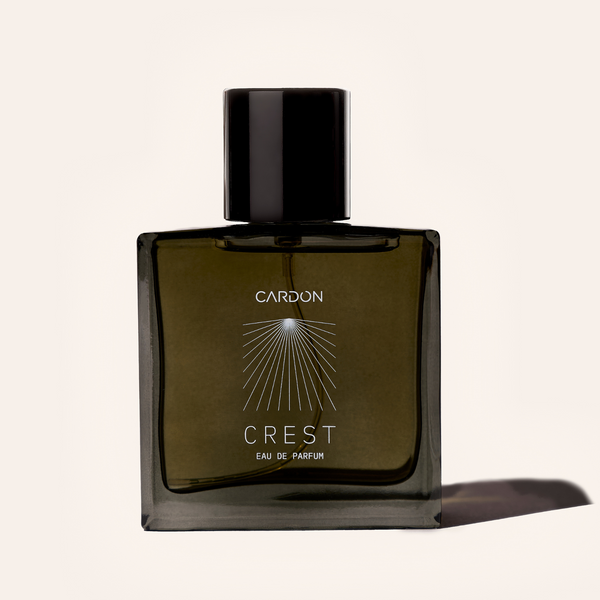
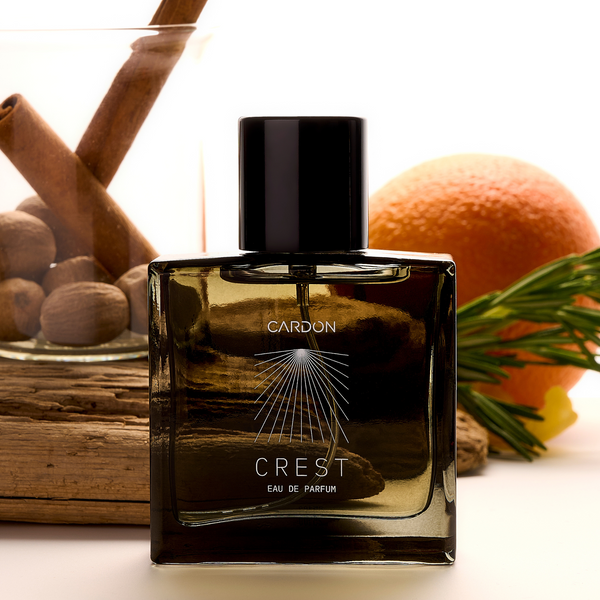
NEW
NEW
Crest Functional Fragrance
Start bold. Stay sharp.
Crest is your citrus-charged confidence boost — bright bergamot and fresh herbs awaken your senses, while ambery woods and warm spices fuel your momentum. Crisp, energizing, and built to keep you fresh all day long.
Functional fragrance, powered by science and scent.
Crafted by world-class perfumers, Crest blends mood-boosting essential oils and high-potency eau de parfum strength. Lemon, orange, and lime spark motivation and positivity, while rosemary and cedarwood sharpen focus and mental clarity — so you move through your morning with unstoppable energy.
Perfect for: Morning commutes, first dates, interviews, or anytime you want to lead with confidence.
Limited first batch! Pre-order now. Ships May 13, 2025.
Crest Functional Fragrance
Start bold. Stay sharp.
Crest is your citrus-charged confidence boost — bright bergamot and fresh herbs awaken your senses, while ambery woods and warm spices fuel your momentum. Crisp, energizing, and built to keep you fresh all day long.
Functional fragrance, powered by science and scent.
Crafted by world-class perfumers, Crest blends mood-boosting essential oils and high-potency eau de parfum strength. Lemon, orange, and lime spark motivation and positivity, while rosemary and cedarwood sharpen focus and mental clarity — so you move through your morning with unstoppable energy.
Perfect for: Morning commutes, first dates, interviews, or anytime you want to lead with confidence.
Limited first batch! Pre-order now. Ships May 13, 2025.
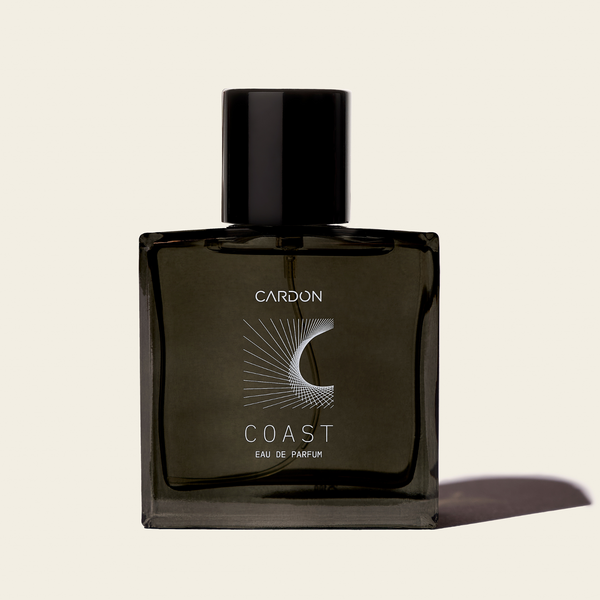
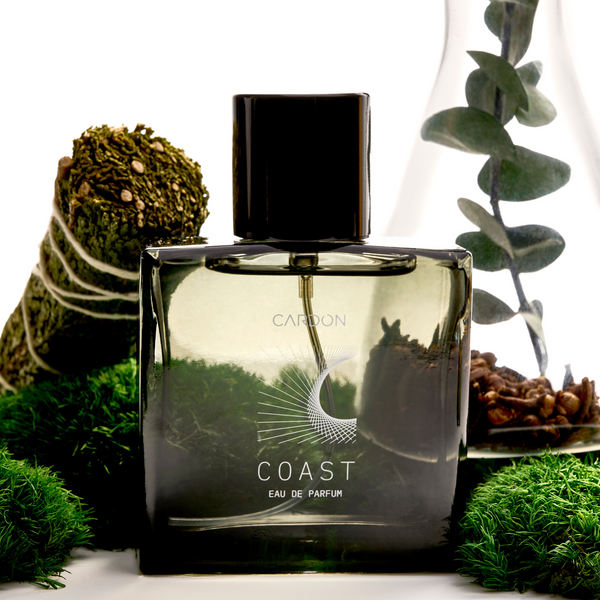
NEW
NEW
Coast Functional Fragrance
Reset your mind. Find your focus.
Coast is like a breath of fresh mountain air — crisp fir needle, cool eucalyptus, and grounding woods clear the mind and re-center your energy. Clean, refreshing, and built to keep you sharp through the midday rush.
Functional fragrance, powered by science and scent.
Crafted by world-class perfumers, Coast blends mood-calibrating essential oils with high-potency eau de parfum strength. Fir needle and cedarwood enhance focus and mental resilience, while clove and juniper ease stress and restore balance — so you can power through with steady clarity.
Perfect for: Workdays, workouts, travel days, or anytime you need a mental reset.
Limited first batch! Pre-order now. Ships May 13, 2025.
Coast Functional Fragrance
Reset your mind. Find your focus.
Coast is like a breath of fresh mountain air — crisp fir needle, cool eucalyptus, and grounding woods clear the mind and re-center your energy. Clean, refreshing, and built to keep you sharp through the midday rush.
Functional fragrance, powered by science and scent.
Crafted by world-class perfumers, Coast blends mood-calibrating essential oils with high-potency eau de parfum strength. Fir needle and cedarwood enhance focus and mental resilience, while clove and juniper ease stress and restore balance — so you can power through with steady clarity.
Perfect for: Workdays, workouts, travel days, or anytime you need a mental reset.
Limited first batch! Pre-order now. Ships May 13, 2025.
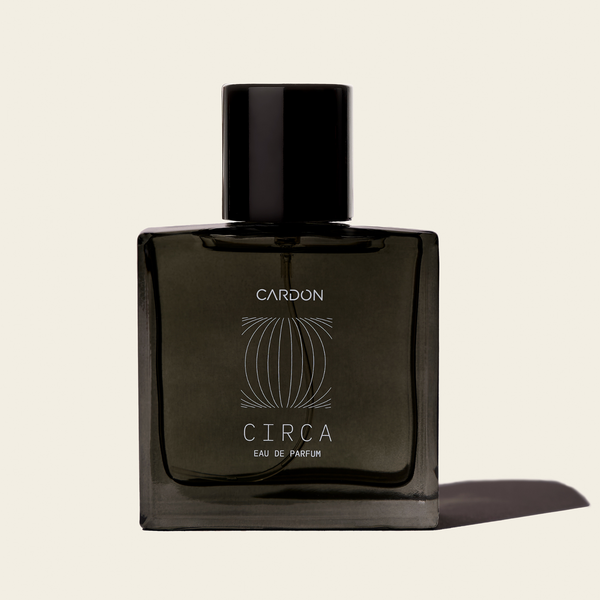
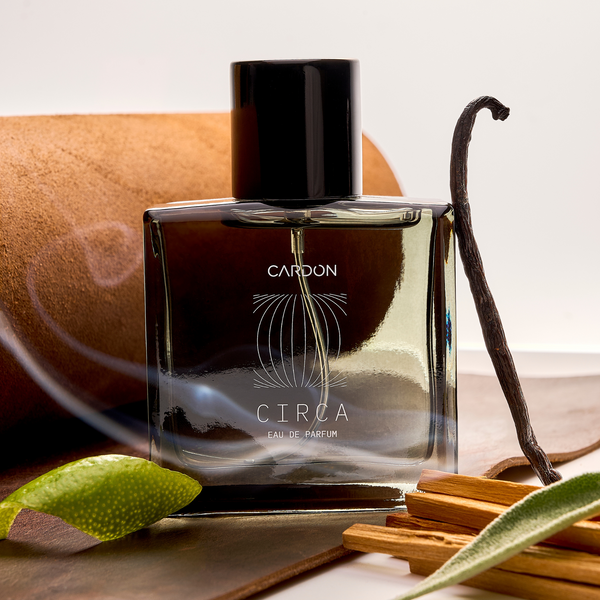
NEW
NEW
Circa Functional Fragrance
Slow down. Show up.
Circa is your evening reset — settle in with warm sandalwood, spicy cardamom, and smooth leather that grounds your senses and builds quiet confidence. Bold, balanced, and built to leave a lasting impression.
Functional fragrance, powered by science and scent.
Crafted by world-class perfumers, Circa blends mood-boosting essential oils with high-potency eau de parfum strength. Sage and patchouli ease stress and tension, while labdanum lulls you into an emotional calm — helping you transition from the rush of the day into your element.
Perfect for: Dinners, nights out, winding down, or anytime you want to reset and recharge.
Limited first batch! Pre-order now. Ships May 13, 2025.
Circa Functional Fragrance
Slow down. Show up.
Circa is your evening reset — settle in with warm sandalwood, spicy cardamom, and smooth leather that grounds your senses and builds quiet confidence. Bold, balanced, and built to leave a lasting impression.
Functional fragrance, powered by science and scent.
Crafted by world-class perfumers, Circa blends mood-boosting essential oils with high-potency eau de parfum strength. Sage and patchouli ease stress and tension, while labdanum lulls you into an emotional calm — helping you transition from the rush of the day into your element.
Perfect for: Dinners, nights out, winding down, or anytime you want to reset and recharge.
Limited first batch! Pre-order now. Ships May 13, 2025.
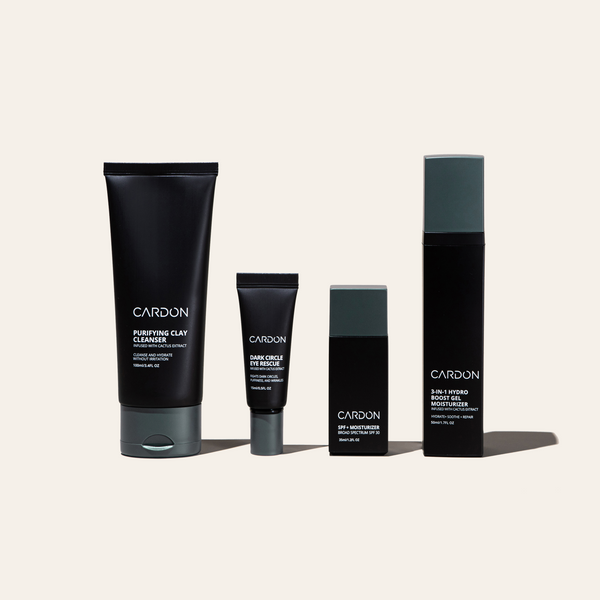
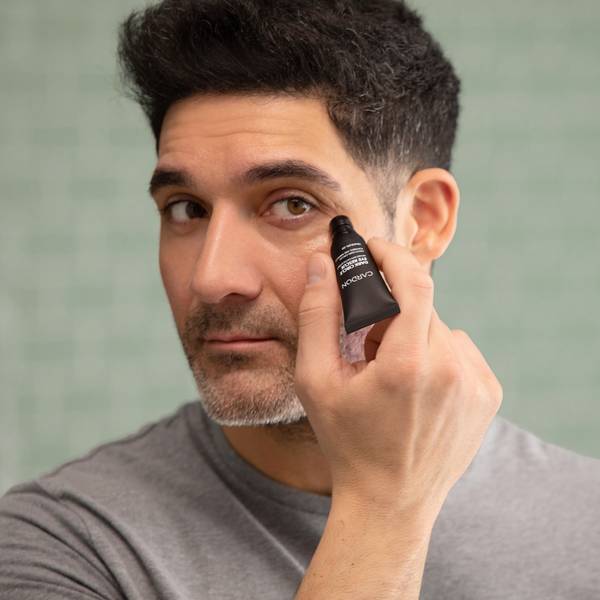
seller
Anti-Aging Skincare Set
good for:
Life comes at you fast. That’s why we developed our Anti-Aging Skincare Set full of just what you need to tackle fine lines, rough texture, and other signs of aging in the skin.
From protecting skin all day long to boosting its ability to repair and rebuild overnight, your past, present, and future selves will thank you.
Includes Steps:
- 01 Dark Circle Eye Rescue
- 02 Purifying Clay Cleanser
- 03 Daily SPF + Moisturizer
- 04 Hydro Boost Gel Moisturizer
Never go empty! Subscribe + Save 15%
Anti-Aging Skincare Set
good for:
Life comes at you fast. That’s why we developed our Anti-Aging Skincare Set full of just what you need to tackle fine lines, rough texture, and other signs of aging in the skin.
From protecting skin all day long to boosting its ability to repair and rebuild overnight, your past, present, and future selves will thank you.
Includes Steps:
- 01 Dark Circle Eye Rescue
- 02 Purifying Clay Cleanser
- 03 Daily SPF + Moisturizer
- 04 Hydro Boost Gel Moisturizer
Never go empty! Subscribe + Save 15%
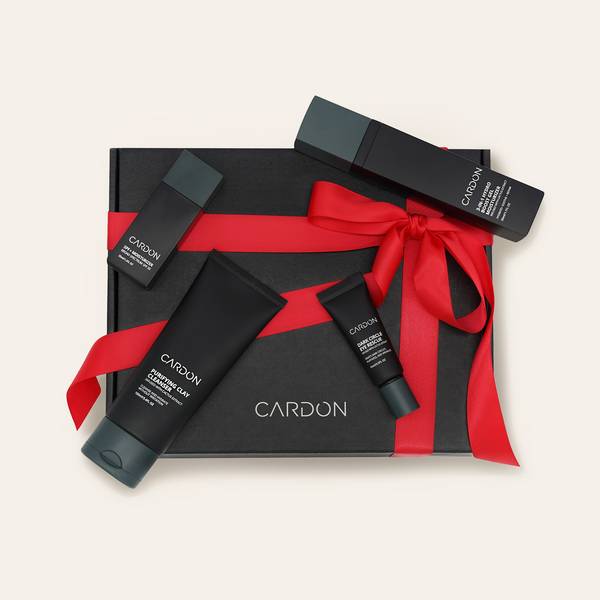
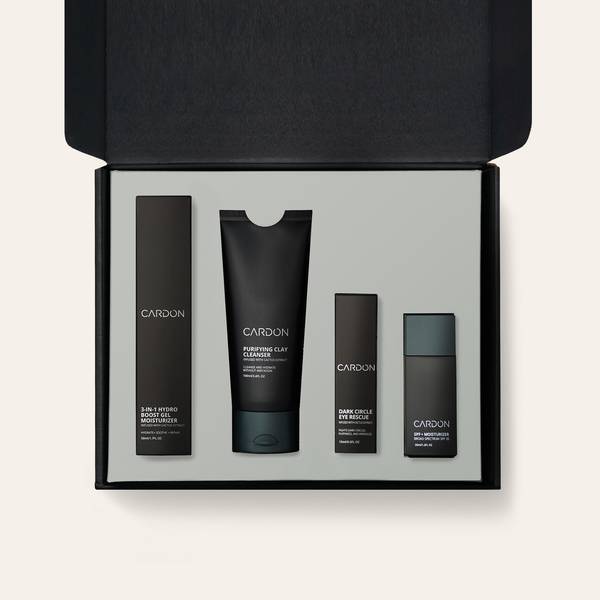
EDITION
GIFT BOX
Limited Edition Gift Set
good for:
This gift set is complete with our bestselling anti-aging products to protect skin all day long, while repairing skin overnight. Targets dark circles, fine lines, and other signs of premature aging.
*Comes gift wrapped and in our signature gift box.
Includes Steps:
- 01 Dark Circle Eye Rescue
- 02 Purifying Clay Cleanser
- 03 Daily SPF + Moisturizer
- 04 Hydro Boost Gel Moisturizer
"There is no better present to give an older brother than the gift of perfect skin care. I don't know who will like it more him or his wife. And, of course, I bought more for myself." - David N. | Age: 45-54
Limited Edition Gift Set
good for:
This gift set is complete with our bestselling anti-aging products to protect skin all day long, while repairing skin overnight. Targets dark circles, fine lines, and other signs of premature aging.
*Comes gift wrapped and in our signature gift box.
Includes Steps:
- 01 Dark Circle Eye Rescue
- 02 Purifying Clay Cleanser
- 03 Daily SPF + Moisturizer
- 04 Hydro Boost Gel Moisturizer
"There is no better present to give an older brother than the gift of perfect skin care. I don't know who will like it more him or his wife. And, of course, I bought more for myself." - David N. | Age: 45-54
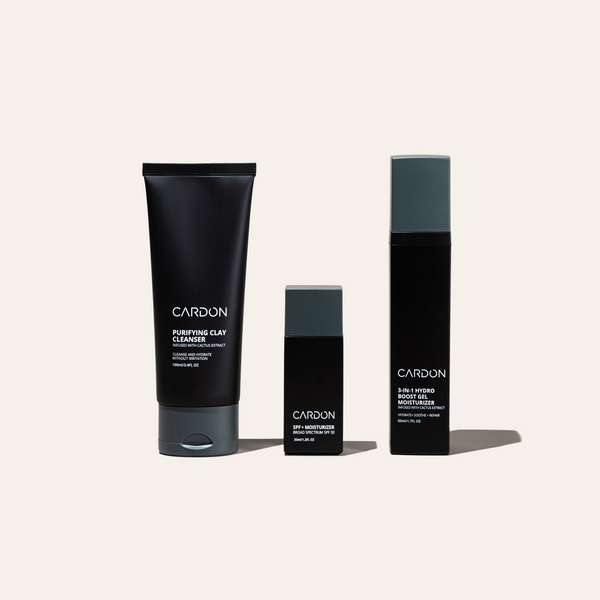
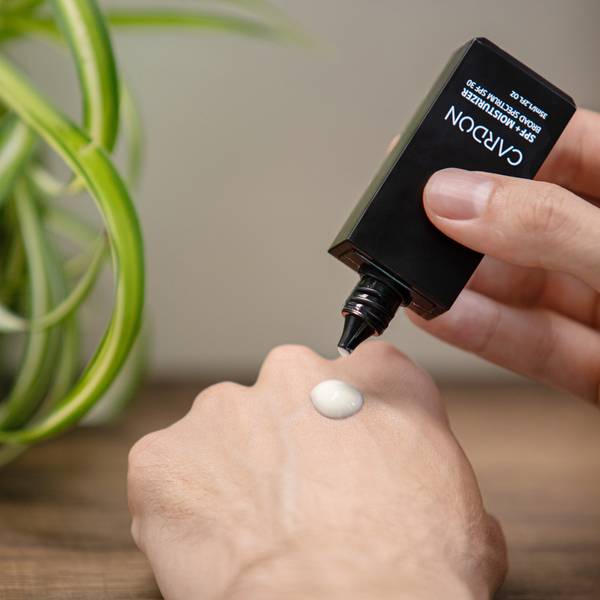
Beginners
Essentials Skincare Set
good for:
Everything you need, nothing you don’t—the Essentials Set is your skincare starter pack. Just cleanse, moisturize, and protect. We took the guesswork out of developing a skincare routine. This is all you need for everyday skin health.
Includes Steps:
- 01 Purifying Clay Cleanser
- 02 Daily SPF + Moisturizer
- 03 Hydro Boost Gel Moisturizer
Never go empty! Subscribe + Save 15%
Essentials Skincare Set
good for:
Everything you need, nothing you don’t—the Essentials Set is your skincare starter pack. Just cleanse, moisturize, and protect. We took the guesswork out of developing a skincare routine. This is all you need for everyday skin health.
Includes Steps:
- 01 Purifying Clay Cleanser
- 02 Daily SPF + Moisturizer
- 03 Hydro Boost Gel Moisturizer
Never go empty! Subscribe + Save 15%
.png?v=1746566224530&options=w_600)
.png?v=1746566237266&options=w_600)
NEW
NEW
Functional Fragrance Discovery Set
Discovery Set comes with $10 off full size fragrance!
Functional fragrance, powered by science and scent.
Crafted by world-class perfumers, Cardon Functional Fragrances blend mood-boosting essential oils and high-potency eau de parfum strength to keep you feeling and smelling great every moment of the day.
Crest uplifts and energizes your morning with bright citrus, cedar and warm spice. When you need a mental reset midday, Coast brings clarity with fresh fir, earthy moss and cool eucalyptus. Circa helps you settle into the evening with calm confidence featuring sensual sandalwood, leather, and vetiver.
Discovery Set includes 1.5mL sample vial of each scent. Limited to one per customer per order.
Includes Steps:
- 01 Crest Functional Fragrance
- 02 Coast Functional Fragrance
- 03 Circa Functional Fragrance
Free with any fragrance pre-order! Ends May 13, 2025.
Functional Fragrance Discovery Set
Discovery Set comes with $10 off full size fragrance!
Functional fragrance, powered by science and scent.
Crafted by world-class perfumers, Cardon Functional Fragrances blend mood-boosting essential oils and high-potency eau de parfum strength to keep you feeling and smelling great every moment of the day.
Crest uplifts and energizes your morning with bright citrus, cedar and warm spice. When you need a mental reset midday, Coast brings clarity with fresh fir, earthy moss and cool eucalyptus. Circa helps you settle into the evening with calm confidence featuring sensual sandalwood, leather, and vetiver.
Discovery Set includes 1.5mL sample vial of each scent. Limited to one per customer per order.
Includes Steps:
- 01 Crest Functional Fragrance
- 02 Coast Functional Fragrance
- 03 Circa Functional Fragrance
Free with any fragrance pre-order! Ends May 13, 2025.
.png?v=1671636443230&options=w_600)
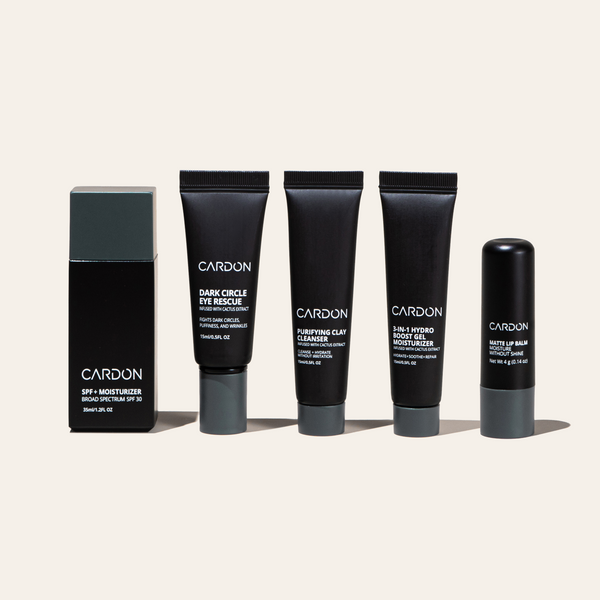
Limited Edition Jet Set Travel Kit
good for:
NEW! Limited Edition Jet Set Travel Kit with Dopp Kit.
With our new Jet Set Travel Kit, you can ditch the hotel samples for an on-the-go routine built with your skin in mind. These five simple steps cover all the bases– from cleansing your face to hydrating your lips– and they're all you need to pack before you hit the road. And, yes, it’s TSA-approved.
Includes Steps:
- 01 Daily SPF + Moisturizer
- 02 Dark Circle Eye Rescue
- 03 Clay Cleanser Sample, 15ml
- 04 Hydro Boost Gel Sample, 15ml
- 05 Matte Lip Balm
"I am a 55 years old and I have started to show my age on my face. After a long day in an aircraft cabin, this is exactly what my skin needs. It doesn’t take much time to complete and the results are worth it." – Jerri P
Limited Edition Jet Set Travel Kit
good for:
NEW! Limited Edition Jet Set Travel Kit with Dopp Kit.
With our new Jet Set Travel Kit, you can ditch the hotel samples for an on-the-go routine built with your skin in mind. These five simple steps cover all the bases– from cleansing your face to hydrating your lips– and they're all you need to pack before you hit the road. And, yes, it’s TSA-approved.
Includes Steps:
- 01 Daily SPF + Moisturizer
- 02 Dark Circle Eye Rescue
- 03 Clay Cleanser Sample, 15ml
- 04 Hydro Boost Gel Sample, 15ml
- 05 Matte Lip Balm
"I am a 55 years old and I have started to show my age on my face. After a long day in an aircraft cabin, this is exactly what my skin needs. It doesn’t take much time to complete and the results are worth it." – Jerri P
.png?v=1701688836389&options=w_600)
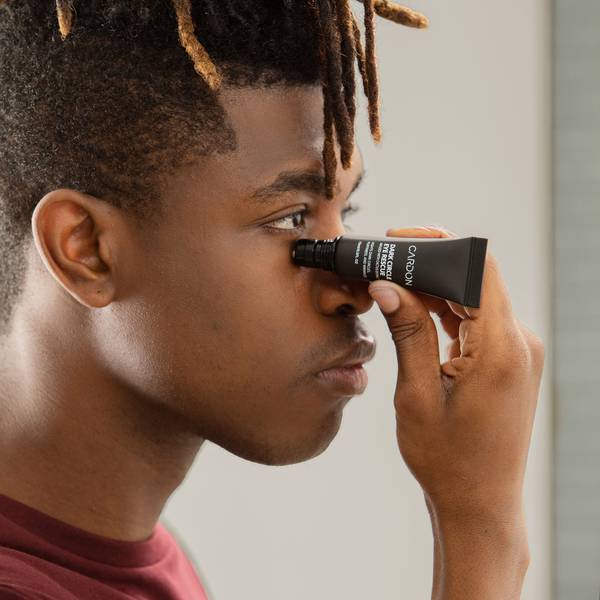
Dark Circles Skincare Set
good for:
All work and no play makes for dull skin.
The Dark Circles Skincare Set is perfect for those looking to brighten and revive dull and tired looking skin. Cleanses debris and grime from the day, depuffs and treats under eye bags, and rehydrates while soothing the skin in your sleep.
Includes Steps:
- 01 Purifying Clay Cleanser
- 02 Dark Circle Eye Rescue
- 03 Hydro Boost Gel Moisturizer
Never go empty! Subscribe + Save 15%
Dark Circles Skincare Set
good for:
All work and no play makes for dull skin.
The Dark Circles Skincare Set is perfect for those looking to brighten and revive dull and tired looking skin. Cleanses debris and grime from the day, depuffs and treats under eye bags, and rehydrates while soothing the skin in your sleep.
Includes Steps:
- 01 Purifying Clay Cleanser
- 02 Dark Circle Eye Rescue
- 03 Hydro Boost Gel Moisturizer
Never go empty! Subscribe + Save 15%
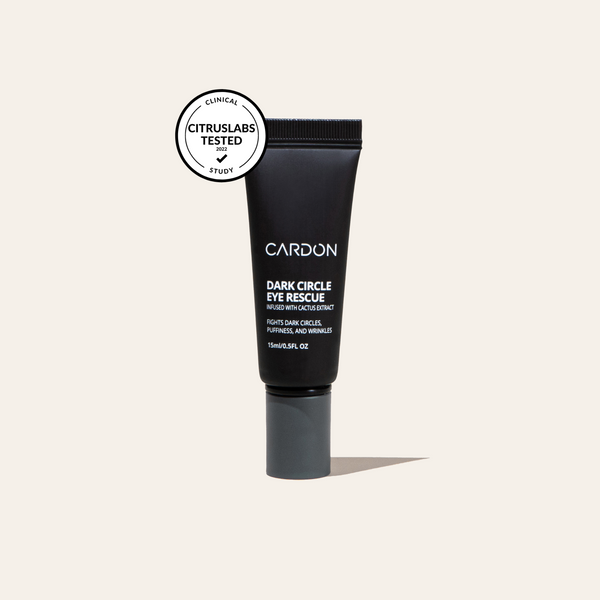
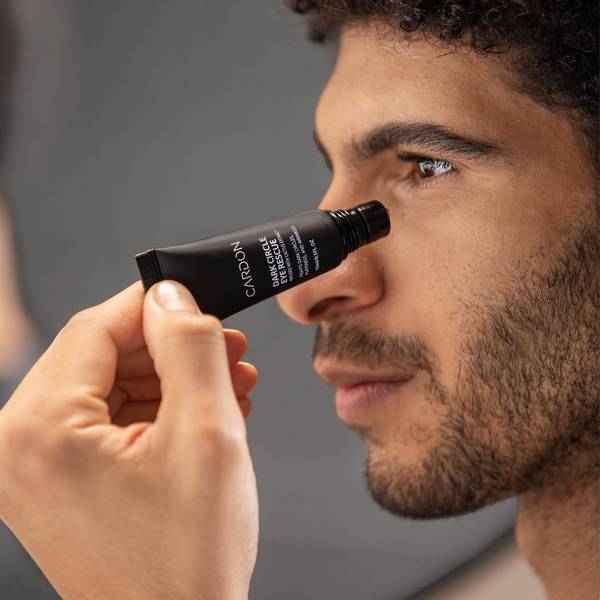
seller
Dark Circle Eye Rescue
good for:
The Dark Circle Eye Rescue cream hydrates and brightens the skin around the eyes to reduce the appearance of dark circles and wrinkles.
The stainless steel rollerball makes it easy to apply, while also working to de-puff eyes. Acclaimed best eye cream for dark circles by Gear Patrol!
Dark Circle Eye Rescue
good for:
The Dark Circle Eye Rescue cream hydrates and brightens the skin around the eyes to reduce the appearance of dark circles and wrinkles.
The stainless steel rollerball makes it easy to apply, while also working to de-puff eyes. Acclaimed best eye cream for dark circles by Gear Patrol!
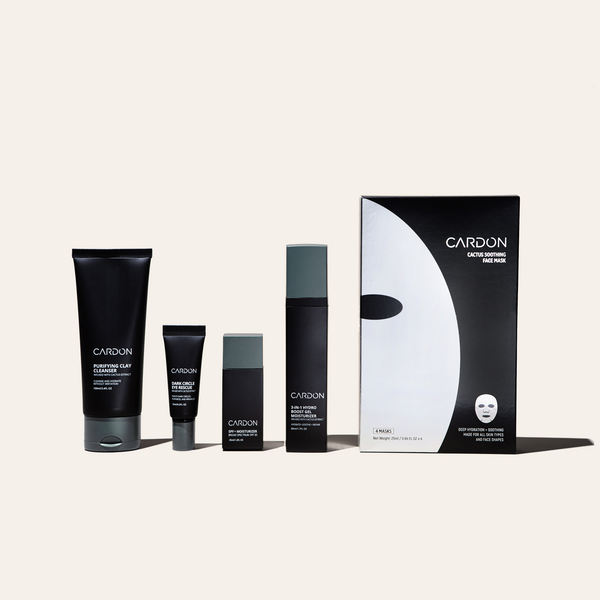
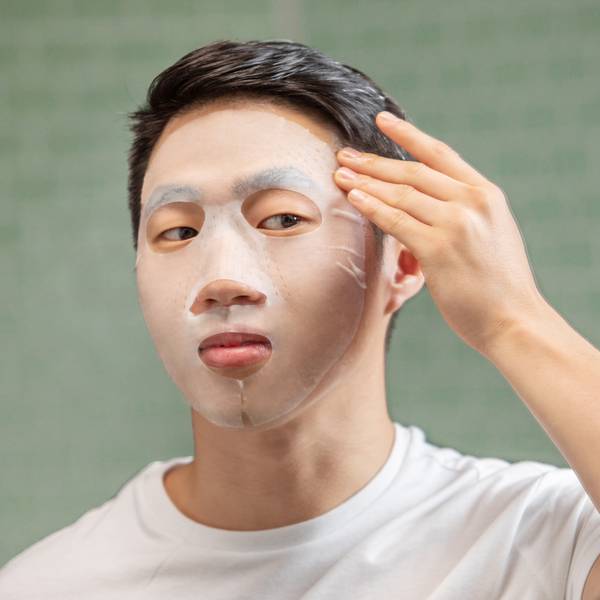
Dry Skin Set
good for:
Skin feeling a bit thirsty? The Dry Skin Set was crafted specifically for those with a dry skin type.
If you deal with flakiness, dull complexion, visible fine lines, red patches, or any combination of the above, this set was made for you. This is all you need to hydrate your skin—and keep it hydrated.
Includes Steps:
- 01
- 02 Dark Circle Eye Rescue
- 03 Daily SPF + Moisturizer
- 04 Hydro Boost Gel Moisturizer
- 05 Cactus Soothing Face Mask
Never go empty! Subscribe + Save 15%
Dry Skin Set
good for:
Skin feeling a bit thirsty? The Dry Skin Set was crafted specifically for those with a dry skin type.
If you deal with flakiness, dull complexion, visible fine lines, red patches, or any combination of the above, this set was made for you. This is all you need to hydrate your skin—and keep it hydrated.
Includes Steps:
- 01
- 02 Dark Circle Eye Rescue
- 03 Daily SPF + Moisturizer
- 04 Hydro Boost Gel Moisturizer
- 05 Cactus Soothing Face Mask
Never go empty! Subscribe + Save 15%
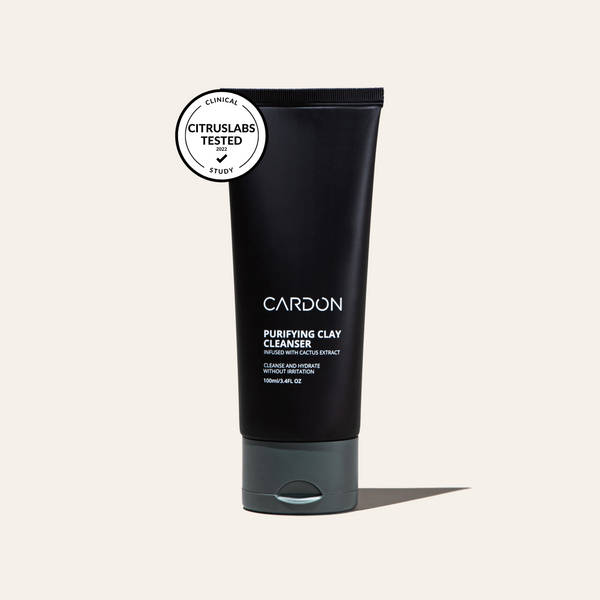
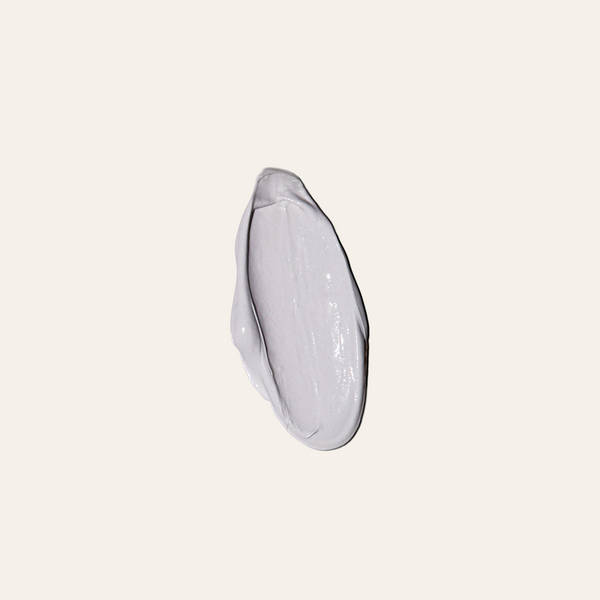
Purifying Clay Cleanser
good for:
The Purifying Clay Cleanser dares to answer the question: “what if you combined a detoxifying clay mask with a hydrating face wash?”
Our 2x Ask Men Grooming award-winning cleanser uses Cactus Extract and a Tri-Clay blend to remove excess oil and cleanse skin deeply from the grime of the day, never leaving skin feeling dry or tight. Powerful ingredients, yet gentle enough for daily use.
“The best face wash I have found for my oily, sensitive, acne-prone skin! With continued use, I've even seen a drastic reduction of oily shine on my face after long days in the office! Thank you, Cardon!” - Steve C.
Purifying Clay Cleanser
good for:
The Purifying Clay Cleanser dares to answer the question: “what if you combined a detoxifying clay mask with a hydrating face wash?”
Our 2x Ask Men Grooming award-winning cleanser uses Cactus Extract and a Tri-Clay blend to remove excess oil and cleanse skin deeply from the grime of the day, never leaving skin feeling dry or tight. Powerful ingredients, yet gentle enough for daily use.
“The best face wash I have found for my oily, sensitive, acne-prone skin! With continued use, I've even seen a drastic reduction of oily shine on my face after long days in the office! Thank you, Cardon!” - Steve C.
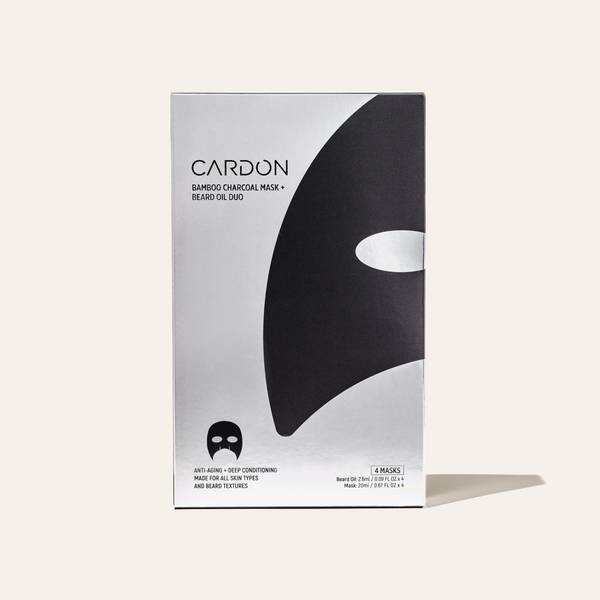
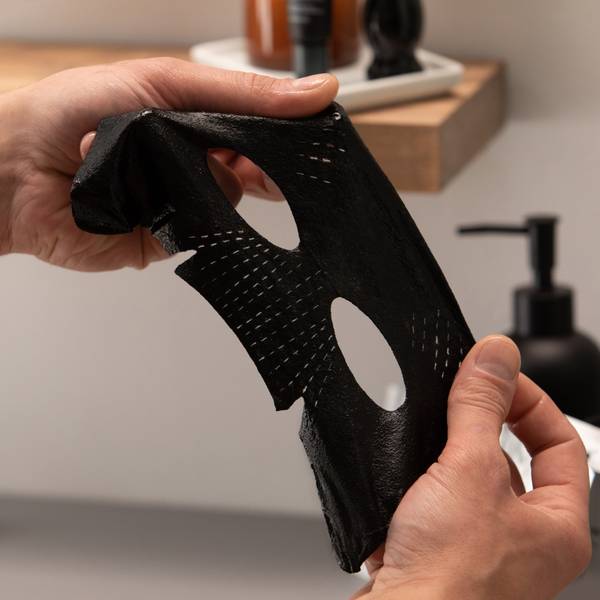
GIFT
Bamboo Charcoal Sheet Mask + Beard Oil
good for:
Often imitated, never duplicated, this innovative sheet mask is the first of its kind and an Ask Men Grooming award winner in the Best Sheet Mask category!
Half mask, half beard treatment, the Bamboo Charcoal Sheet Mask + Beard Oil gives each section of skin (and beard) just what it needs: A detoxifying, hydrating charcoal-infused mask for your skin and a nourishing beard oil blend for the ultimate beard care. Plus, the mask is designed with expandable nose slits to fit any face size and shape.
“I really enjoyed this face mask from Cardon. The beard oil applies easily and the half mask for your cheeks, nose, and forehead fits well and stays in place. My skin looks and feels great after removing the mask. Well done, Cardon!” - Tyler S.
Bamboo Charcoal Sheet Mask + Beard Oil
good for:
Often imitated, never duplicated, this innovative sheet mask is the first of its kind and an Ask Men Grooming award winner in the Best Sheet Mask category!
Half mask, half beard treatment, the Bamboo Charcoal Sheet Mask + Beard Oil gives each section of skin (and beard) just what it needs: A detoxifying, hydrating charcoal-infused mask for your skin and a nourishing beard oil blend for the ultimate beard care. Plus, the mask is designed with expandable nose slits to fit any face size and shape.
“I really enjoyed this face mask from Cardon. The beard oil applies easily and the half mask for your cheeks, nose, and forehead fits well and stays in place. My skin looks and feels great after removing the mask. Well done, Cardon!” - Tyler S.
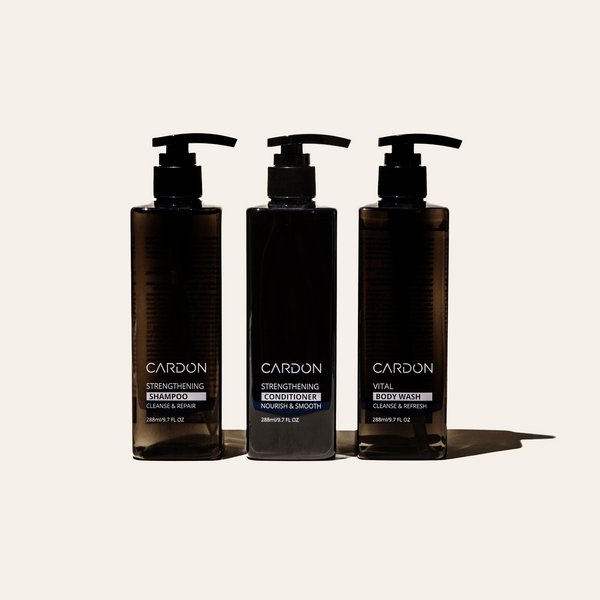
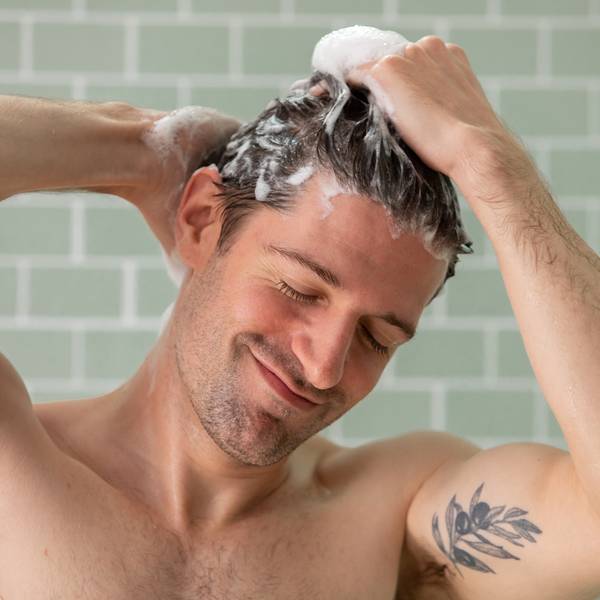
Hair + Body Shower Set
good for:
New + Improved: Same thickening formula now with biotin! The Hair + Body Shower Set has everything you need for an invigorating showertime routine, going beyond cleansing to strengthen, repair, and soothe your hair and skin. You—and your houseguests—will thank you for ditching the 3-in-1 for this trio.
*Vital Body Wash – winner of the 2022 GQ Grooming Awards
Includes Steps:
- 01 Hair Thickening + Strengthening Shampoo
- 02 Hair Thickening + Strengthening Conditioner
- 03 Vital Body Wash
Never go empty! Subscribe + Save 15%
Hair + Body Shower Set
good for:
New + Improved: Same thickening formula now with biotin! The Hair + Body Shower Set has everything you need for an invigorating showertime routine, going beyond cleansing to strengthen, repair, and soothe your hair and skin. You—and your houseguests—will thank you for ditching the 3-in-1 for this trio.
*Vital Body Wash – winner of the 2022 GQ Grooming Awards
Includes Steps:
- 01 Hair Thickening + Strengthening Shampoo
- 02 Hair Thickening + Strengthening Conditioner
- 03 Vital Body Wash
Never go empty! Subscribe + Save 15%
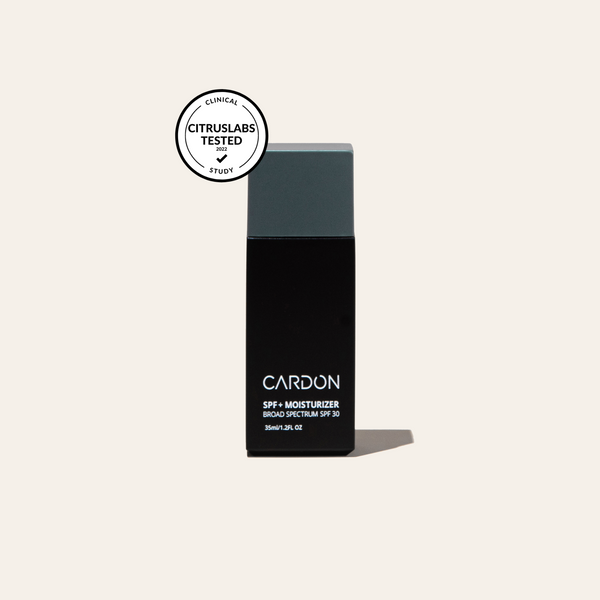
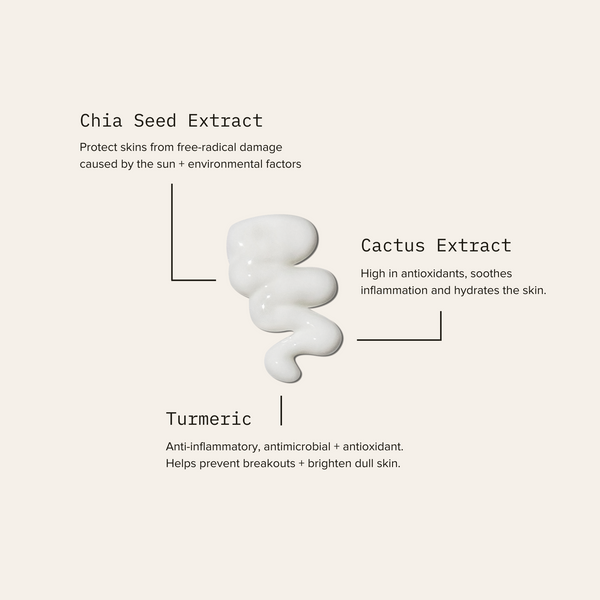
Daily SPF + Moisturizer
good for:
We’re playing favorites—this is the #1 most important step in your skincare routine. Stave off sun damage for healthy, youthful skin for years to come with our Daily SPF + Moisturizer, acclaimed best lightweight moisturizer with SPF by GQ!
Its fast-absorbing, lightweight formula uses Cactus and Chia Seed Extract to provide all-day hydration, plus Broad Spectrum SPF 30 to protect against UVA and UVB rays with ZERO residue or white cast.
“After trying several different brands, I finally found a product I like. It's lightweight, not sticky, and has a very subtle, fresh scent. Will definitely order again. I highly recommend this product.” - Sara T.
Daily SPF + Moisturizer
good for:
We’re playing favorites—this is the #1 most important step in your skincare routine. Stave off sun damage for healthy, youthful skin for years to come with our Daily SPF + Moisturizer, acclaimed best lightweight moisturizer with SPF by GQ!
Its fast-absorbing, lightweight formula uses Cactus and Chia Seed Extract to provide all-day hydration, plus Broad Spectrum SPF 30 to protect against UVA and UVB rays with ZERO residue or white cast.
“After trying several different brands, I finally found a product I like. It's lightweight, not sticky, and has a very subtle, fresh scent. Will definitely order again. I highly recommend this product.” - Sara T.
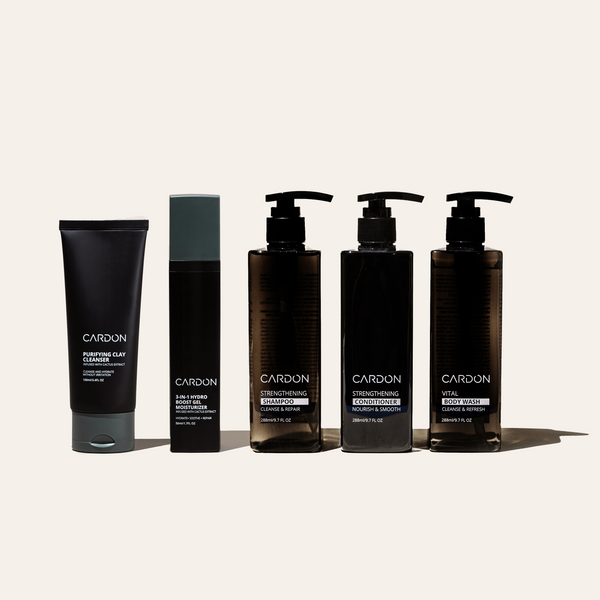
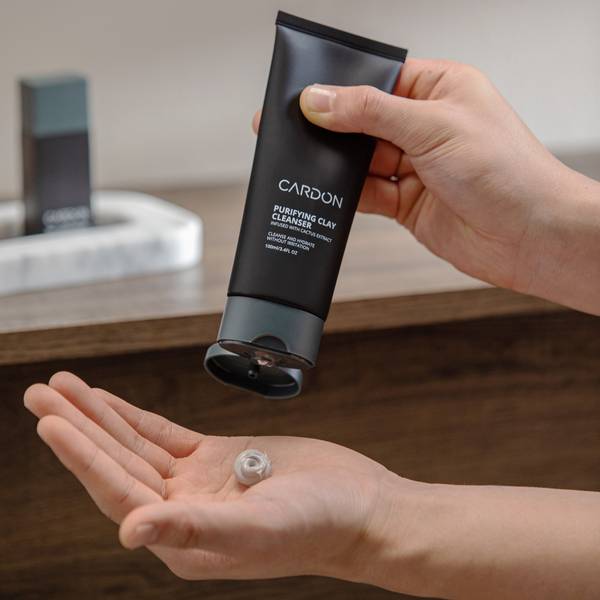
NEW
NEW
+ Hair
+ Body
Head-to-Toe Set
good for:
We've got you covered head to toe, literally. This set comes with a complete skin and hair care routine.
Includes our invigorating shampoo and conditioner to prevent hair loss, refreshing body wash to treat body acne, clay-infused face wash to deeply cleanse the face from debris, and lightweight gel moisturizer to soothe, rehydrate and repair skin while you sleep.
It's about time you treated the rest of your body as good as you treat your face.
Includes Steps:
- 01 Purifying Clay Cleanser
- 02 Hydro Boost Gel Moisturizer
- 03 Hair Thickening + Strengthening Shampoo
- 04 Hair Thickening + Strengthening Conditioner
- 05 Vital Body Wash
Never go empty! Subscribe + Save 15%
Head-to-Toe Set
good for:
We've got you covered head to toe, literally. This set comes with a complete skin and hair care routine.
Includes our invigorating shampoo and conditioner to prevent hair loss, refreshing body wash to treat body acne, clay-infused face wash to deeply cleanse the face from debris, and lightweight gel moisturizer to soothe, rehydrate and repair skin while you sleep.
It's about time you treated the rest of your body as good as you treat your face.
Includes Steps:
- 01 Purifying Clay Cleanser
- 02 Hydro Boost Gel Moisturizer
- 03 Hair Thickening + Strengthening Shampoo
- 04 Hair Thickening + Strengthening Conditioner
- 05 Vital Body Wash
Never go empty! Subscribe + Save 15%
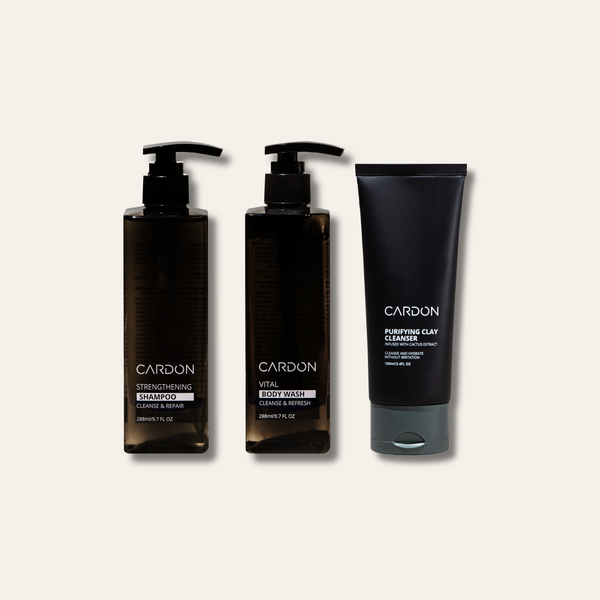
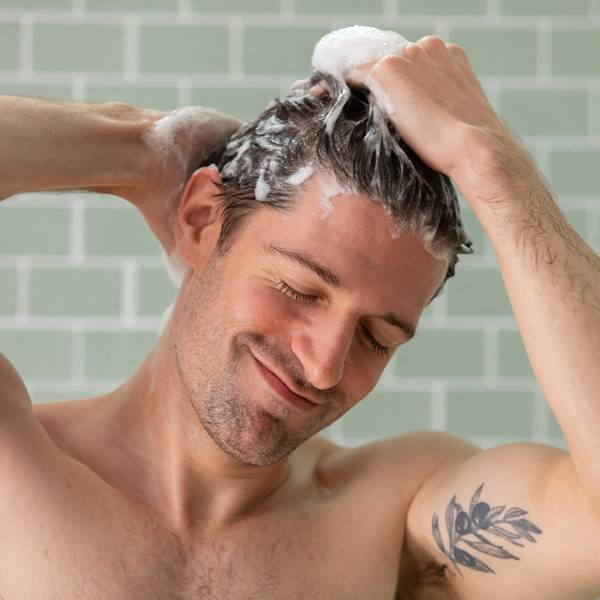
NEW
NEW
Cleanse + Refresh Set
good for:
Hit refresh! The Cleanse + Refresh Set gives you the ultimate cleanse from head to toe with highly-effective skincare-grade formulas. Strengthening Shampoo boosts hair volume, Vital Body Wash fights dryness and breakouts, and Purifying Clay Cleanser keeps your skin clear and balanced. It's the perfect set for a fresh, confident look every day!
Pro tip: Use Purifying Clay Cleanser as a spot treatment for pimples or pore-clearing clay mask. Apply to the affected area or the full face and rinse off after 10 minutes.
Includes Steps:
- 01 Purifying Clay Cleanser
- 02 Hair Thickening + Strengthening Shampoo
- 03 Vital Body Wash
Never go empty! Subscribe + Save 15%
Cleanse + Refresh Set
good for:
Hit refresh! The Cleanse + Refresh Set gives you the ultimate cleanse from head to toe with highly-effective skincare-grade formulas. Strengthening Shampoo boosts hair volume, Vital Body Wash fights dryness and breakouts, and Purifying Clay Cleanser keeps your skin clear and balanced. It's the perfect set for a fresh, confident look every day!
Pro tip: Use Purifying Clay Cleanser as a spot treatment for pimples or pore-clearing clay mask. Apply to the affected area or the full face and rinse off after 10 minutes.
Includes Steps:
- 01 Purifying Clay Cleanser
- 02 Hair Thickening + Strengthening Shampoo
- 03 Vital Body Wash
Never go empty! Subscribe + Save 15%
.png?v=1671640176423&options=w_600)
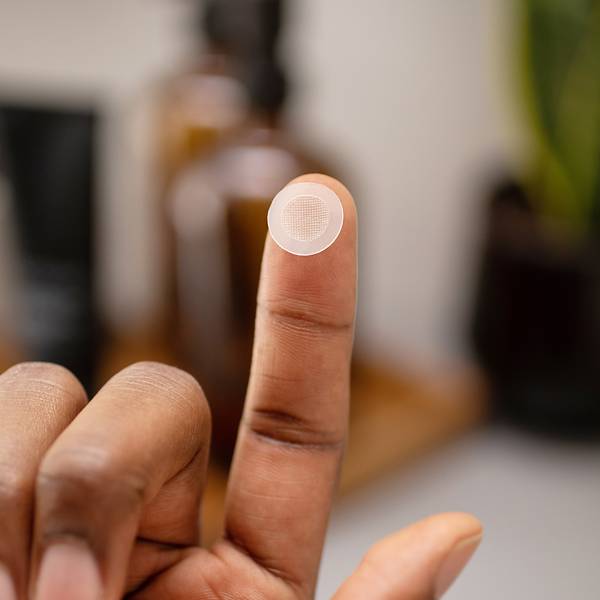
Prickly Pimple Patch
good for:
2021 Esquire Grooming Award Winner
Zit happens, so we made the Prickly Pimple Patch, your one-step solution for pesky breakouts. Soft dissolving microneedles go where no pimple cream has gone before—delivering acne-fighting ingredients like Salicylic Acid and Cica directly to the site of the inflammation and target acne dark spots. Works on ingrown hairs too!
“I applied the patch to a few raised bumps that appear to be clogged pores. Overnight one was significantly reduced while the other seems to have disappeared. Easy process and highly effective.” - Todd S.
Prickly Pimple Patch
good for:
2021 Esquire Grooming Award Winner
Zit happens, so we made the Prickly Pimple Patch, your one-step solution for pesky breakouts. Soft dissolving microneedles go where no pimple cream has gone before—delivering acne-fighting ingredients like Salicylic Acid and Cica directly to the site of the inflammation and target acne dark spots. Works on ingrown hairs too!
“I applied the patch to a few raised bumps that appear to be clogged pores. Overnight one was significantly reduced while the other seems to have disappeared. Easy process and highly effective.” - Todd S.
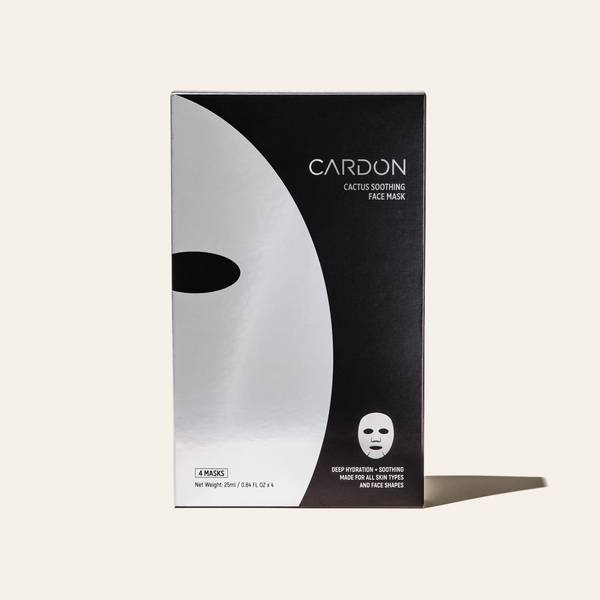
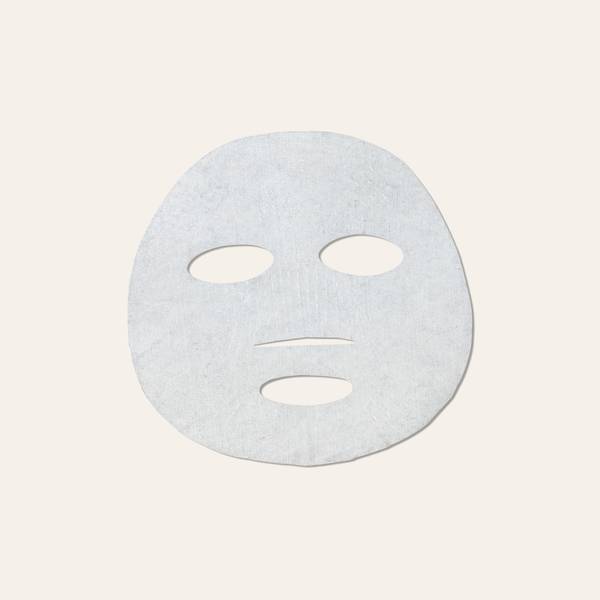
Cactus Soothing Face Mask
good for:
Everyone deserves some self-care time—may we recommend Cactus Soothing Face Mask and chill?
This immediate hydration boost is supercharged with healing ingredients like Cactus Extract and Cica to soothe redness and irritation while reducing fine lines. Perfect for a post-shave treatment or whenever you need a moment for you.
“Stress and late nights working have left my skin looking a bit rough, but this mask was perfect for some at-home spa relaxation. My skin definitely looks a lot more moisturized and refreshed.” - Melody C.
Cactus Soothing Face Mask
good for:
Everyone deserves some self-care time—may we recommend Cactus Soothing Face Mask and chill?
This immediate hydration boost is supercharged with healing ingredients like Cactus Extract and Cica to soothe redness and irritation while reducing fine lines. Perfect for a post-shave treatment or whenever you need a moment for you.
“Stress and late nights working have left my skin looking a bit rough, but this mask was perfect for some at-home spa relaxation. My skin definitely looks a lot more moisturized and refreshed.” - Melody C.
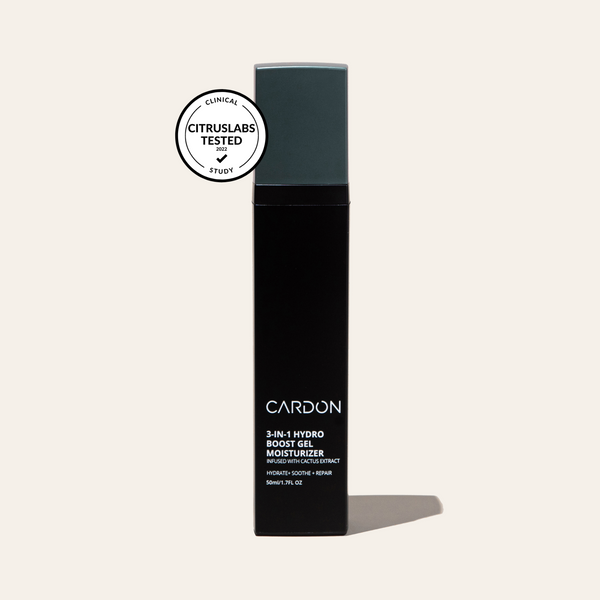
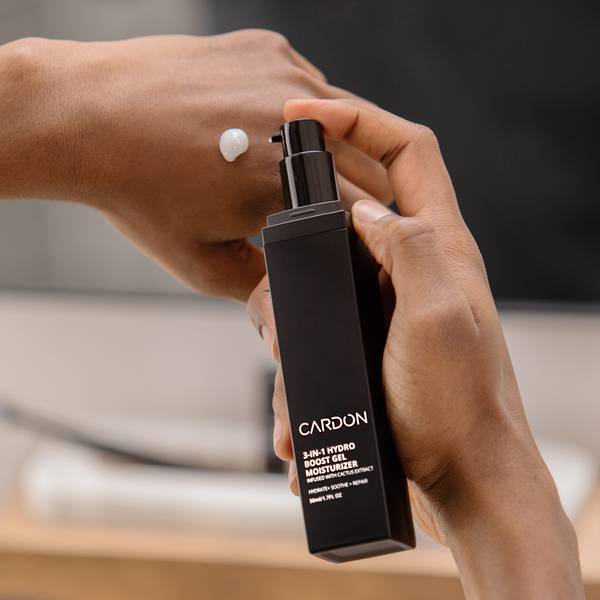
Hydro Boost Gel Moisturizer
good for:
Like a night cap for your skin, our Hydro Boost Gel Moisturizer is the ideal way to finish your evening.
This 3-in-1 gel moisturizer uses Cactus Extract and Rosehip Oil to put in the work while you snooze—hydrating, soothing, and repairing your skin all night long.
“This easily became part of my nightly routine. I've started to notice my face looking healthier and smoother. As a 32 y/o, you start to notice wrinkles creeping in, this helps me keep them at bay.” - Andrew S.
Hydro Boost Gel Moisturizer
good for:
Like a night cap for your skin, our Hydro Boost Gel Moisturizer is the ideal way to finish your evening.
This 3-in-1 gel moisturizer uses Cactus Extract and Rosehip Oil to put in the work while you snooze—hydrating, soothing, and repairing your skin all night long.
“This easily became part of my nightly routine. I've started to notice my face looking healthier and smoother. As a 32 y/o, you start to notice wrinkles creeping in, this helps me keep them at bay.” - Andrew S.
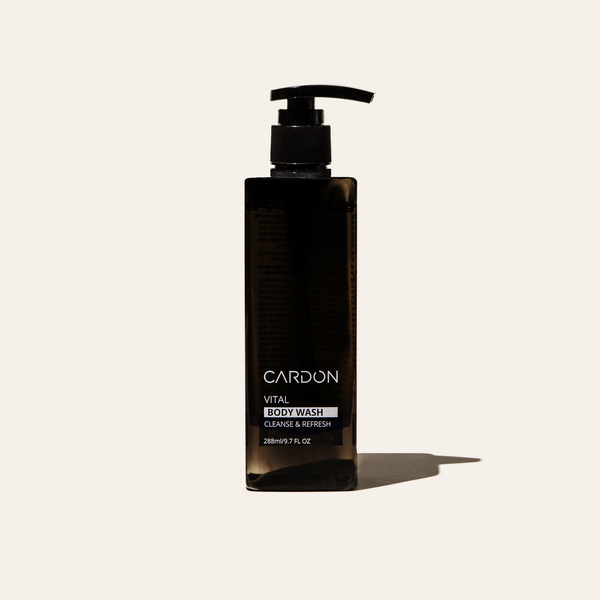
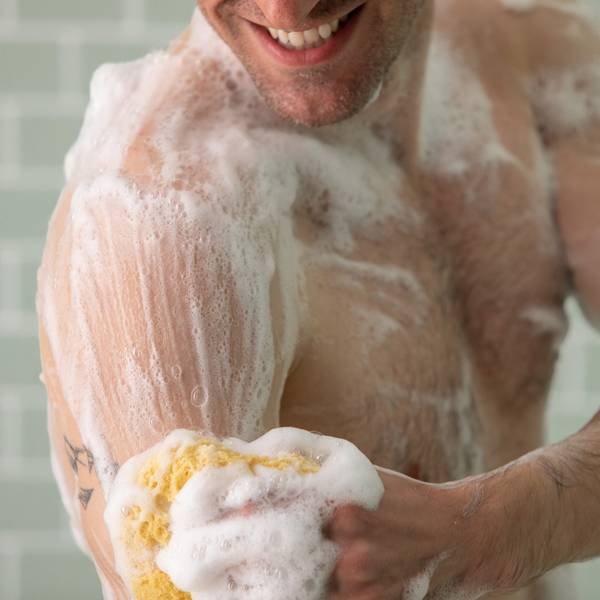
AWARD
Vital Body Wash
good for:
Step up your shower game with the Vital Body Wash, an energizing, body-acne clearing emulsion and 2022 GQ Grooming Award Winner!
The active lather uses natural, non-stripping ingredients like Green Tea and Sea Buckthorn to deeply cleanse, tackle breakouts, and combat body odor. The invigorating woody fragrance blend will make your skin smell as good as it looks.
“This body wash gets the job done! It cleans you thoroughly without drying out your skin. You smell fresh and clean, not perfumed. And as always with Cardon... a little goes a long way.” - Troy H.
Vital Body Wash
good for:
Step up your shower game with the Vital Body Wash, an energizing, body-acne clearing emulsion and 2022 GQ Grooming Award Winner!
The active lather uses natural, non-stripping ingredients like Green Tea and Sea Buckthorn to deeply cleanse, tackle breakouts, and combat body odor. The invigorating woody fragrance blend will make your skin smell as good as it looks.
“This body wash gets the job done! It cleans you thoroughly without drying out your skin. You smell fresh and clean, not perfumed. And as always with Cardon... a little goes a long way.” - Troy H.


LAUNCHED
Cardon Dopp Kit
Made for those always on the move, our new Cardon Dopp Kit is the perfect toiletry bag to take your skincare with you wherever you go. It's sleek, portable, and extremely spacious design allows you to pack a ton while staying compact.
The Dopp Kit one main pouch and one zippered front pocket to store smaller essentials, like your razor, tooth brush or nail clippers.
Cardon Dopp Kit
Made for those always on the move, our new Cardon Dopp Kit is the perfect toiletry bag to take your skincare with you wherever you go. It's sleek, portable, and extremely spacious design allows you to pack a ton while staying compact.
The Dopp Kit one main pouch and one zippered front pocket to store smaller essentials, like your razor, tooth brush or nail clippers.
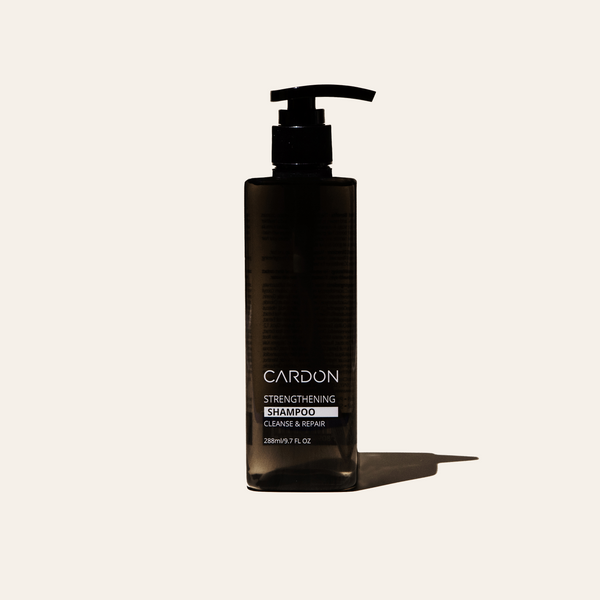
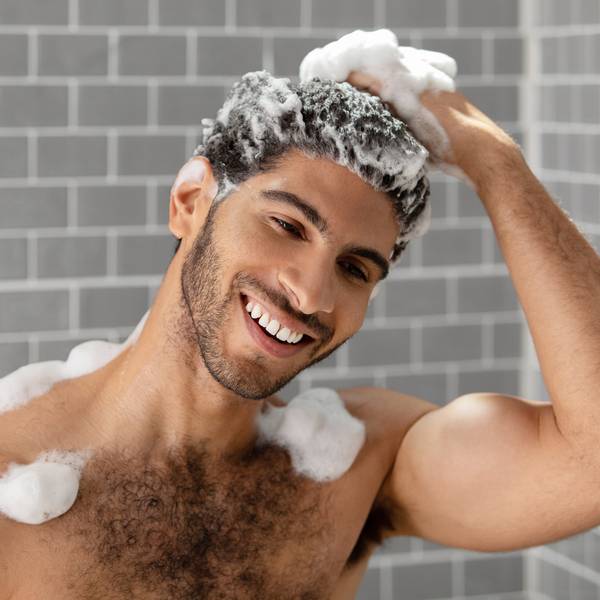
Hair Thickening + Strengthening Shampoo
good for:
New + Improved: Same thickening formula now with biotin! Stop hair loss—from receding hairlines to thinning hair—with the first step in your shower routine.
Our protein-packed Hair Thickening + Strengthening Shampoo uses niacinamide, vitamin B5, and yeast extract to restore hair follicles while protecting the scalp and reducing flakiness, too. The result? Thicker, stronger hair that’s here to stay.
“A true example of less is more. This shampoo is perfect. Leaves my hair feeling and looking healthy and thick and does not irritate my sensitive skin. A must add to my Cardon skincare regimen.” - David N.
Hair Thickening + Strengthening Shampoo
good for:
New + Improved: Same thickening formula now with biotin! Stop hair loss—from receding hairlines to thinning hair—with the first step in your shower routine.
Our protein-packed Hair Thickening + Strengthening Shampoo uses niacinamide, vitamin B5, and yeast extract to restore hair follicles while protecting the scalp and reducing flakiness, too. The result? Thicker, stronger hair that’s here to stay.
“A true example of less is more. This shampoo is perfect. Leaves my hair feeling and looking healthy and thick and does not irritate my sensitive skin. A must add to my Cardon skincare regimen.” - David N.
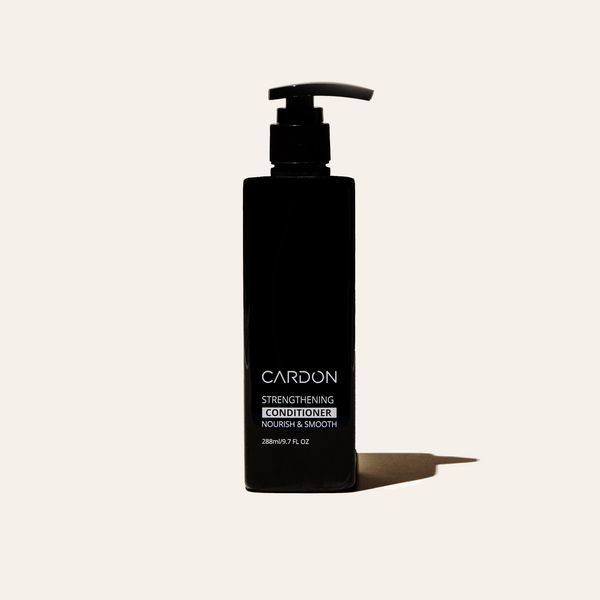
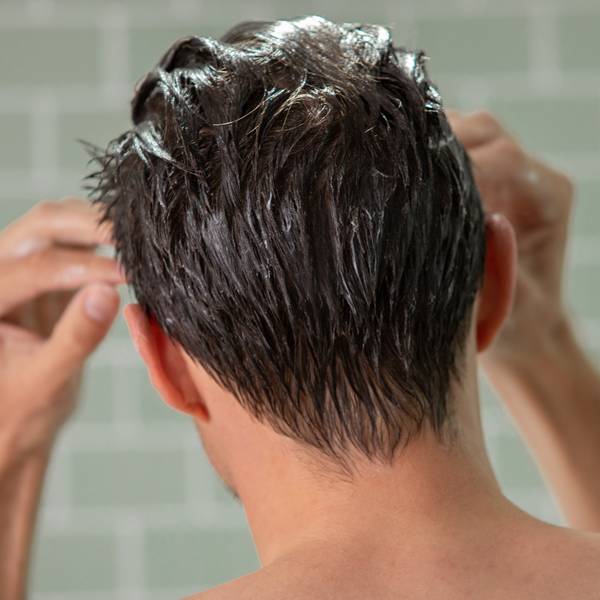
Hair Loss
Hair Thickening + Strengthening Conditioner
good for:
New + Improved: Same thickening formula now with biotin! Finally, a conditioner that doesn’t just soothe—but strengthens, too.
Our Strengthening Conditioner uses Niacinamide and Yeast Extract to get to the root of hair loss issues, nourishing the hair starting right at the scalp for stronger hair that’s smooth as silk.
“A perfect compliment to the shampoo. Adds amazing hydration to the hair, leaving it soft (even with hard water)! A nice, but not overpowering, menthol scent.” - Steve C.
Hair Thickening + Strengthening Conditioner
good for:
New + Improved: Same thickening formula now with biotin! Finally, a conditioner that doesn’t just soothe—but strengthens, too.
Our Strengthening Conditioner uses Niacinamide and Yeast Extract to get to the root of hair loss issues, nourishing the hair starting right at the scalp for stronger hair that’s smooth as silk.
“A perfect compliment to the shampoo. Adds amazing hydration to the hair, leaving it soft (even with hard water)! A nice, but not overpowering, menthol scent.” - Steve C.
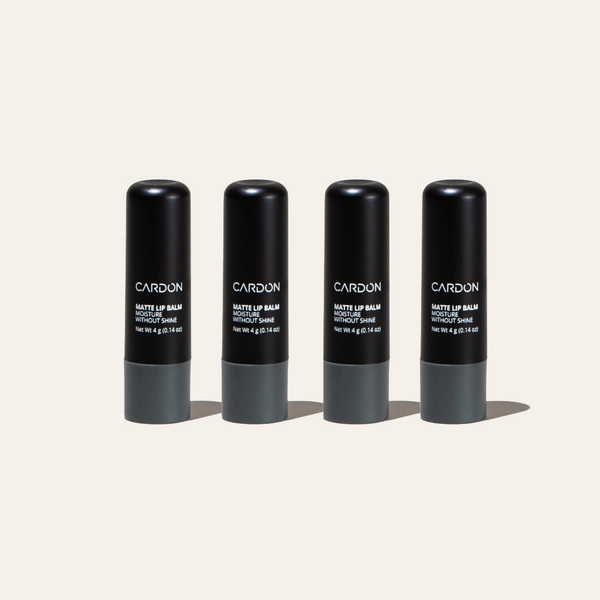
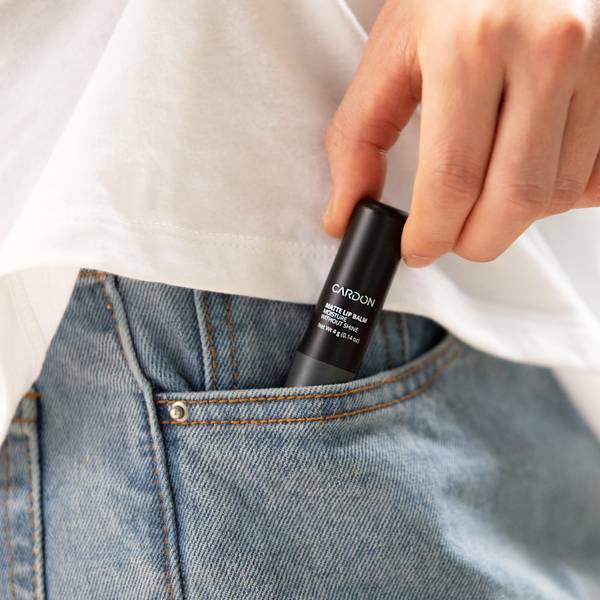
Matte Lip Balm (4 Pack)
good for:
Deeply hydrate, smooth and soothe your dry, chapped lips on-the-go without the shine. Infused with Cactus Extract and Ceramides, this moisturizing lip balm may become your best friend after one use. Comes in packs of four.
“It's a good practical lip balm. Nice packaging.” - Stephen N.
Matte Lip Balm (4 Pack)
good for:
Deeply hydrate, smooth and soothe your dry, chapped lips on-the-go without the shine. Infused with Cactus Extract and Ceramides, this moisturizing lip balm may become your best friend after one use. Comes in packs of four.
“It's a good practical lip balm. Nice packaging.” - Stephen N.
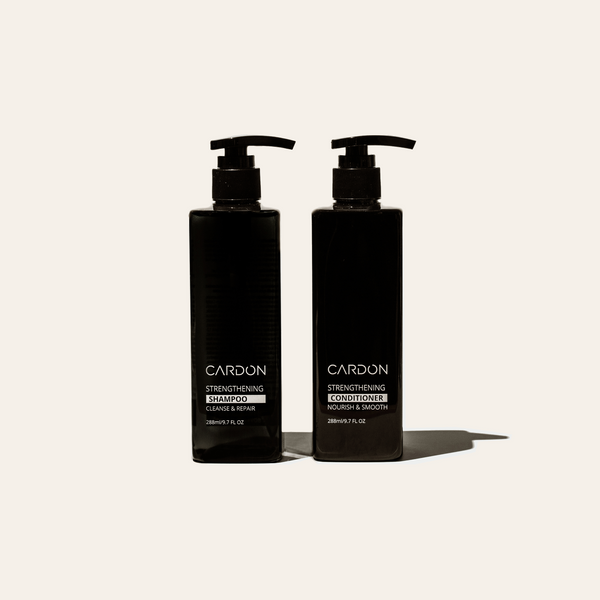
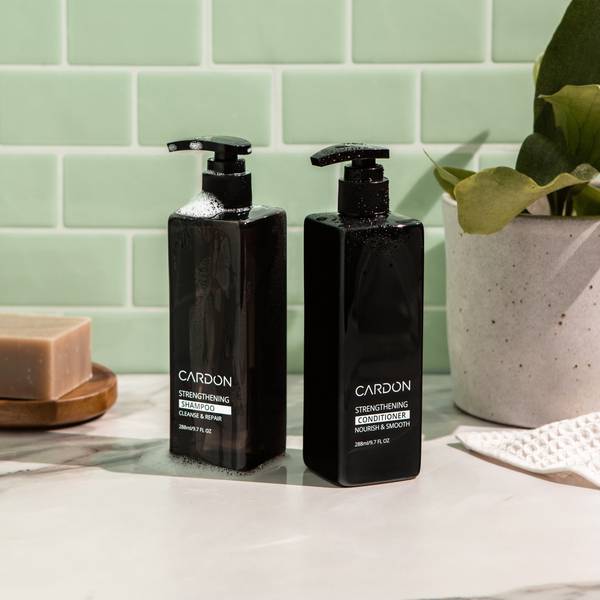
Hair Loss
Healthy Hair Duo
good for:
New + Improved: Same thickening formula now with biotin! Teamwork makes your hair dreams work.
Our highly-rated Hair Thickening + Strengthening Shampoo and Conditioner teams up to get to the root of hair loss, strengthening and nourishing hair starting right at the scalp. Achieve thicker, healthier follicles with the help of our protein and vitamin-packed formula.
Includes Steps:
- 01 Hair Thickening + Strengthening Shampoo
- 02 Hair Thickening + Strengthening Conditioner
Never go empty! Subscribe + Save 15%
Healthy Hair Duo
good for:
New + Improved: Same thickening formula now with biotin! Teamwork makes your hair dreams work.
Our highly-rated Hair Thickening + Strengthening Shampoo and Conditioner teams up to get to the root of hair loss, strengthening and nourishing hair starting right at the scalp. Achieve thicker, healthier follicles with the help of our protein and vitamin-packed formula.
Includes Steps:
- 01 Hair Thickening + Strengthening Shampoo
- 02 Hair Thickening + Strengthening Conditioner
Never go empty! Subscribe + Save 15%
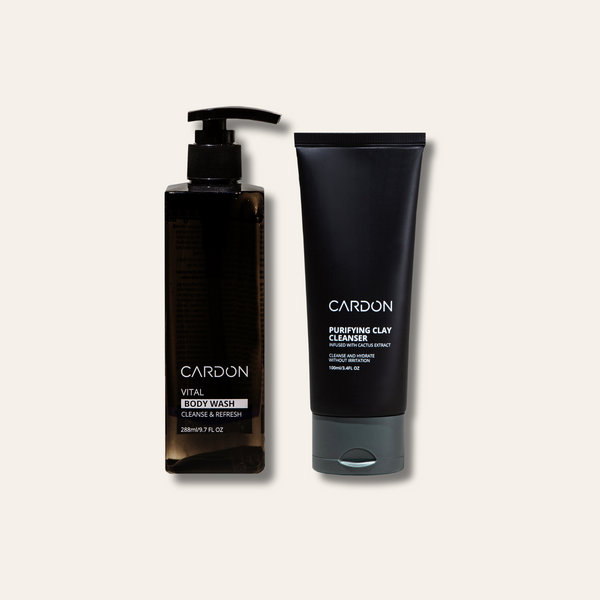
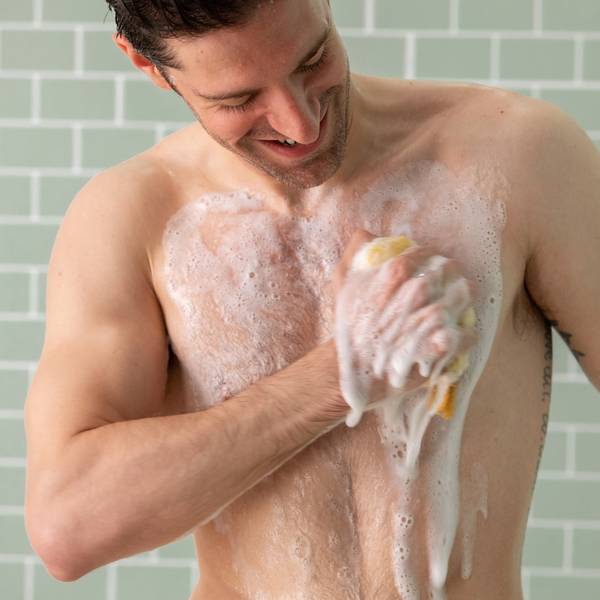
NEW
NEW
Cleansing Duo
Hit refresh! The Cleansing Duo gives you the ultimate cleanse with highly-effective skincare-grade formulas. Vital Body Wash fights dryness and breakouts and Purifying Clay Cleanser keeps your skin clear and balanced. It's the perfect duo for a fresh, confident look every day!
Pro tip: Use Purifying Clay Cleanser as a spot treatment for pimples or clay mask treatment. Apply to the affected area or the full face and rinse off after 10 minutes.
Includes Steps:
- 01 Purifying Clay Cleanser
- 02 Vital Body Wash
Never go empty! Subscribe + Save 15%
Cleansing Duo
Hit refresh! The Cleansing Duo gives you the ultimate cleanse with highly-effective skincare-grade formulas. Vital Body Wash fights dryness and breakouts and Purifying Clay Cleanser keeps your skin clear and balanced. It's the perfect duo for a fresh, confident look every day!
Pro tip: Use Purifying Clay Cleanser as a spot treatment for pimples or clay mask treatment. Apply to the affected area or the full face and rinse off after 10 minutes.
Includes Steps:
- 01 Purifying Clay Cleanser
- 02 Vital Body Wash
Never go empty! Subscribe + Save 15%
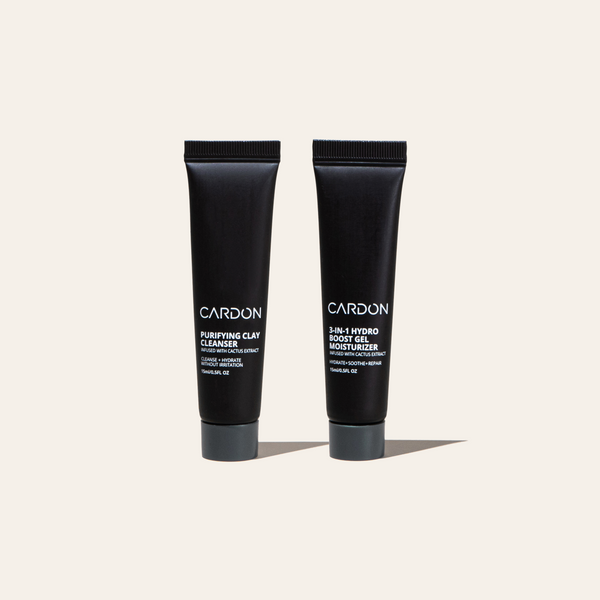
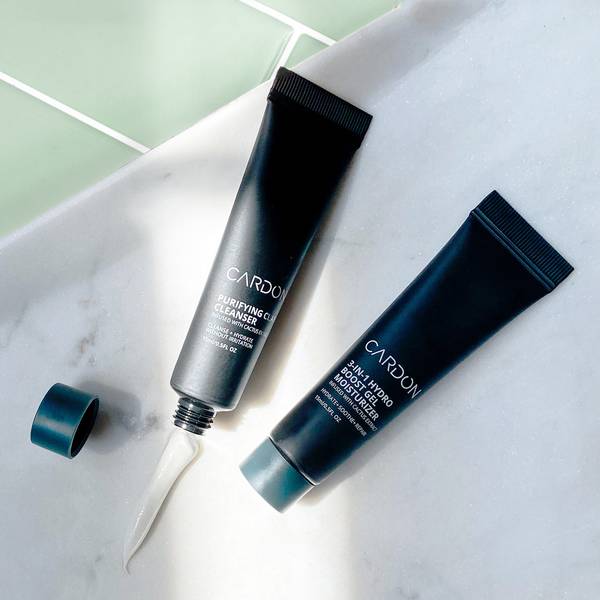
Deluxe Travel-Size Clay Cleanser + Hydro Boost Gel
From your gym bag to your carry-on, no packed bag is complete without these two travel-sized essentials.
Our cleanser and moisturizer are the backbone of your skincare routine, so you can reset and restore your skin both day and night, no matter where you go.
Includes Steps:
- 01 Clay Cleanser Sample, 15ml
- 02 Hydro Boost Gel Sample, 15ml
Deluxe Travel-Size Clay Cleanser + Hydro Boost Gel
From your gym bag to your carry-on, no packed bag is complete without these two travel-sized essentials.
Our cleanser and moisturizer are the backbone of your skincare routine, so you can reset and restore your skin both day and night, no matter where you go.
Includes Steps:
- 01 Clay Cleanser Sample, 15ml
- 02 Hydro Boost Gel Sample, 15ml
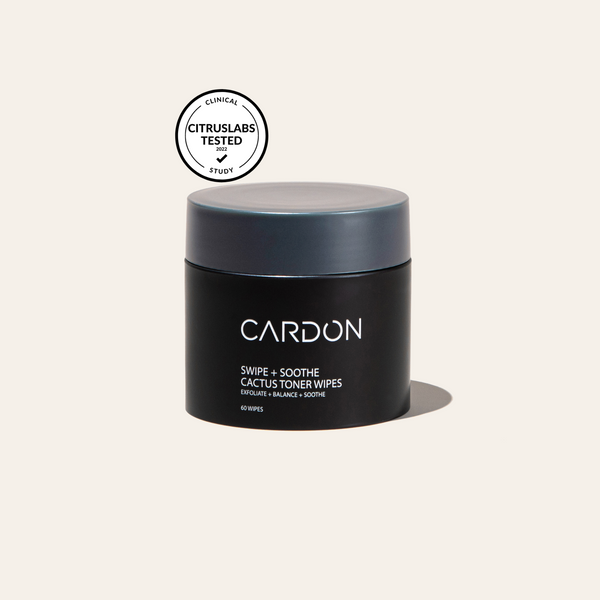
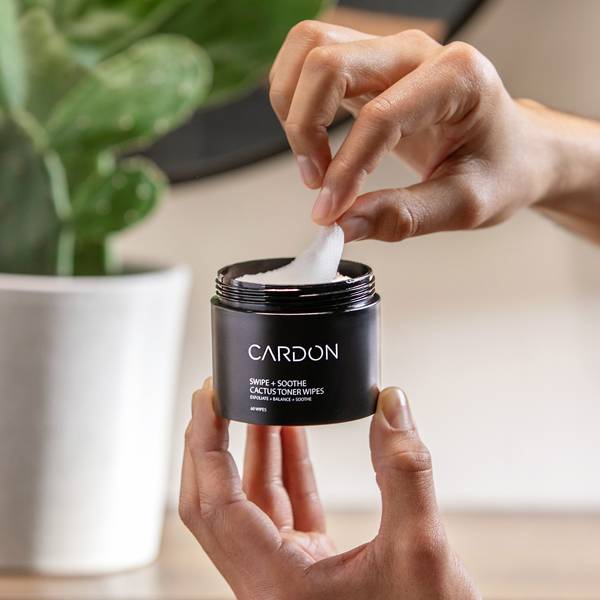
Exfoliating Facial Toner Wipes
good for:
After a long, busy day you just want to sit back, relax, and crack open—our biodegradable Exfoliating Facial Toner Wipes.
Wipe the stress and grime away with our Exfoliating Facial Toner Wipes, which use PHAs and caffeine to unclog pores, balance pH, and soothe the skin all in one easy step. No water needed.
Due to demand, this product is temporarily out of stock. Click "Notify Me" below to be the first to know when it's back!
Exfoliating Facial Toner Wipes
good for:
After a long, busy day you just want to sit back, relax, and crack open—our biodegradable Exfoliating Facial Toner Wipes.
Wipe the stress and grime away with our Exfoliating Facial Toner Wipes, which use PHAs and caffeine to unclog pores, balance pH, and soothe the skin all in one easy step. No water needed.
Due to demand, this product is temporarily out of stock. Click "Notify Me" below to be the first to know when it's back!
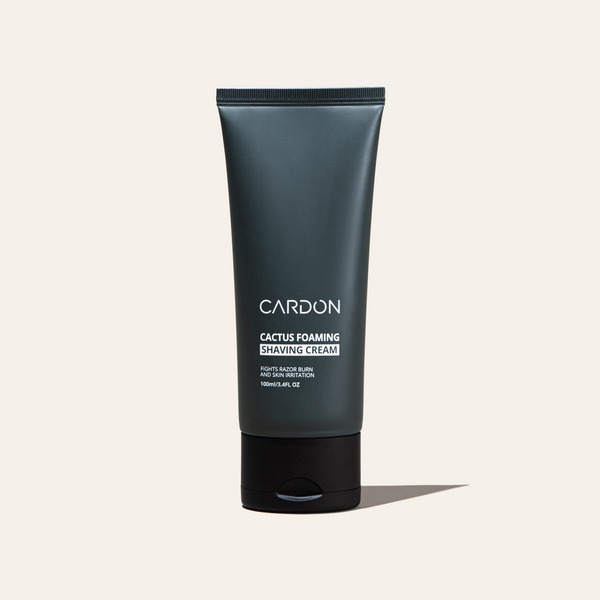
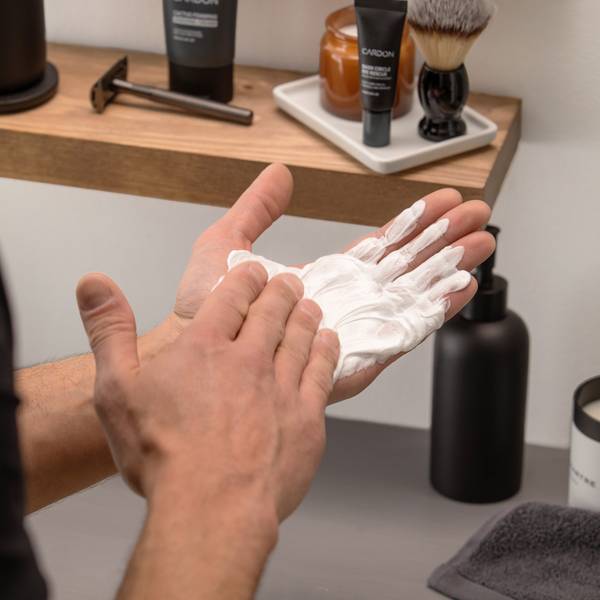
Cactus Foaming Shaving Cream
good for:
This bathroom cabinet staple is a cut above the rest. The Cactus Foaming Shaving Cream for men delivers a close, comfortable shave every time—without having to worry about nicks, razor burns, irritation, and ingrowns.
Our rich foam uses Cactus Extract and Chamomile to create a cushion-like layer to soothe the skin. Plus, you’ll shave some time since this also doubles as a face cleanser.
Due to demand, this product is temporarily out of stock. Click "Notify Me" below to be the first to know when it's back!
Cactus Foaming Shaving Cream
good for:
This bathroom cabinet staple is a cut above the rest. The Cactus Foaming Shaving Cream for men delivers a close, comfortable shave every time—without having to worry about nicks, razor burns, irritation, and ingrowns.
Our rich foam uses Cactus Extract and Chamomile to create a cushion-like layer to soothe the skin. Plus, you’ll shave some time since this also doubles as a face cleanser.
Due to demand, this product is temporarily out of stock. Click "Notify Me" below to be the first to know when it's back!


Cardon Gift Card
Shopping for someone else but not sure what to give them? Let your friends and family choose their skincare by gifting them a Cardon digital gift card.
Cardon Gift Card
Shopping for someone else but not sure what to give them? Let your friends and family choose their skincare by gifting them a Cardon digital gift card.
Cardon Products Are
Easy to Use
We never create two products when we can achieve the same results with one. Cardon products are designed to be easy to use every day.
Backed By Korean Innovation
Korean R&D is two decades ahead of the rest of the world. Cardon products use the highest quality, most effective ingredients out there.
Non-Toxic
Finally, an ingredient label you can feel good about. Every ingredient in Cardon products is good for your skin, and easy on the mind.
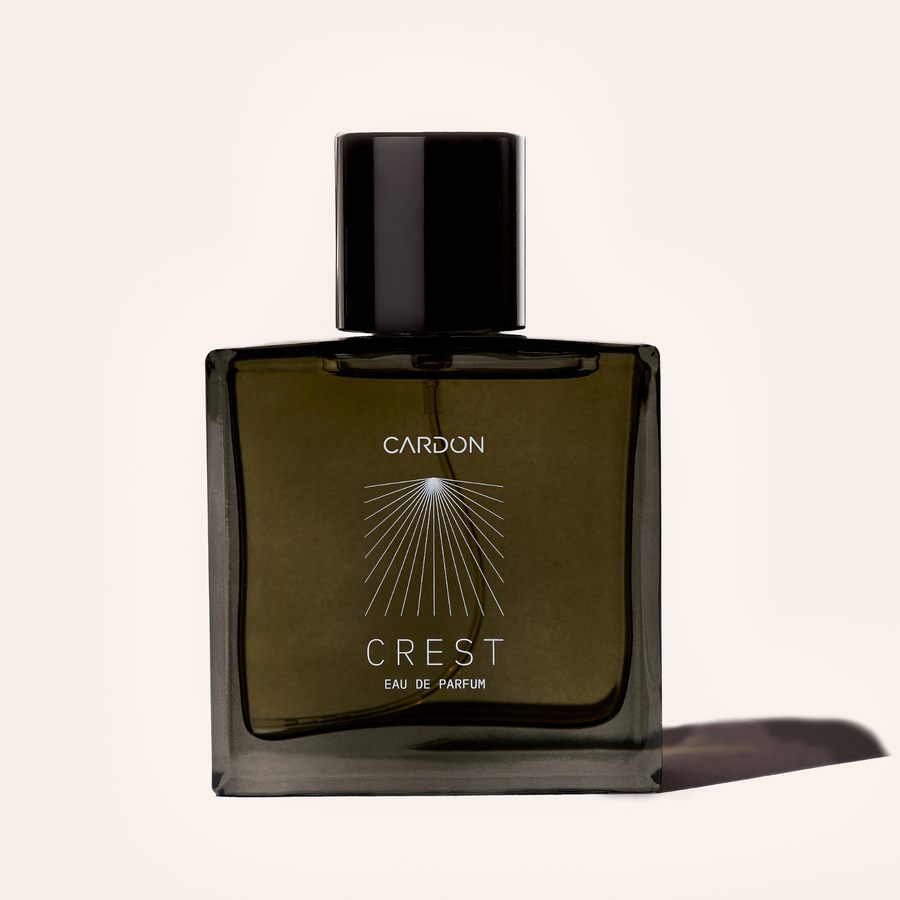
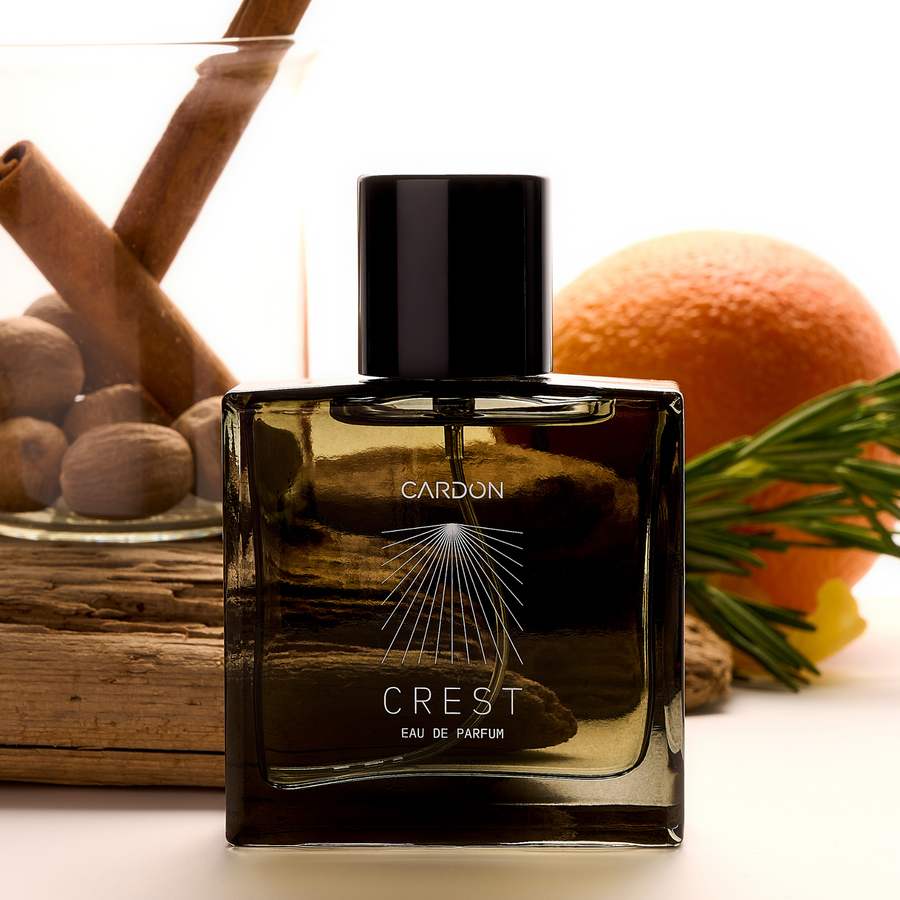
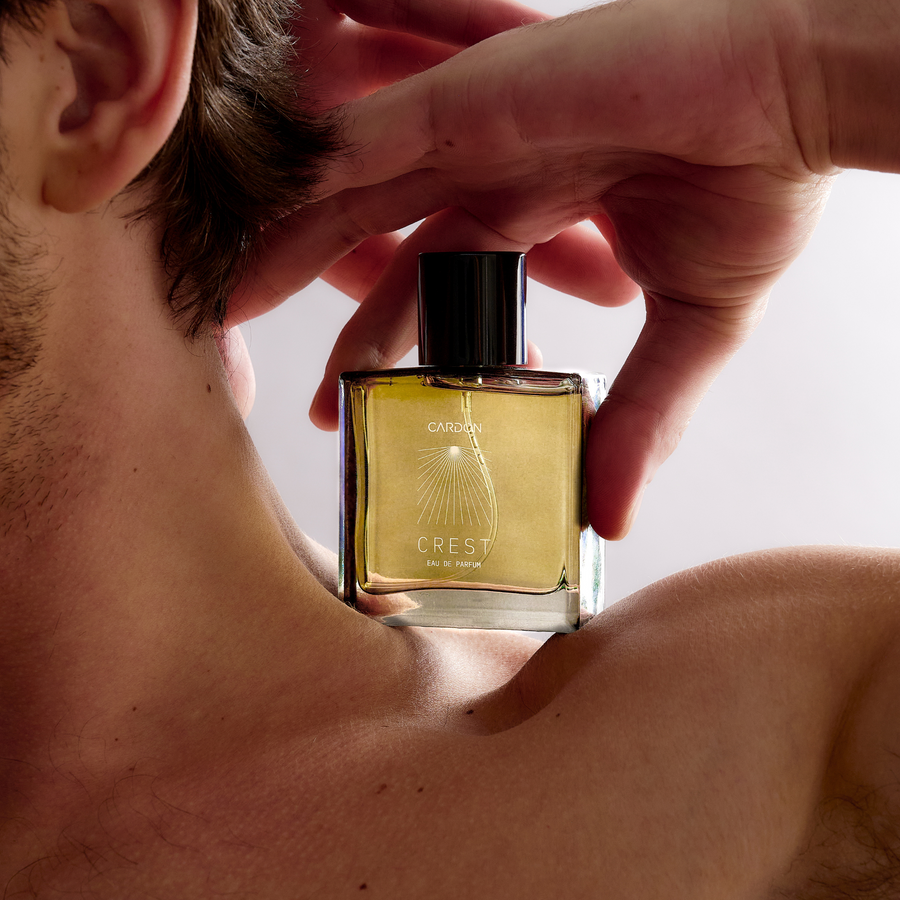
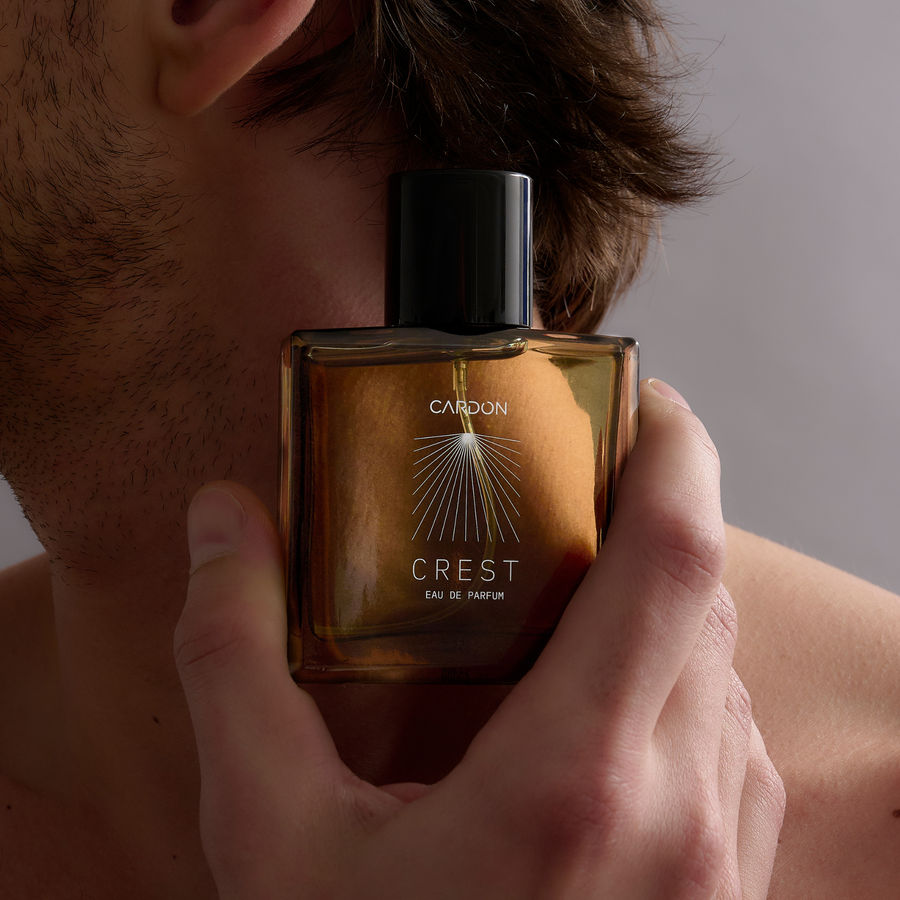
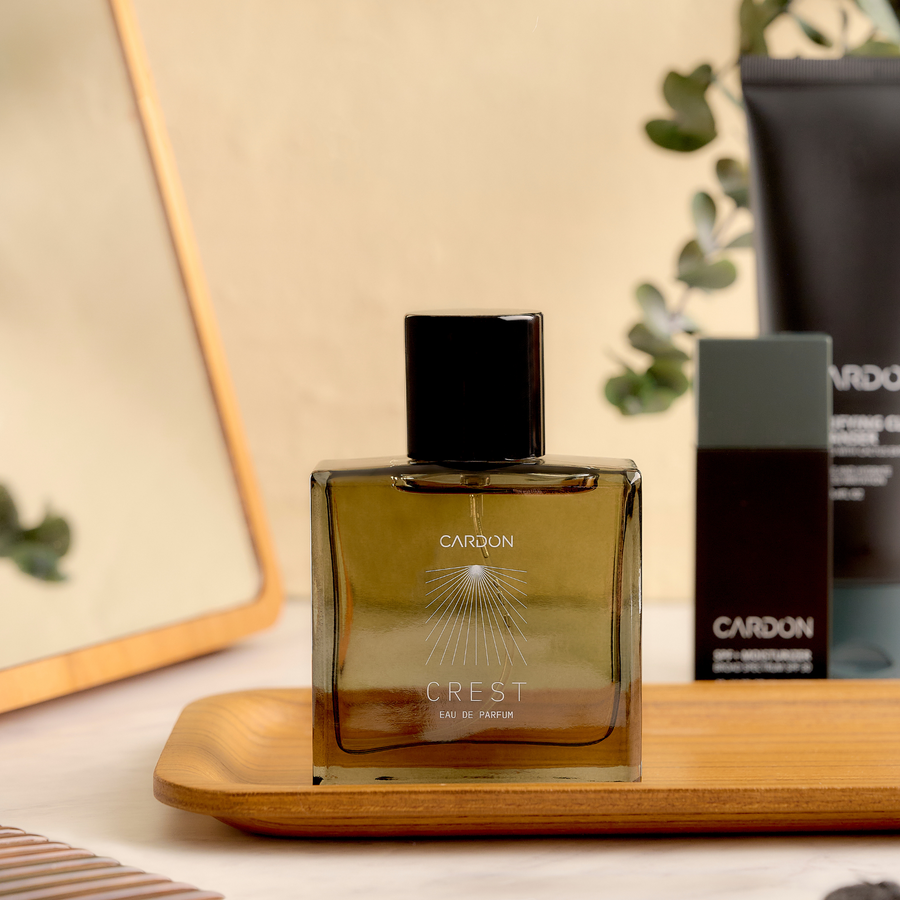
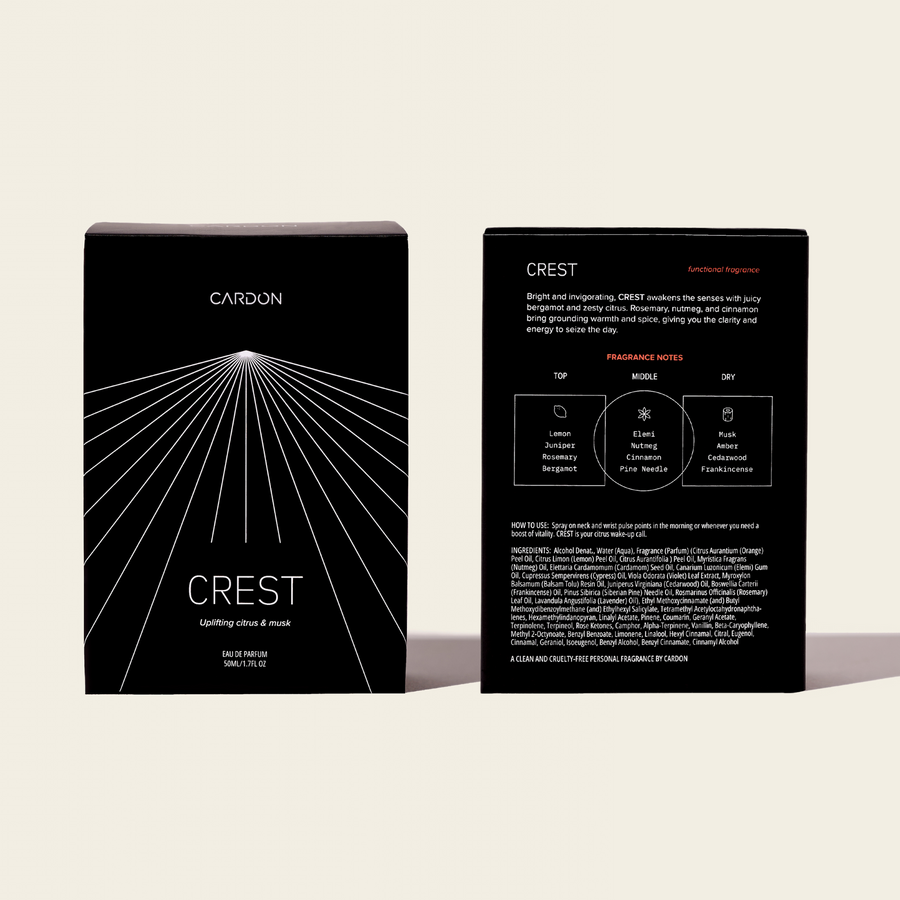
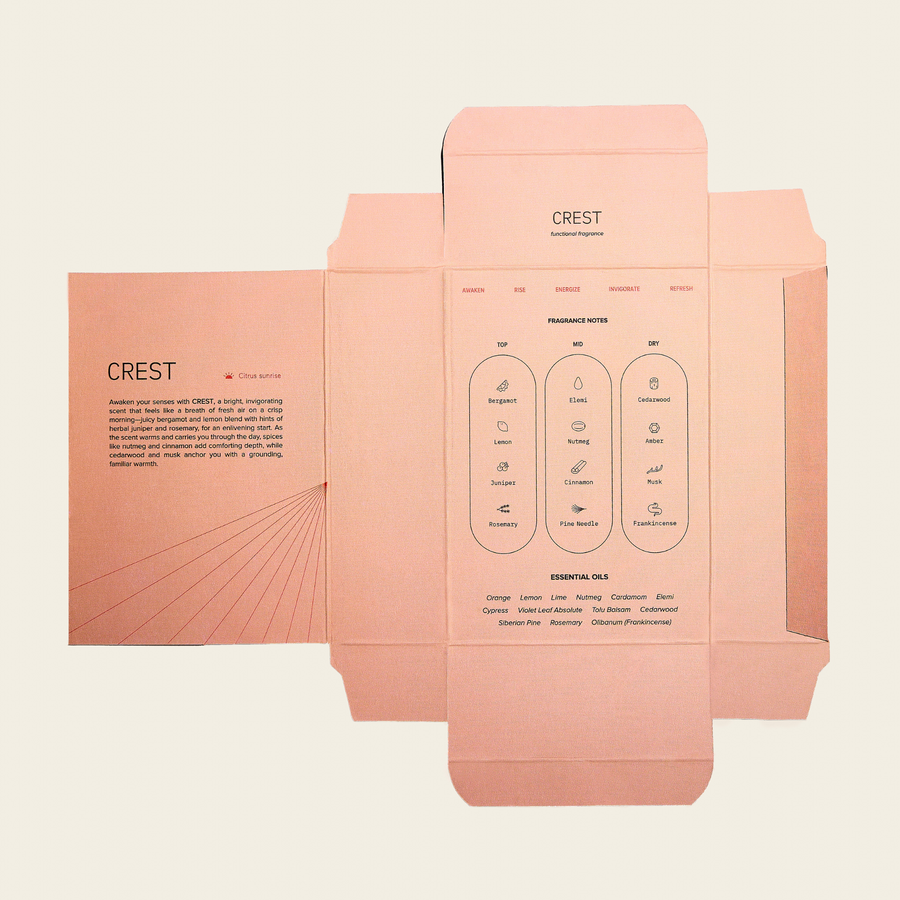
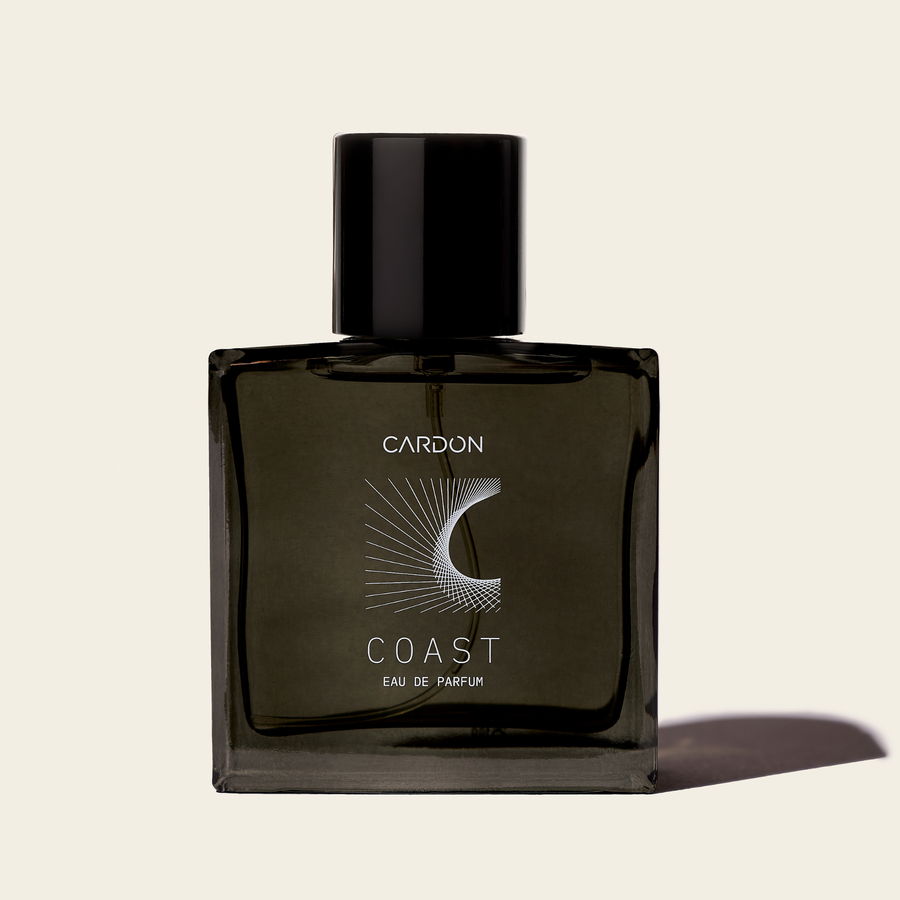
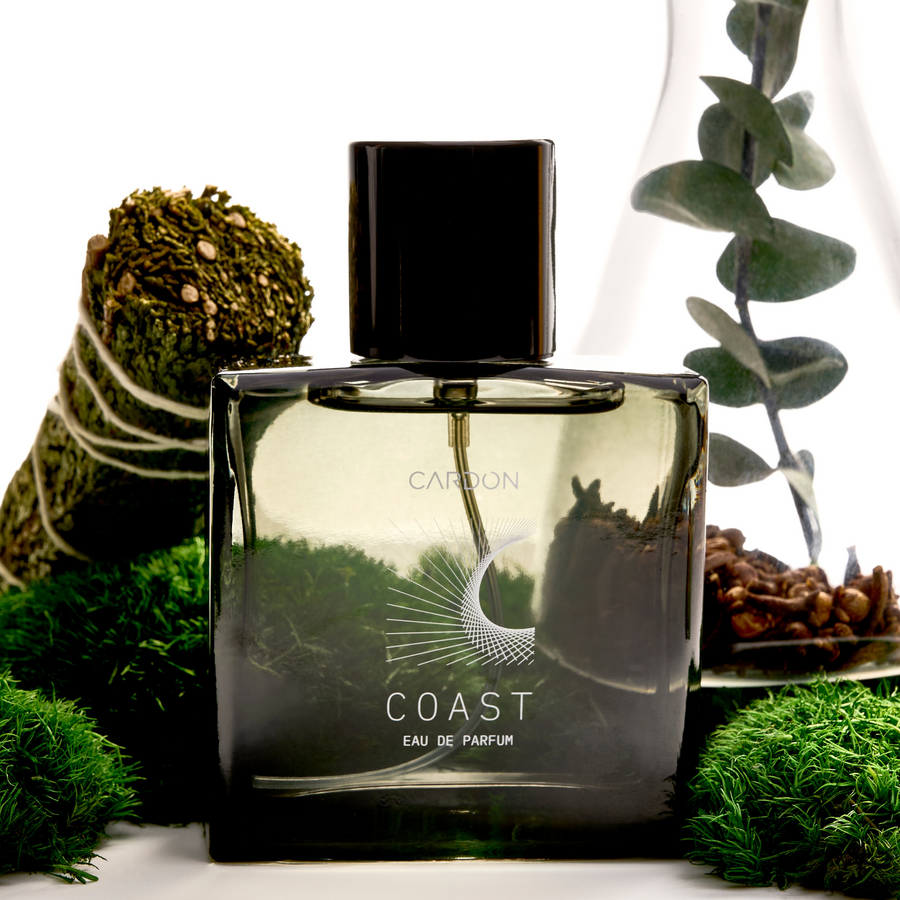
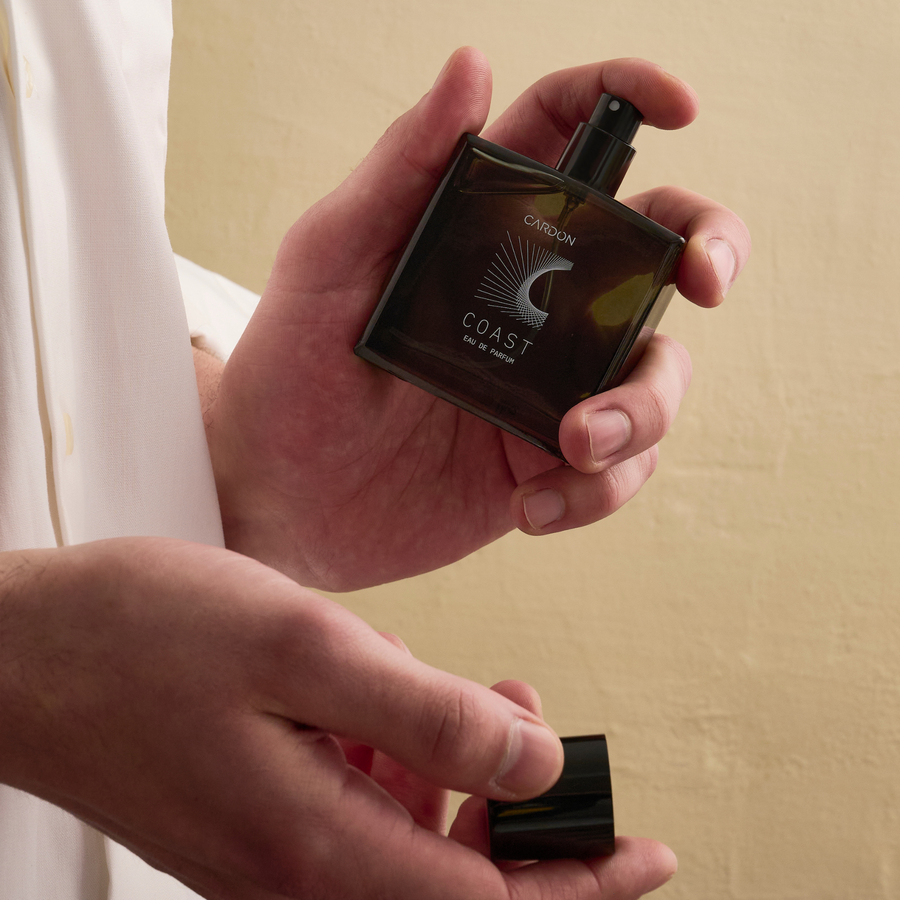
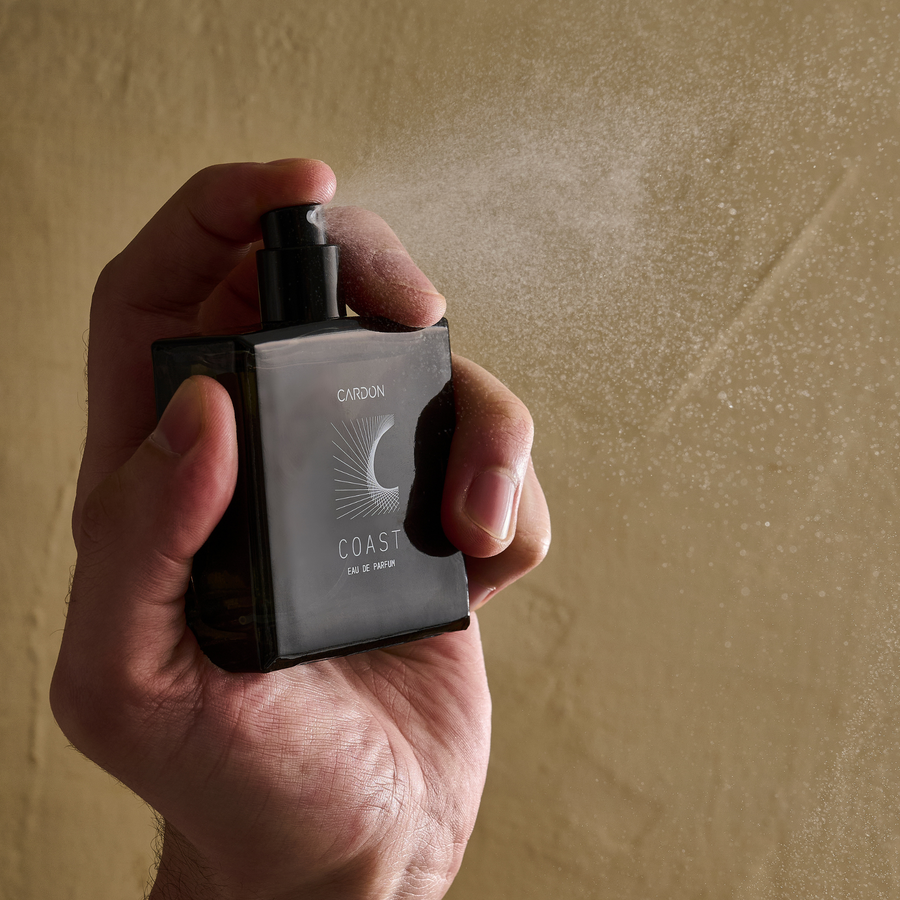
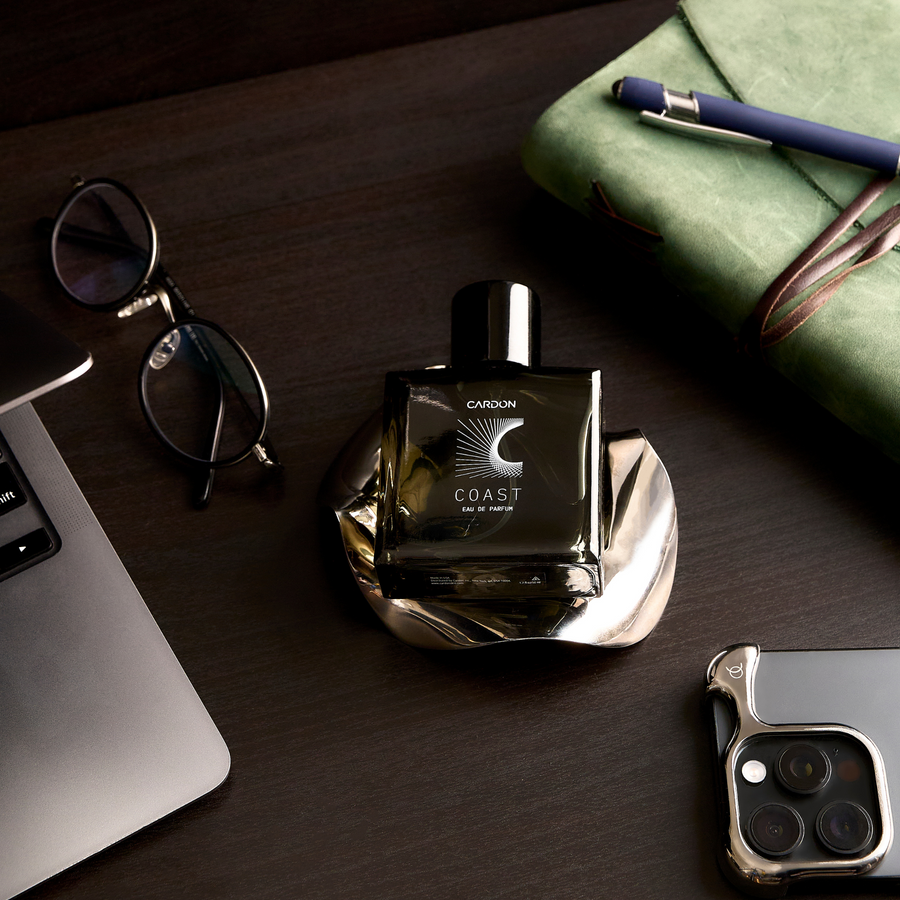
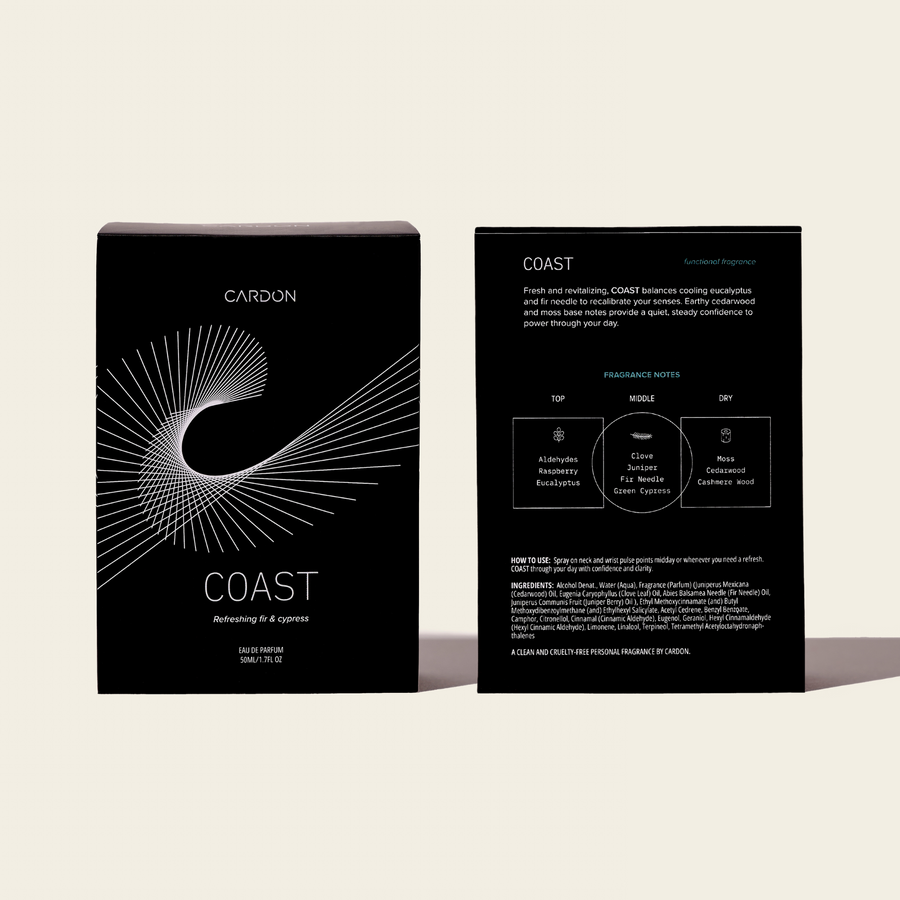
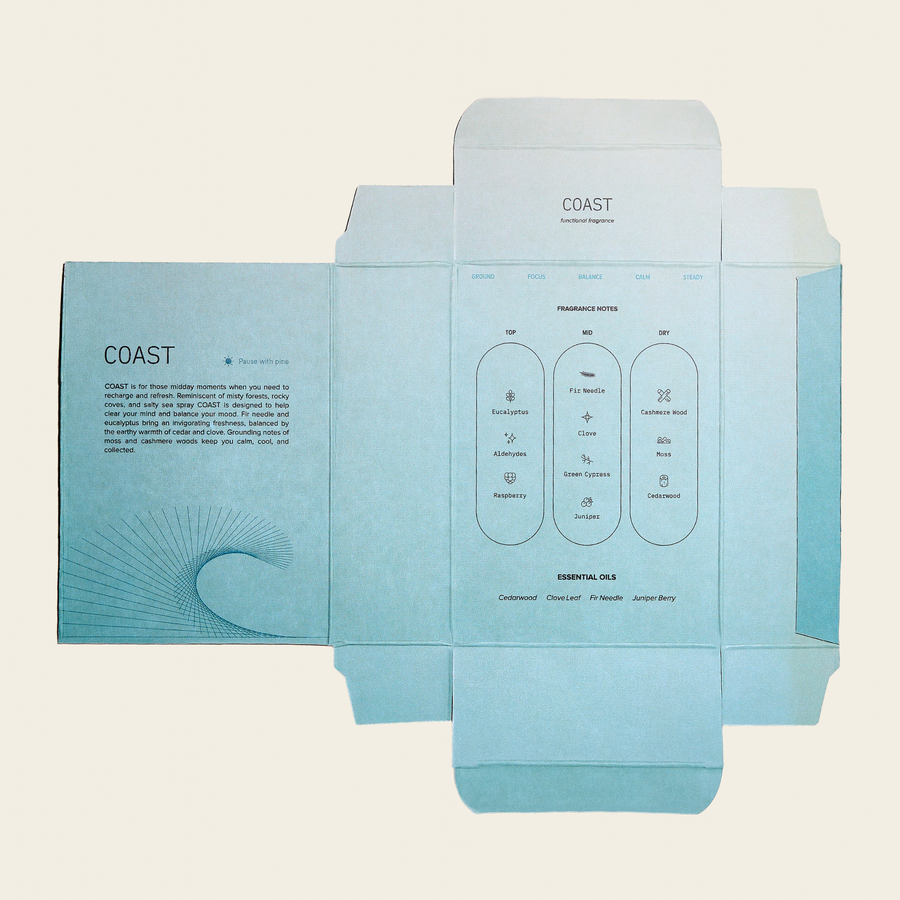
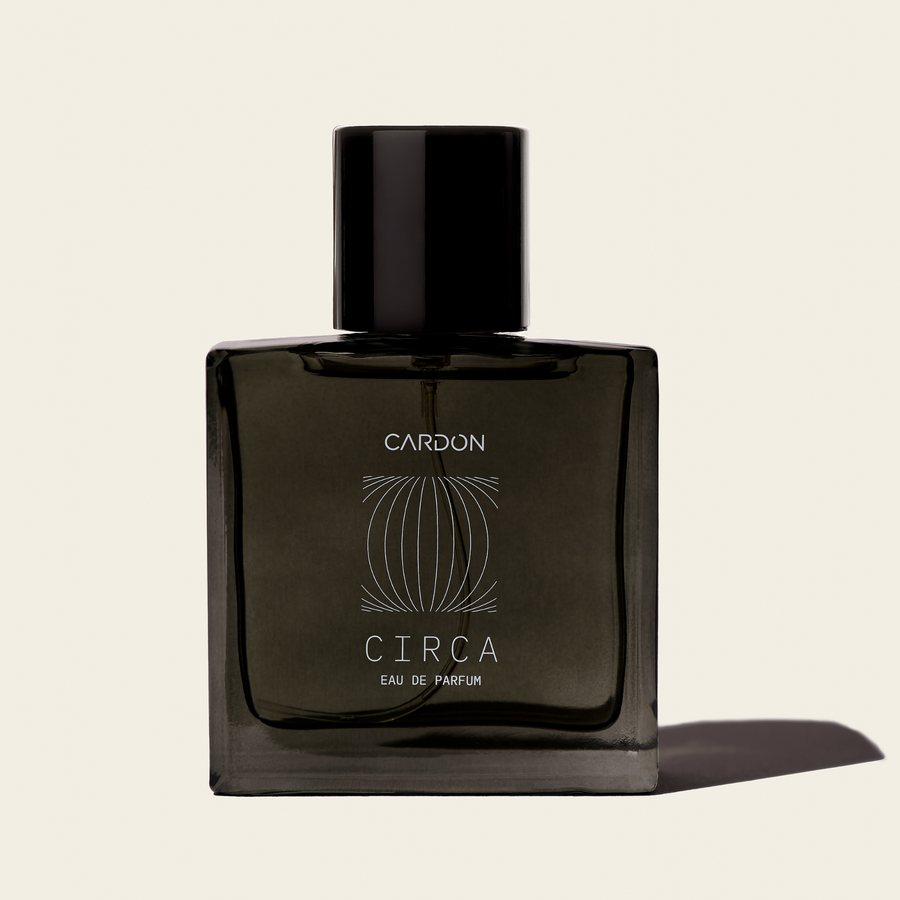
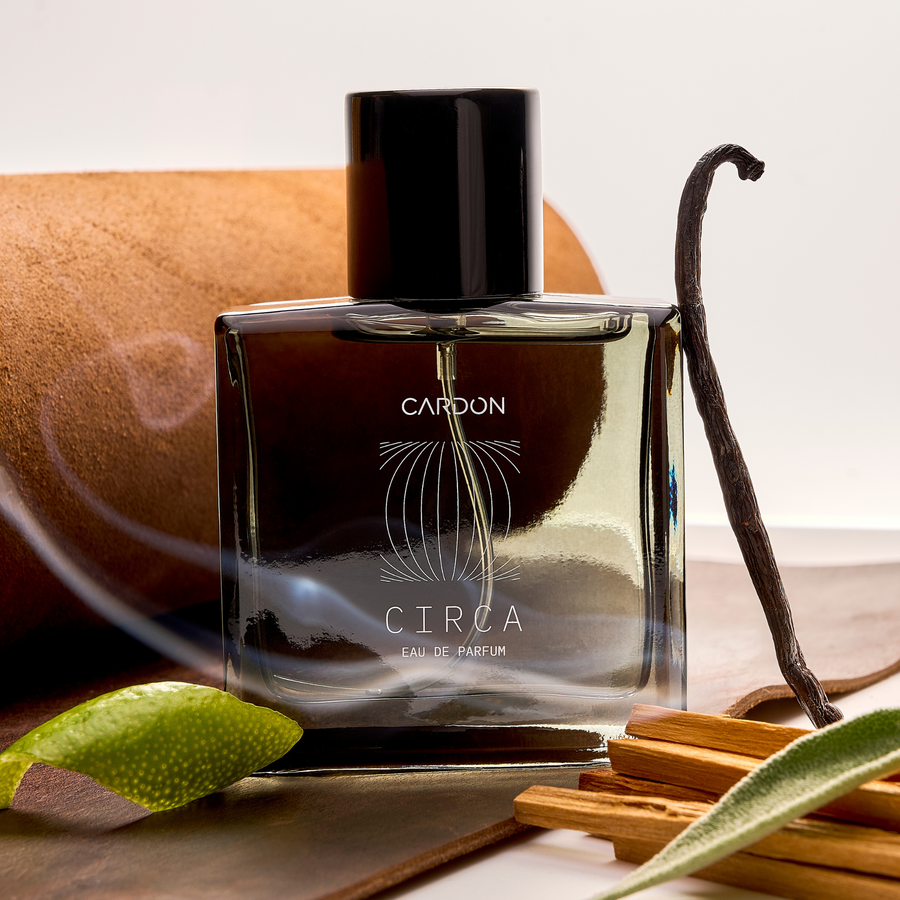
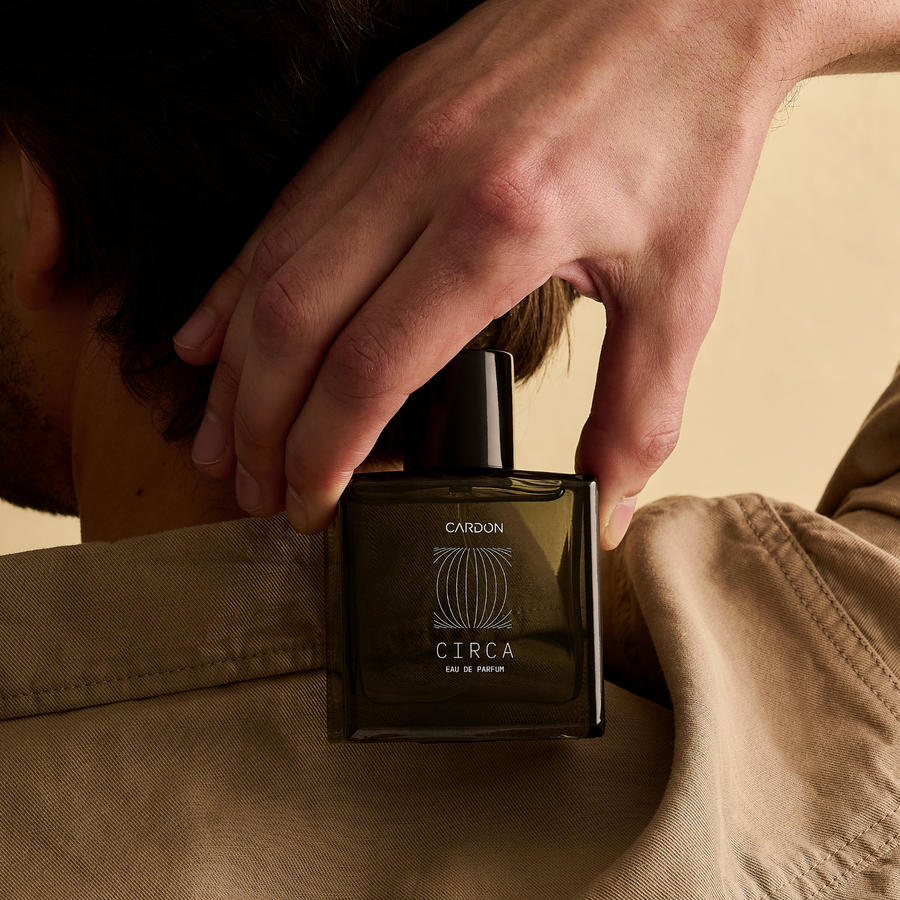
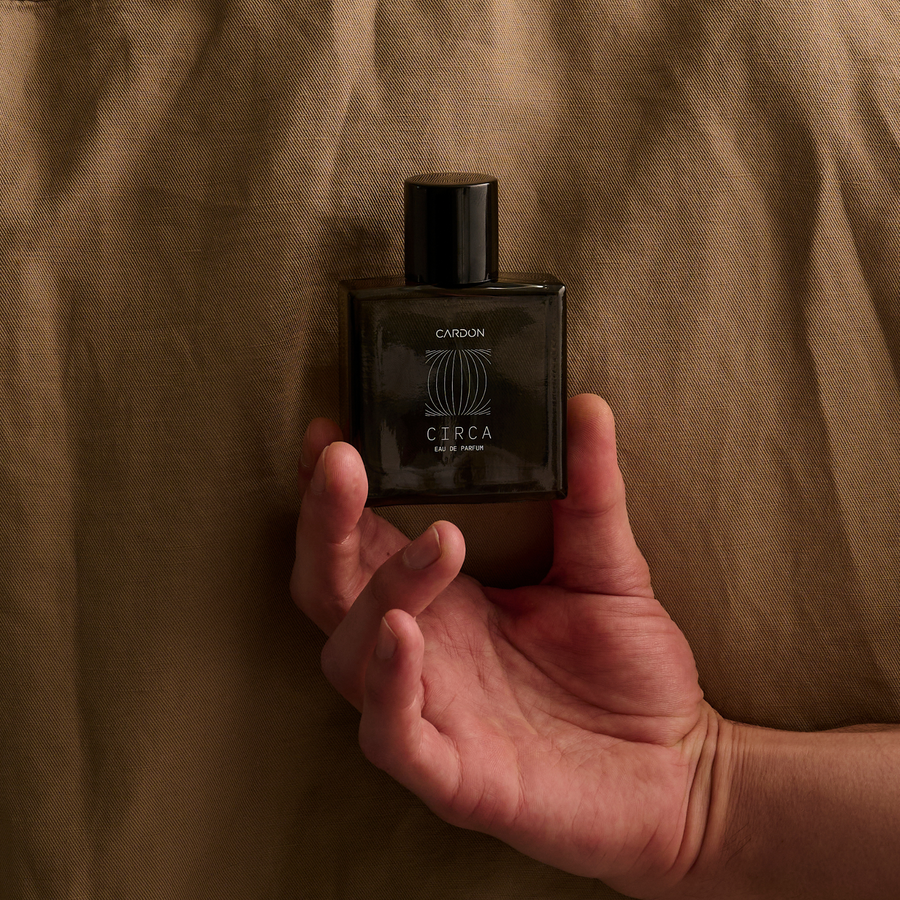
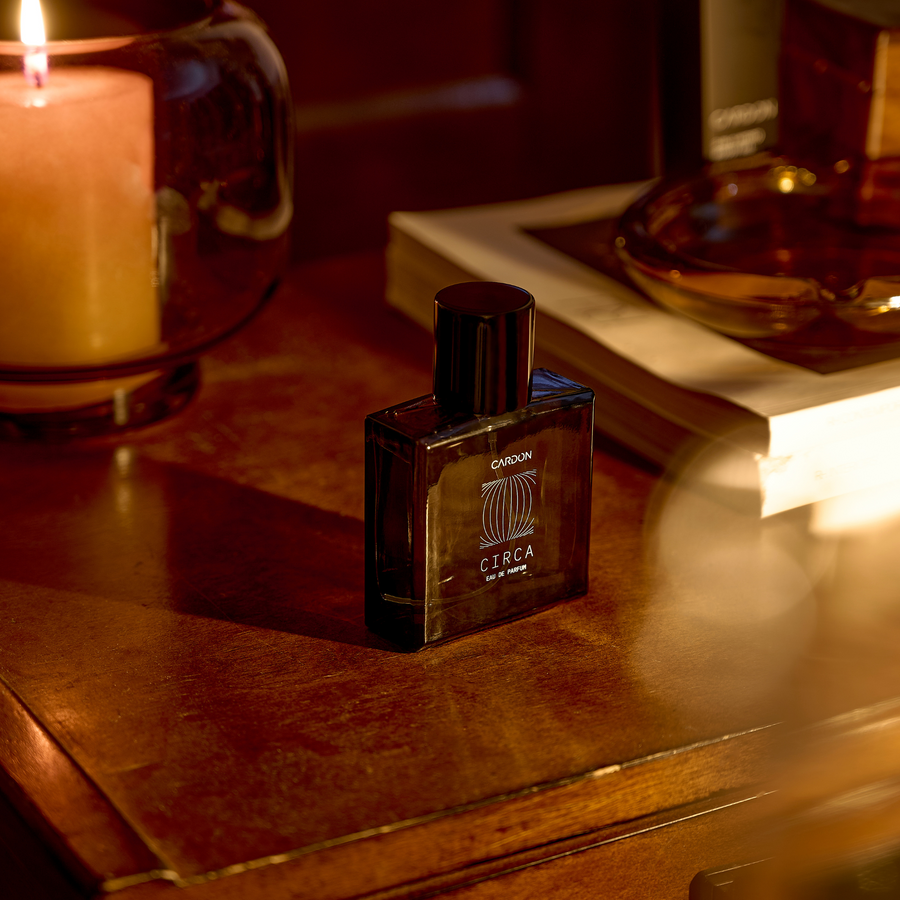
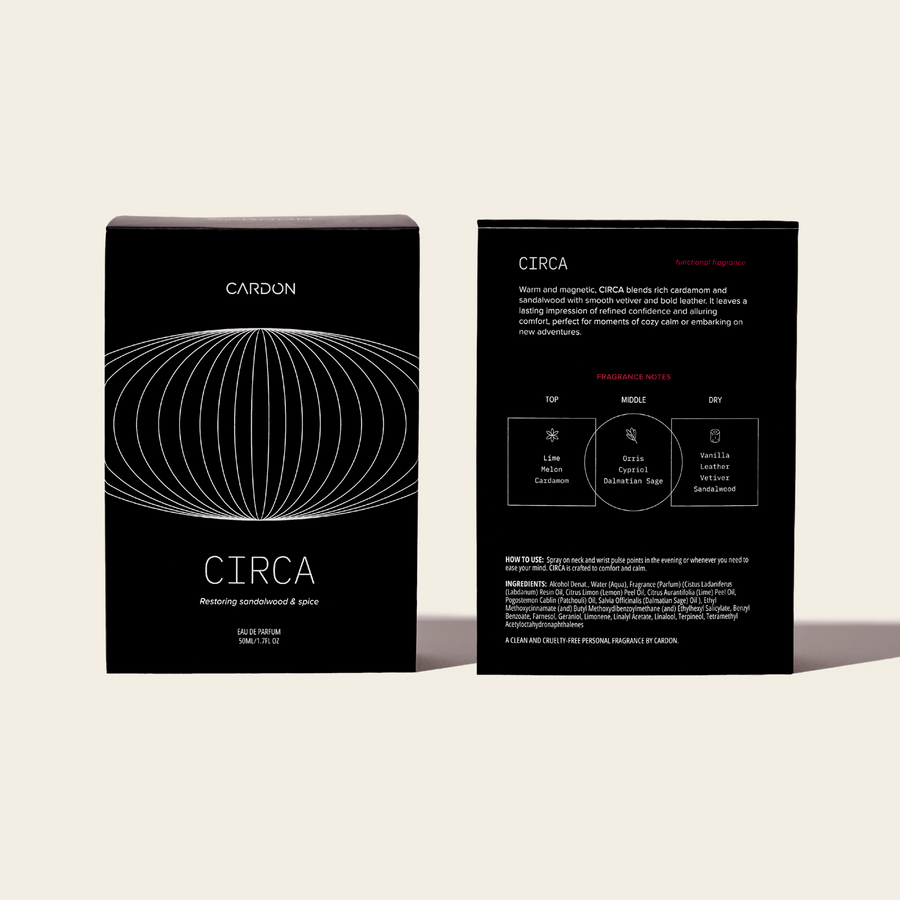
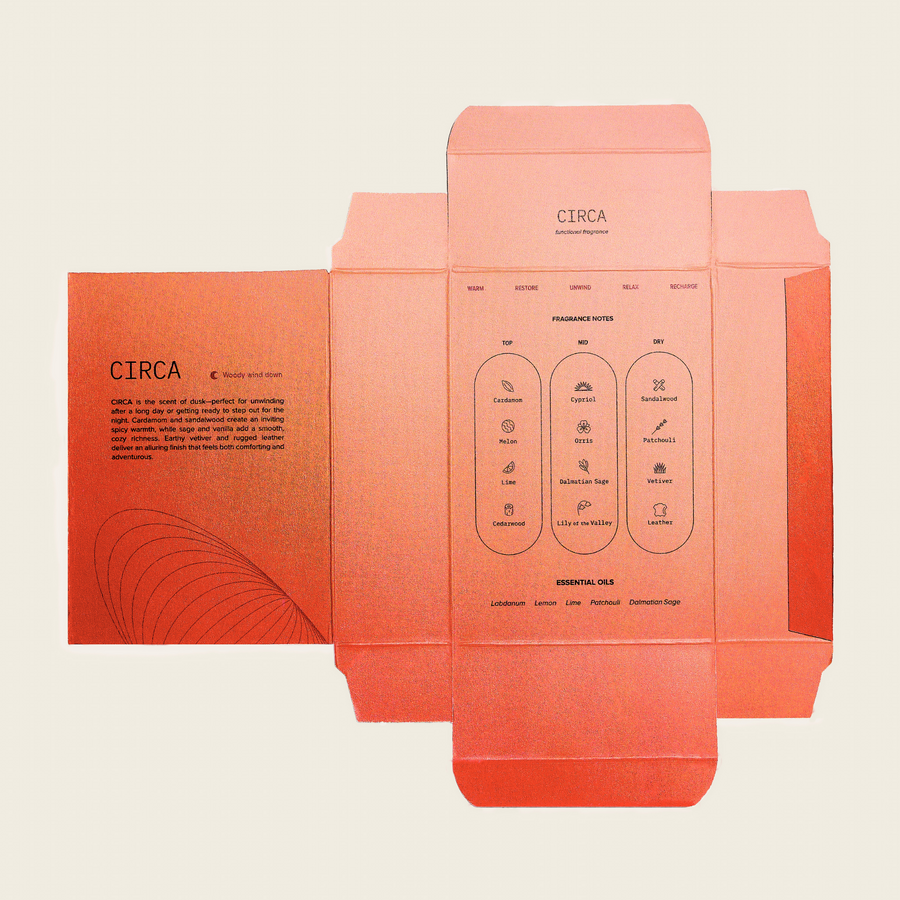
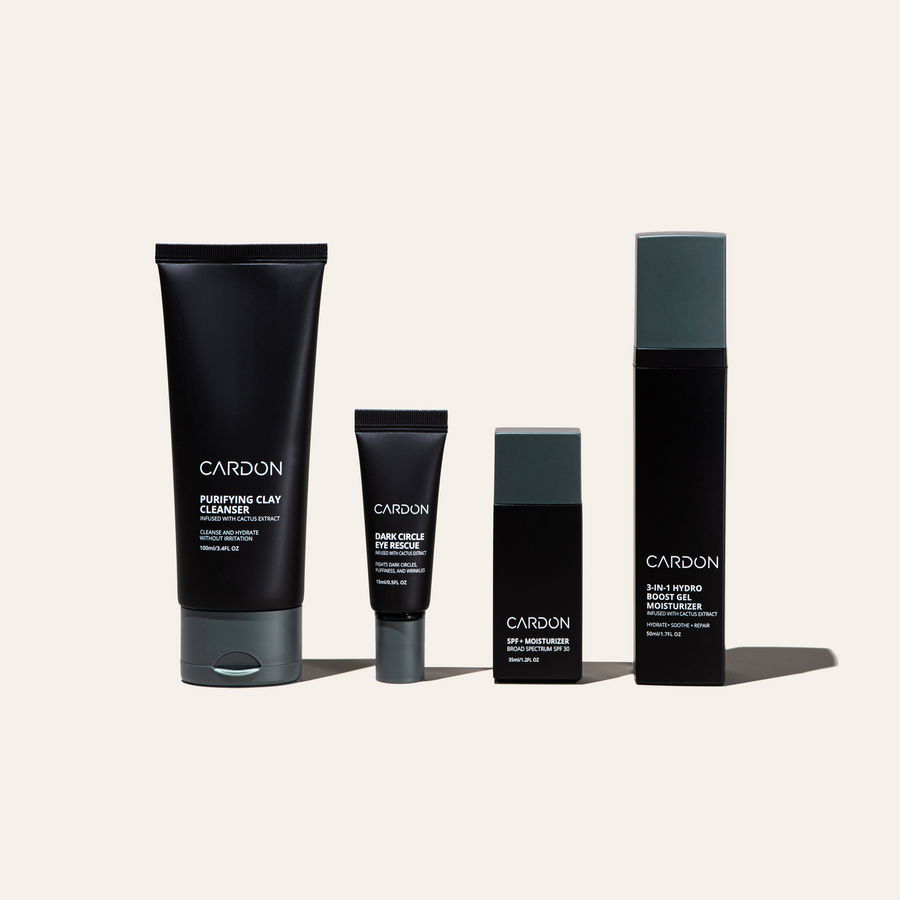
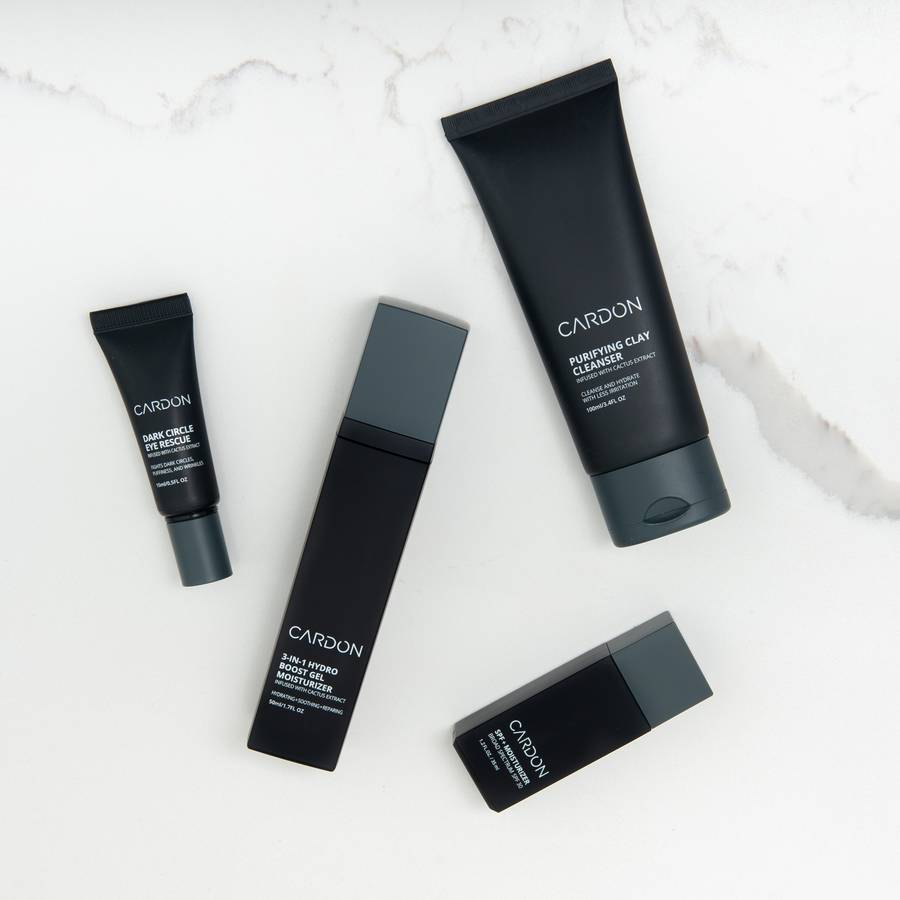
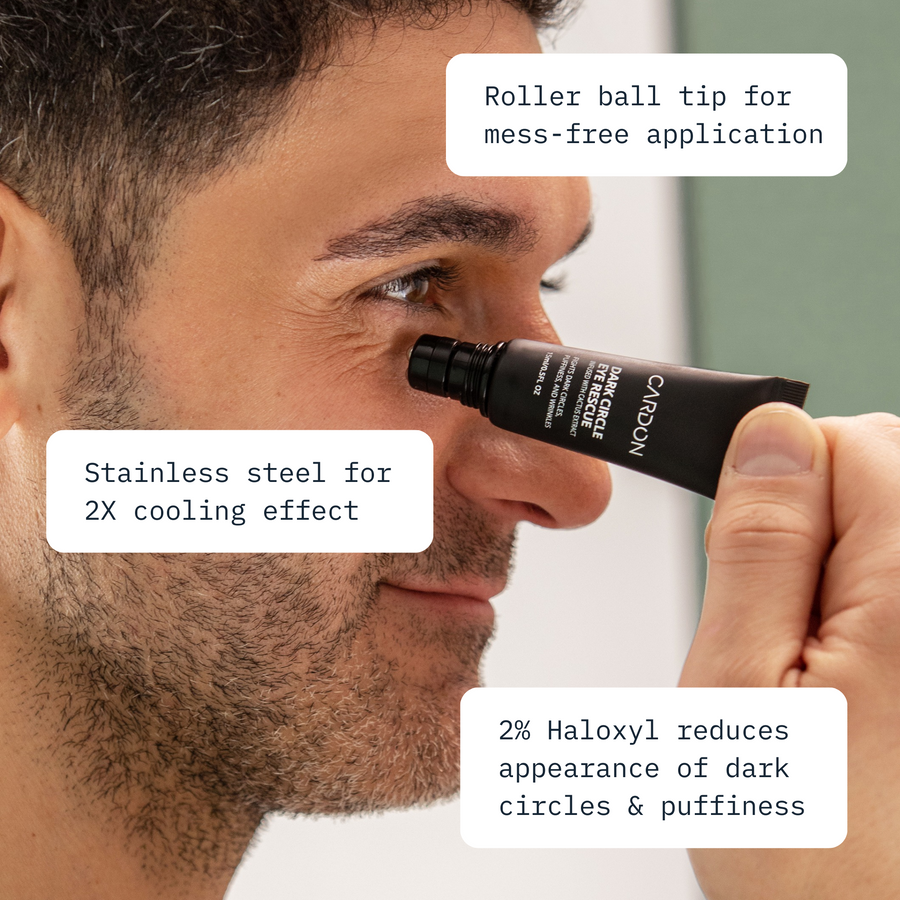
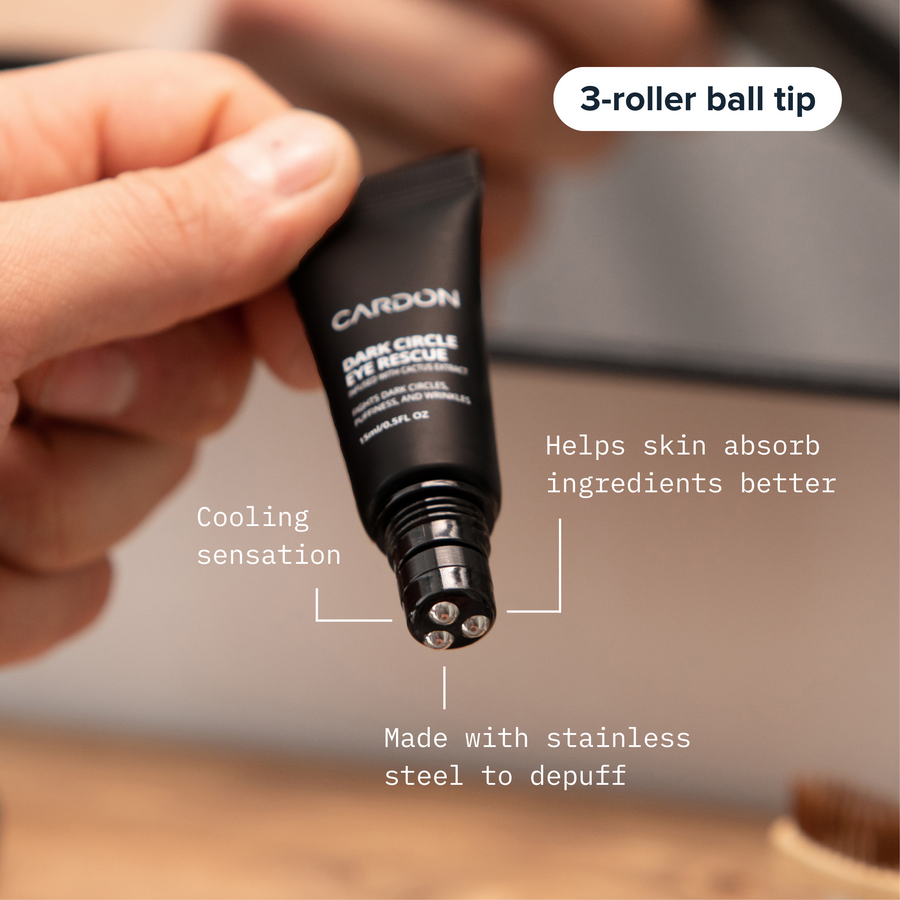
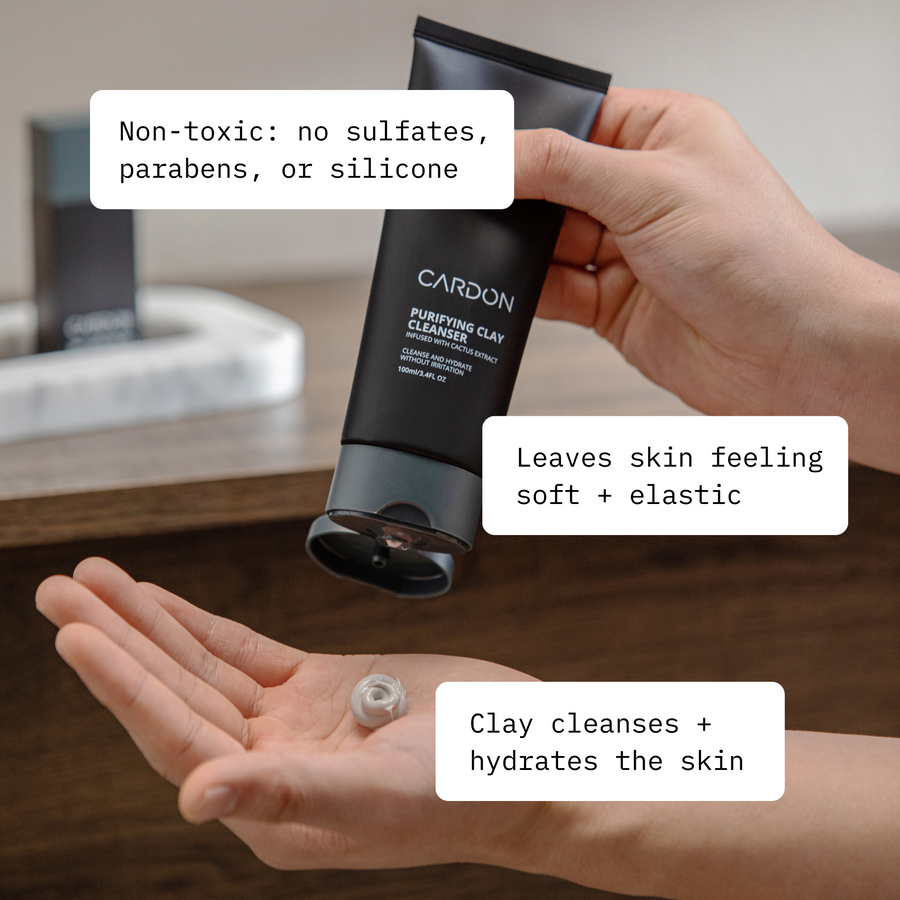
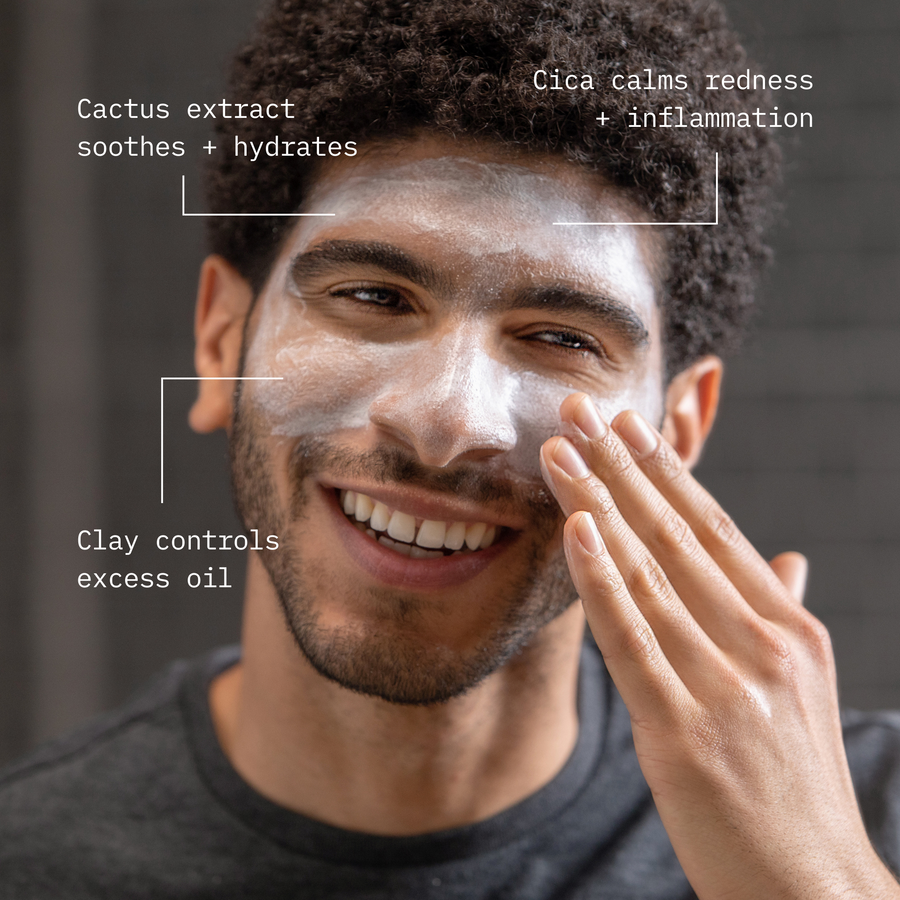
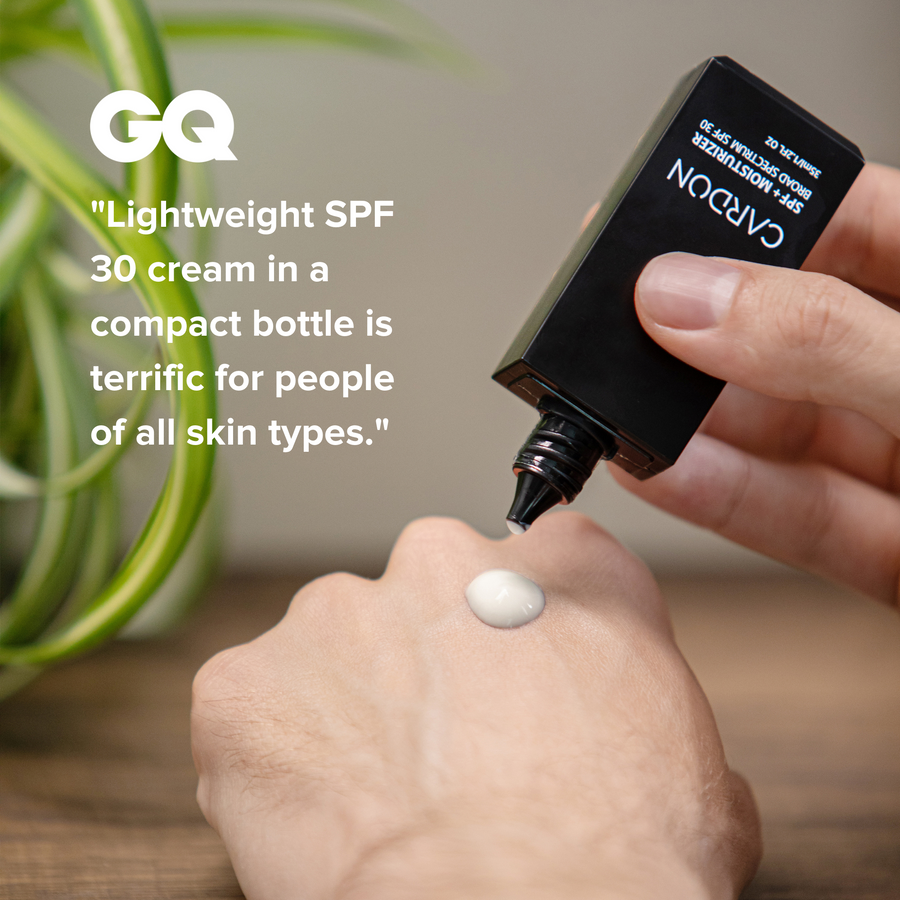
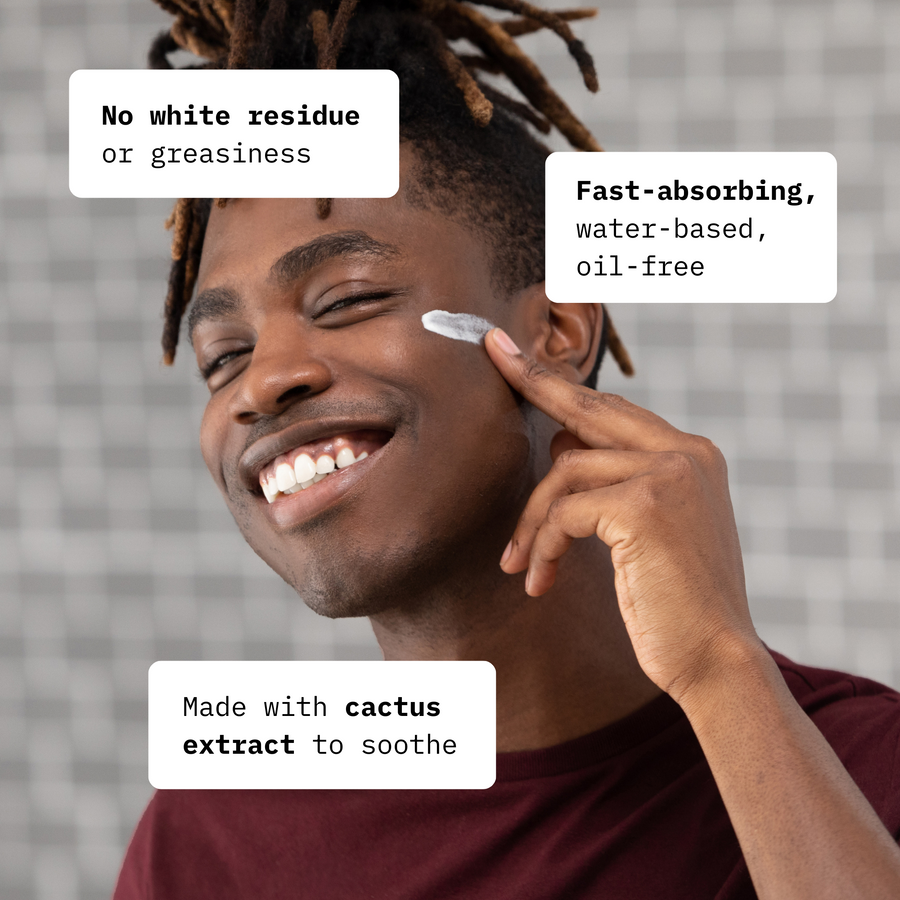
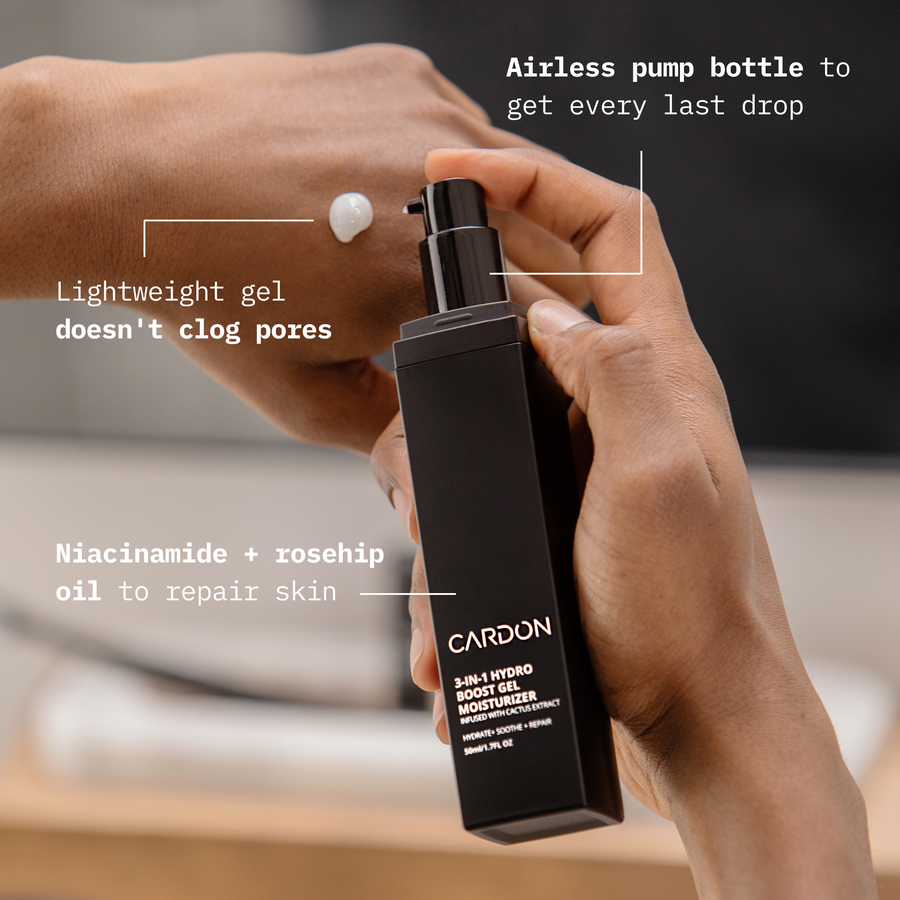
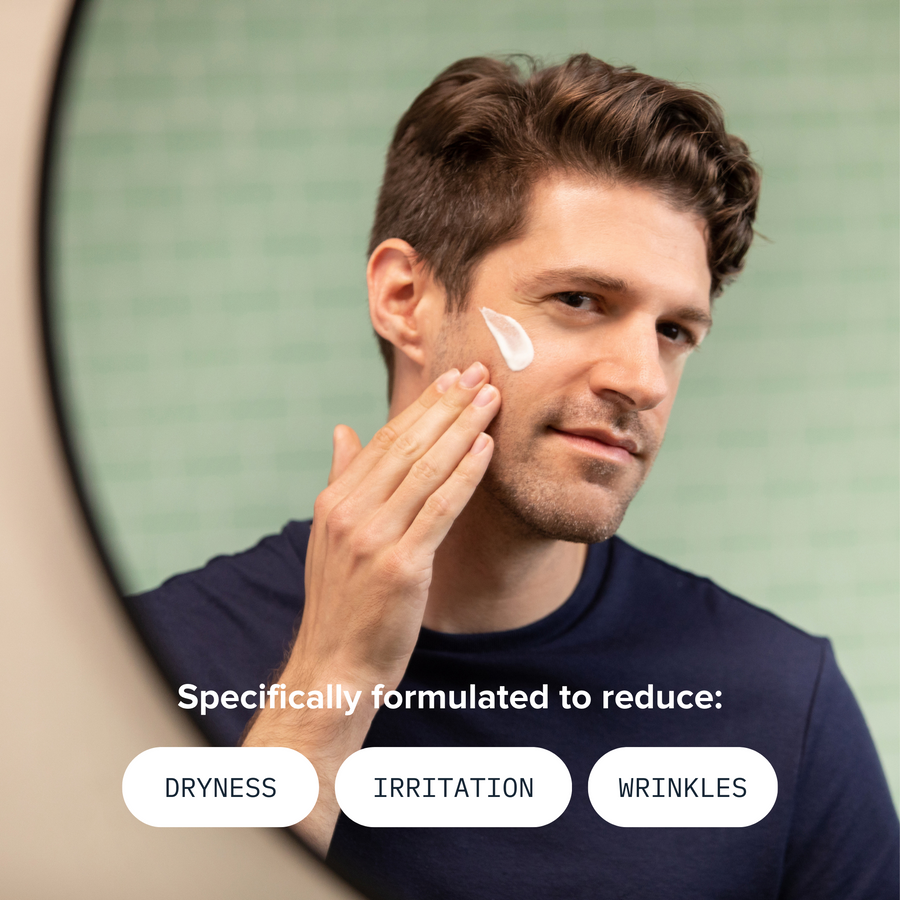
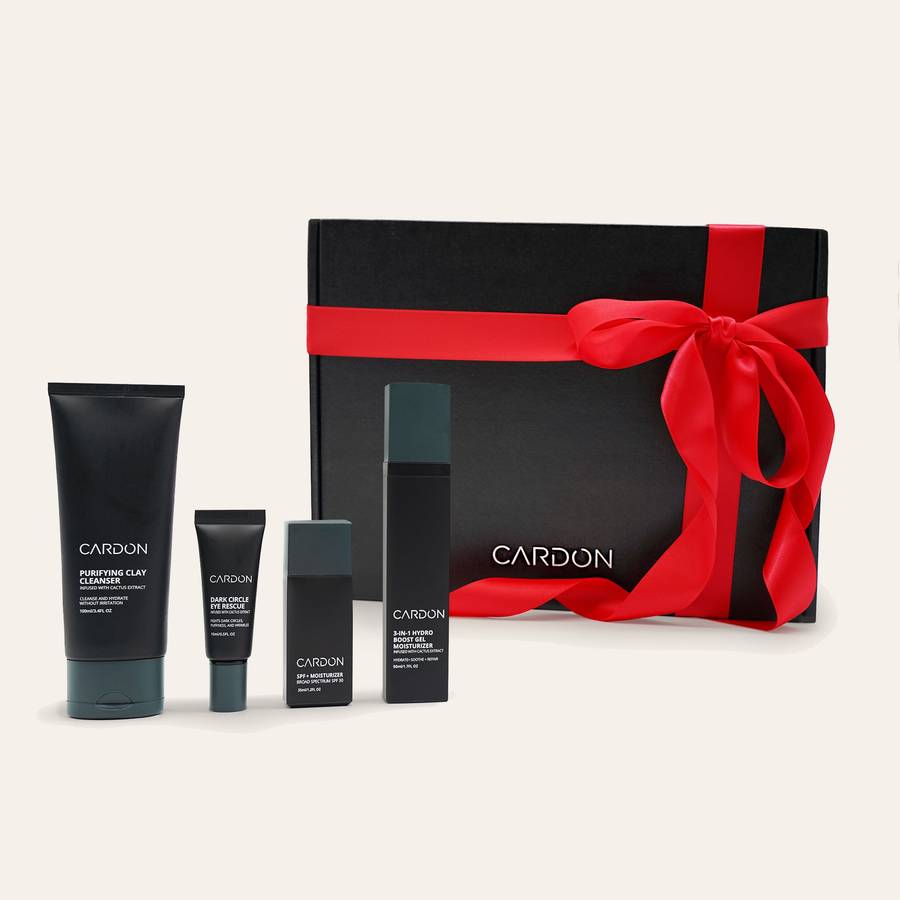
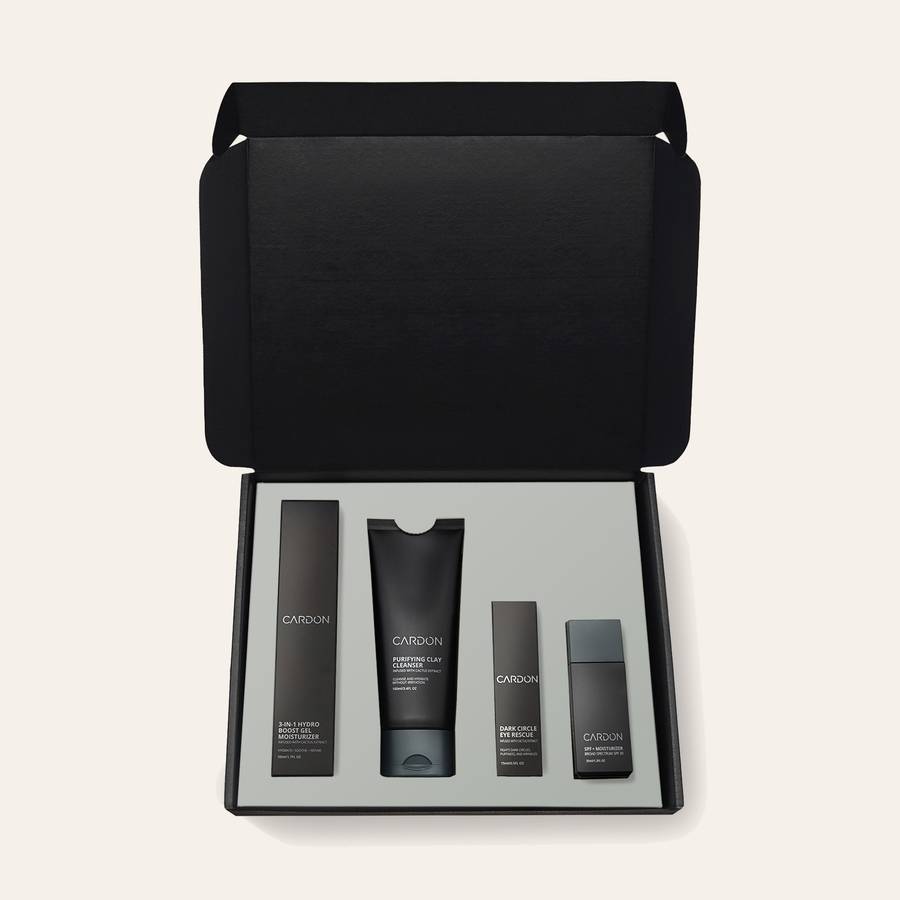
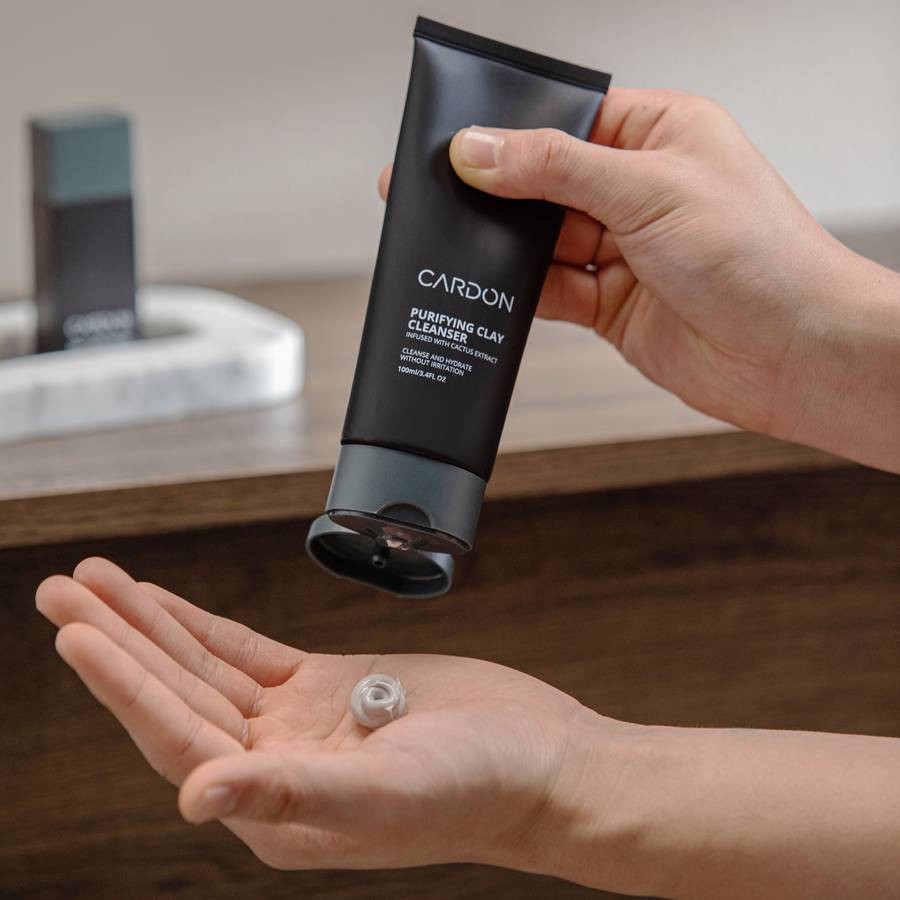
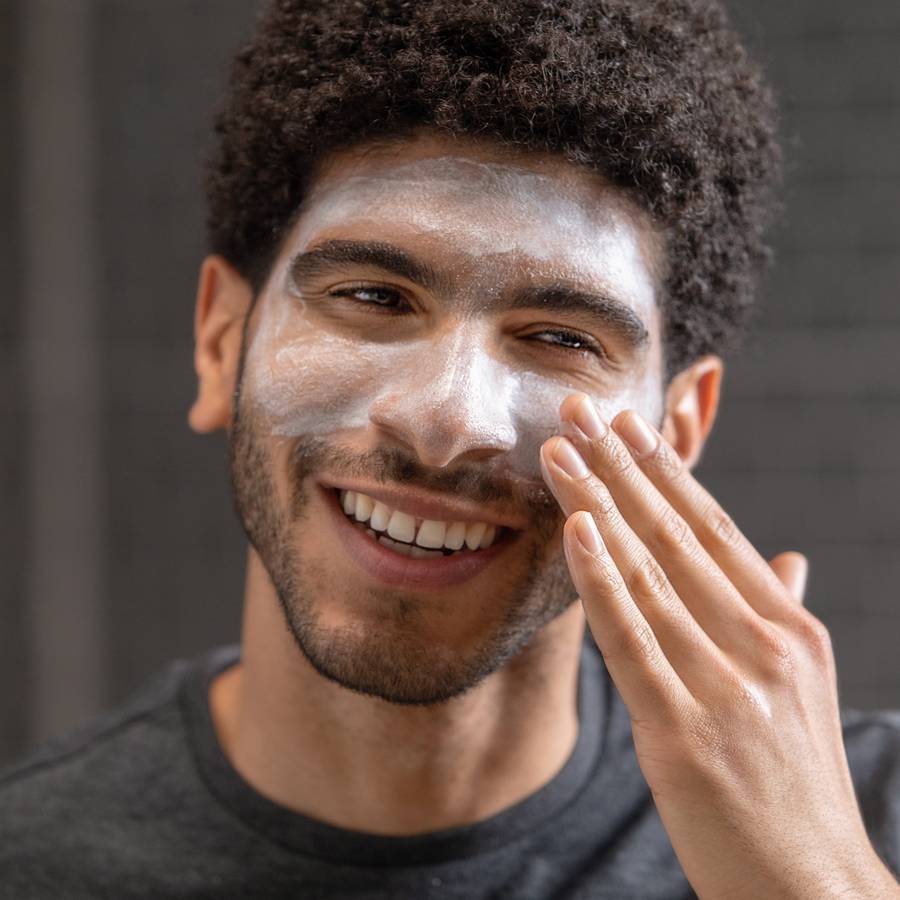
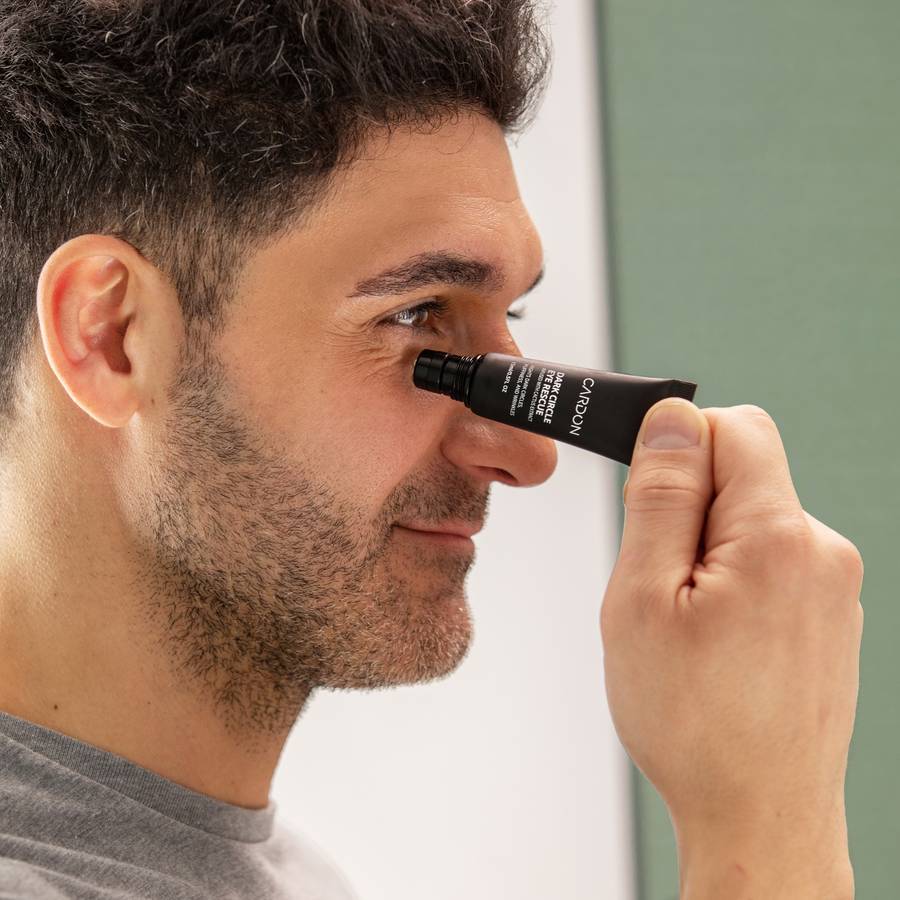
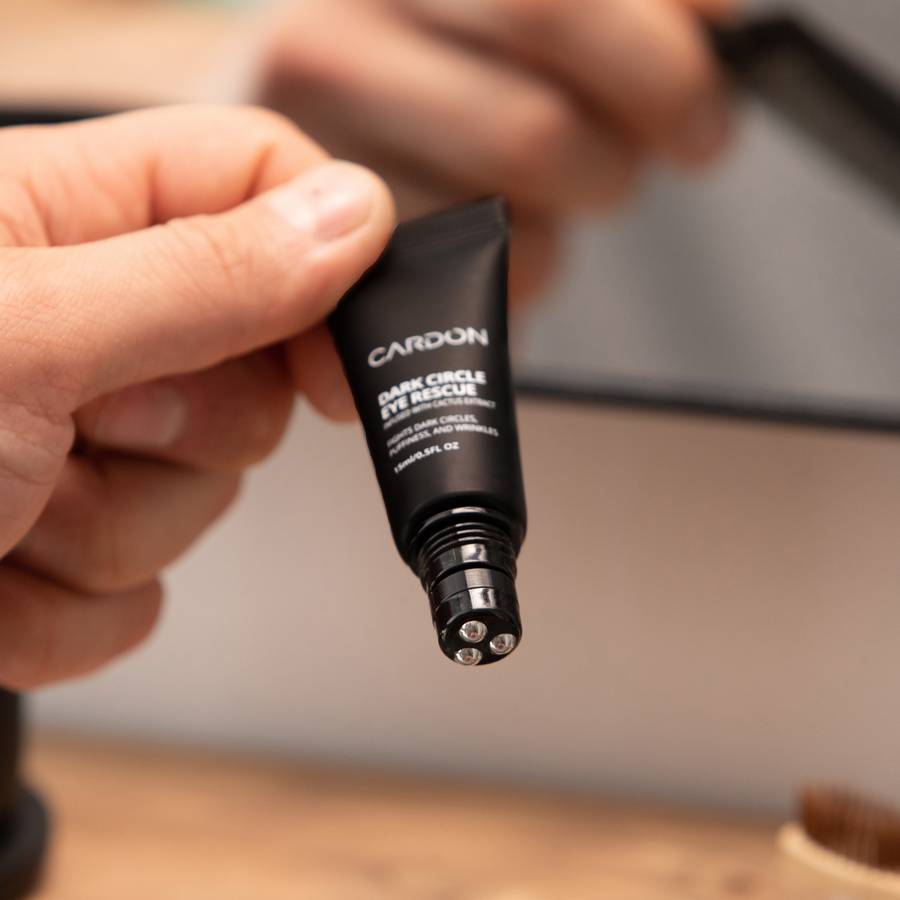
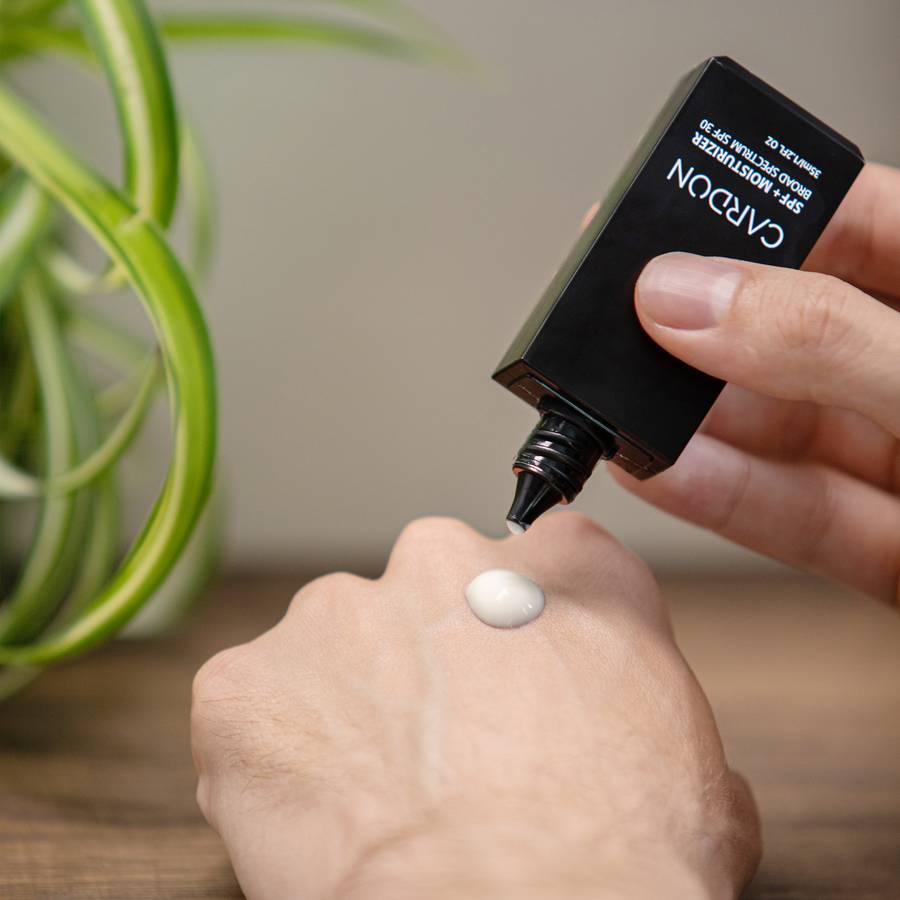
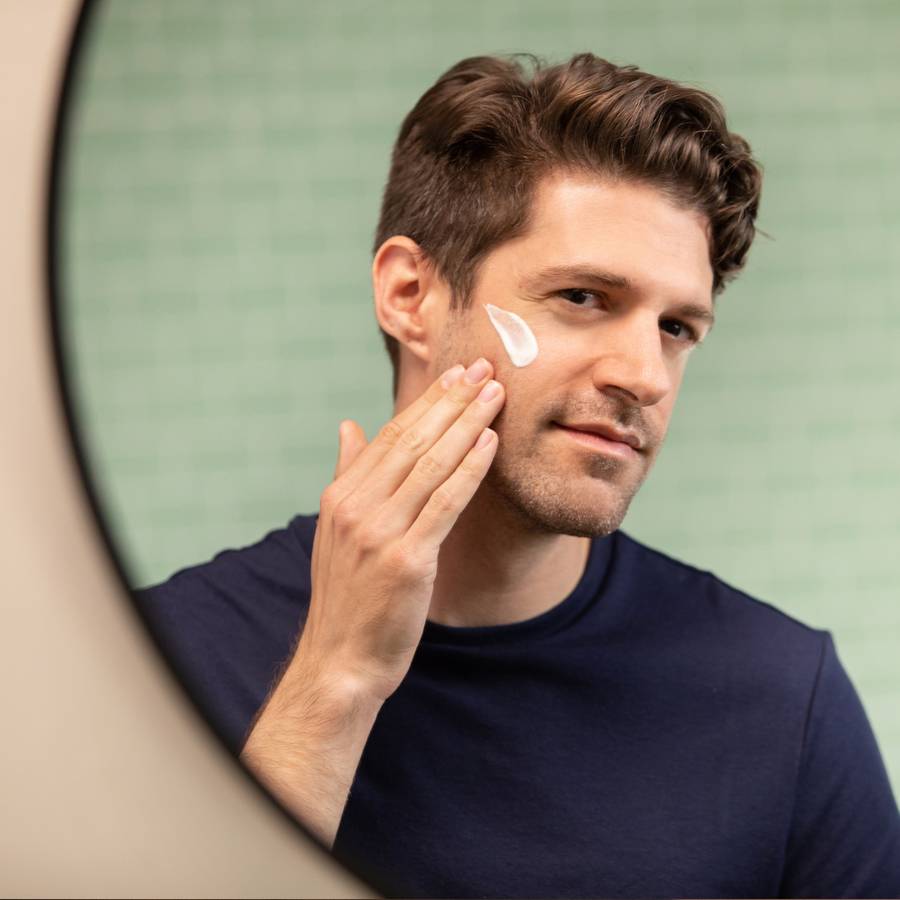
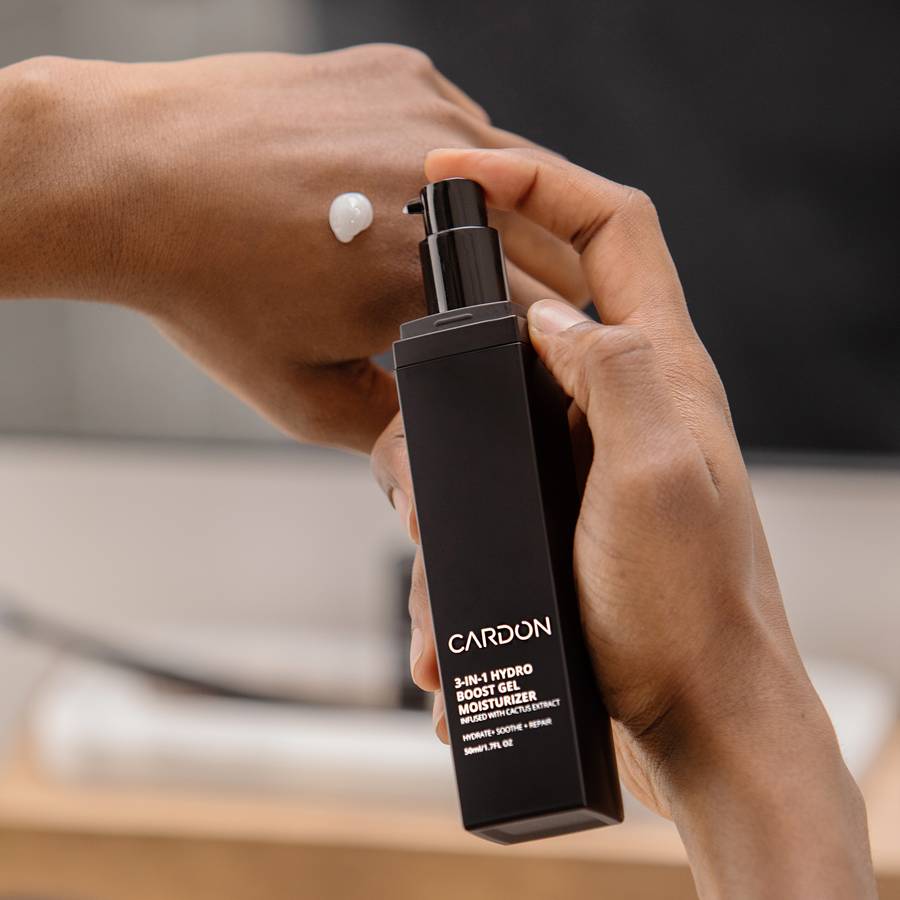
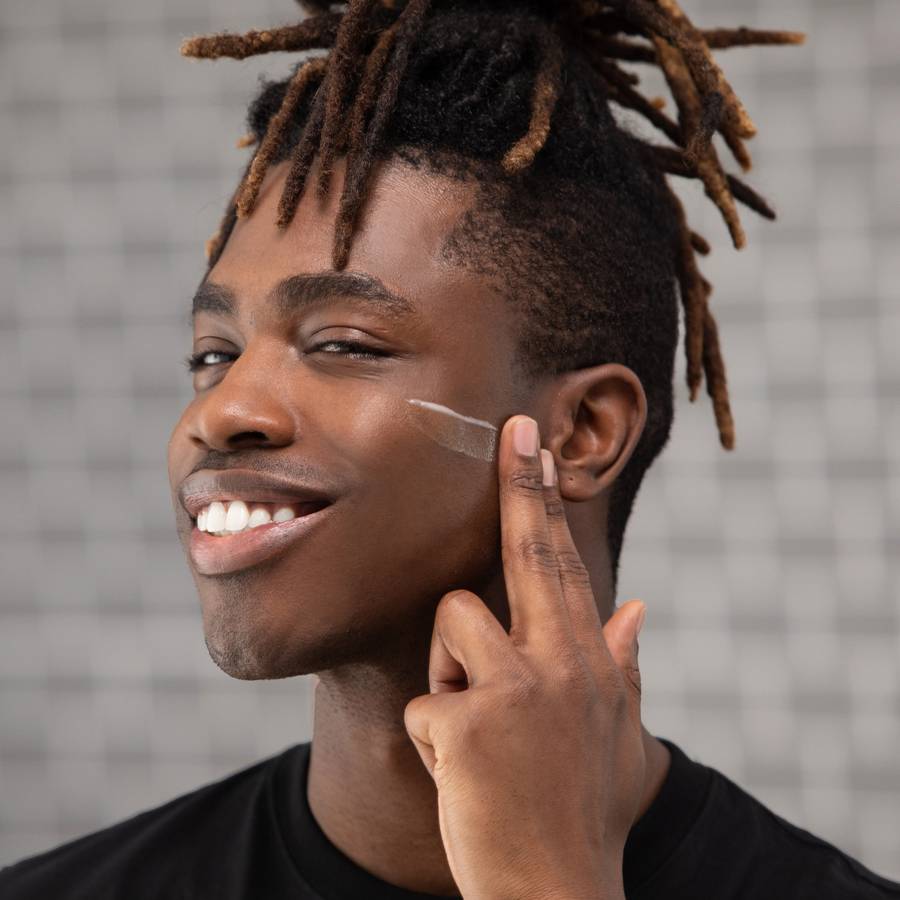
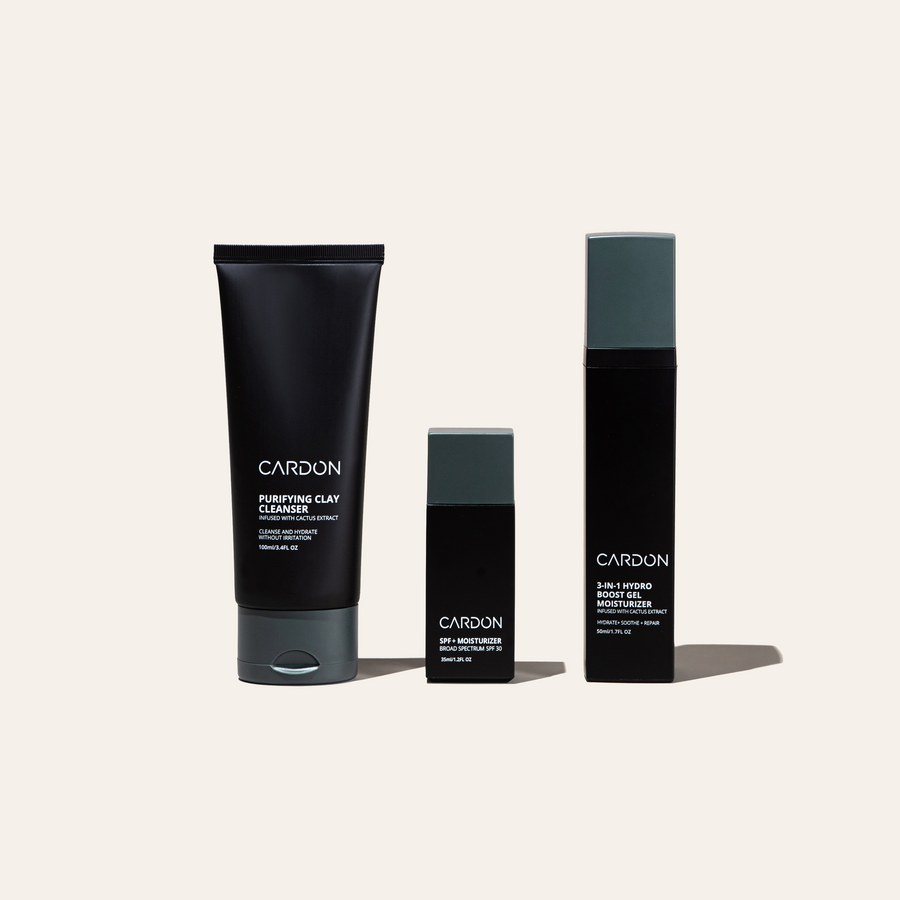
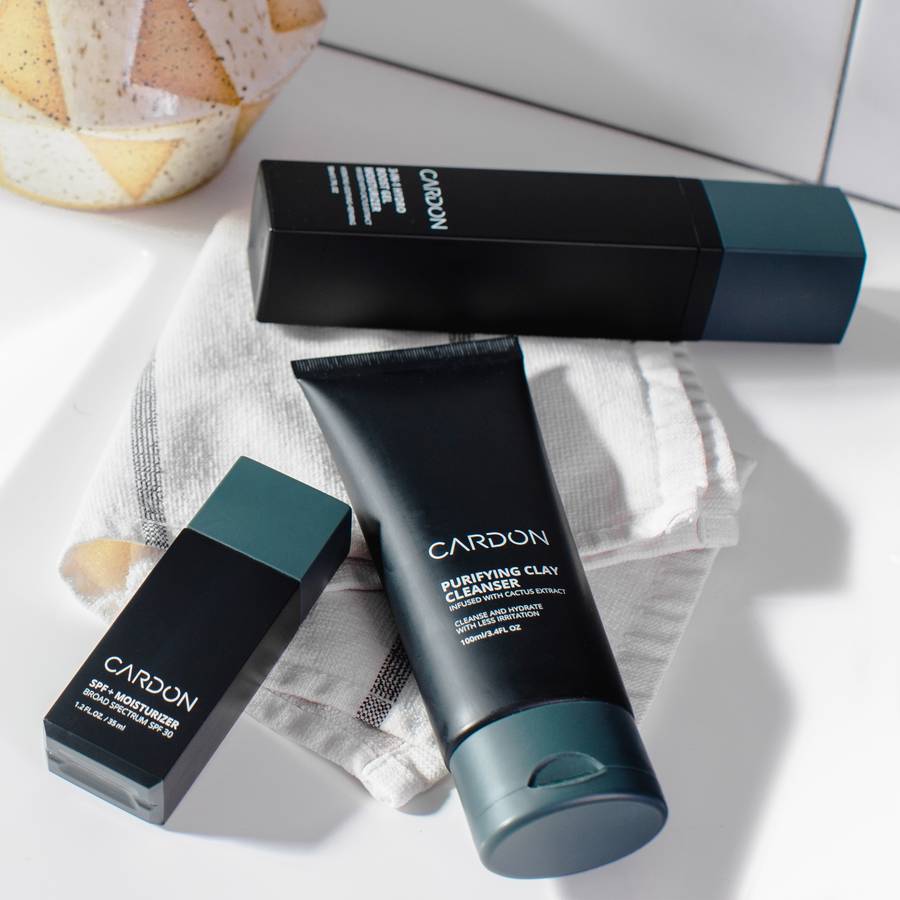
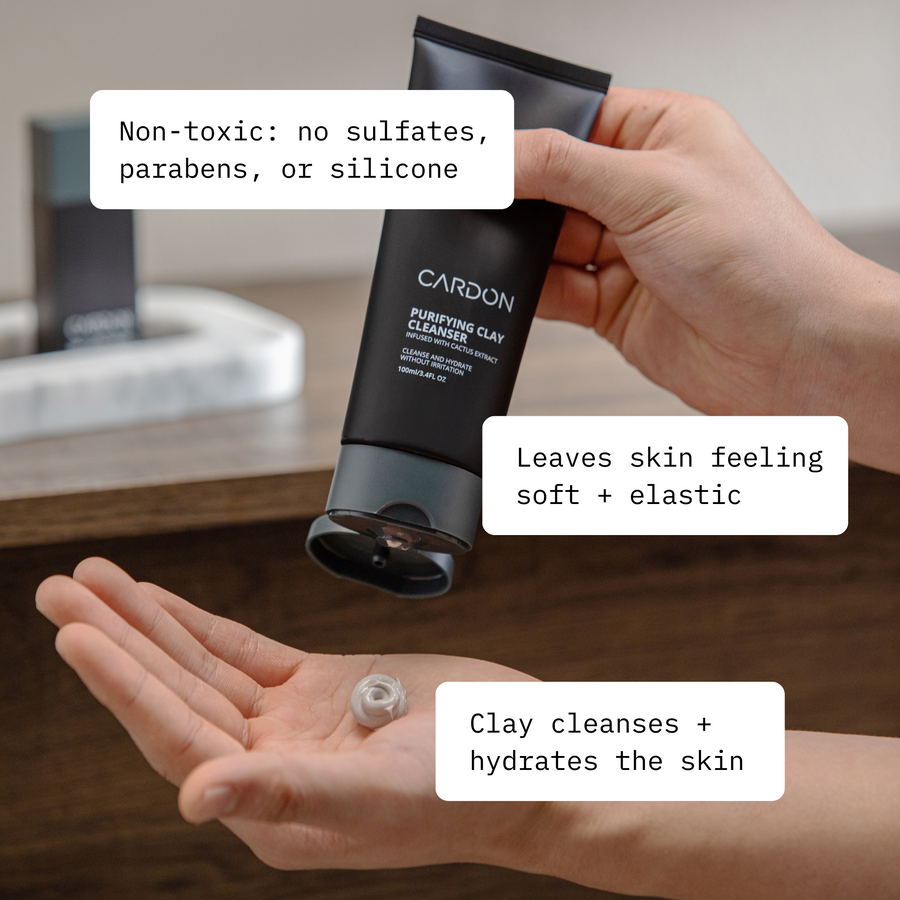
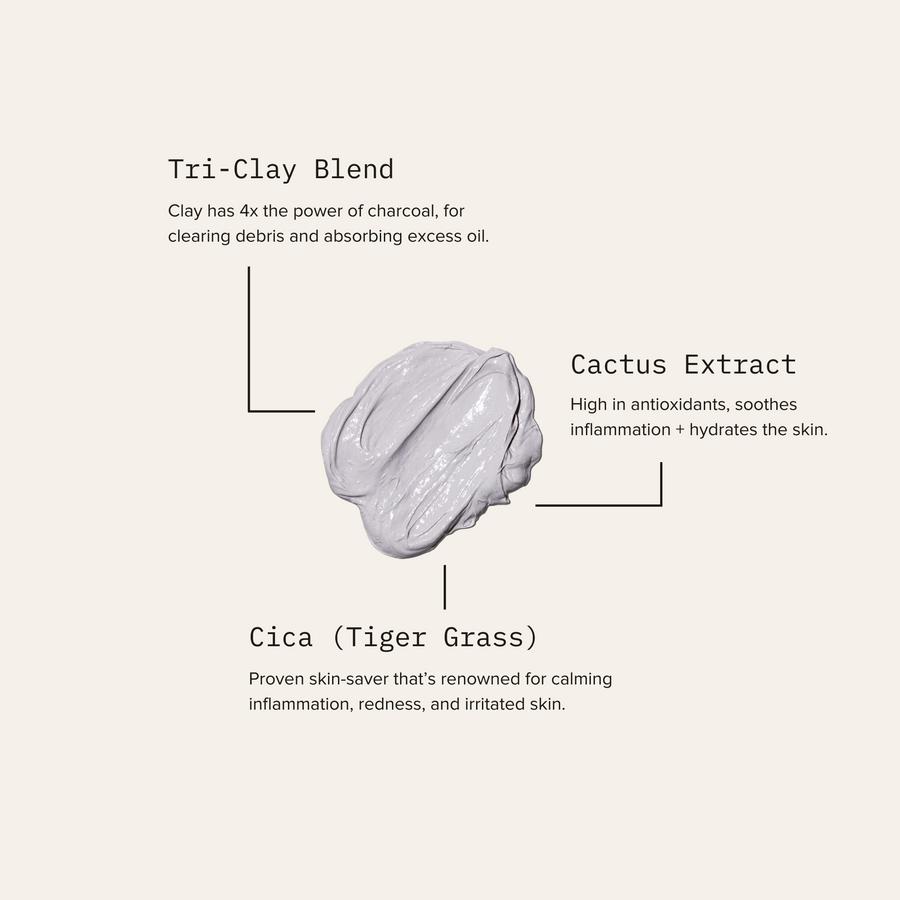
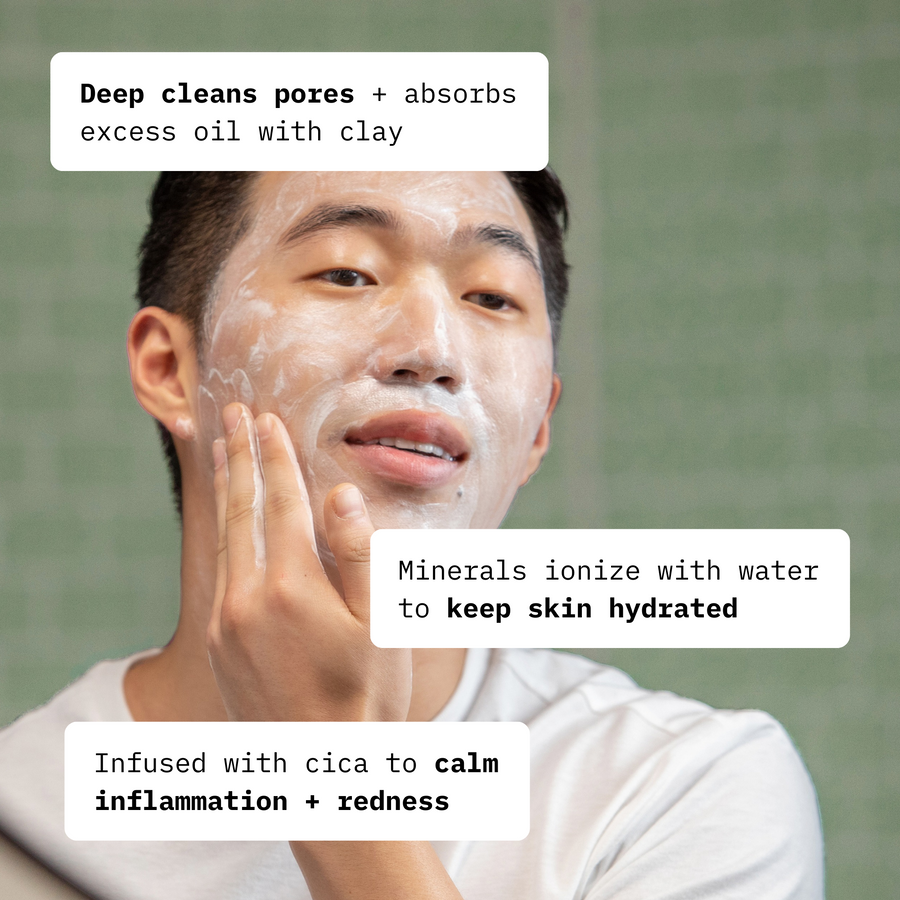

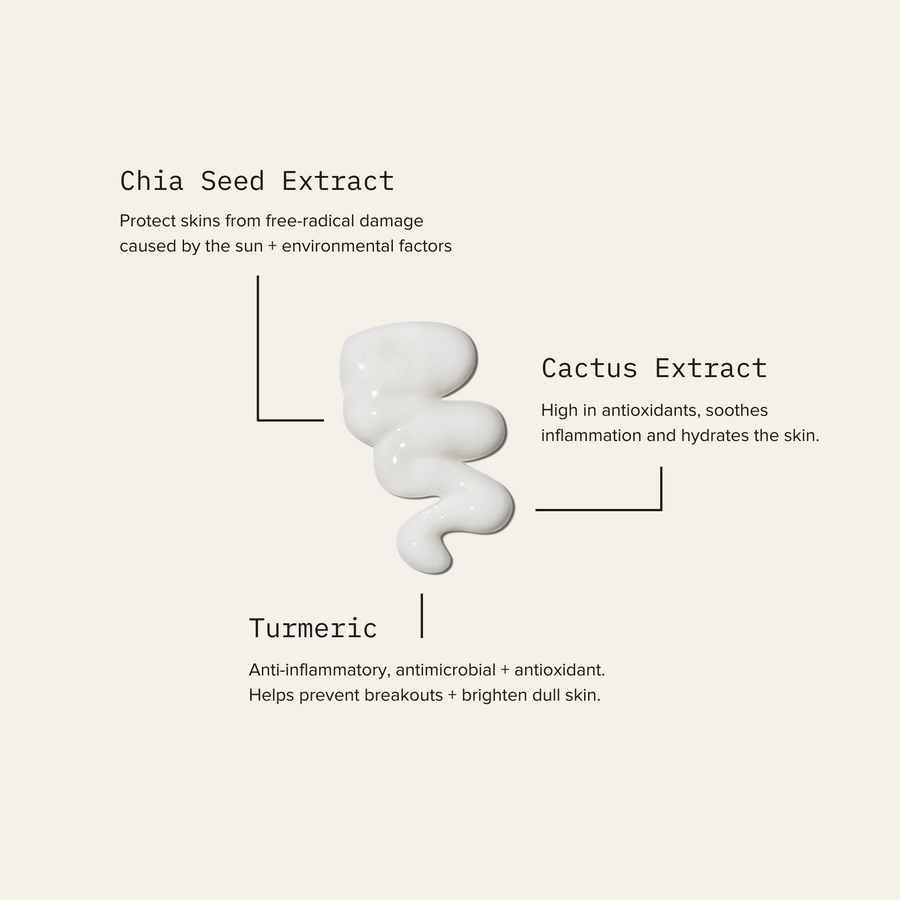
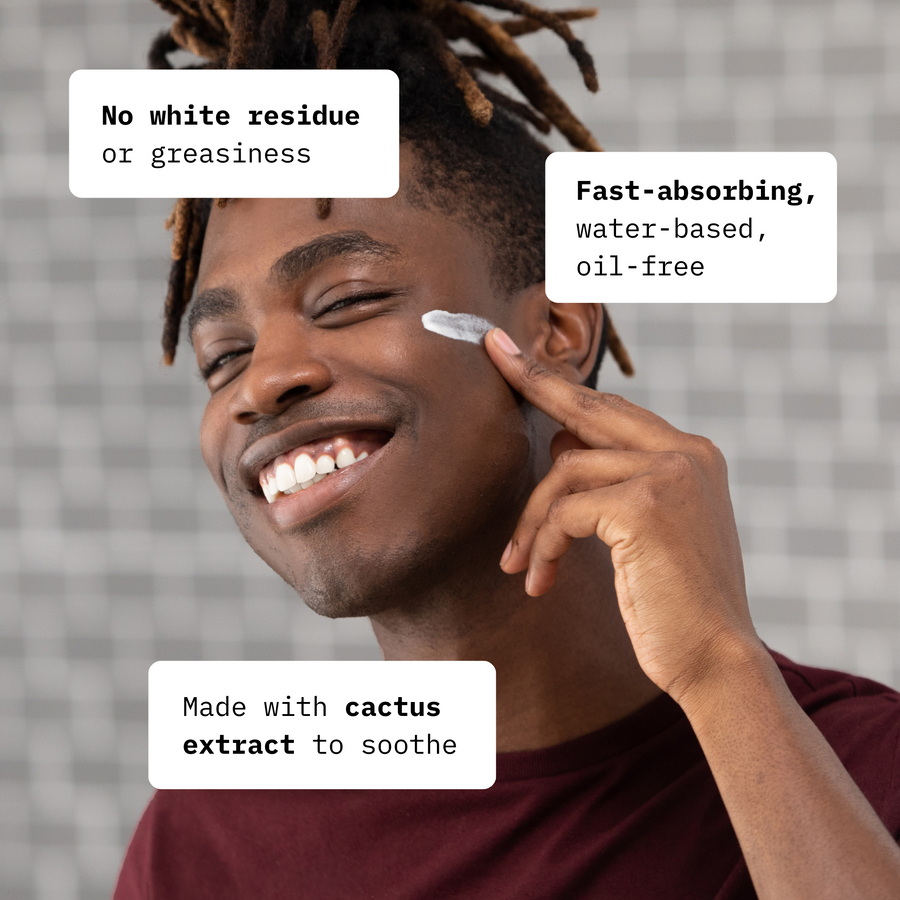
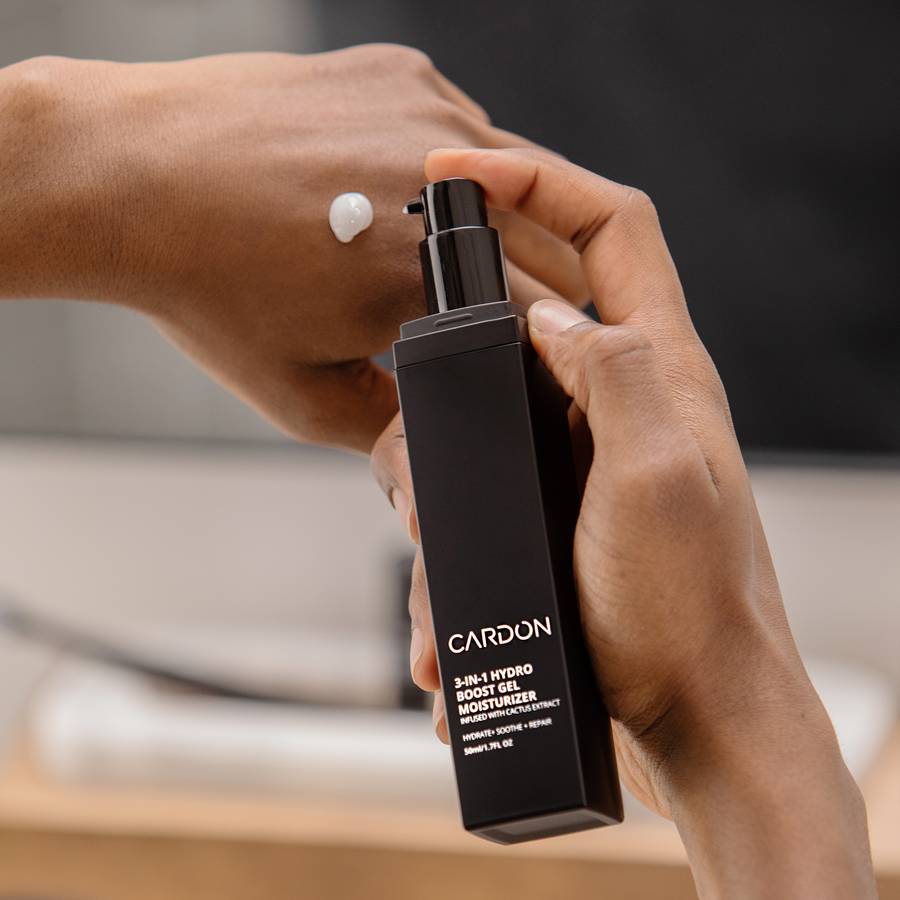
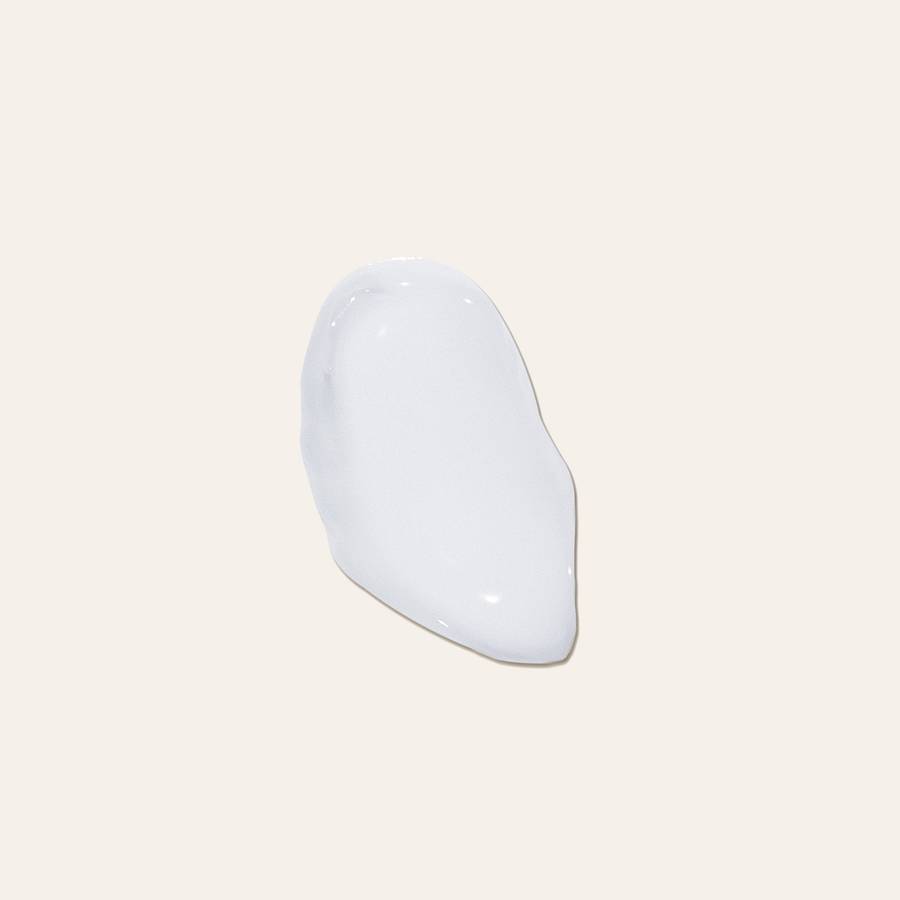
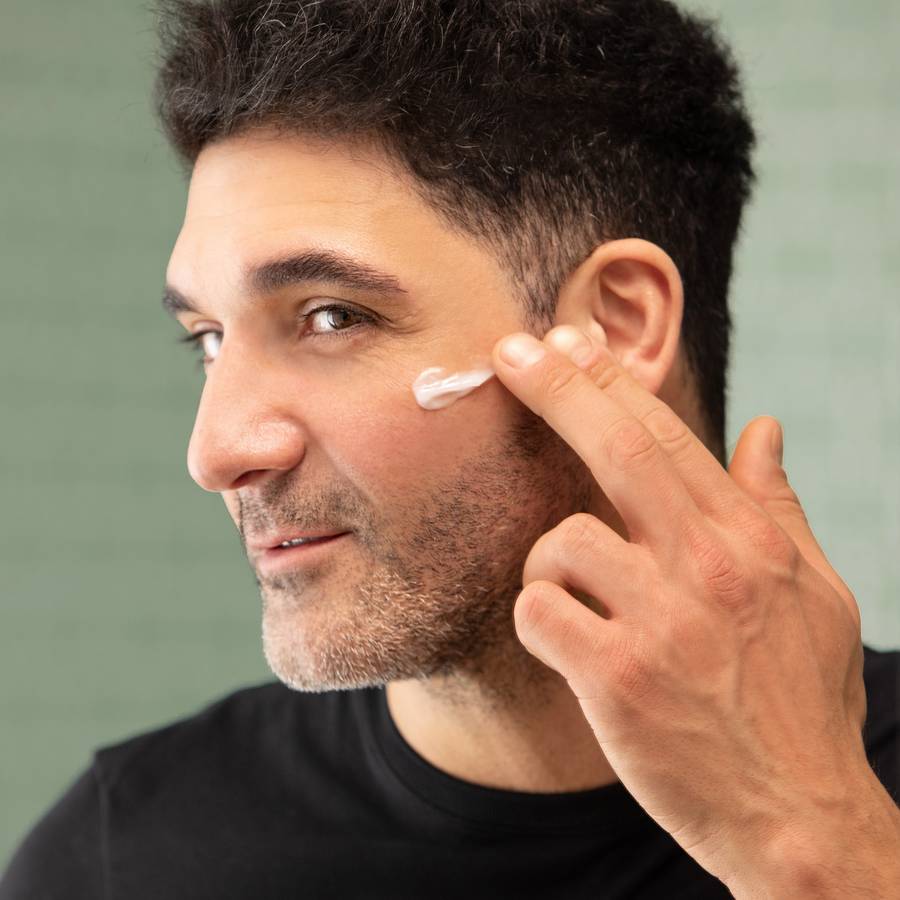
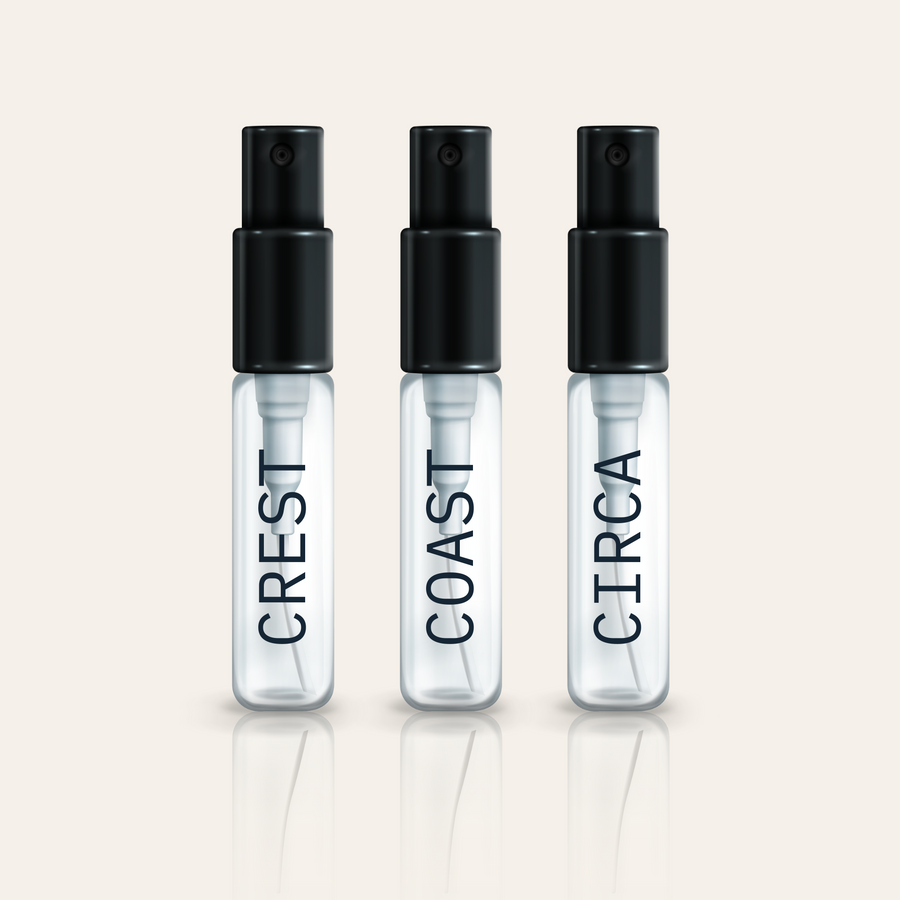
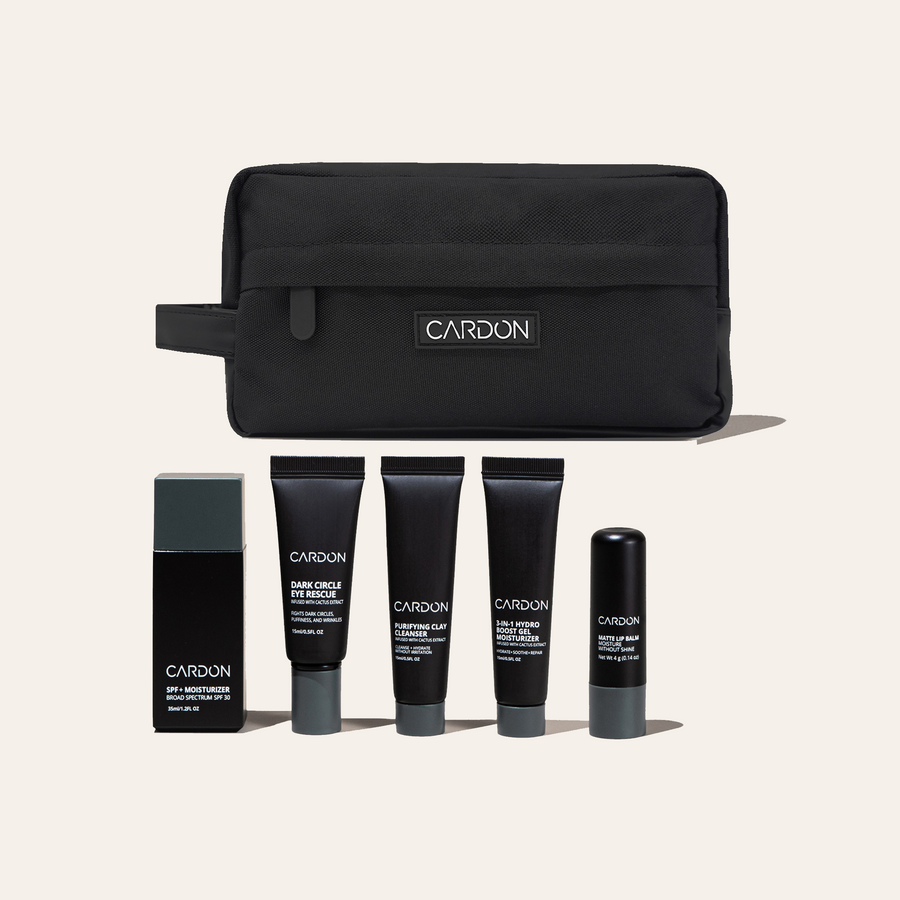
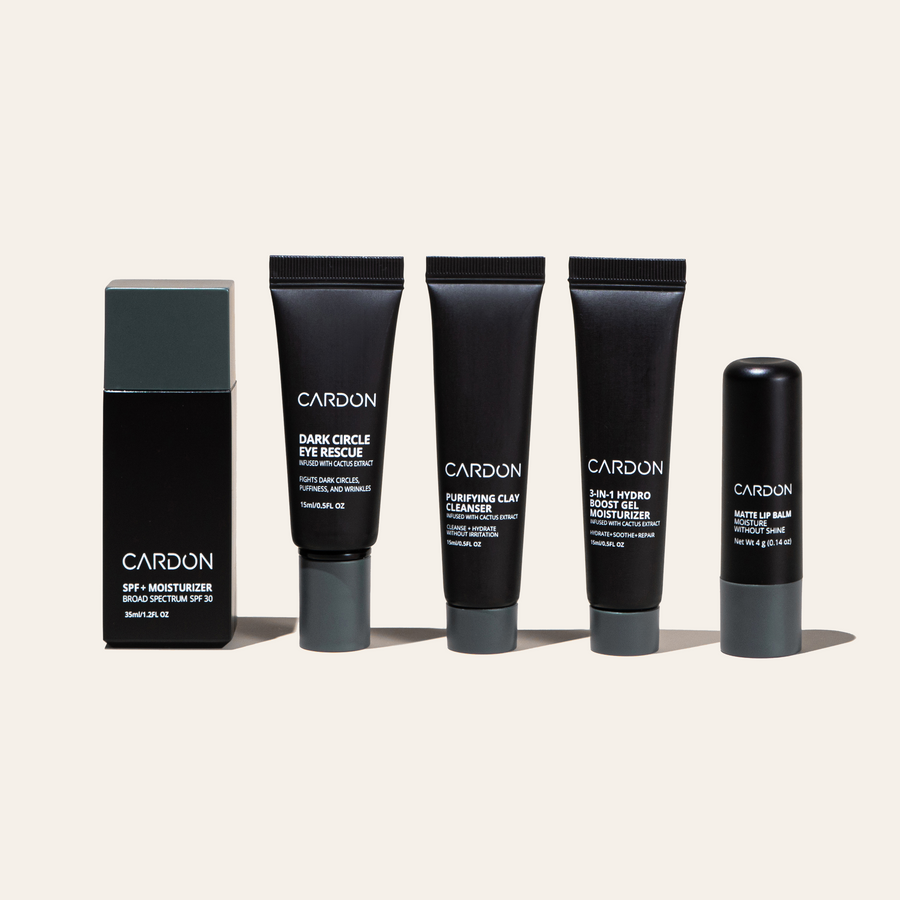
.jpg?v=1660669602636&options=w_900)
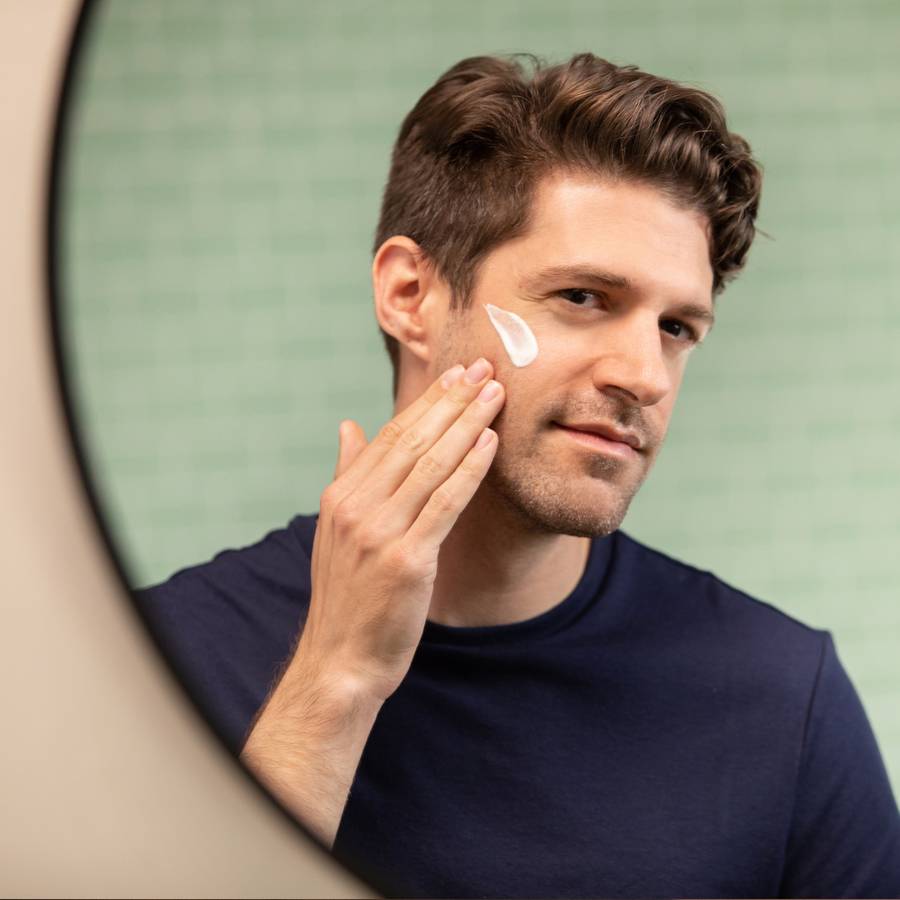
.jpg?v=1660669712802&options=w_900)
.jpg?v=1660669523094&options=w_900)
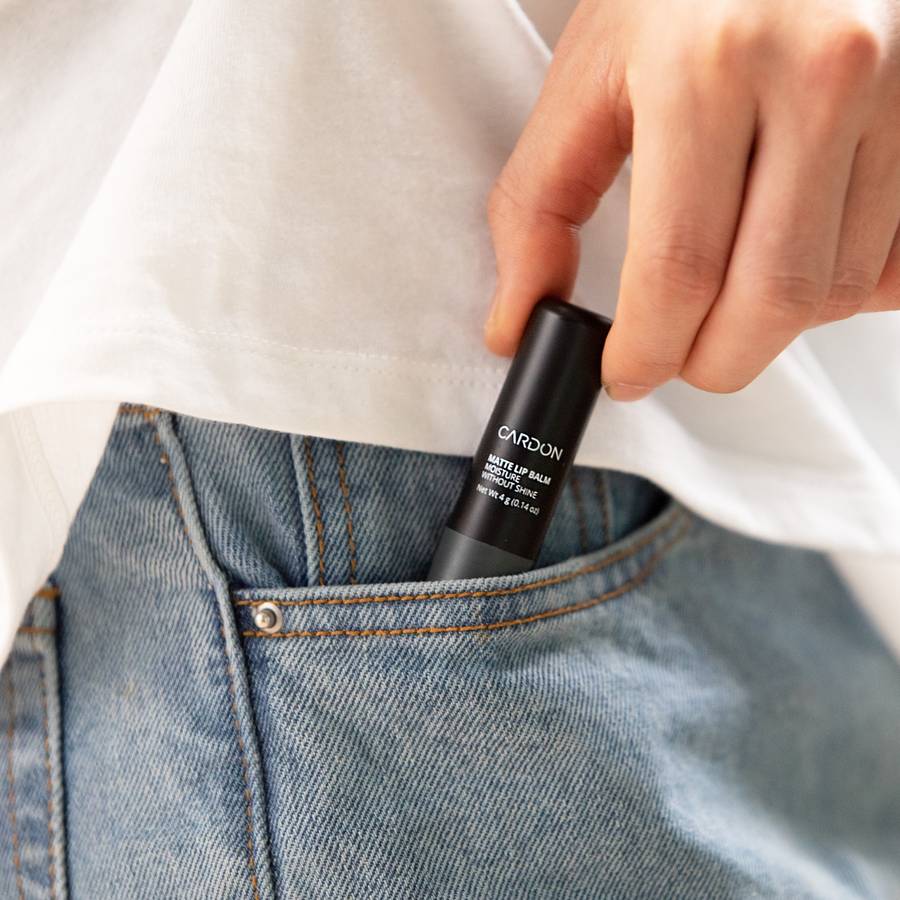
.jpg?v=1660669849450&options=w_900)
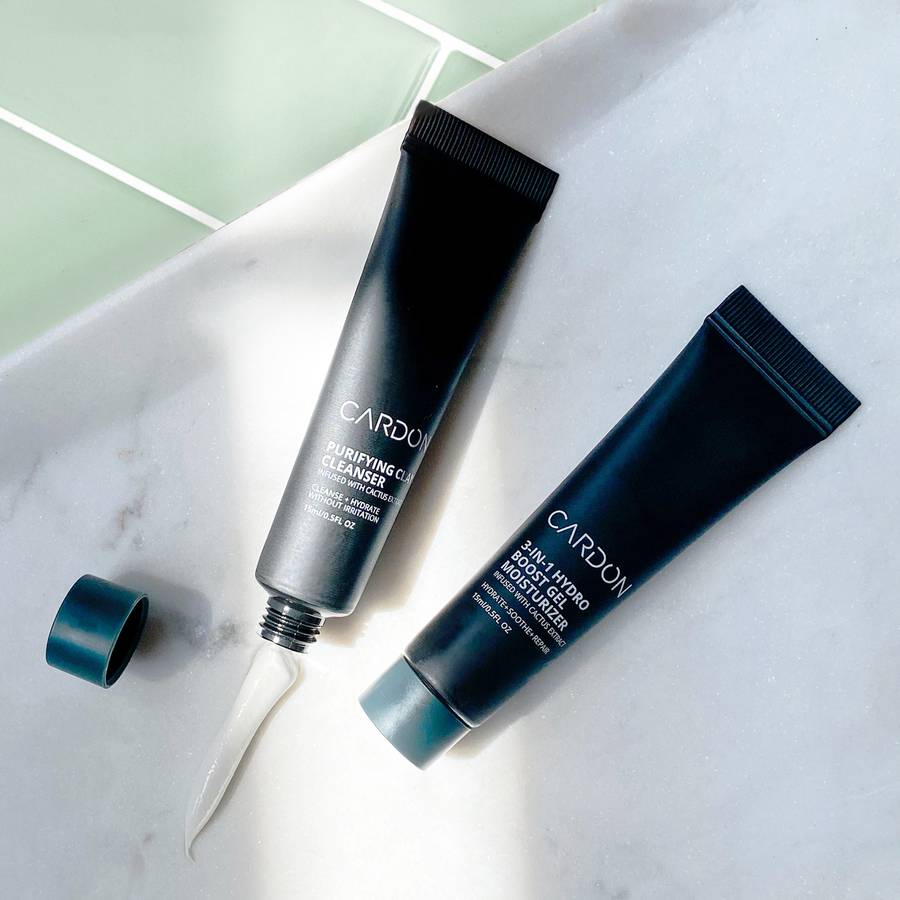
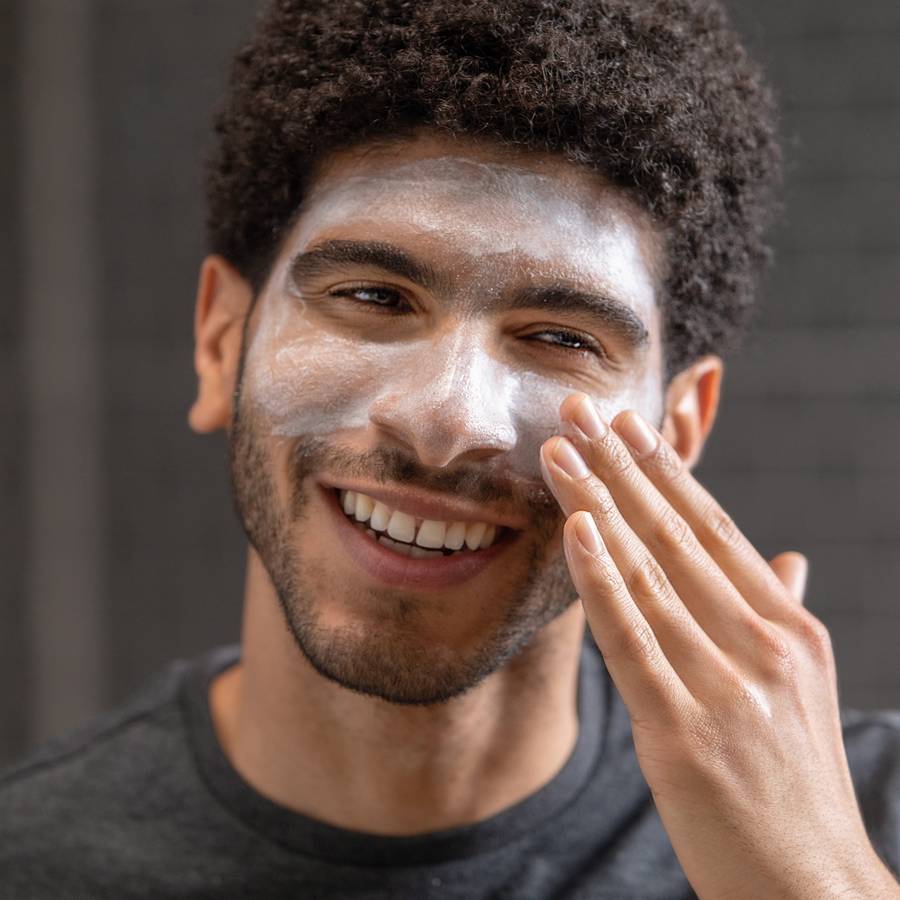
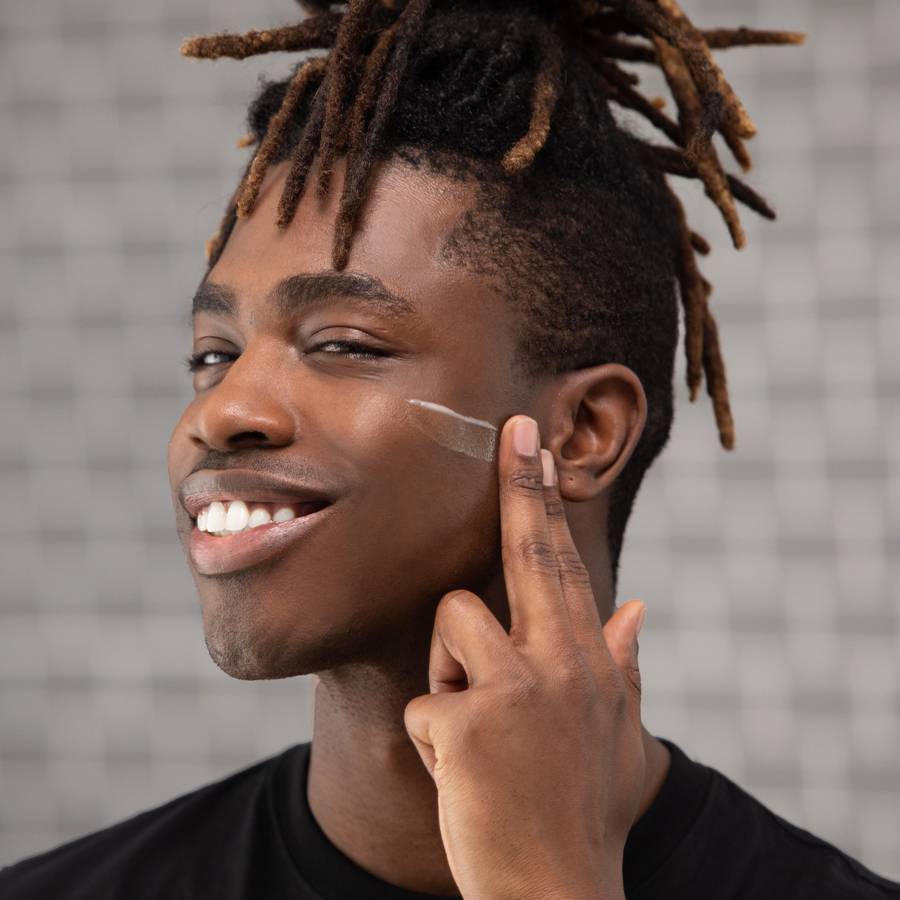
.png?v=1701688884267&options=w_900)
